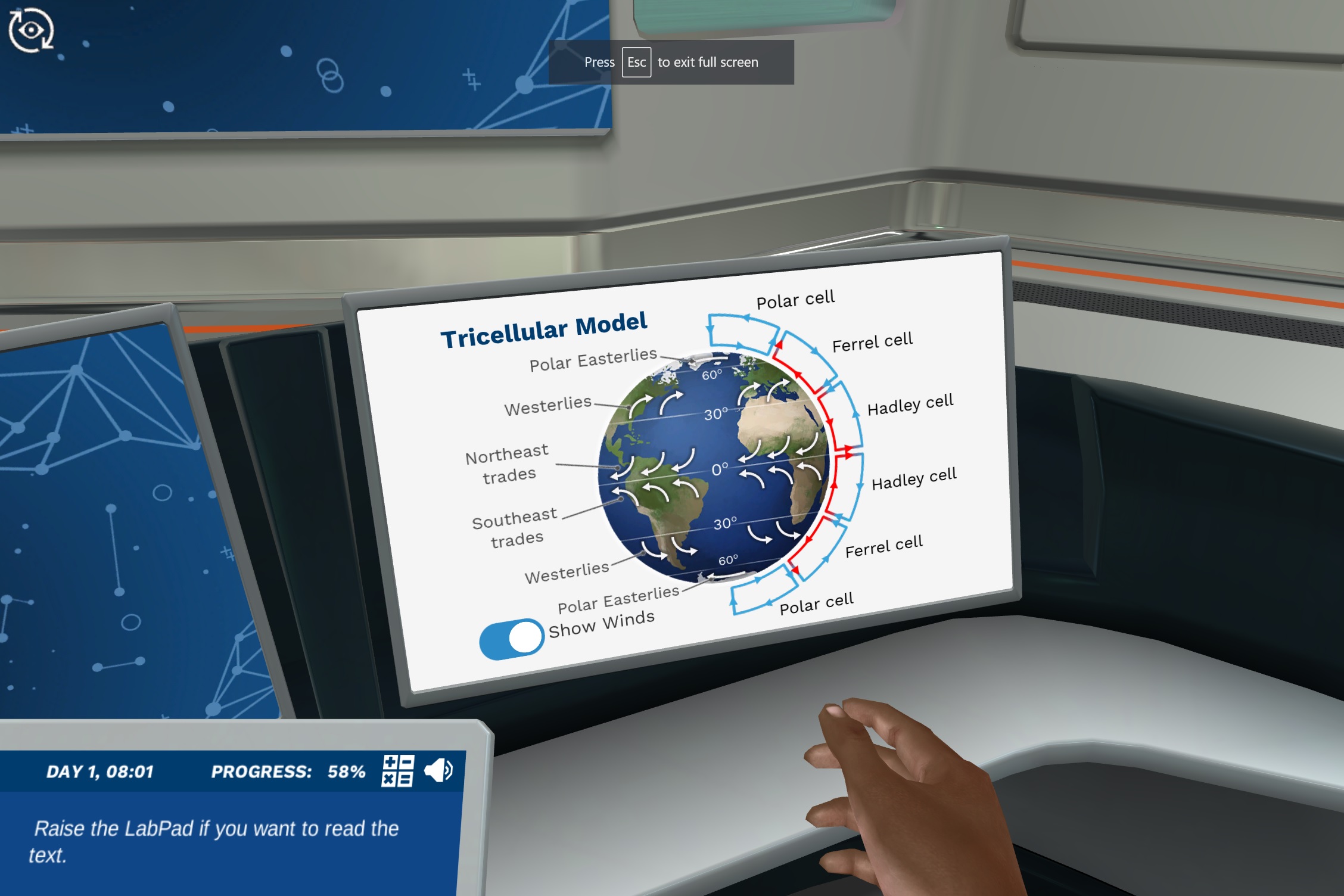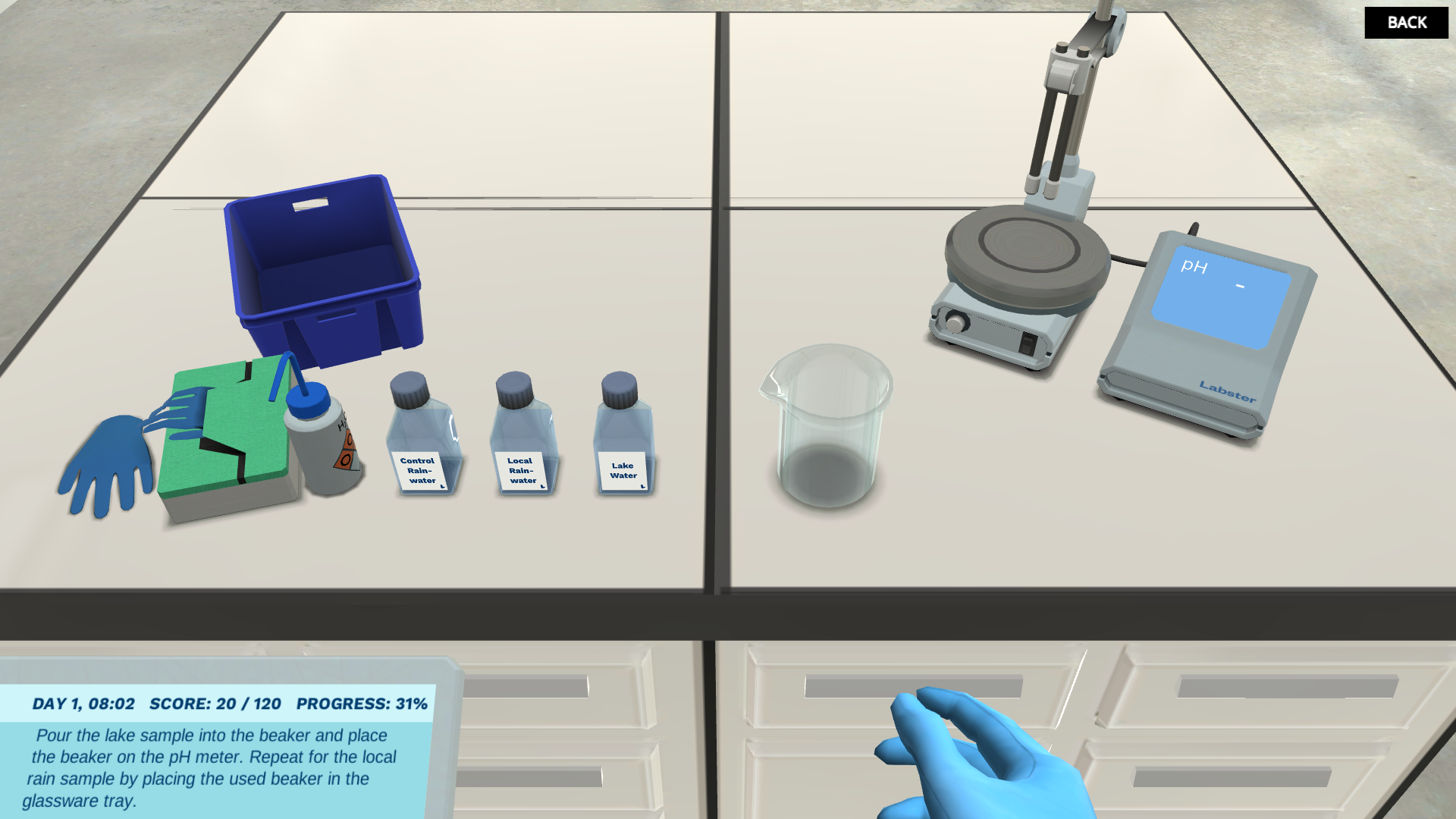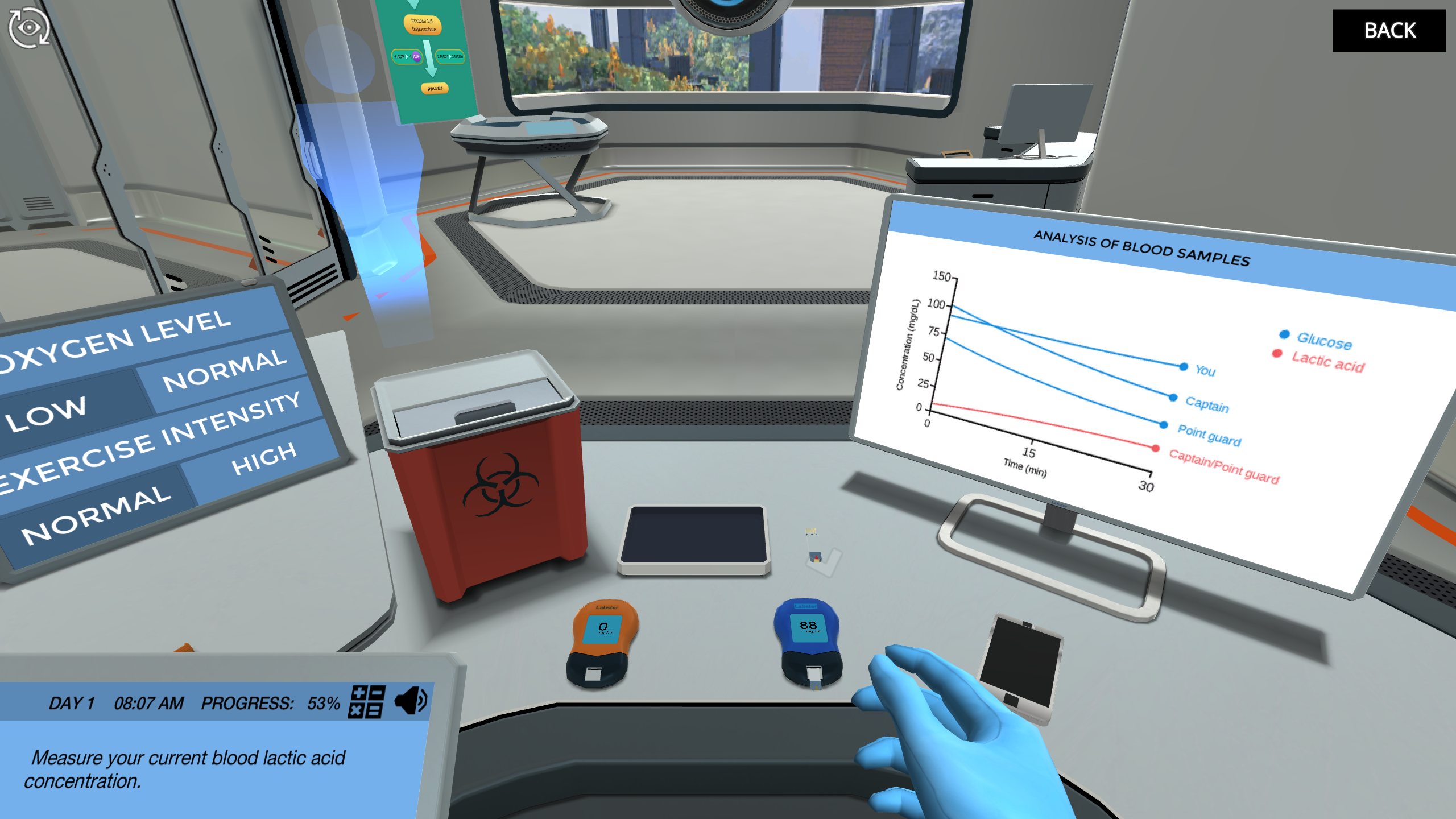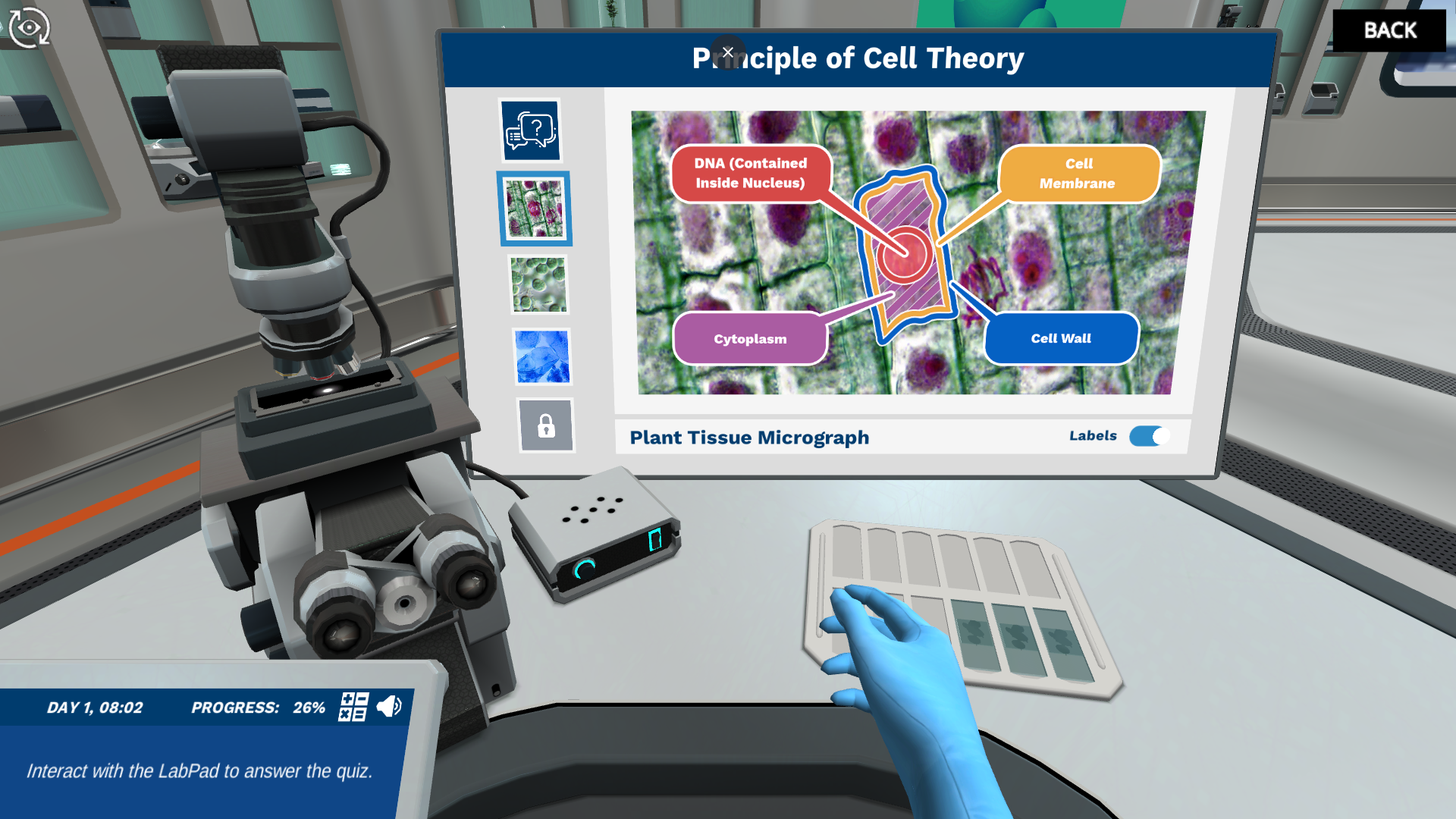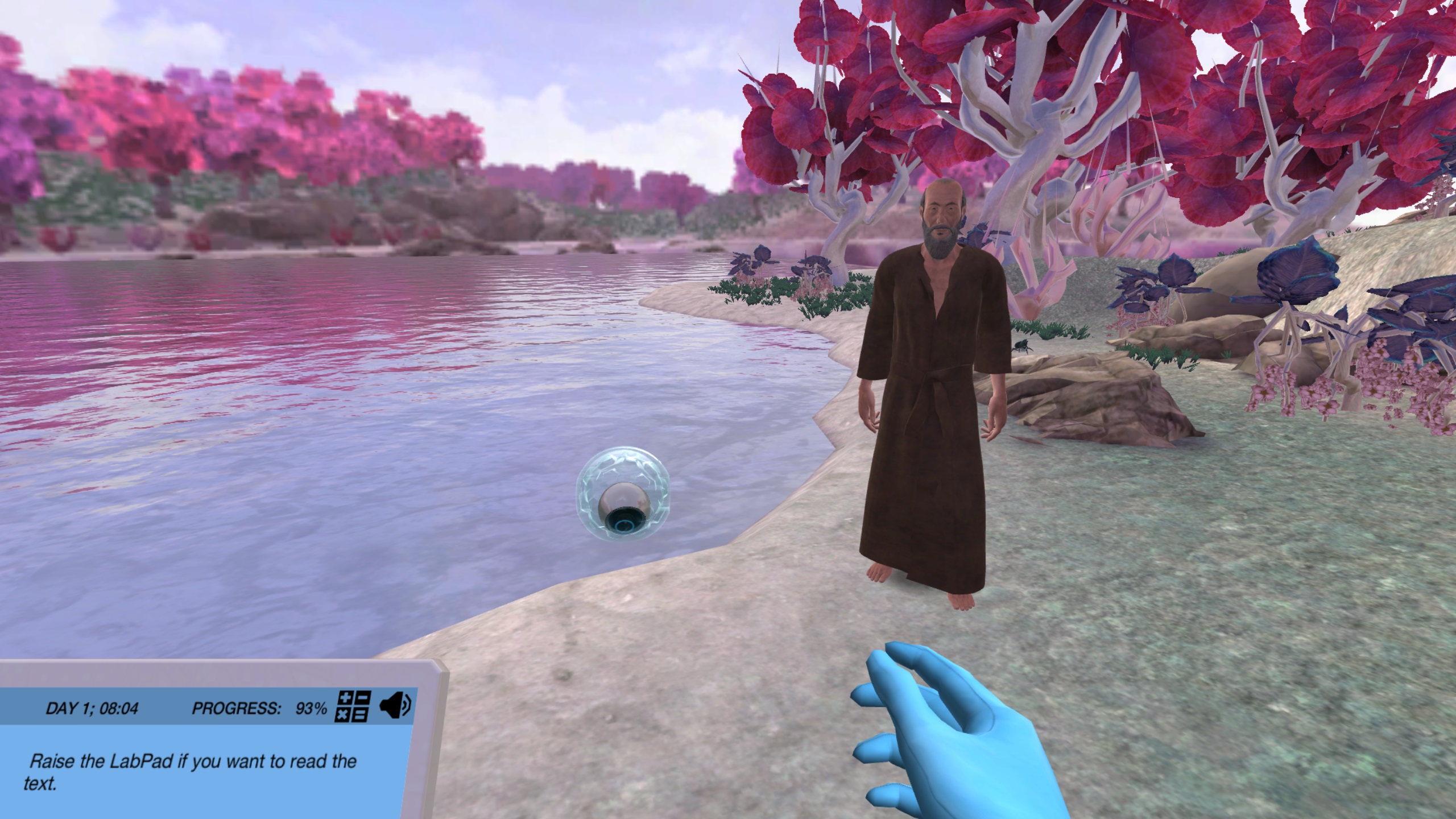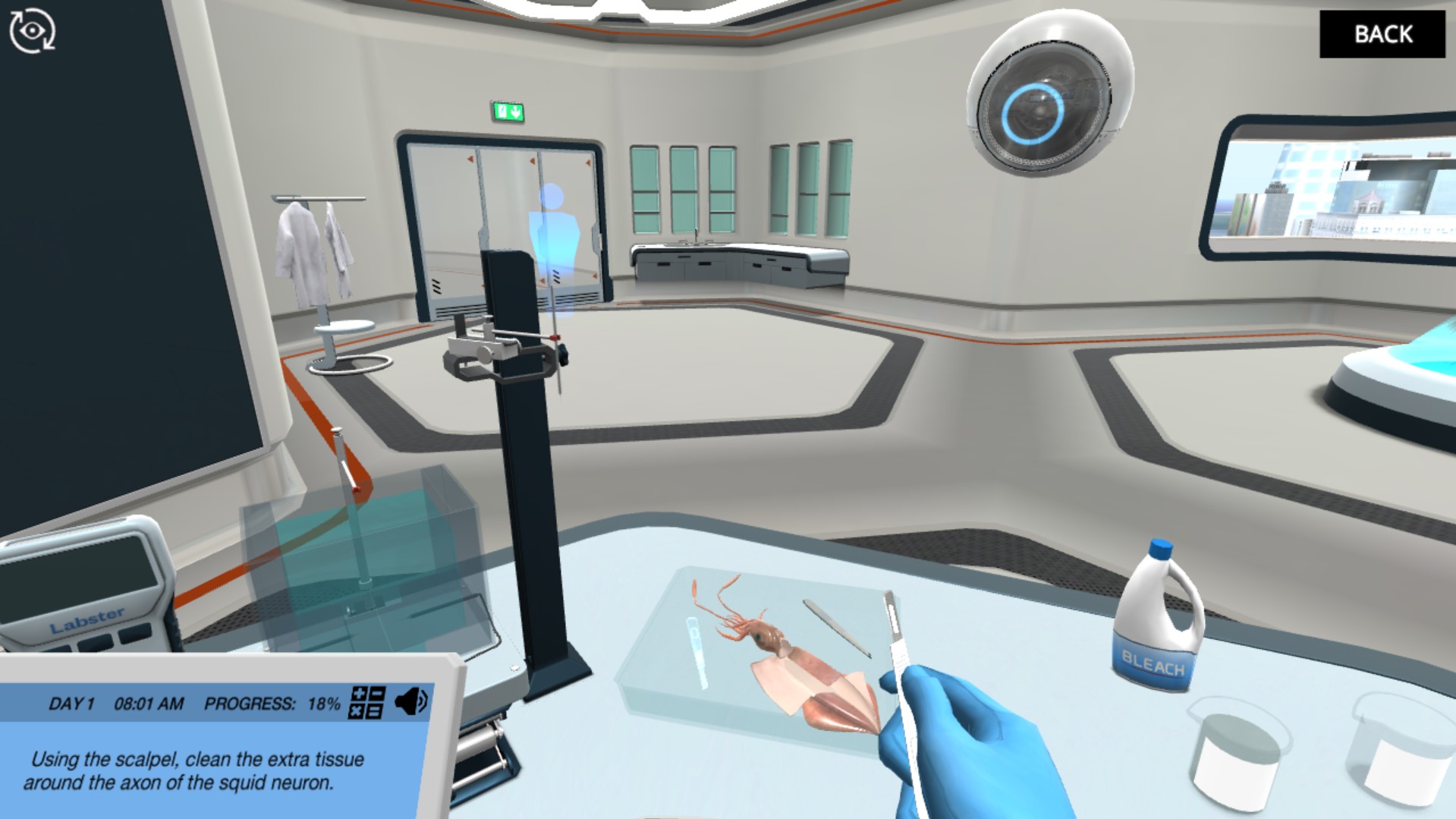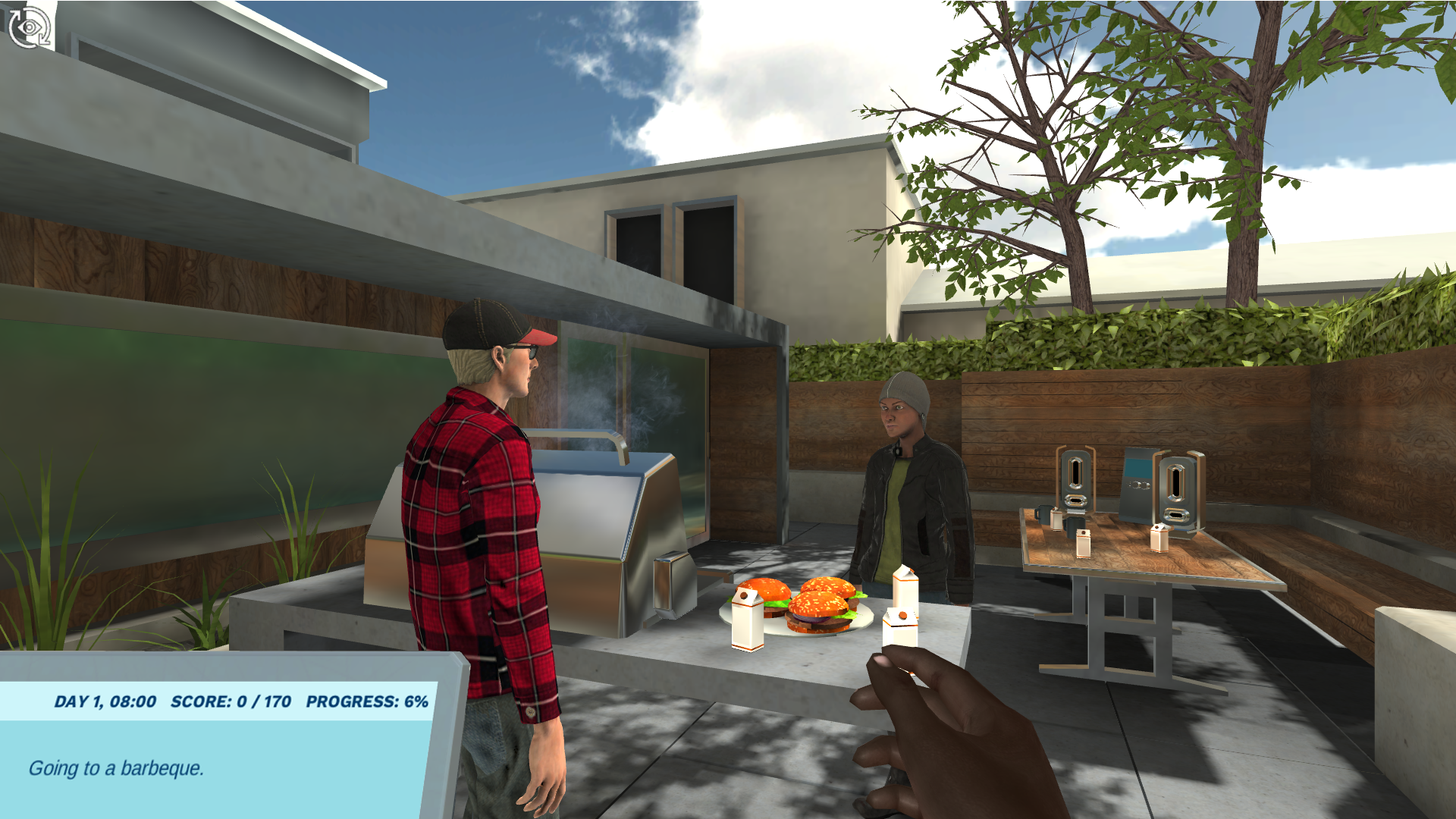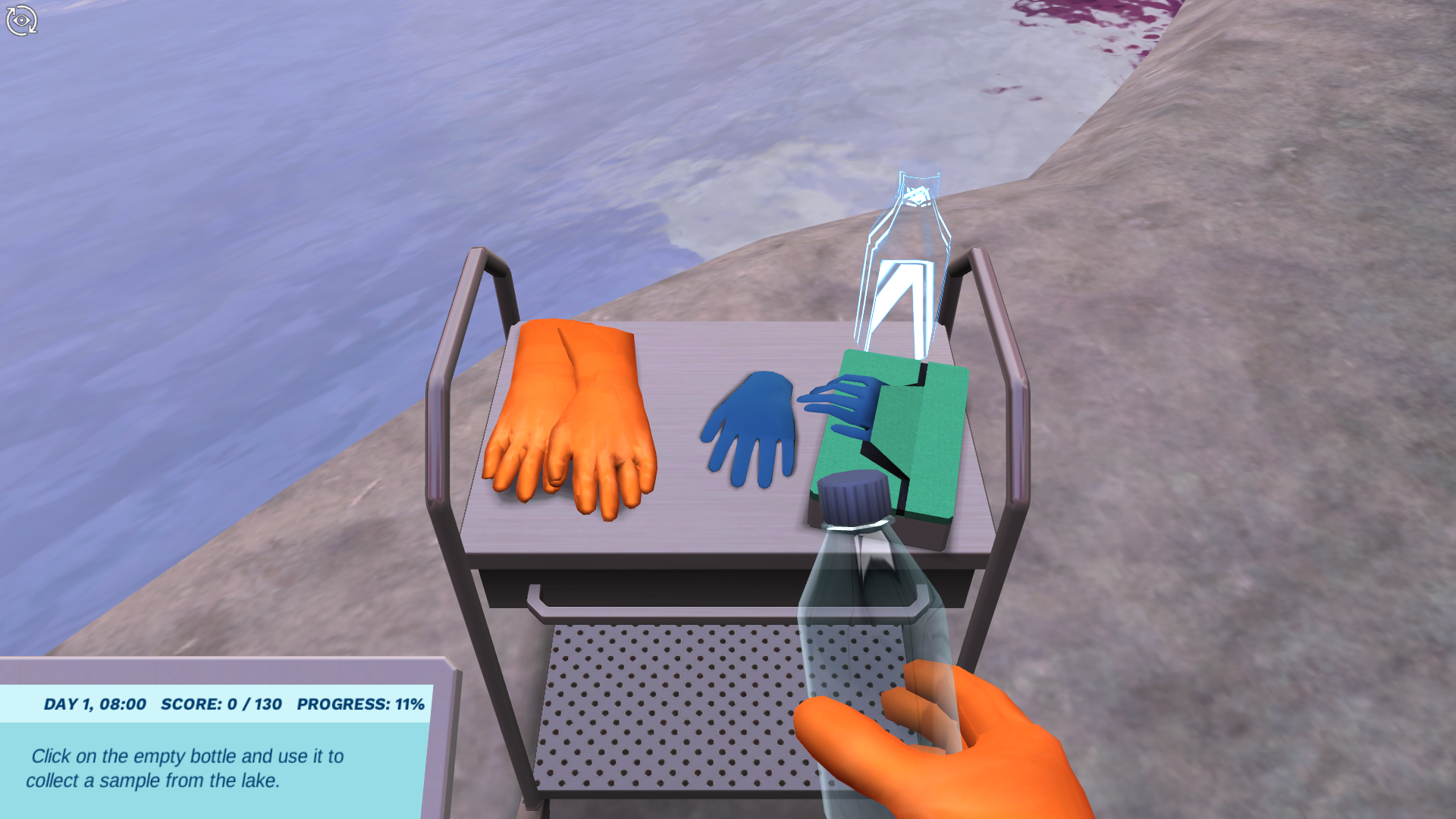Next Generation Science Standards (NGSS)
Collection Simulations
Wave Model of Light (Principles): Use reflection and refraction to take photos
Visit Antarctica to take the perfect picture of a penguin! You will get help from Albert Einstein, who will teach you how reflection and refraction of light affect the photos you take among the snow and ice.
Viral Gene Therapy: Use DNA to prevent heart failure
Take advantage of the recent exciting research findings in the field, and try to develop a potential cure for heart failure. Will you be able to design a virus to help revert heart failure in patients?
Solution Preparation: From salt to solution
Join your fantastic lab guide Dr. One in preparing a tricky aqueous solution of ammonium chloride using an analytical balance, which your colleagues need for an important analysis.
The Bromine Test For Unsaturated Bonds: An essential in the chemist’s toolbelt!
Assist Chemical engineers in crisis as you help them use the correct chemicals in their reactions. Discover the reactions of bromine and unsaturated bonds and put this to use by conducting the bromine test.
States of Matter
Dive into water at the molecular level to learn about the behavior of the molecules in the three different states of matter: solid, liquid and gas. Learn about the bonding interactions between the molecules during different phase transitions.
Properties of Water
Water is essential for life, but how much do you know about how it works? In this simulation, you will build a water molecule, and figure out why it behaves the way it does. Are you ready to make a splash?
Physical and Chemical Properties: Escape the lab!
Start your chemistry journey! Discover and classify physical and chemical properties in order to escape the desolate environment you’ve been stranded on. Find out what metals are acid proof before you find out if you are!
Simple Distillation: Recycle waste from biodiesel production
Use the technique of simple distillation to help your colony on Mars purify the waste generated by the production of biodiesel from algae (water, glycerol, and methanol).
Signal Transduction: How cells communicate
Investigate the connection between blood vessel growth and cancer development, and use this knowledge to identify a promising treatment for breast cancer.
Spectrophotometry: Learn the Beer-Lambert law with absorbance experiments
Build your own spectrophotometer to measure the absorbance of a reaction product on Mars!
The Gravitational Field: The aliens are coming
Help the alien Pondus study gravitational acceleration on Earth and find out how Earth’s mass and the distance from where we measure it affects the strength of Earth’s gravitational field.
Plate Tectonics: Boundaries and crustal features
Explore real-world, iconic landforms created by different boundaries between tectonic plates. Determine if a plate boundary is convergent, divergent, or transform, and learn how continental and oceanic crust can influence the type of landform created.
Synthesis Reactions: Unraveling mysteries in environmental chemistry
Join a mission to investigate a volcano emitting a mysterious purple smoke. Master the art of balancing equations, perform experiments in a fume hood, and unravel an environmental mystery.
Single Replacement Reactions: Investigate seawater corrosion of aluminum
Discover single replacement reactions by witnessing the corrosive battle between seawater and aluminum ship propellers.
Stoichiometry: Gravimetric Analysis
Perform gravimetric analysis to identify an unknown chemical in Labster laboratory!
Regeneration Biology
Check out how some vertebrates are able to regrow entire limbs and explore the cellular mechanisms behind tissue regeneration in cute axolotls using microscopy and fluorescent proteins.
Pigment Extraction: Use photosynthesis to produce biofuel and reduce pollution
Relevant pigments using different solvents and measure their absorbance spectra to help a group of engineers figure out if a mysterious dark algae is able to absorb green light. Your work will help create a sustainable plan for energy production that will use sunlight, heat from a coal power plant, and nutrients from a fish farm.
Substitution vs. Elimination Reactions: Predict the outcome
Join Dr. One in the lab to investigate how several types of substitutions and eliminations are competing with each other in organic chemistry. Predict, mix and observe the outcome!
Treatment for Chronic Kidney Disease
Synthesize a treatment for anemia in patients with chronic kidney disease. Examine the protein sequence to understand the differences between protein synthesis in prokaryotes and eukaryotes.
The Nitrogen Cycle: Balance food demands and environmental concerns
Learn about the nitrogen cycle and help a local restaurant owner understand the complexities of sustainable crop production. Model nitrogen moving between stages of the cycle and then balance food production with environmental impact.
Tissue Engineering
Help out a desperate soccer player who has been badly injured. Will you able to help the sports physician in using the tissue engineering technique to restore damaged articular cartilage?
Proton NMR: Spectra interpretation
Join Sam in the Labster lab where you will use proton NMR spectroscopy to elucidate the structure of an unknown organic compound. You will work with the fundamental concepts and functional groups needed to get started using this powerful technique.
Sudan IV Test for Lipids
Have you ever wondered what fat is? Discover the structure of lipids and how you can test for the presence of lipids in food samples.
Renal Physiology: Find the mode of action of a diuretic drug
Explore the structure of the kidney and discover its different functions by trying to uncover the mode of action of a new diuretic drug that has the potential to prevent hypertension.
Vectors and Scalars: Guide two astronauts on a mission to Mars
Learn how to differentiate between a vector and scalar quantity and identify the magnitude and direction of a vector. Define the vector components and solve basic engineering problems with the Cartesian coordinate system, while helping out two astronauts on their Relatedplanetary mission on the surface of Mars.
The Scientific Method
Work as a pharmaceutical detective to identify the link between a new drug and a recent epidemic. Use the scientific method to come up with a hypothesis and subsequently design an experiment that will test the validity of your hypothesis.
Using the Gram Stain to Help Diagnose Meningitis
Perform the Gram stain on a sample collected from the patient and use microscopy to identify the presence of bacteria to help guide the proper antibiotic treatment. Screen reader support enabled.
Stoichiometry: Avogadro’s number and molecular calculations
Define and calculate key molecular parameters based on Avogadro’s Law and learn about the relationship between mass, molecular weight, and numbers of atoms or molecules!
Spectrophotometers: Building and exploring the instrument
Build your own spectrophotometer to discover how you can measure substances with light
Stoichiometric Calculations: Identify a compound using gravimetric analysis
Learn about Avogadro’s number and the relationship between moles, mass and molecular weight as you use the technique of gravimetric analysis to identify an unknown compound.
Reaction Kinetics: The essentials
Join Dr. One at our extraterrestrial lab facility, where we’re struggling to get enough propulsion for our transporter. We need you to figure out the kinetics and optimize the chemical reaction of the fuel we’re using, so we can continue with our experiments.
Tollen’s Test: Which food samples contain reducing sugars?
Learn how to perform Tollen’s test for reducing sugars on a variety of food samples. Predict which samples contain reducing sugars and find out how your predictions compare to your results!
Titration: Neutralize an acid lake contamination
Finding the concentration of an acid can be tedious and boring. Join a science expert to learn how to drop the base in style!
Protein Denaturation
Learn the different ways of denaturing proteins and learn about their importance in food science.
Springs and Masses (Principles): Learn how to detect and record earthquakes
Become a spring oscillation master and help determine the magnitude and epicenter of an earthquake using just a mass and a spring.
Thermal Effects on Marine Oxygen Levels
Become an environmental investigator and solve a massive fish kill mystery. Use a spectrophotometer to analyze oxygen levels in the water and unravel the mystery.
Signal Transduction: Choose the best cancer inhibitor
Investigate the connection between blood vessel growth and cancer development. Use this knowledge to help the pharma company in their quest to uncover promising drug candidates to treat breast cancer patients.
Sensory transduction: Learn why you feel pain when you get hit by a rock
Learn the basic mechanisms of sensory transduction by performing in vitro and in vivo experiments and determine which anesthetic drug will allow your friend to keep climbing a mountain without having the muscles affected.
Stereochemistry: from stereocenters to E/Z isomers
Dive into stereochemistry and discover how to rotate, break and rearrange molecules using interactive 3D models. Expand your knowledge on isomers and prioritization, strengthening your scientific skills before jumping into organic chemistry.
Recrystallization: Purify your solid
Have you ever wondered how to remove impurities from a solid? How can you be sure you’ve removed them if you do? Step into our recrystallization lab to learn how to purify a solid and check for its purity level!
Recrystallization: Dissolve your solid and precipitate your crystals
Slip on your thermal resistant gloves, and let's get started! In this simulation, you’ll discover how to purify a solid by using the recrystallization technique.
Timescales of Change: Natural climate change factors
Join Dr. One in a spaceship and explore the drivers of natural climatic variations during the Earth’s past. Learn about the natural factors which can change the climate on Earth, and analyze the timescales and geographical extent of their effects.
Pipetting: Selecting and Using Micropipettes
Learn how to handle micropipettes, which are one of the most important pieces of laboratory equipment. Get ready to show off your pipetting skills for those technical microscale experiments when you enter the lab for the first time.
Thermal Homeostasis: Apply thermoregulation to climate change
See how deer physiologically respond to climate change. Use a metabolic chamber and Douglas bag to measure the oxygen content, humidity and volume of a deer’s exhaled breath at different temperatures.
Propagation of Sound: Help a rock star tune their guitar!
Ride the Shrink-o-Ship to see a propagating sound wave up close while learning about the production, propagation, and detection of sound. Experiment with the properties of a sound wave and use your newfound knowledge to help a rock star tune their guitar!
The Photoelectric Effect: How Solar Panels Generate Renewable Energy
Explore the photoelectric effect with Albert Einstein! Perform an experiment to test the wave model and discover that light is actually made up of photons. Use this knowledge to set up an efficient solar farm to power the time machine and send him home.
The Gram Stain: Identify and differentiate bacteria
Join doctors in revealing a pathogen that is causing a patient to be critically ill. Perform the Gram stain on a sample collected from the patient and use microscopy to identify the presence of bacteria to help guide the proper antibiotic treatment.
Pipetting: Master the technique
Micropipettes are the extended arm of every biochemist. In this simulation, you will learn the art of pipetting in a hands-on experiment, as you try to determine the protein content of a corn cob. Will you be able to help LabsterFood Inc. create a breed of corn that contains enough essential amino acids to fulfil a person’s daily requirements? After playing this simulation, you’ll be ready to show off your pipetting skills when you enter the lab for the first time.
The Carbon Cycle: Reduce carbon emissions
Help Farmer Greg understand the wider issues affecting corn production. Identify the different reservoirs and how they are connected, and then determine how human emissions affect the cycle by playing with the 3D model.
Trophic Levels: Grazer vs. predator
Experience first-hand how energy is transferred within a food web and between trophic levels. In this simulation, you will guide a zebra towards a feeding ground by interacting with organisms in different trophic levels.
Separating Mixtures: Using distillation to concentrate ethanol
Rescue a town from a fuel crisis by using your knowledge about matter and phase changes principles and performing ethanol distillation.
Population Growth: Lets catch some goslins!
Help ecologists devise a conservation strategy that will protect the goslin population on a newly discovered exoplanet, Astakos IV.
Recrystallization: Filter your crystals and measure the melting point
How can we separate liquids from solids? How can we determine the purity of that solid? In this simulation you will learn how to use the suction filtration and melting point techniques that will allow you to answer both questions.
Protein Synthesis
Explore the structure of proteins and learn about the synthesis process inside the cells. Examine the protein sequence to understand the differences of protein synthesis in prokaryotes and eukaryotes.
Synthetic Biology
Join cutting edge research at MIT and design a biological circuit that can sense and destroy cancer cells.
Springs and Masses: Learn how to detect and record earthquakes
Become a spring oscillation master and help determine the magnitude and epicenter of an earthquake using just a mass and a spring.
Spatial Ecology: Learn how the environment can influence the distribution of species
Help the scientists on the exoplanet Astakos IV to choose the location of the new research center by finding out where it will have the least impact on the ecological diversity of the area.
Smooth muscle: Learn how your gut contracts!
Join a physiology laboratory to understand how smooth muscle contracts by performing several in vitro experiments, and help your friend identify the cause of her intestinal pain.
RNA Extraction: Sample and purify mRNA from pigs
Learn how to extract RNA from pig fat tissue samples and how to purify messenger RNA using magnetic beads.
Your Diet and Your DNA
Follow Lily’s quest for planning a healthy diet for her best friend, Mia, who is lacking energy for her athletic performances, and learn how an unhealthy diet can impact DNA stability by measuring telomere length and DNA adducts from human samples.
What are waves?
Join Dr. One for an introduction to waves. After the lab breaks, it is your job to fix it by learning about waves, their types, and parameters. Adjust the amplitude, frequency, and wavelength of the waves in the lab to finish your mission.
Western Blot Transfer: Prepare for protein detection
Join Dr. One and two colleagues on their mission to cure cancer. They are using Western blot to compare the level of p53 protein in cancerous and healthy control cells. Can you help Dr. One with the tricky membrane transfer step?
Principles of the Water Cycle
Stop a house developer from breaking the water cycle! Dive into learning all about different hydrological stores and the processes which connect them.
Skeletal Muscle: Learn about the muscles we use to walk and run
Investigate the properties of two types of skeletal muscle and analyze their fiber composition. Use histochemistry and force transduction to compare muscles and learn why you can stay energized on long walks but get tired from a short sprint.
Polymerase Chain Reaction
Learn the techniques and application of Polymerase Chain Reaction and Gel Electrophoresis. Explore a real-world application, such as analyzing unique genetic fingerprints to solve a murder case.
Redox Reactions: Discover how batteries work!
Build your own battery to power an electric car! Discover the chemical reactions that power batteries by finding oxidation numbers, balancing redox reactions, and experimenting with redox reactions in the lab.
Molecular Cloning
Dive into recombinant DNA technology with cell division, transcription and translation. Includes concepts in restriction enzymes, cloning and reporter genes.
Mixtures: Homogeneous or heterogeneous?
Find different mixtures on an alien planet and use your knowledge of mixtures and compounds to determine if they are safe to drink. Can you survive long enough to escape the planet?
Physical and Chemical Changes: Escape the hostile planet!
Learn about physical and chemical changes in science by trying to help a scientist escape a dangerous planet.
Phthalein-Dye Test for Phenols
Discover the rainbow inside phenolphthalein and how to unlock its colors through changing the pH. Take a deep dive to the molecular level to learn why chemicals are the color they are and put this all to use in the phthalein-dye test for phenols.
Photosynthesis: Algae pigment analysis
Help Roxy figure out if a mysterious dark algae is able to do photosynthesis using green light and measure this process with the Hill reaction.
Periodic Table of Elements: Get the table organized in time!
Help Dr. One get the periodic table ready in time! By directly observing the elements’ characteristics, testing their flame color, and investigating trends in atomic properties, your mission is to figure out where a number of fallen out elements belong.
Periodic Table (Principles): Get the table organized in time
Help Dr. One get the periodic table ready in time! By directly observing the elements’ characteristics, testing their flame color, and investigating trends in atomic properties, your mission is to figure out where a number of fallen out elements belong.
Perform a Dry Western Blot
Perform a western blot experiment to ultimately provide data and knowledge to identify a promising treatment for breast cancer. Investigate the connection between blood vessel growth and cancer development, by understanding signal transduction.
Pasteurization and Sterilization
Help an organic farmer to increase the shelf life of his peach juice. Will you be able to eliminate spoilage of the peach juice?
Parkinson's Disease
Use liquid chromatography to purify a protein involved in Parkinson’s disease to learn more about its causes and evaluate the efficacy of a promising molecule for its treatment using confocal microscopy.
Osmosis and Diffusion: Choose the right solution for an intravenous drip
Help save Frank’s life by choosing the correct saline solution for an intravenous drip. Join Dr. One in the lab to discover what a hypotonic, isotonic and hypertonic solution is and how water is transported across the cell membrane in osmosis.
Organic Chemistry Reactivity Rules: Time to react!
Determine the outcome of a chemical reaction between two organic compounds by mastering the fundamental rules of reactions in organic chemistry.
Organic Chemistry Introduction: Learn about organic compounds
Learn about the structure, nomenclature and a few reactions of organic compounds, and use this knowledge to help out your virtual friend Simon with some strange medicine!
Nucleophilic Addition: Explore the Grignard Reaction
Assist scientists on a drug discovery project and learn how to use nucleophilic addition to transform organic molecules into life-saving drugs! Will you be able to synthesize a new pharmaceutical product using the Grignard reaction?
Nuclear Magnetic Resonance (NMR): Analyze small protein samples
In the Nuclear Magnetic Resonance simulation, you will learn how to use NMR to characterize binding events between proteins and ligands. You will perform NMR experiments and interpret the resulting spectra. Will you be able to help improve an existing antibiotic in order to reduce its side effects?
Nuclear Chemistry: Understand the processes happening in the atomic nucleus
Have you ever wondered what’s inside the atomic nucleus? Why are some elements radioactive? What is radioactivity? The Nuclear Chemistry simulation will teach you the answer to these questions, and many more!
Next Generation Sequencing
Learn the different steps of sample preparation, sequencing, data collection and data analysis using next generation sequencing technique.
Newton's Second Law of Motion: Speed and Acceleration
Travel through time and space to help Newton remember his second law. Use this physically realistic simulation to experiment with forces and masses, and observe their effects on acceleration and velocity.
Newton's Laws of Motion: Understand active and passive safety in motorsports
Join a team of motorsport engineers and learn the basics of Newton’s laws of motion. Understand the basic principles of passive and active safety while driving a high-class race car.
Newton's Law of Gravitation: Mathematical expression of gravitational force
Join Newton in his garden and take a spaceship ride to explore gravity in space. Learn the meaning of each term of the equation of the universal law of gravitation and use it to predict the gravitational attraction between two bodies.
Ideal Gas Law: Build your own temperature scale
Use the Gas Thermometry technique to validate the Ideal Gas Law. Observe the behavior of an ideal gas and create your own temperature scale, while handling extreme temperatures with the help of your assistant.
Intestinal Glucose Transport: Study a mouse intestine for diagnosis
Turn a mouse intestine inside out and use it to study glucose transport in order to figure out what is wrong with an infant.
Landscape Ecology: Determine persistence in a spatially heterogeneous landscape
Discover unique areas within an exoplanet’s landscape and apply your findings to predict the persistence of an alien species by estimating colonization and extinction rates.
Mitosis: Using a toxic compound from the yew tree in cancer therapy
Join a cell biology research group to find out how a poisonous compound from a yew tree can be used in cancer therapy. You will be immersed in an animation of a human cell and use light and fluorescence microscopy to study cell division.
Iodine Test for Complex Carbohydrates
Have you ever wondered what starch is? Discover the structure of complex carbohydrates and how you can test for the presence of complex carbohydrates in food samples.
Meiosis: How is color blindness inherited?
Investigate the principles of Mendelian inheritance and discover how color blindness is inherited by observing chromosomal rearrangement in an animation.
Matter and Phase Changes: Distil ethanol
Rescue a town from a fuel crisis by using your knowledge about matter and phase changes principles and performing ethanol distillation.
Introduction to Food Macromolecules
Can you use your food macromolecule knowledge to convince your friend to change her diet to a healthier one?
Meiosis, Mitosis and Plant Gametes
Help the laboratory investigate some of their samples of lily anthers and explore the phases of meiosis in them. Learn the basics of meiosis and mitosis by comparing the two processes.
Intermolecular Forces (Principles): Rediscover the forces to save the world!
What would happen to our world if intermolecular forces disappeared? Take on a new challenge with Dr. One to learn about intermolecular forces and save the day by putting the world back together.
Medical Genetics
Learn about Mendelian genetics, linkage analysis, hereditary cancer, tumor suppressor, oncogenes and how to identify a defective gene in a family.
Kepler's laws: Explore the orbits of other worlds
Travel through interstellar space and learn about Kepler's laws exploring an alien planetary system.
Introduction to Immunology: Organs and cells of the immune system
The immune system is a complex structure of cells, tissues and organs that work together to protect our bodies from infection. Dive into the complex structures and functions of those organs and cells that protect us from various pathogens every day!
Measurements and Uncertainty
Take a scientific approach to the classic task of guessing how many candies are in a jar. Rather than random guesses, utilize good experimental design to select the correct measurement tools, continually refine the approach, and account for uncertainty in the data.
Law of Universal Gravitation: Use gravity to orbit the moon
Learn the basics of gravitation by weighing the famous scientist Sir Isaac Newton and observe the Law of Universal Gravitation in action by changing the mass of the Earth. Travel in space and perform a thought experiment about orbits.
Materials Science with Neutrons: Observe what happens inside a battery!
Perform neutron diffraction and quasi-elastic neutron scattering experiments at a research facility while helping a group of scientists in the Arctic. Observe the structure of atomic layers inside a battery and see how some atoms move when it discharges.
Introduction to Radioactive Decay
A meteor has crashed to Earth! Search the crash site with a Geiger counter, and bring a radioactive sample back to the lab. Learn all about types of decay, decay series, and half-life. Help Dr. One and Marie Curie figure out what’s in that rock.
Meiosis: Understand how traits are inherited
Follow a couple as they go through IVF treatment in order to have a baby. Understand how traits are inherited from one generation to the next and how cell division plays an important role in forming, growing and repairing the human body.
Hydrocarbon Nomenclature and Representations
Join Dr. One on a mission to figure out how to systematically name hydrocarbons and interpret and use the various core formula types for organic compounds.
Magnetic Fields
Learn about magnets and magnetic fields in Labster's magnetism lab and use your knowledge to solve puzzles and capture an unruly rover.
Introduction to Groups of the Periodic Table
Help Dr. One get the periodic table ready in time! By directly observing the elements’ characteristics, and investigating trends in atomic properties, your mission is to figure out where a number of fallen out elements belong.
Light and Polarization: Learn from Einstein the properties of light
Learn how to use polarizing filters like real photographers do. Albert Einstein will help you shed light on the fascinating world of electromagnetic waves by playing with lasers, mirrors & polarizing filters.
Introduction to Qualitative Analysis of Elements
Help Dr. One get the periodic table ready in time! By directly observing the elements’ characteristics and testing their flame color, your mission is to figure out where a number of fallen out elements belong in the periodic table.
Inheritance with Pedigrees
Investigate the principles of inheritance and draw a pedigree tree to understand how color blindness is inherited.
Microscopy
Analyze the microscopic structure of the small intestine and learn the advantages and limitations of light, fluorescence and electron microscopy.
Marine Biology: Investigate a massive fish death
Become an environmental investigator and solve a massive fish kill mystery. First, learn about the different trophic levels of the ecosystem. You will then perform a fish necropsy and use a spectrophotometer to analyze oxygen levels in the water.
Introduction to Protein Synthesis
Explore the structure of proteins and learn about the synthesis process inside the cells.
Ionic and Covalent Bonds
Join your friend on a quest to analyze two mysterious substances he got from an alchemist to cure his migraine and learn how atoms connect.
MALDI Investigation into Doping
Collaborate with an anti-doping agent at a bicycle race. Test athletes’ urine for a doping substance using mass spectrometry. Can you find out which athlete has been cheating?
Ideal Gas Law: Introduction
Observe the behavior of an ideal gas and the effects on this behavior when external variables are altered. Learn how the different variables affect the behavior and understand the relation of these variables to the ideal gas law equation.
Light Microscopy
Enter the virtual microscope room to see inside a tissue sample. Learn how a light microscope can magnify an image and answer biological questions.
Mendelian Inheritance: From genes to traits
Investigate the principles of Mendelian inheritance and help a patient determine if his future children will inherit his color-blindness.
Litmus Test for Carboxylic Acids
Perform the litmus test on six organic compounds found in nature. Interpret the results to identify which organic compounds are carboxylic acids.
Introduction to Immunology: Explore the immune system and save the world!
Global health is everyone’s responsibility. Become a pathogen and invade a body to discover how immune cells and organs provide protection. Learn how researchers from across the planet work together to save the world from pathogenic infections.
Kjeldahl Method: Estimate the protein content in food
Measure the protein content in a food sample with the Kjeldahl method, and investigate whether the apparent result has been tampered with by using LC-MS/MS.
Liquid-liquid Extraction: Extract caffeine from your everyday drinks
Learn how to use a separating funnel to extract and dry a water soluble compound, such as caffeine from tea or coffee. Can you also predict the liquid phases in which the compound can be found?
Lab Safety
Survive your first day in the lab by identifying the different hazards you might encounter in an unsafe laboratory. You will be introduced to the lab dress code, safety equipment and the do's and don'ts when working in a lab.
Invertebrate Model System: Find the genetic cause of a disease using C. elegans
Help a group of doctors in their search for the genetic cause of a rare disease by performing a genetic screening using C. elegans as the animal model.
Introductory Lab
Learn about lab safety, scientific methods, diffusion and osmosis, acids, bases and how to prepare buffers.
Newton's First Law of Motion: Balanced and unbalanced forces
Travel back in time to 1687 and help Newton remember his first law of motion and what it means for a body to stay at rest or in uniform motion. Learn when two forces are balanced or unbalanced and experiment with his first law of motion in space.
Muscle tissues: An overview
Explore the distribution and function of the three different muscle tissues found in the human body. Examine them down to the cellular level and dive further into their molecular structures to reveal the fascinating mechanisms behind muscle contractions.
Monogenic Disorders
Learn about the monogenic disorder Cystic Fibrosis and its inheritance from one generation to the next.
Ideal Gas Law: Apply to save a life
Use the Gas Thermometry technique to validate the Ideal Gas Law. Define the absolute zero temperature by carrying out a gas thermometry experiment; handling extreme temperatures with the help of your assistant.
Identification of Unknown Bacteria: Help save baby Kuppelfangs from an epidemic!
Visit the exoplanet Astakos IV, where the Kuppelfang population is suffering from a bacterial infection. Use staining, differential media and biochemical tests to identify the bacteria so that the Kuppelfangs can be treated before they go extinct.
Inheritance with Punnett Squares
Investigate the principles of inheritance and help a family determine whether future generations will inherit color blindness.
Evolution: Founding theories and principles
Follow the million-year evolutionary journey of a canid colony as you create random mutations in their DNA and critique biological evidence to build a taxonomic tree that unites all life on Earth.
Evolution: Generations of an allele
Dive into the evolution of whales! Follow the path of a gene from a rare mutation to being stuck in a population through natural disasters and competition.
Human Impacts on the Water Cycle
A property developer wants to turn a forest into an urban area. Dive into the water cycle and model how human influences can impact different hydrological processes.
Human Impact on Climate Change: Balance human emissions and a growing population
Use a climate model to investigate the effects of anthropogenic climate change on people and the environment. Why are scientists pushing to decrease global emissions? What will happen if we don’t? The fate of the world is in your hands!
HPLC
Learn how different factors such as heat and humidity can alter drug stability. Identify the components of the HPLC machine and use it to separate and measure the different compounds of a medicine.
Homogenization: Developing better-tasting milk
Help Adam the farmer grow his milk business by exploring the basic concepts of homogenization, a standard procedure in milk processing.
Homeostatic Control: How does the human body keep itself in balance?
Ever wondered how your body constantly regulates itself to stay healthy? Visit the Homeostatic Control lab to learn all about the concept of homeostasis and how it can be applied to a wide range of systems, from blood pressure to body temperature.
Hematology: Introduction to Blood
Explore the morphology of different types of blood cells and differentiate them via Giemsa staining. Separate the components of blood and analyze the results of blood samples using an automated hematology analyzer.
Heating Curves and Phase Changes: Distil Ethanol
Learn how to generate and interpret the heating curves of ethanol and water. Discover how to relate heating curve data to the recorded observations of the substance on heating and determine the physical properties from the generated curve.
Gram Stain: Test yourself in Gram Stain Procedure
Familiarize yourself with details about Gram Stain procedure. Learn about reagents used during the experiment and repeat the protocol in stepwise manner, to be more than ready for real time Gram staining!
Gram Stain: How stains and counterstains work
Have you ever wondered how the bacteria cell actually gets stained during Gram staining procedure? Discover how the cell retains a certain color during the experiment and to differentiate it under the microscope!
Genetically Engineered Machine
Join an iGEM team to design a biosensor that can sense biofilm forming bacteria.
Genetic Transfer in Bacteria: Prevent the rise of superbugs!
Prevent Dr. One from wiping out humanity! Complete a number of learning games to understand the three ways of genetic transfer in bacteria, transduction, transformation, and conjugation, and use your learnings to prevent the rise of superbugs.
Gene Regulation
Open your eyes to the vast potential of gene regulation, where you can reprogram cells into any cell that fits your needs. Will you able to help the doctor in restoring the sight of a visually impaired girl?
Gene Expression Unit: Use sequencing to unveil a gene linked to obesity
Discover Next Generation Sequencing by analyzing the mRNA from pig tissues and identify a new gene linked to obesity. Confirm your results using qPCR to analyze the expression levels of your gene!
Fusion: The Future of Energy
Fusion is the future of energy and it's up to you to figure out how to harness it. Explore this advanced fusion reactor and learn all of the science needed to have the power of the sun in the palm of your hand.
Functional Groups and Basic Chemical Tests
Join Dr. One on a mission to discover what is in the mysterious painkillers that your friend Simon has gotten hold of. You will identify which functional groups this chemical compound should contain and perform chemical tests to verify their existence.
From Algae to Bioenergy
Join the project manager Marie in her goal to successfully produce biodiesel from algal oil. Be involved in a revolutionary scientific discovery that can eliminate the environmental impacts accompanied by burning coal for energy.
Forces and Free-body Diagrams: Learn how to navigate a drone
Finish your training in basic physics concepts to join a cutting edge mechanical engineering lab. Team up with Sir Isaac Newton and understand how various forces affect the motion of objects.
Foraging: Build a foraging theory to save the crops
Join the human colony on the fictional exoplanet Astakos IV to study the local alien species. What do they eat?hy and where do they forage for food? Can you build a model using our foraging theories from Earth?
Food webs: Learn about interactions between trophic levels
Help reduce the impact from humans on an aquatic ecosystem on an exoplanet by using your knowledge of trophic cascades in a food web.
Fluorescence Microscopy
Enter the virtual microscope room to see inside a tissue sample. Learn how a fluorescence microscope can create a high contrast image and answer biological questions.
Fission: Discover a powerful energy source
You're on a mission to learn about fission and how we harness it as a sustainable energy source. Journey into the heart of a reactor and answer the lab's security questions to activate it.
Fermentation: Optimize bio-ethanol production
Learn how to optimize alcohol production in a fermentor. Will you be able to create the ideal conditions for the yeast Saccharomyces cerevisiae to produce bioethanol?
Fehling's Test: Which food samples contain reducing sugars?
Learn how to perform Fehling’s test for reducing sugars on a variety of food samples. Predict which samples contain reducing sugars and find out how your predictions compare to your results!
Exploring Human Reproductive Cells
The Labster fertility center needs your help! Some of the samples of sperm and ova have been mixed up in unlabeled tubes and the team needs your sort this out. While exploring the samples, learn about the process of meiosis and mitosis.
Exploring a Distillation Apparatus
Get ready to dive deep into the process of distillation, by inspecting a simple benchtop distillation system and exploring all its parts on your own. Will you be able to relate the part of the distillation apparatus to their functions?
Experimental Design
Work as a pharmaceutical detective to identify the link between a new drug and a recent epidemic. Use the scientific method to design an experiment and perform a fluorescent cell assay to test your hypothesis.
Chemistry Safety: Hazard symbols
Join lab assistant Marie to find out how to decide on the correct laboratory practice and personal protective equipment when dealing with hazardous chemicals. Learn the meaning of the hazard symbols and apply your knowledge with some example chemicals.
Elimination Reaction: Use cyclohexanol to create polymers
Join Kim in the Polymer Research Lab to solve the puzzle of unexpected side product formation in their optimized cyclohexanol elimination reaction. Use and expand your organic chemistry knowledge to do this and get the polymer production back on track.
Enzyme Kinetics
Investigate Alcohol Flush Syndrome by studying Alcohol Dehydrogenase kinetics. Learn how to use a spectrophotometer, perform an enzyme kinetics experiment, analyze data and understand different inhibition mechanisms.
Electrophilic Addition: Explore reactions of hydrocarbons
Travel to Titan on a reactivity reconnaissance mission and explore this hydrocarbon world. Can you use your knowledge of the electrophilic addition reaction to identify hydrocarbons that you could use to build an extra-terrestrial colony on Titan?
Demo Simulation
In this demo virtual lab simulation, you will help Dr. One identify a fundamental biological molecule. During your mission, you will watch animations and explore lab equipment in the virtual lab.
Conductivity Testing: Investigating conductivity and its practical applications
Embark on this electrifying adventure of conductivity testing. Grasp the difference between electrolytes and nonelectrolytes, the connection between concentration and conductivity, and appreciate the significance of ions in biological systems.
Coulomb's Law: Electrifying electrostatics
Experiment with tensions and charges to uncover the secrets of Coulomb's law, the cornerstone of electrostatics.
Environmental Impact of Coal Power Plants
Join the project manager Marie in her quest to uncover the environmental impacts of coal power plants and fish farming. Explore the issues with our current source of fuel and help Marie come up with a greener solution to save the environment.
Decomposition Reactions: Discover the secrets of Roman concrete
Experiment with the decomposition of calcium carbonate and explore how this reaction and the limestone cycle relate to Roman concrete’s durability.
Electromagnetic Spectrum (Principles): Uses and dangers of electromagnetic waves
Discover what types of radiation make up the electromagnetic spectrum and the uses and dangers of each type.
Energy Surfaces and Spontaneous Reactions
Learn the core concepts of thermodynamics and discover how chemical reactions can be represented with energy surfaces. Determine which chemical reactions are spontaneous.
Electrolysis
Experiment with electrolytic cells in a lab on Mars! Assemble different electrolytic cells so you can make hydrogen fuel for your Mars rover, and give mini Dr. One a new gold coating.
Control of Microbial Growth: Explore decontamination and selective toxicity
A dental patient’s recurrent infection is becoming dangerously septic. Your task is to investigate the cause using diffusion disc assays and prevent further cases by exploring sterilization, decontamination & selectively toxic infection control methods.
Chemistry Safety
Go on a mission to produce sustainable biodiesel and learn how to safely work with dangerous chemicals without any risk of getting hurt.
Cytogenetics: Perform a prenatal diagnosis
Help a mother-to-be who is extremely worried about the fate of her baby. Will you able to diagnose the condition of the fetus using a cytogenetics-based approach?
Diabetes
Learn the basics of Type II diabetes.
Ecological niches: Choose the right Kuppelfang to bring to Earth!
Investigate why the Kuppelfangs died when transplanted to the new Astakos IV biodome on Earth. Quantify their realized and fundamental niche, and explore how acclimation affects the boundaries of a niche.
Embryology: Discover the genetics of limb development
Dissect chicken and mouse embryos to visualize and analyze embryonic development. Compare genetic results from the model organisms with the genetic laboratory results from a human case study to determine the cause and effect of Liebenberg Syndrome.
Cellular Respiration: The Krebs Cycle
Help a basketball team learn about what happens in the second stage of cellular respiration, the Krebs cycle, to help them improve their longevity in the game!
Equilibrium
Learn about equlibrium and help a famous scientist to prevent a global famine by applying your knowledge to increase the yields of fertilizer for the crops.
ELISA
Help a scientist detect and quantify proteins by using one of the most popular techniques in molecular biology.
Cellular Respiration: Measuring energy consumption during exercise
Help basketball players understand how the food they eat gets converted to energy through glycolysis, the Krebs cycle and the electron transport chain. Use a mouse model to experiment on the effect of exercise intensity on oxygen and glucose consumption.
Elements and Compounds: Get the oxygen back online!
Learn the definitions of elements and compounds and use your new knowledge to get oxygen production back online in a malfunctioning spaceship … before it's too late!
Ecosystem Dynamics: Assess the effect of fertilizers on the phosphorus cycle
Analyze the effects of fertilizers on the phosphorus cycle and help the residents in Astakos IV to increase their crop yield without compromising the environment.
Evolution: Are you related to a sea monster?
Learn the basic mechanisms of evolution in order to simulate how a population evolved over hundreds of years, and learn how random mutations are the basis of natural selection.
Counting Cells: Control the epidemic
Work as a pharmaceutical detective to identify the link between a new drug and a recent epidemic. Use the scientific method to define the different variables and perform a fluorescent cell assay to test the effect of the drug on the cells.
Eutrophication
Utilize microscopy and spectroscopy techniques to solve a massive fish kill mystery. Investigate how dissolved nitrogen levels and an algal bloom are linked to the fish population.
Earth's Atmosphere
Join Dr. One in a spaceship and delve into the Earth’s history. Learn about the major events which caused dramatic changes to the composition of the atmosphere, and explore the theories and evidence which surrounds them.
Electrical Resistance: Apply Ohm's law to simple circuits
Build your own resistor to repair a broken radio.
Comparing Bacterial Structures
Explore the similarities and differences between bacterial and eukaryotic cell structures. Discover what structural features allow bacteria to survive in extreme environmental conditions.
Endocrinology: Learn how contraceptives work
Develop a method for keeping a population of rabbits under control by using hormonal treatments. Investigate how different concentrations of different hormones impact the fertility of male and female rabbits.
CRISPR-Cas applied to TGF-beta induced EMT
Learn how to detect the hallmarks of EMT using immunofluorescence and knock out the correct gene to revert the process using CRISPR
Conservation of Energy (Principles): Unleash the roller coaster's potential
What does it take to make a roller coaster reach 100 km/h? Join the Labster's roller coaster engineering team and use the conservation of energy to design our most exciting ride yet!
DNA: Structure and function
Research the fundamentals of DNA in humans — where it is, how it’s structured, and what it does — to explain them to a confused reader of your science magazine.
Cellular Respiration: Glycolysis
Help the basketball players understand how the food they eat gets converted to energy by investigating glycolysis, the first stage of cellular respiration.
Double Replacement Reactions: Help with a medical emergency!
Join this mission to synthesize barium sulfate for medical imaging by mastering double replacement reactions in an immersive lab simulation and explore the intersection of chemistry and healthcare.
Electron Transport Chain: A rollercoaster ride that produces energy
Help a group of engineers figure out if a mysterious dark alga is able to do photosynthesis using green light and measure this process with the Hill reaction. If it is, your work will help create a sustainable plan that will use sunlight and pollution sources for biofuel production.
Drivers of Plate Tectonics: Replicate Earth’s convection currents
Tectonic plates travel two to three centimeters each year, but why? And how? Create convection currents in different materials to understand what causes plate movement and why it is so slow.
Continental Drift Theory: Past and future locations of the world's continents
Solve the continental mystery discovered by Alfred Wegener. Piece together the jigsaw puzzle of continental drift by investigating different forms of evidence, and unravel the story they tell about how the continents have moved over millions of years.
Competition: Learn to identify and quantify competition between species
Help the residents in Astakos IV to increase the yield of their crops by reducing the competition between different species.
Collisions: Elastic and inelastic forces
Join Dr. One and Isaac Newton at the pool table to learn about momentum conservation and elastic and inelastic collisions.
Evolution: Taxonomic tree of life
Build a taxonomic tree that unites all life on Earth by exploring the differences between organisms.
Evolution: Journey of the canids
Follow the million-year evolutionary journey of a canid colony as you create random mutations in their DNA.
Evolution: Identifying a deep sea creature
Dive into the evolution of whales: from a sequence of nucleotides to a 30-meter long blue whale.
Cellular Respiration: Respirometry
Observe how we can monitor and better understand respiration by a method known as Respirometry. Learn the effects of exercise of respiration by observing glucose levels and oxygen consumption through a model organism: a mouse.
Chemistry Safety: Dispose of chemical waste
Join the lab assistant Marie in clearing up the fume hood after some students left a mess in the lab. Learn how to use your knowledge of the chemicals required for an experiment and apply it to safely dispose of the chemical waste.
Cellular Respiration: The Electron Transport Chain
Take dive inside a mitochondrion to learn all about the electron transport chain (ETC) and pass on your findings to the basketball team so they can learn too!
Cell Membrane and Transport: Types of transporter proteins
Discover the structure and function of cell membranes by launching cargo molecules at a virtual cell.
Cell Membrane and Transport: Modifying the cell membrane
Discover the structure and function of cell membranes using the fluid mosaic model. Apply your learning to improve the health of synthetic cells that the lead researcher wants to use to produce insulin.
Atomic Structure: Assess the possibility of life on other planets
Learn about the atomic structure of the elements and investigate the properties of element samples from an exoplanet to assess whether life on it is a possibility. Find out what differentiates an atom from an ion and define the isotopes of an element.
Cardiovascular Function During Exercise: Learn how your body reacts to exercise
Use medical tests to gather information about patients and determine how their cardiovascular systems respond to different exercise intensities.
Benedict’s Test for Simple Carbohydrates
Have you ever wondered what a simple sugar is? Discover the structure of simple carbohydrates and how you can test for the presence of simple sugars in food samples.
Balancing Equations: Mastering the process
Master the art of balancing polyatomic ion equations in our practice simulation! Join a captivating mission where you'll unravel the secrets of chemical harmony.
Carbohydrates: The sugars that feed us
The Carbohydrates Lab explores how carbohydrates are broken down by the digestive system and taken up into the bloodstream.
Cancer Pharmacology: Provide recommendations in a multi-million dollar project
Review the usefulness of a multi-million dollar operation to identify potential drugs for cancer chemotherapy, and provide your recommendations to the Project Leader.
Building Animal Cells
Help determine what a bear ate before it died by building the structure and choose the internal organelles of the four basic types of animal cells found inside the bear’s mouth.
Biomes: Identify and create the main biomes on Earth
Learn about the main biomes on Earth and where they are located with our new Biome Generator. You will be able to adjust different parameters to build your own biome and observe the result of your changes instantly!
Building Gram Positive and Gram Negative Cell Walls
Have you ever wondered what exactly makes bacteria divided into Gram groups? Do they have special barcodes or tiny identifiers at their surface? Let's find out together!
Cardio-respiratory Physiology: How can seals dive so deep for so long?
Monitor three dives of a Weddell seal in Antarctica and discover how long it can dive with the oxygen available in its stores.
Benedict’s Test: Which food samples contain reducing sugars?
Learn how to perform Benedict’s test for reducing sugars on a variety of food samples. Predict which samples contain reducing sugars and find out how your predictions compare to your results!
Behavioral Thermoregulation: Help keep a gecksi alive!
Life is hard when you need to constantly work to maintain your body temperature and keep your energy levels in check. Think like a gecksi, make wise choices and try to keep the gecksi alive in three challenging environments!
Bacterial Quantification by Culture
Use the serial dilution technique to quantify the effect of a novel antibiotic compound on bacterial growth.
Cell Culture Basics: Plate, split and freeze human cells
Find out what it’s like to work in a cell culture laboratory. Learn how to use the aseptic technique to avoid contamination of your cells, and discover what it takes to keep them alive.
Basic Electricity: Understand how electricity works
Help the scientists get electricity back in their lab by understanding how electricity works.
Aseptic Technique: Culture your sample without contamination
Help a microbiologist prepare a pure culture that can be used to identify a microbe causing an infection! Use good aseptic technique to avoid contamination of the sample, ensure your own safety, and avoid surprise fires in the lab.
Calorimetry: Using a bomb calorimeter
Apply the technique of bomb calorimetry to help solve the challenge of storing renewable energy. Learn about the first law of thermodynamics, enthalpy, and internal energy.
Carbon Valence, Hybridization and Angles
Join Dr. One on a mission to figure out how the orbitals of carbon’s valence electrons hybridize, and how this greatly influences the bonds that carbon is able to form.
Bioinformatics: An introduction
Embark on a mission to identify the metabolic pathway that produces an antimalarial compound in a rare plant. Can you begin the process of creating a novel antimalarial drug?
Biodiversity: Assess and compare biodiversity on an exoplanet
Travel to the exoplanet Astakos IV and use ecological methods to assess and compare biodiversity over time and between different sites.
Cell Division (Principles): Mitosis and Meiosis
Join a cell biology research group to find out how a poisonous compound from a yew tree can be used in cancer therapy. You will be immersed in an animation of a human cell and use light and fluorescence microscopy to study cell division.
Biosafety
Introduction to containment level 3 (Biosafety level 3, BSL3) research laboratory, a hypothetical approach to identifying a potential bioterrorism agent that is classed as a hazard group three microorganism.
Bacterial Isolation
Learn about the proper techniques of isolating single colonies from a culture sample, how to use aseptic techniques and how to perform plate streaking.
Antibodies: Why are some blood types incompatible?
Learn about the concepts of antibodies and antigens, as well as the ABO and Rhesus blood grouping systems and their importance in blood transfusions. Then, you will help a young couple determine a potential risk for Rhesus disease in their unborn child.
Cancer Sample Preparation for Mass Spectrometry
Assist in a biopsy on a cancer patient and learn how to prepare the sample for mass spectrometry by extracting its phosphopeptides. Will you be able to identify the cancer stage of the patient by looking at the phosphorylation pattern?
Atomic Structure (Principles): Bohr and quantum models
Explore the atomic model, absorption and emission spectra, and how they reveal information about stars in galaxies far far away.
Bacterial Cell Structures: An introduction to the bacterial cell
Visit a research station in Antarctica and help the researcher Nicolas explore bacteria in melting water. Uncover the features that are necessary for bacterial survival and compare these to other bacteria living elsewhere.
Cell Membrane and Transport: Learn how transporters keep cells healthy
Discover the structure and function of cell membranes by launching cargo molecules at a virtual cell. Apply your learning back in the lab to improve the health of synthetic cells that the lead researcher wants to use to produce insulin.
Bacterial Growth Curves: Experiment with bacterial growth
Learn about the mind-boggling speed of exponential growth and test how different growth conditions affect bacterial growth.
Azo Dye Test: Identify primary aromatic amines
Our lab recently relocated and some chemical labels were damaged during the move. Help us to reorganize our box of amines by performing the azo dye test. Use your results to determine if the unknown amine is a primary aromatic amine or not.
Basic Chemistry Thermodynamics: Solve the challenge of storing renewable energy
Learn the core concepts of thermodynamics and apply the technique of bomb calorimetry to help solve the challenge of storing renewable energy.
Atomic Structure (Principles): Atoms and isotopes
Learn about the atomic structure of the elements and investigate the properties of element samples from an exoplanet to assess whether life on it is a possibility. Find out what differentiates ions and isotopes of an element.
Biuret’s Test for Proteins
Have you ever wondered what protein is? Discover the structure of protein and how you can test for the presence of protein in food samples.
Atmospheric Circulation, Climate, and Biomes: Determine the lab’s location!
Discover the patterns of atmospheric circulation and the role it plays in influencing local climates and biomes around the world. Then use this knowledge to determine the biome and latitude of the lab!
Advanced Acids and Bases
Join us in in the exploration of acids and bases and learn all the advanced terms used in chemistry.
Bacterial Shapes and Movement
Explore different bacterial shapes by using a microscope to look at a sample of bacteria from Antarctica.
Cellular Respiration (Principles): Measure energy consumption during exercise
Help local basketball players understand how the food they eat gets converted to energy through cellular respiration. Use a mouse model to find out what effect exercise intensity has on oxygen and glucose consumption.
Cell Structure: Cell theory and internal organelles
Explore different cell samples under the microscope to identify the differences between eukaryotes and prokaryotes. Build the structure of an animal cell and choose the internal organelles of four specialized cells.
Applications of Buoyancy: floatation
Join Dr. One at the lake and learn what it takes to make an object float or sink. Find out how the density of a liquid does significantly impact the buoyancy of an object and how much of a floating object is submerged below the surface.
Animal Genetics
Learn about the Mendelian inheritance of double muscling in cattle. Find the responsible gene using linkage analysis and learn how mutation in this gene alters gene expression resulting in double muscled cattle.
Action Potential Lab: Experiment with a squid neuron
Dissect a squid and use its giant neuron to witness the propagation of information in the shape of an action potential created by an electric current. Use this information to identify a neurotoxin affecting a hospitalized patient.
Acids and Bases: Acidity and Alkalinity in Everyday Substances
Join Marie in the Acids and Bases Simulation and explore the nature and concepts of these important chemical compounds. Measure the pH of chemical solutions, and use your acquired knowledge to evaluate mixtures of acids and base.
Acids and Bases (Principles): Avoid falling in a lake of acid!
In a futuristic lab, you will get help from a robot assistant to determine the acidity of a lake of acid found on an exoplanet. You will learn how to quantify the acidity and alkalinity of substances.
Boost STEM Pass Rates
Boost Learning with Fun
75% of students show high engagement and improved grades with Labster
Discover Simulations That Match Your Syllabus
Easily bolster your learning objectives with relevant, interactive content
Place Students in the Shoes of Real Scientists
Practice a lab procedure or visualize theory through narrative-driven scenarios
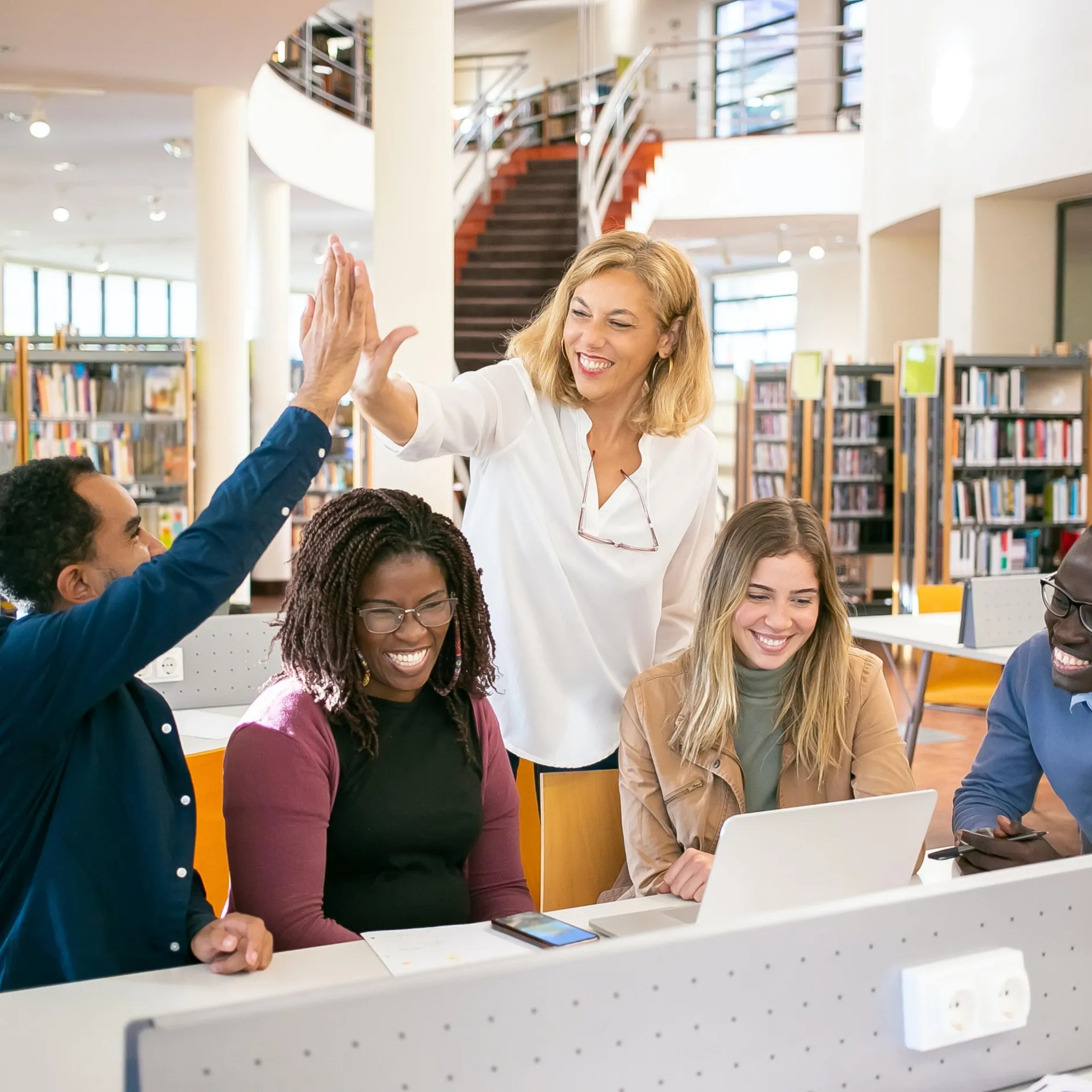


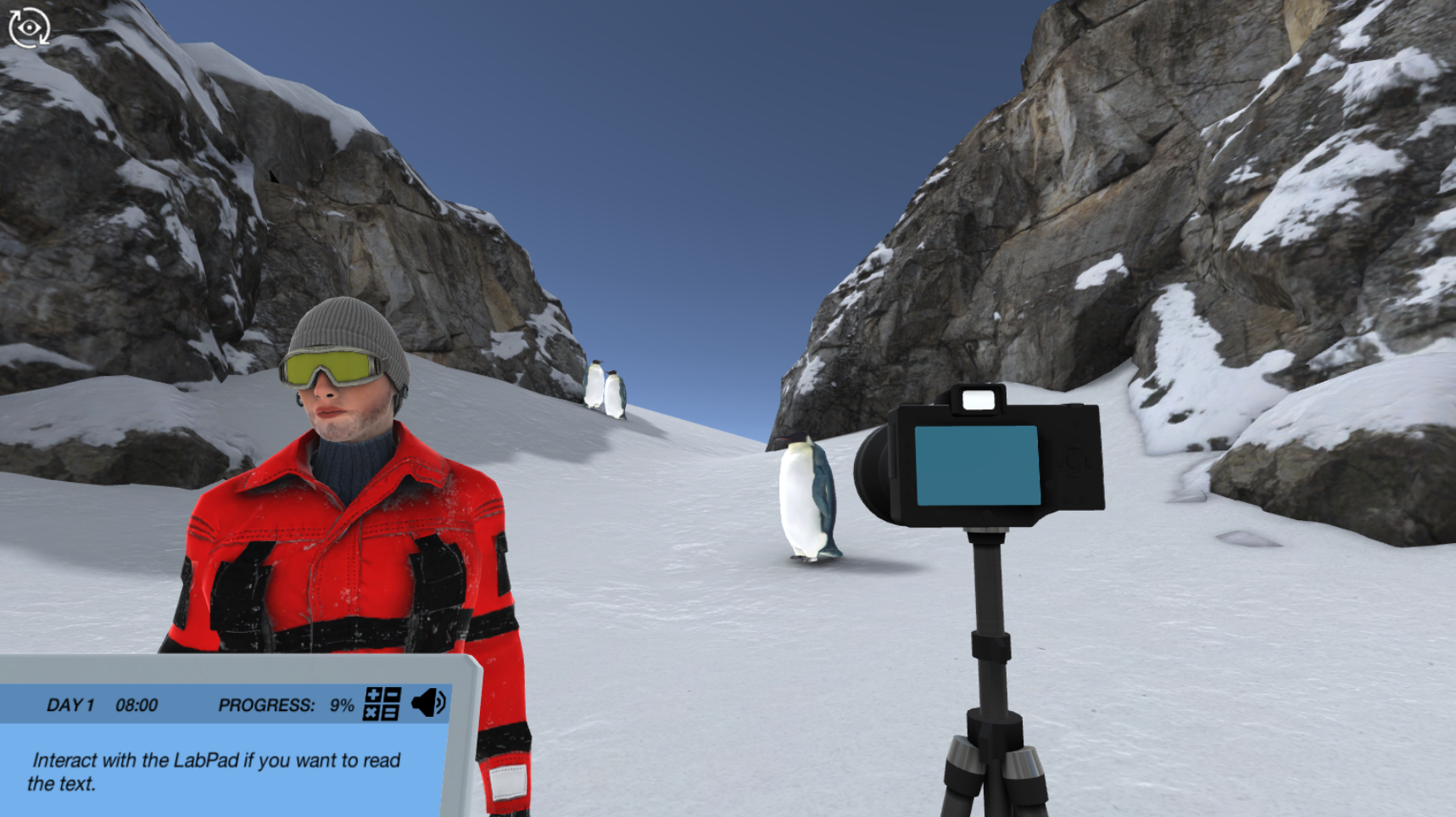
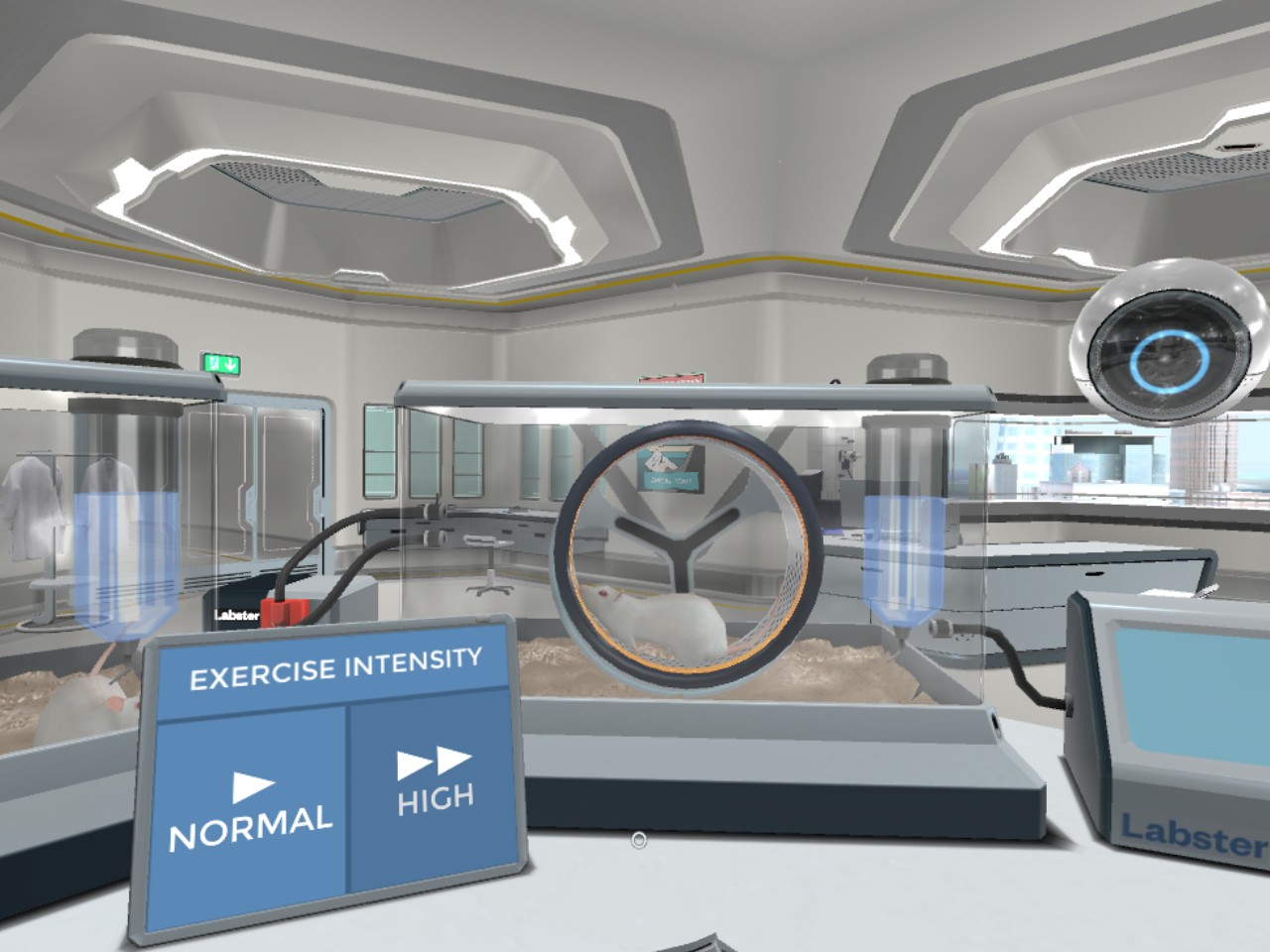
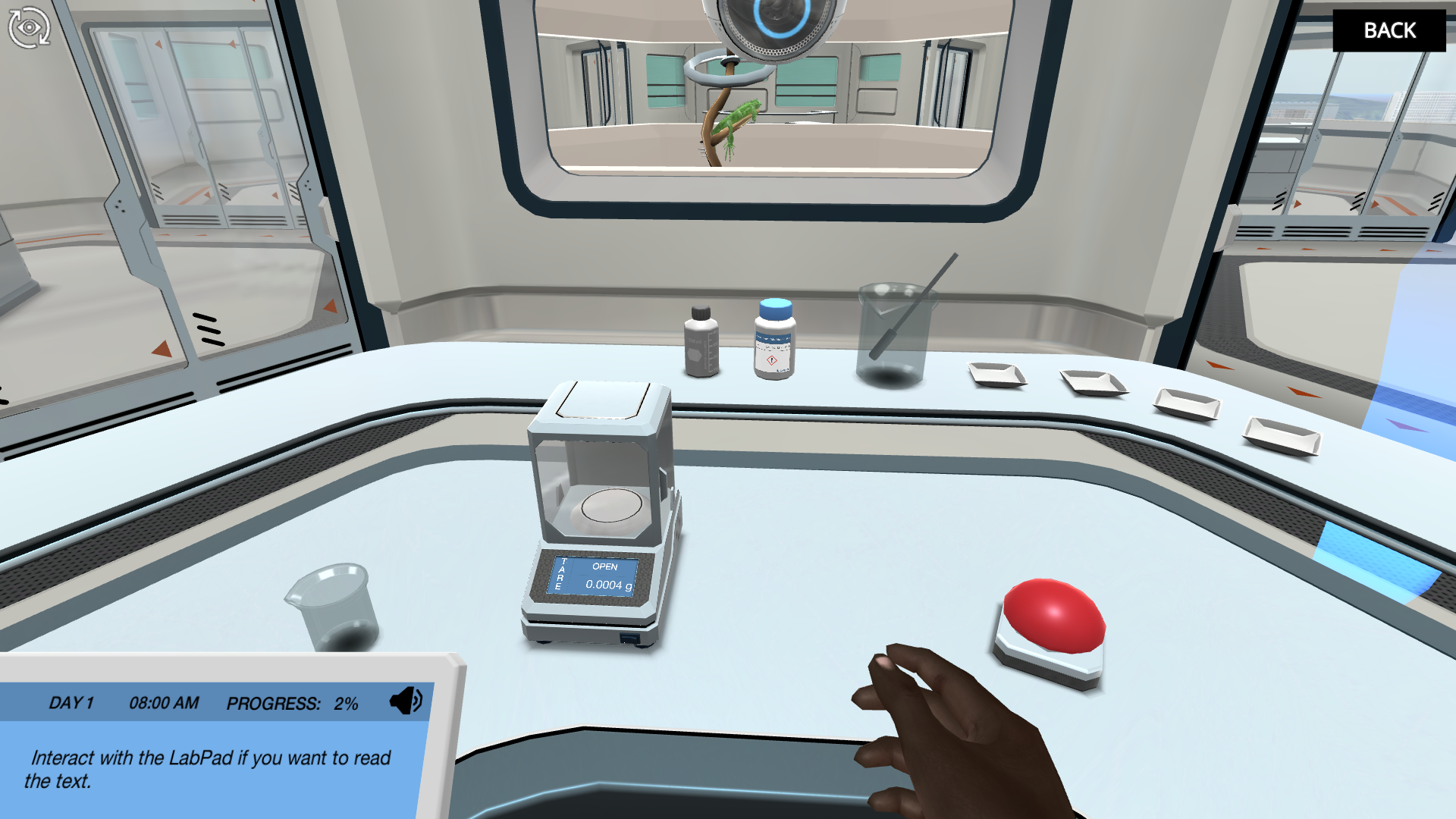
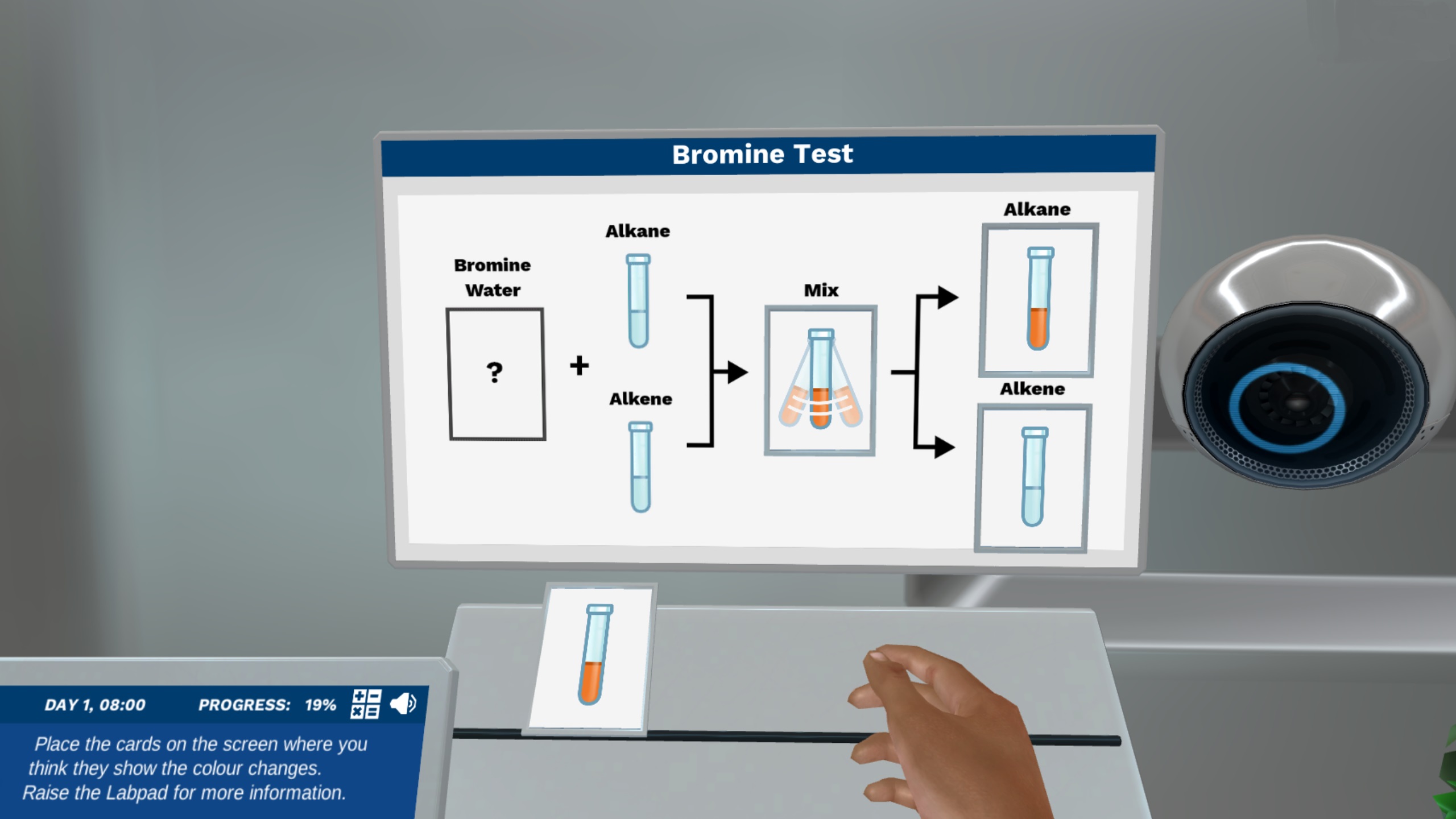
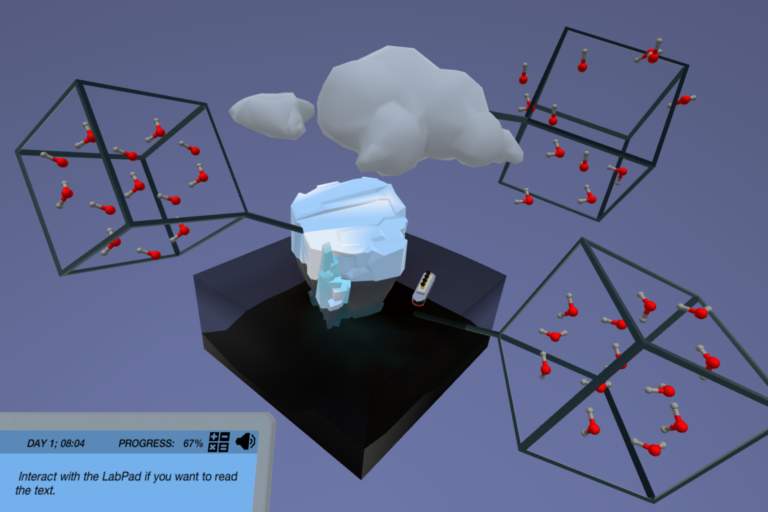
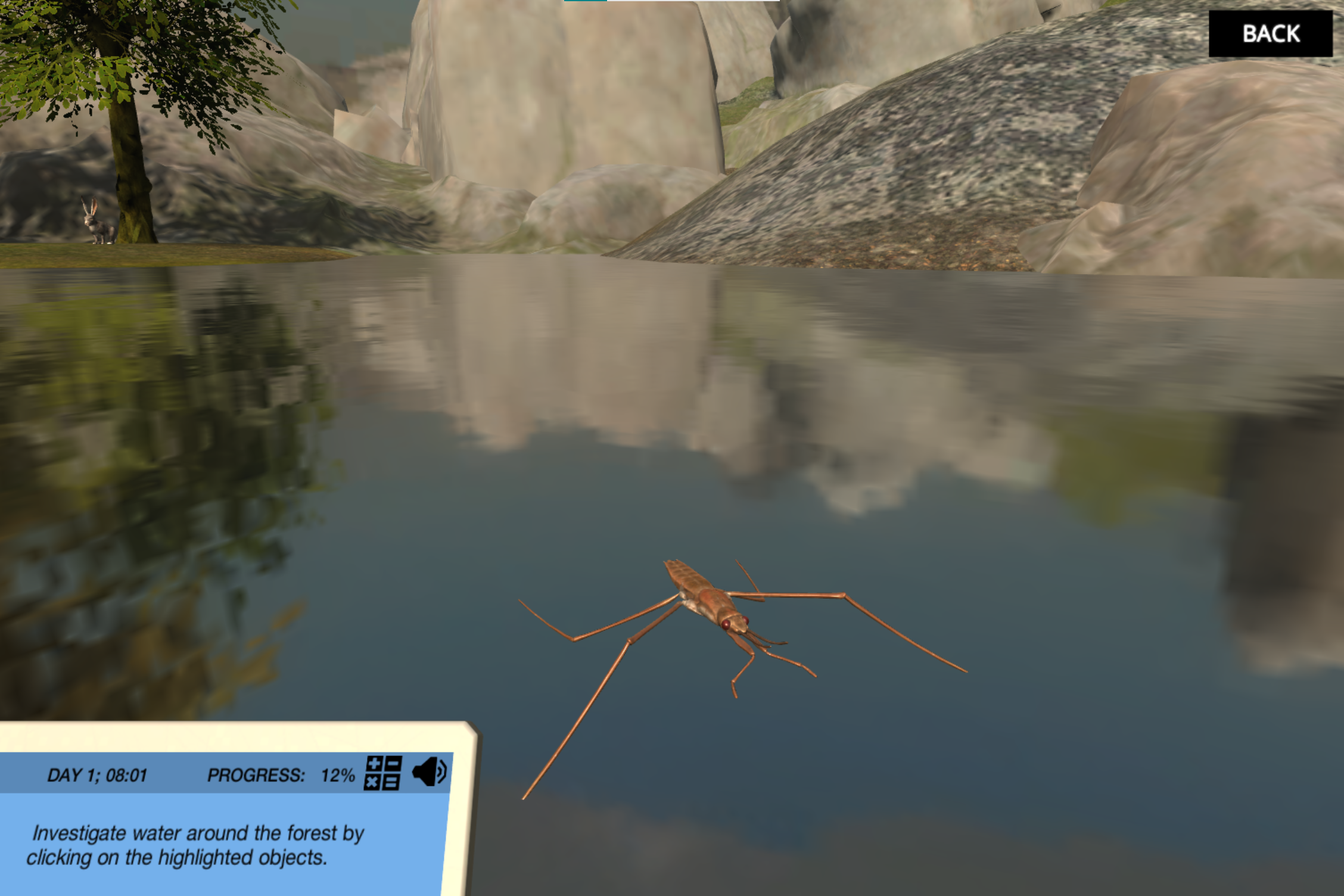
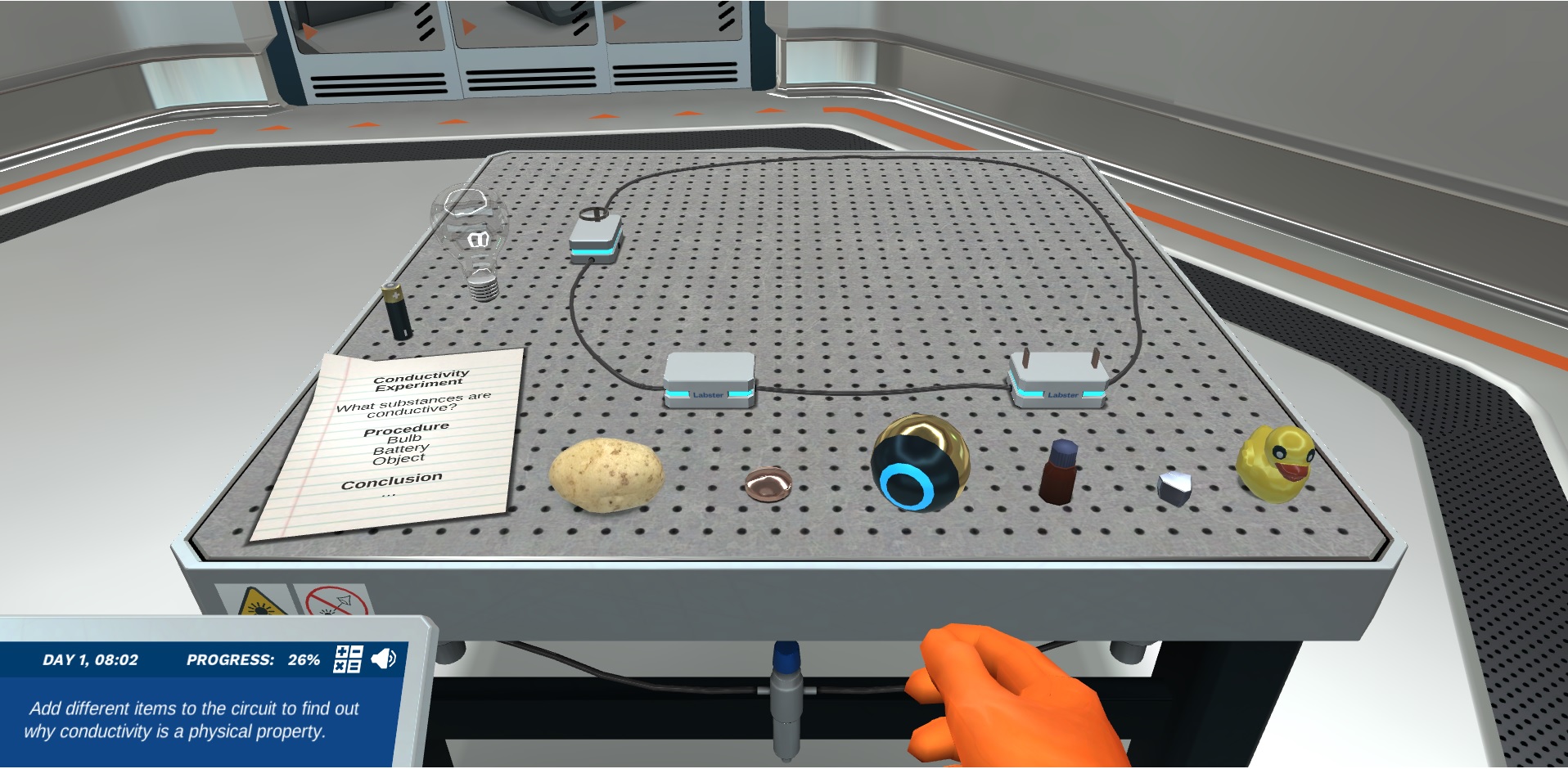
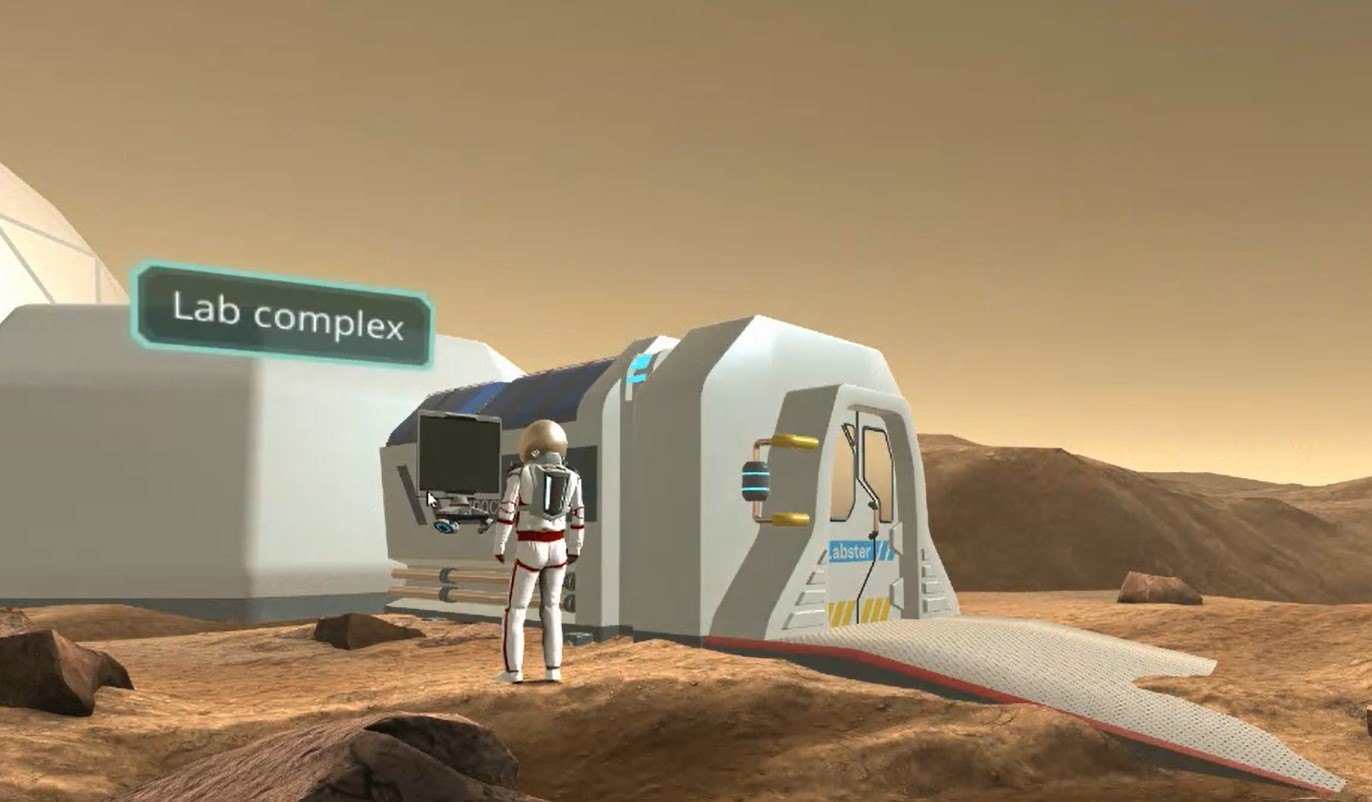
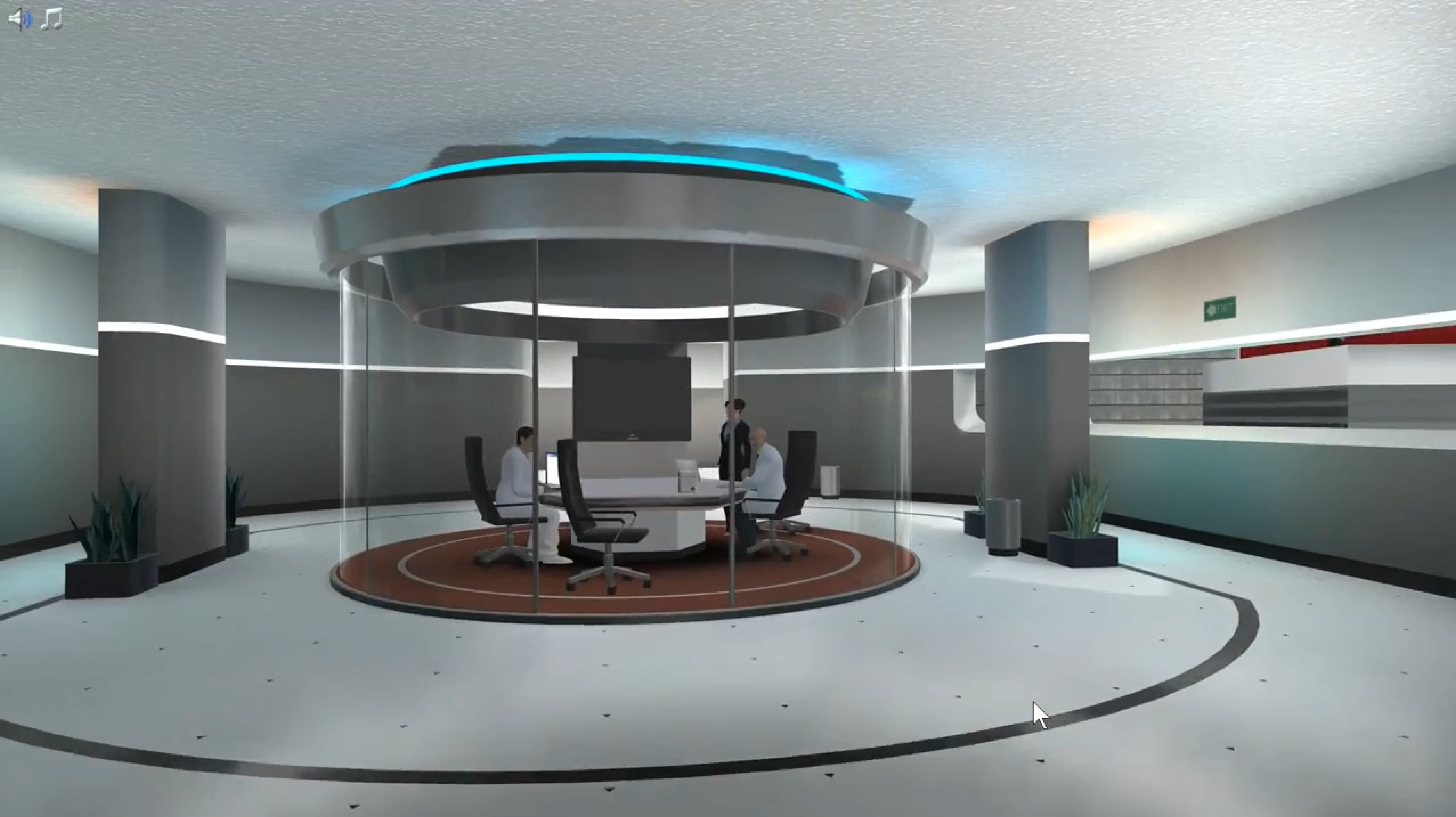
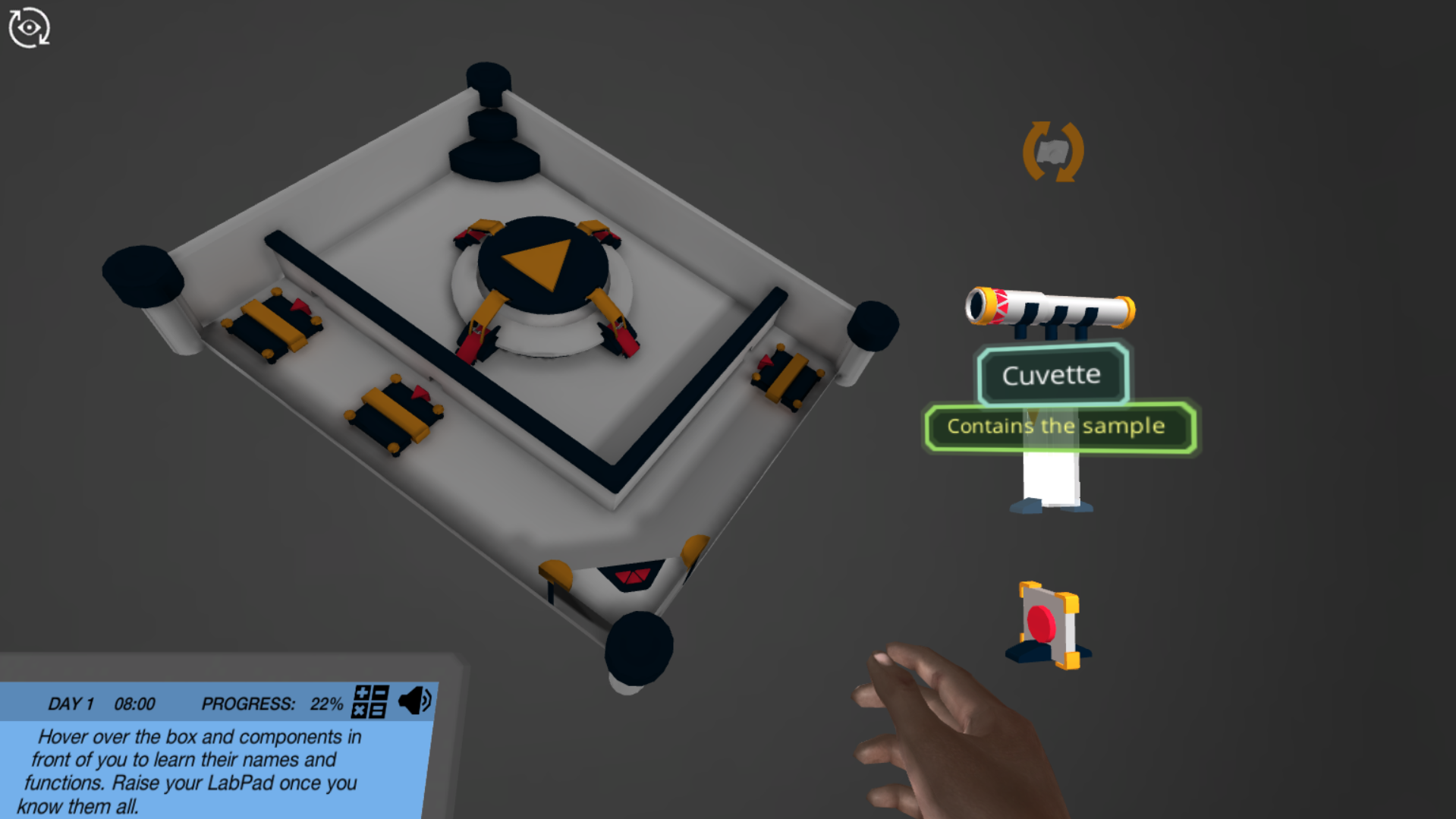

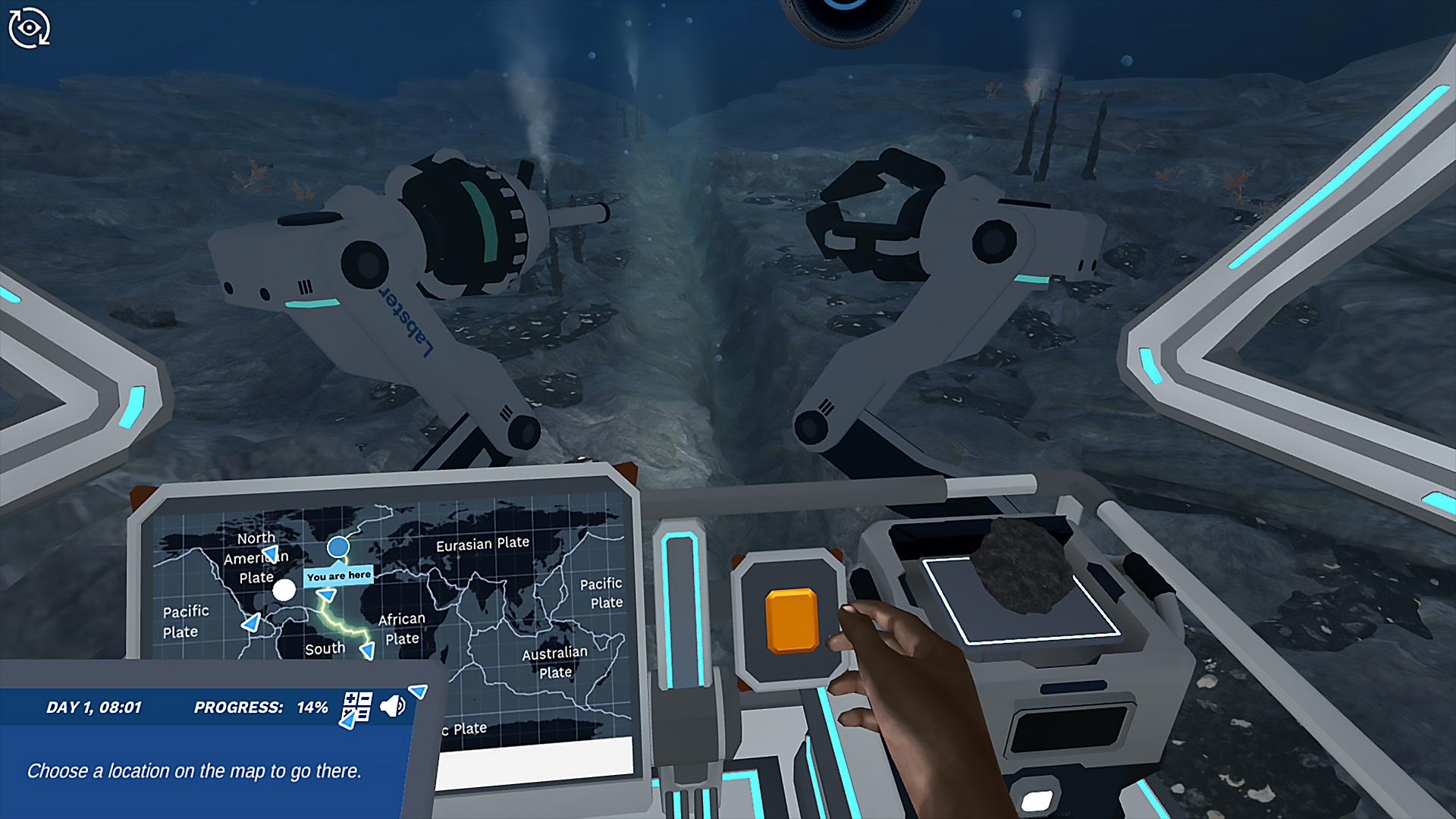
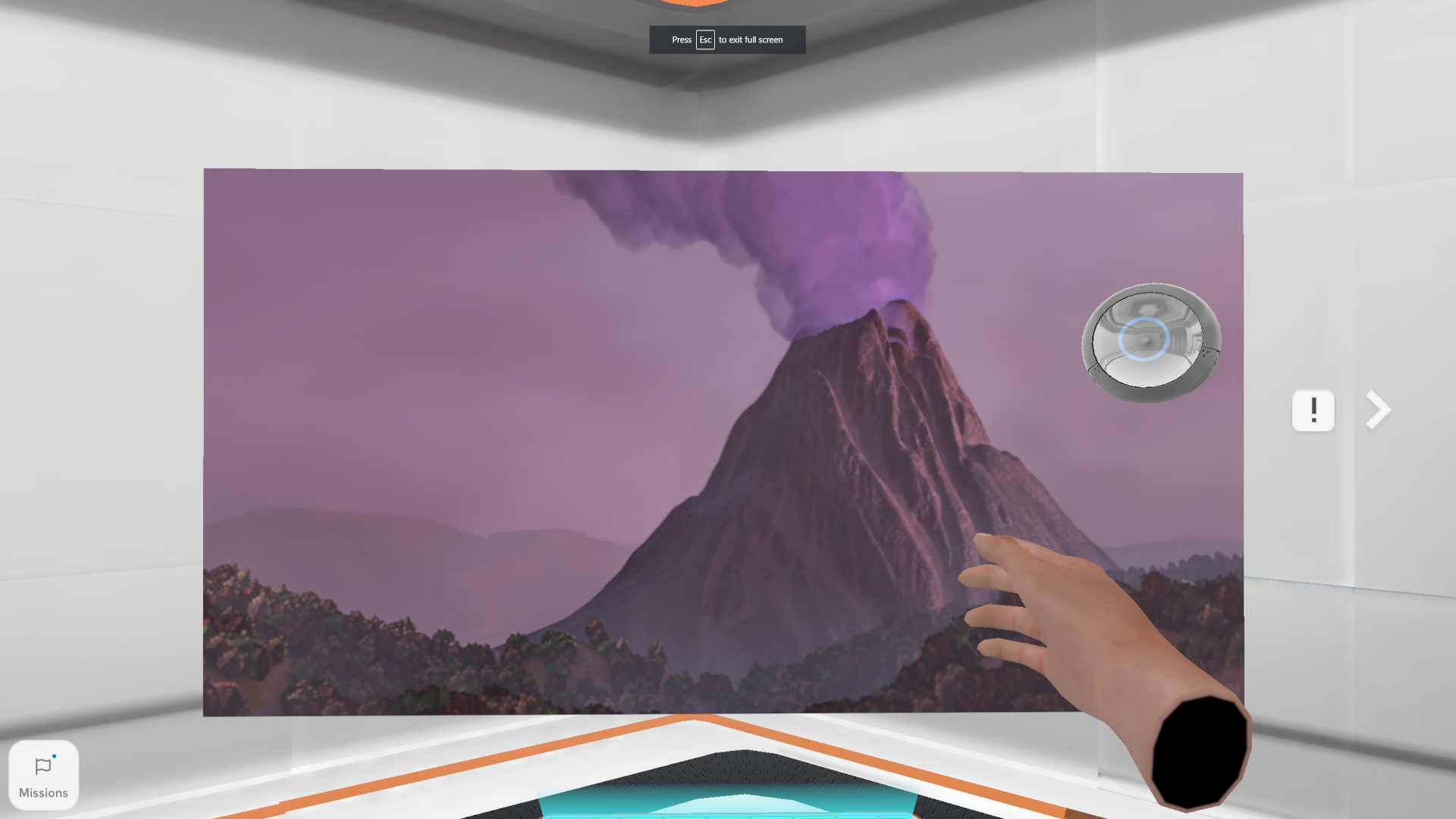
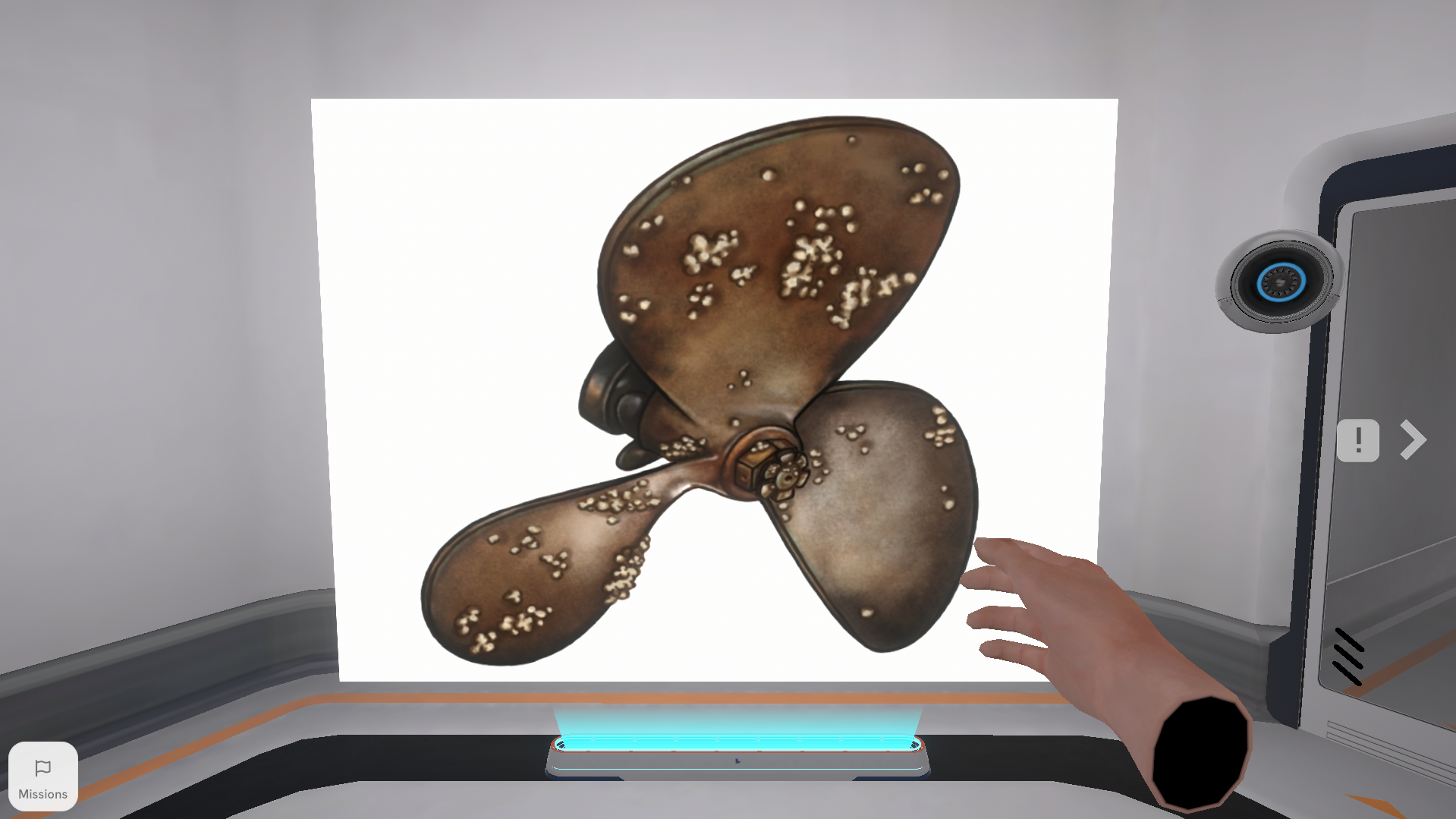
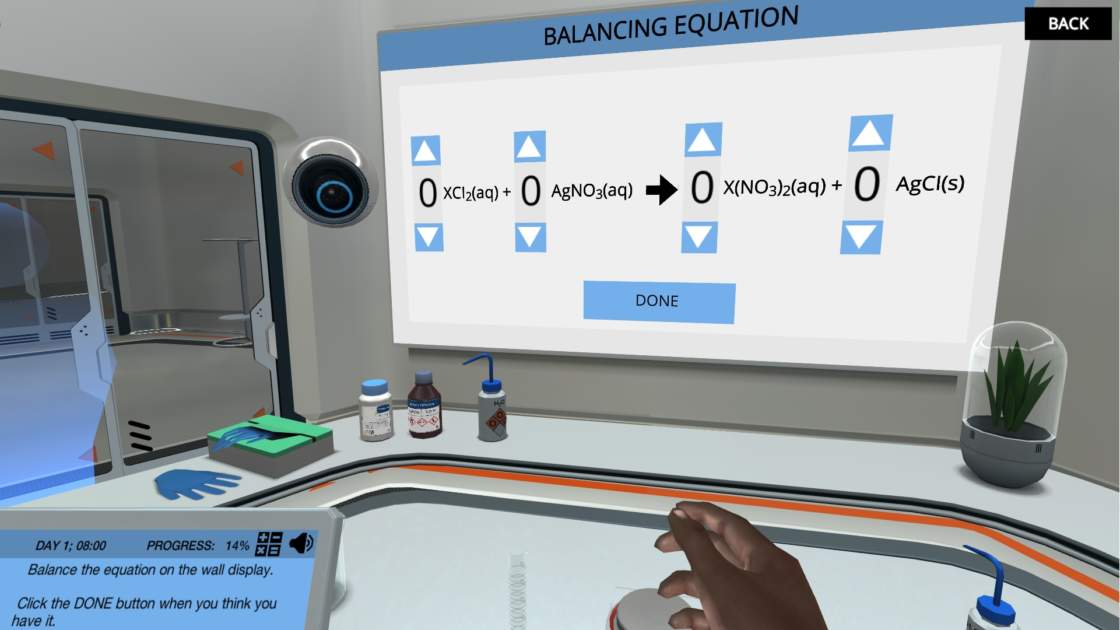
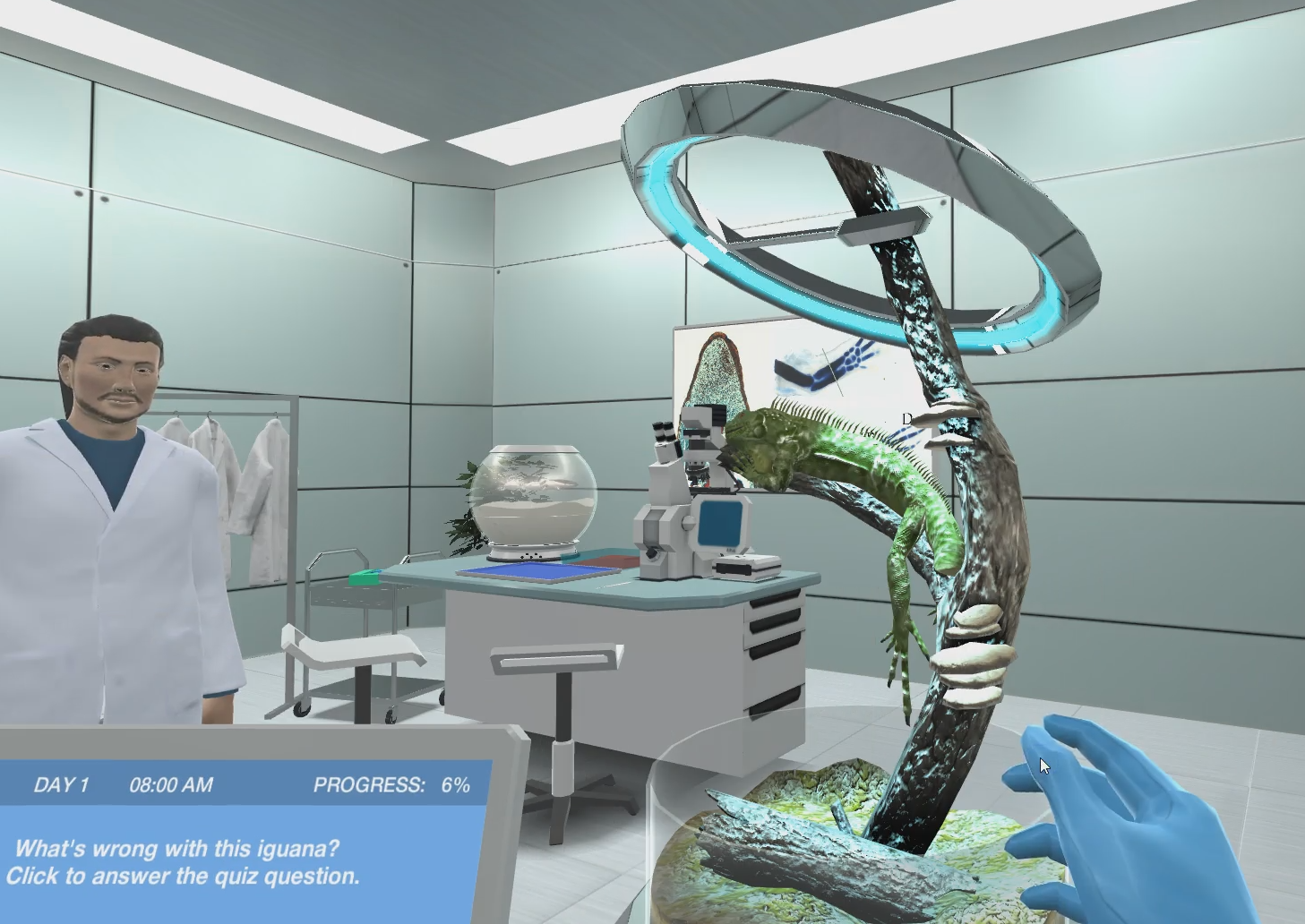
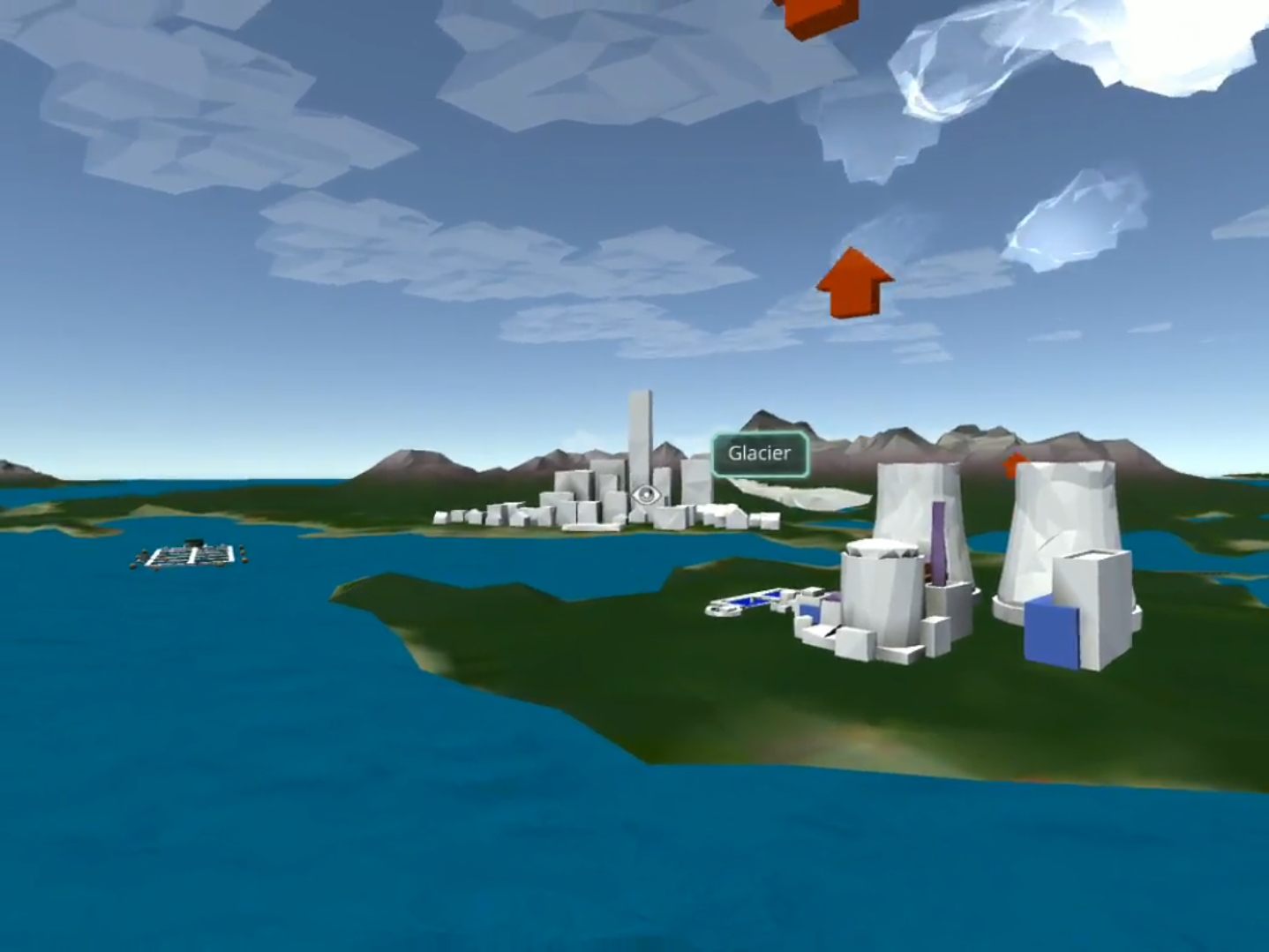

.png)
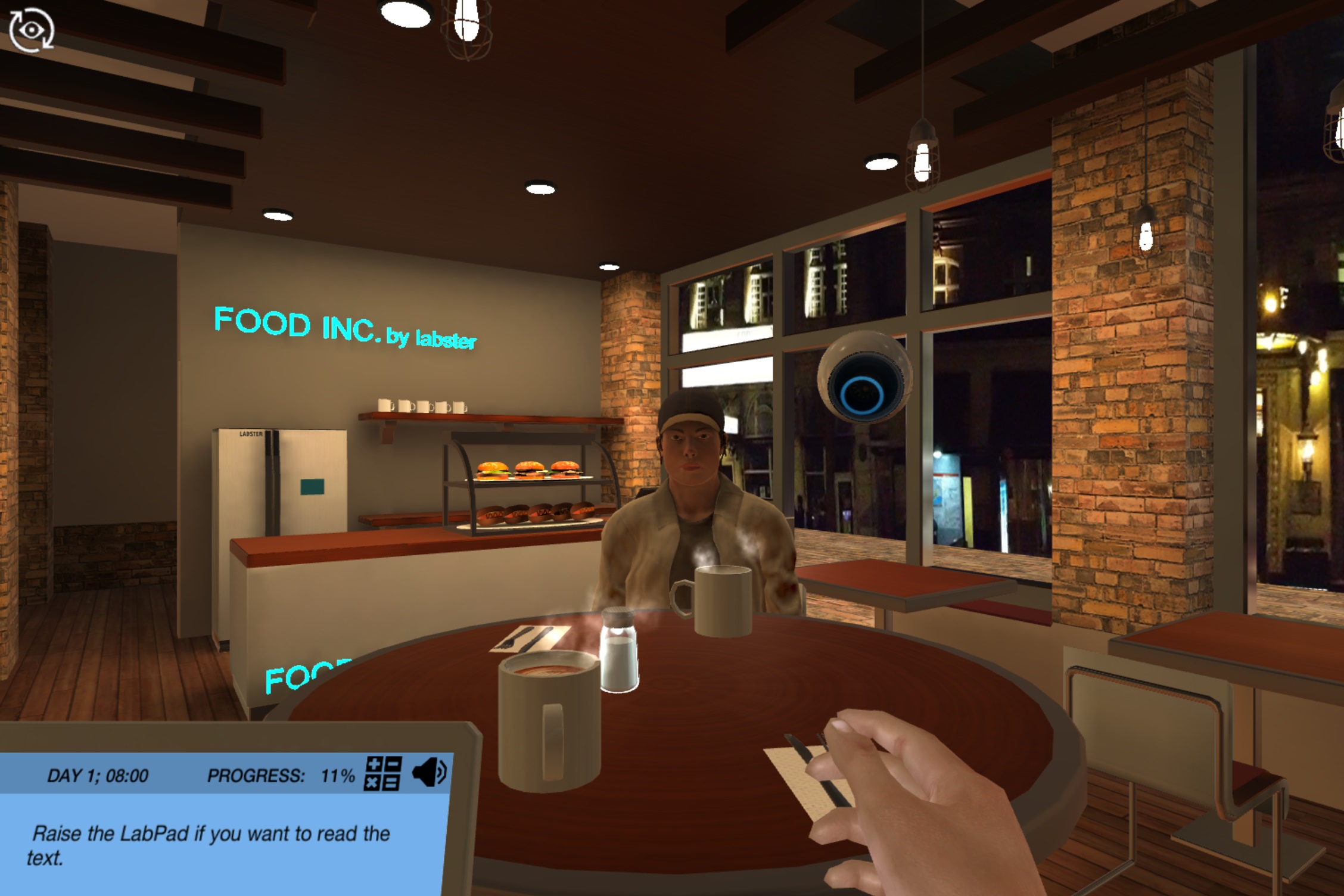
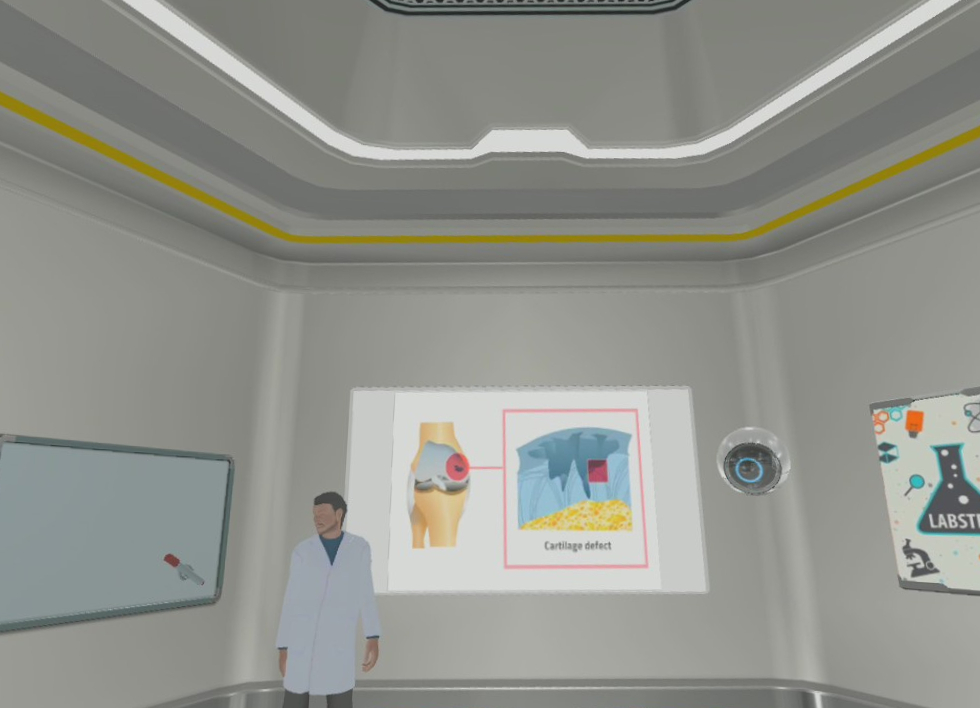
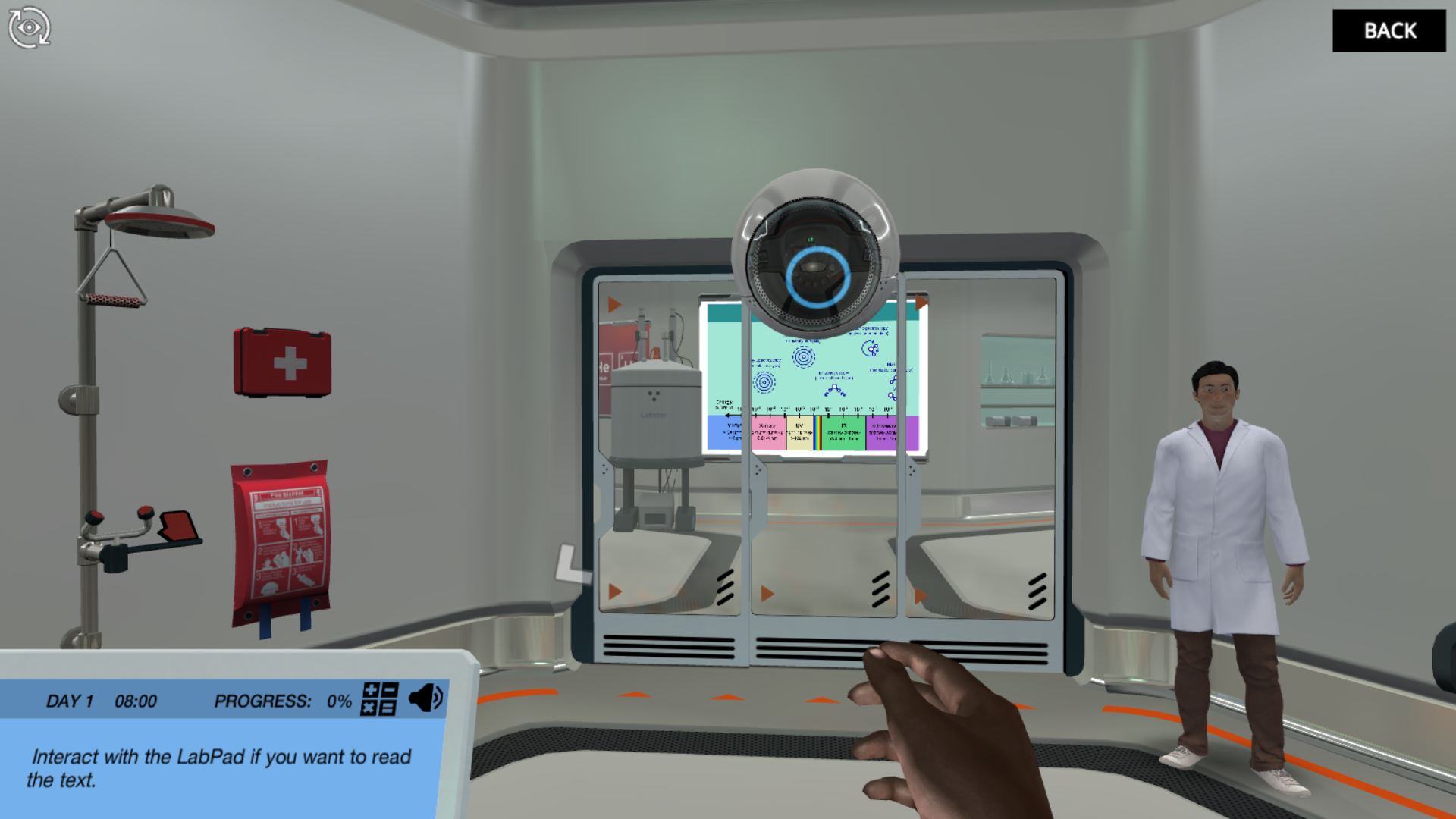
.png)
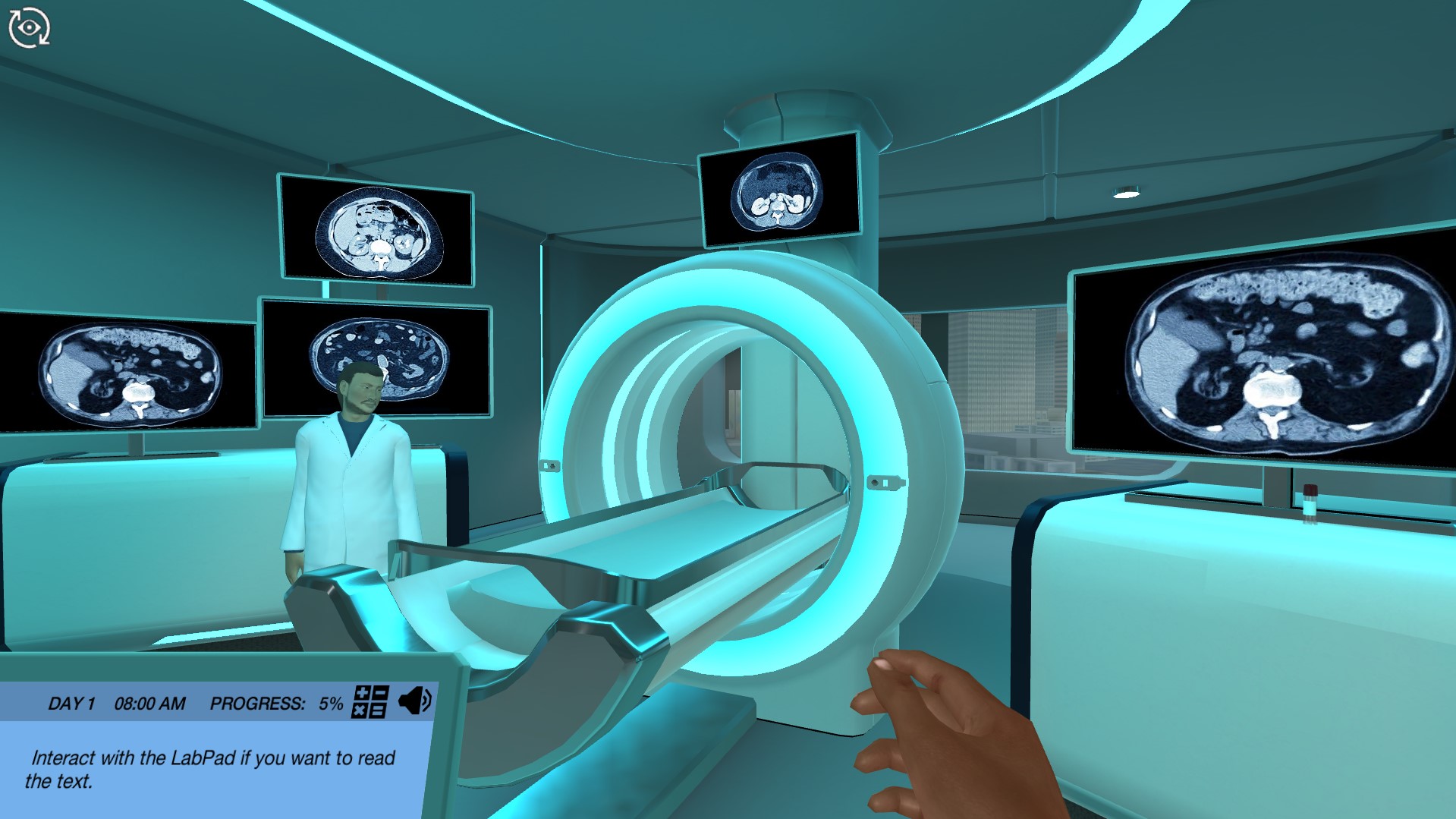
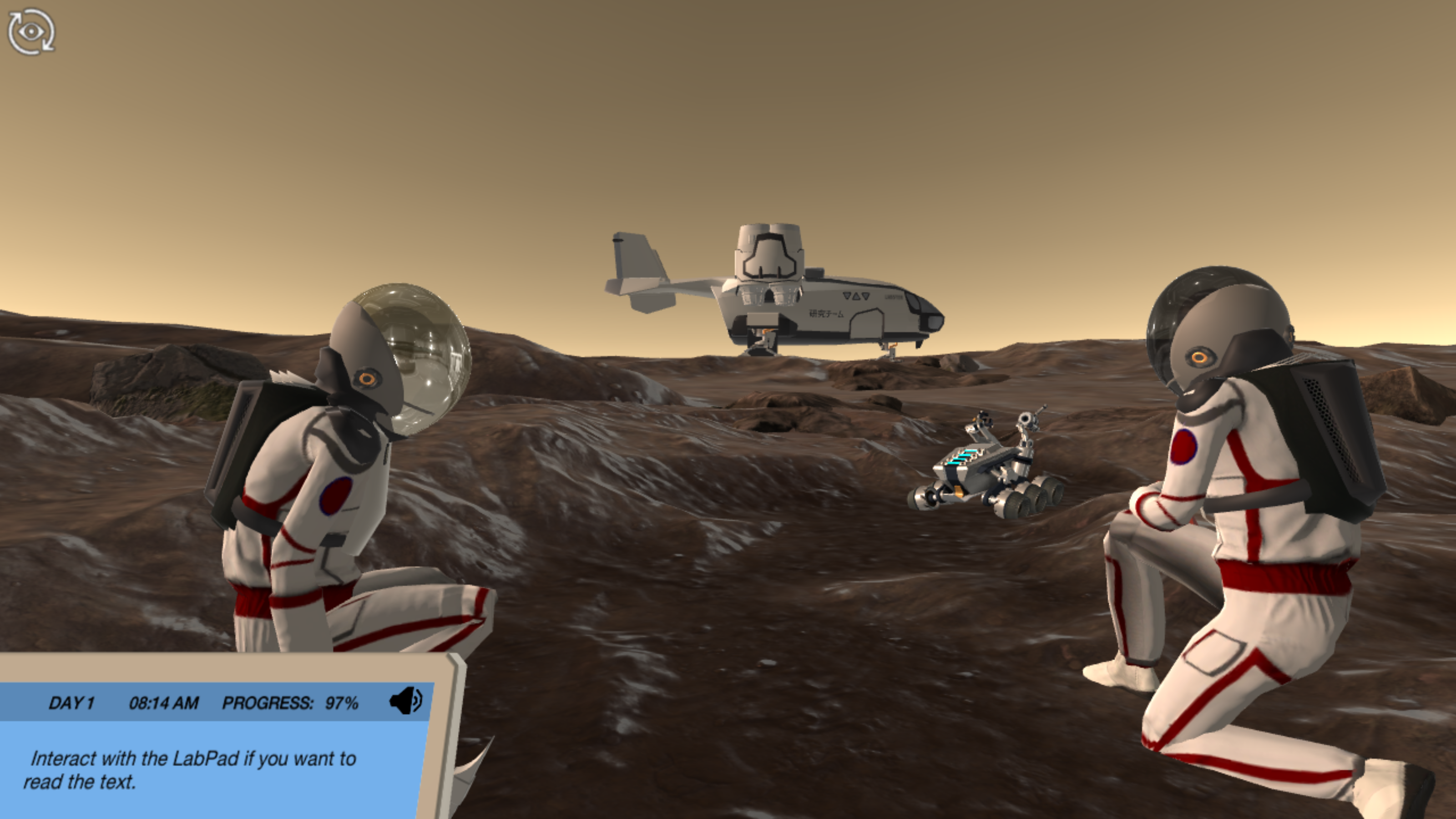
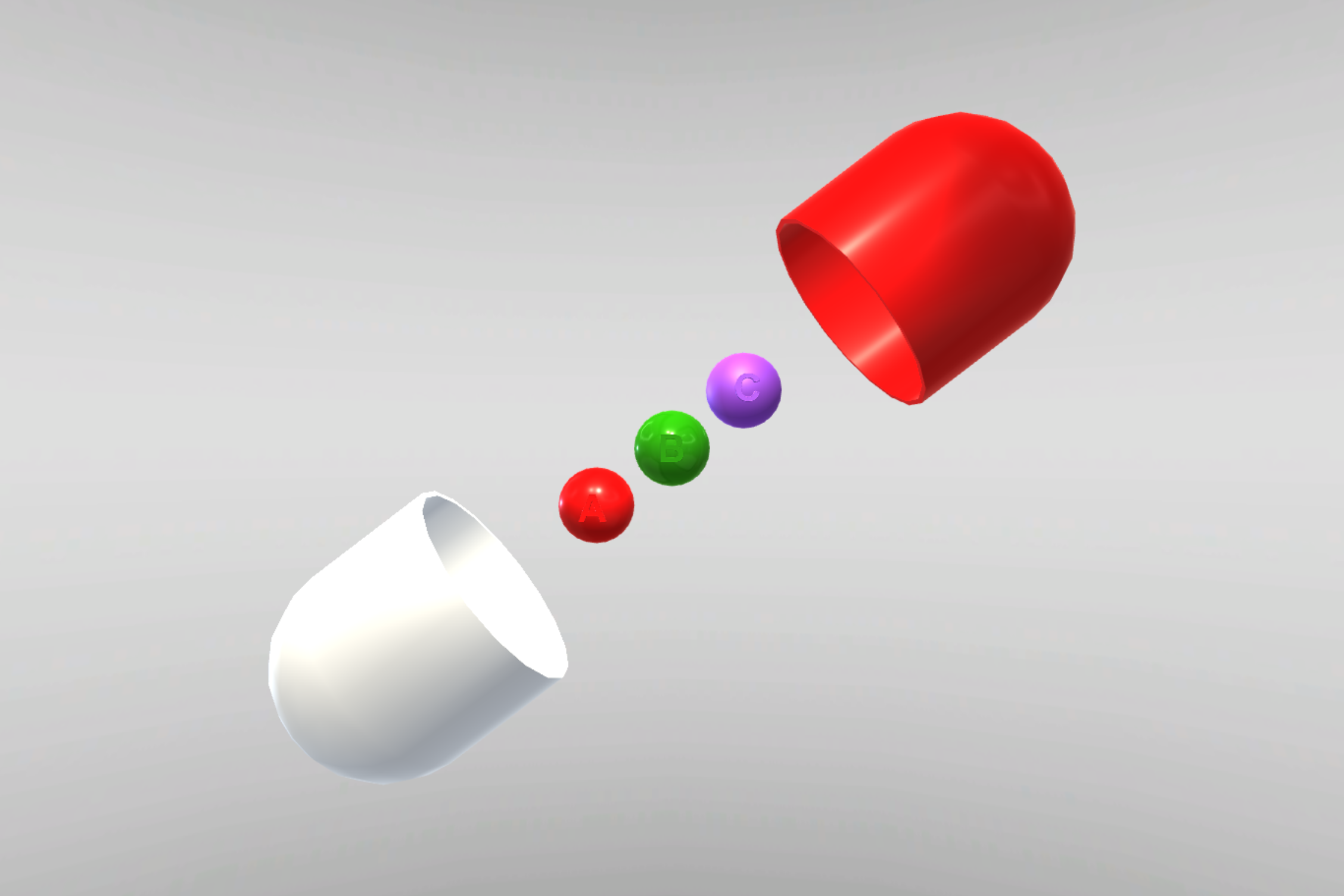
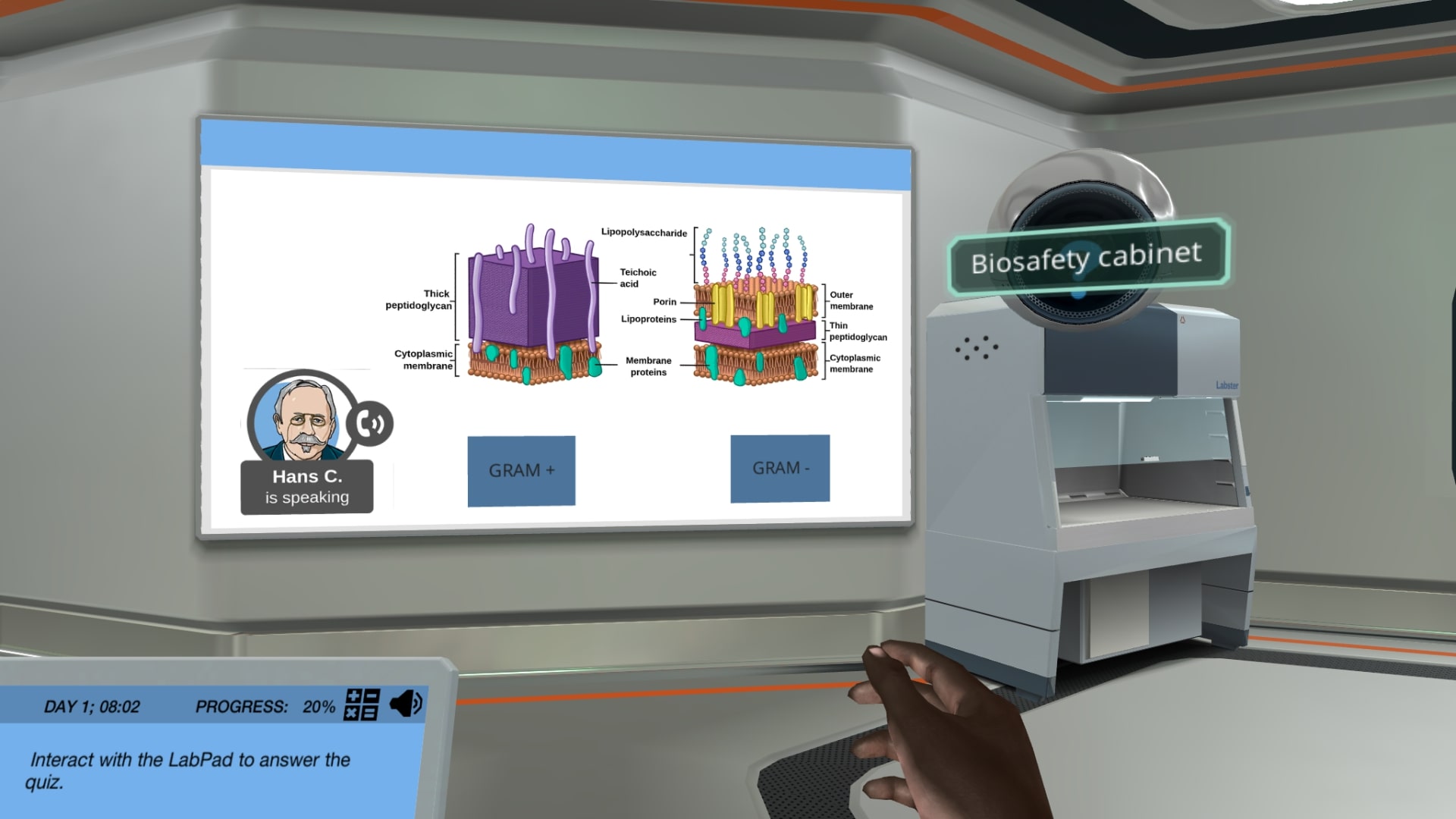
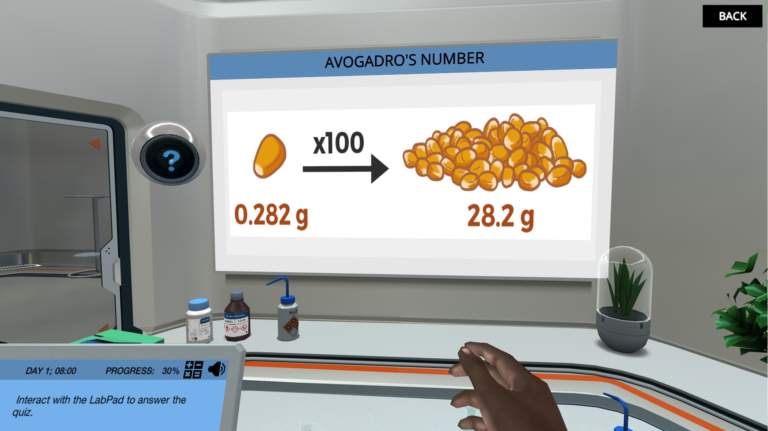
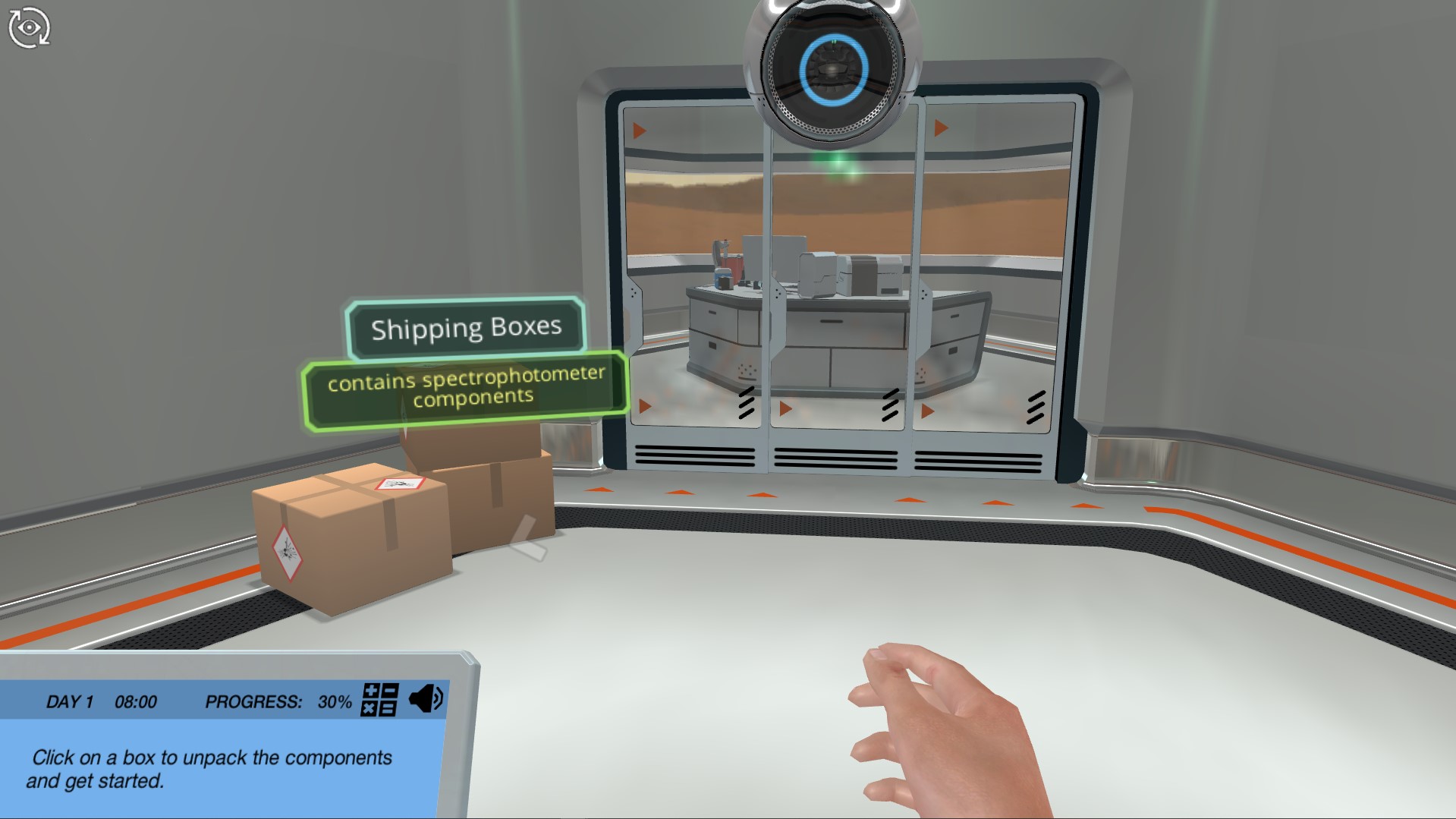
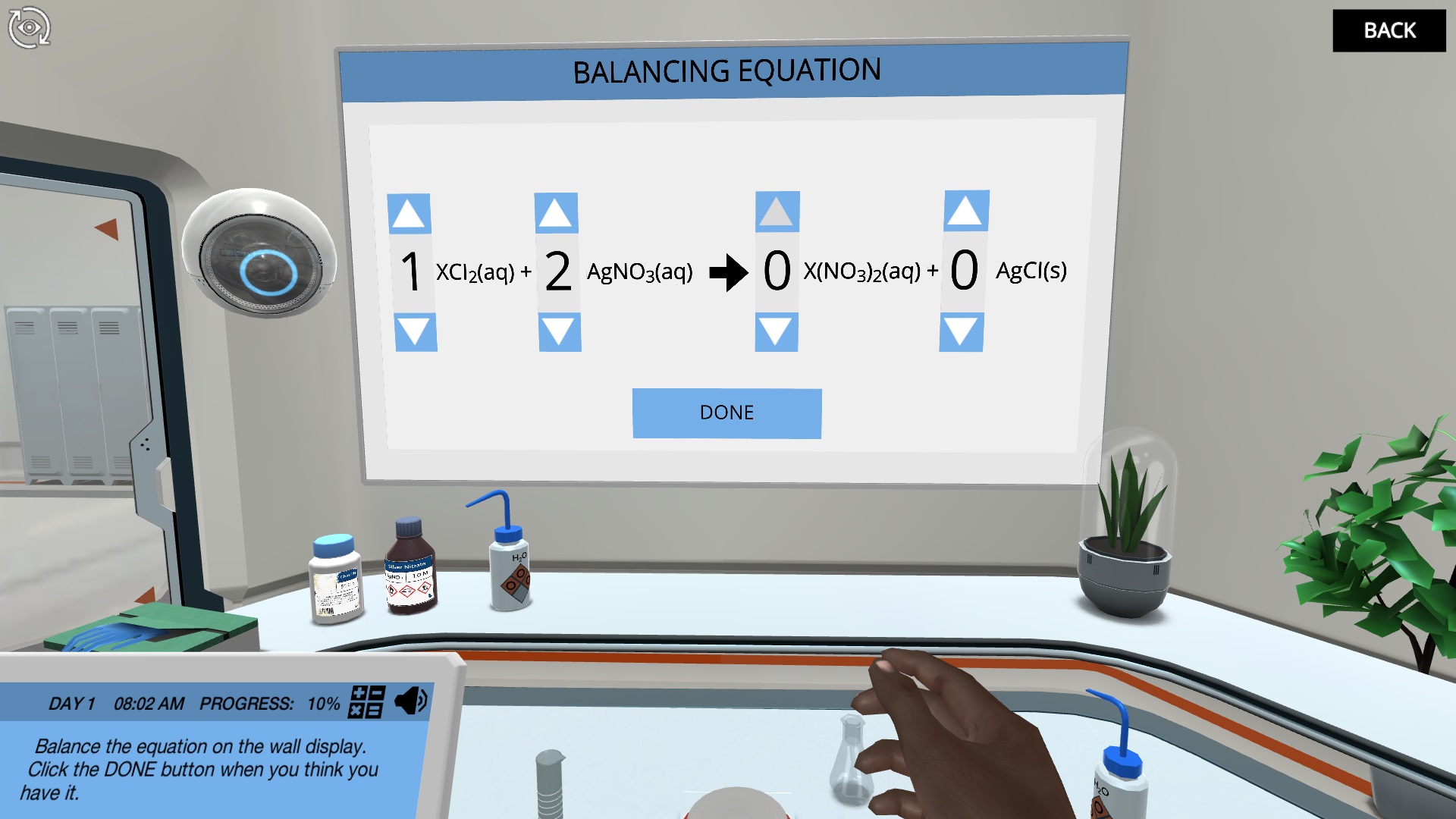
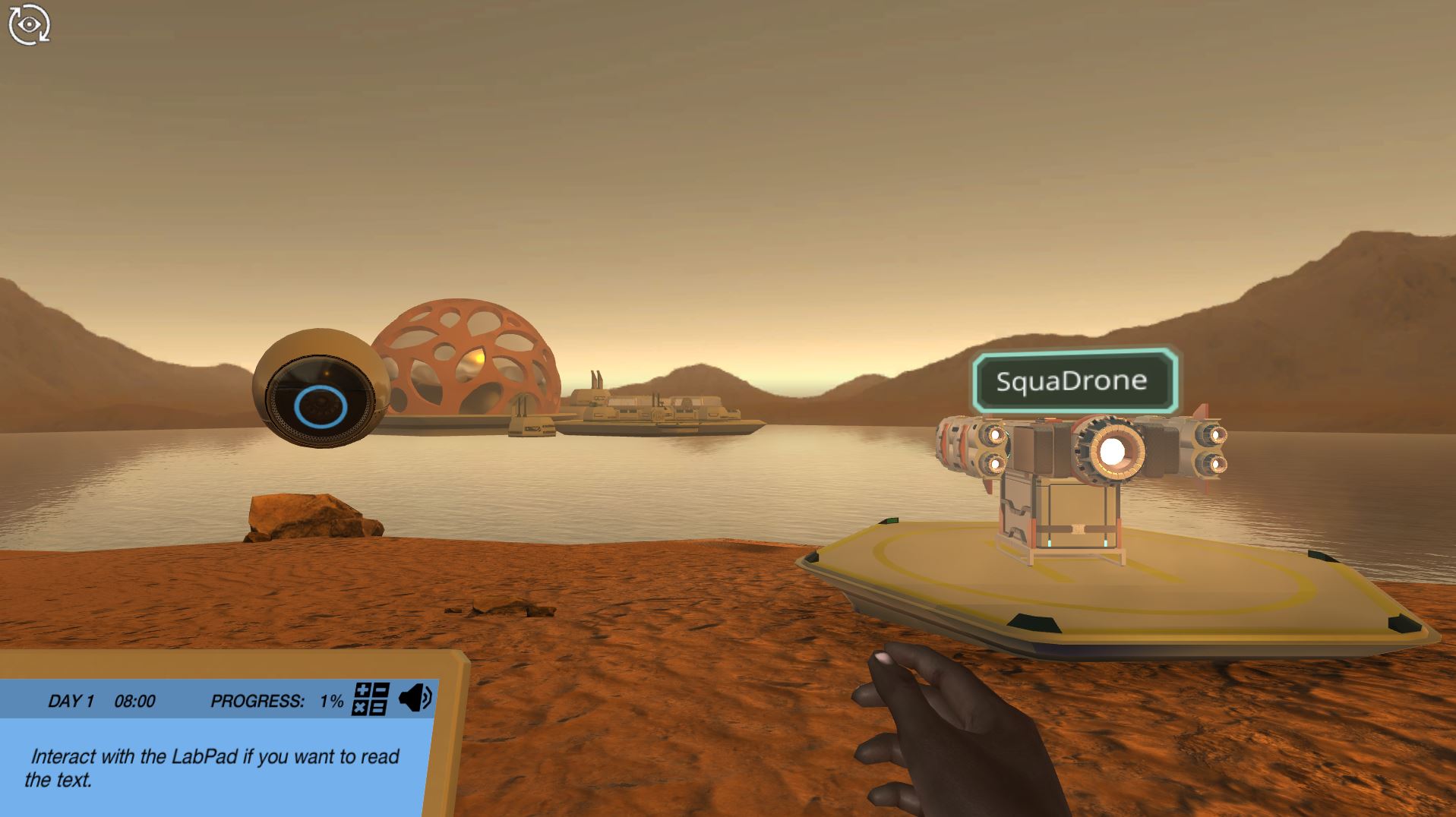
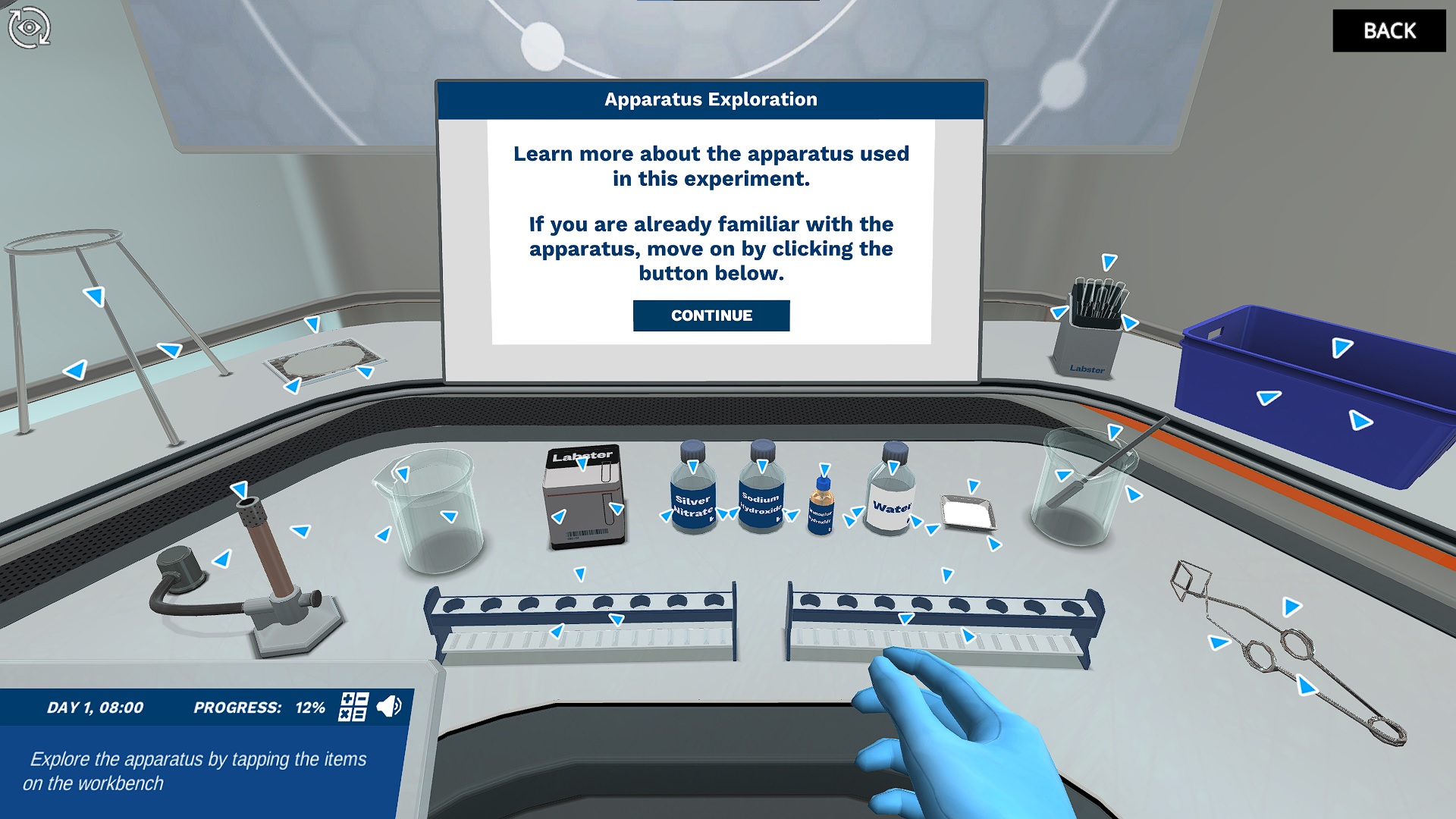
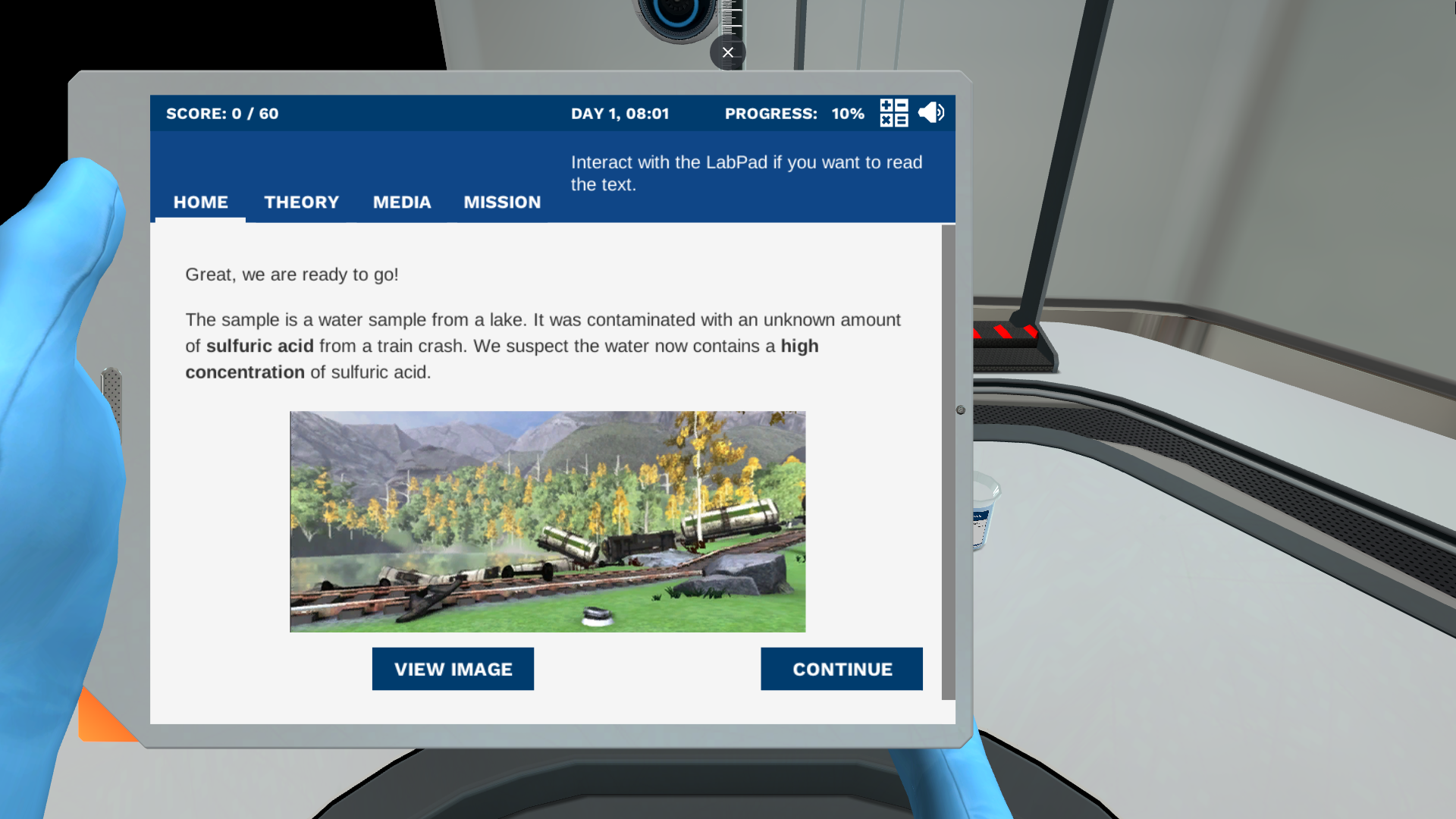
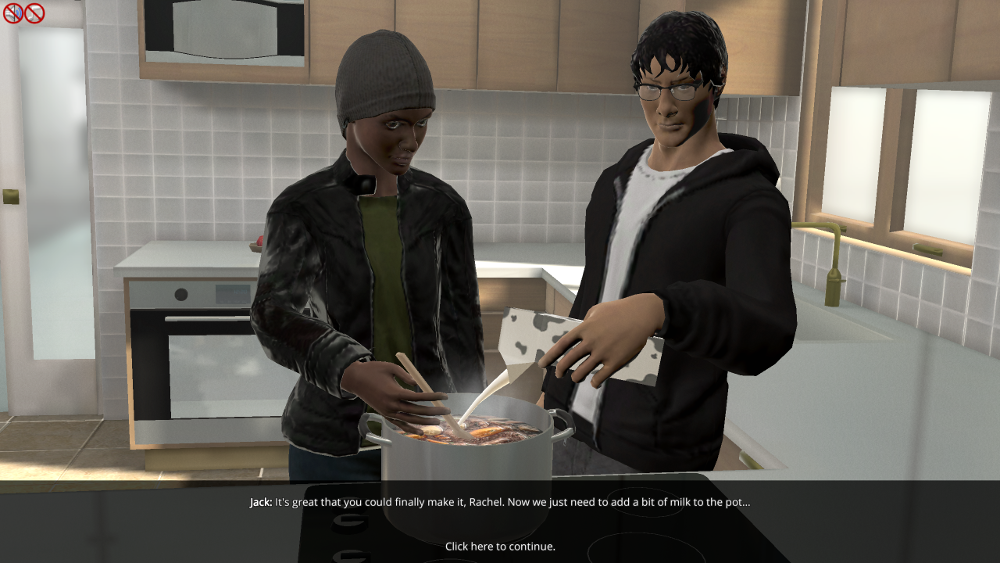
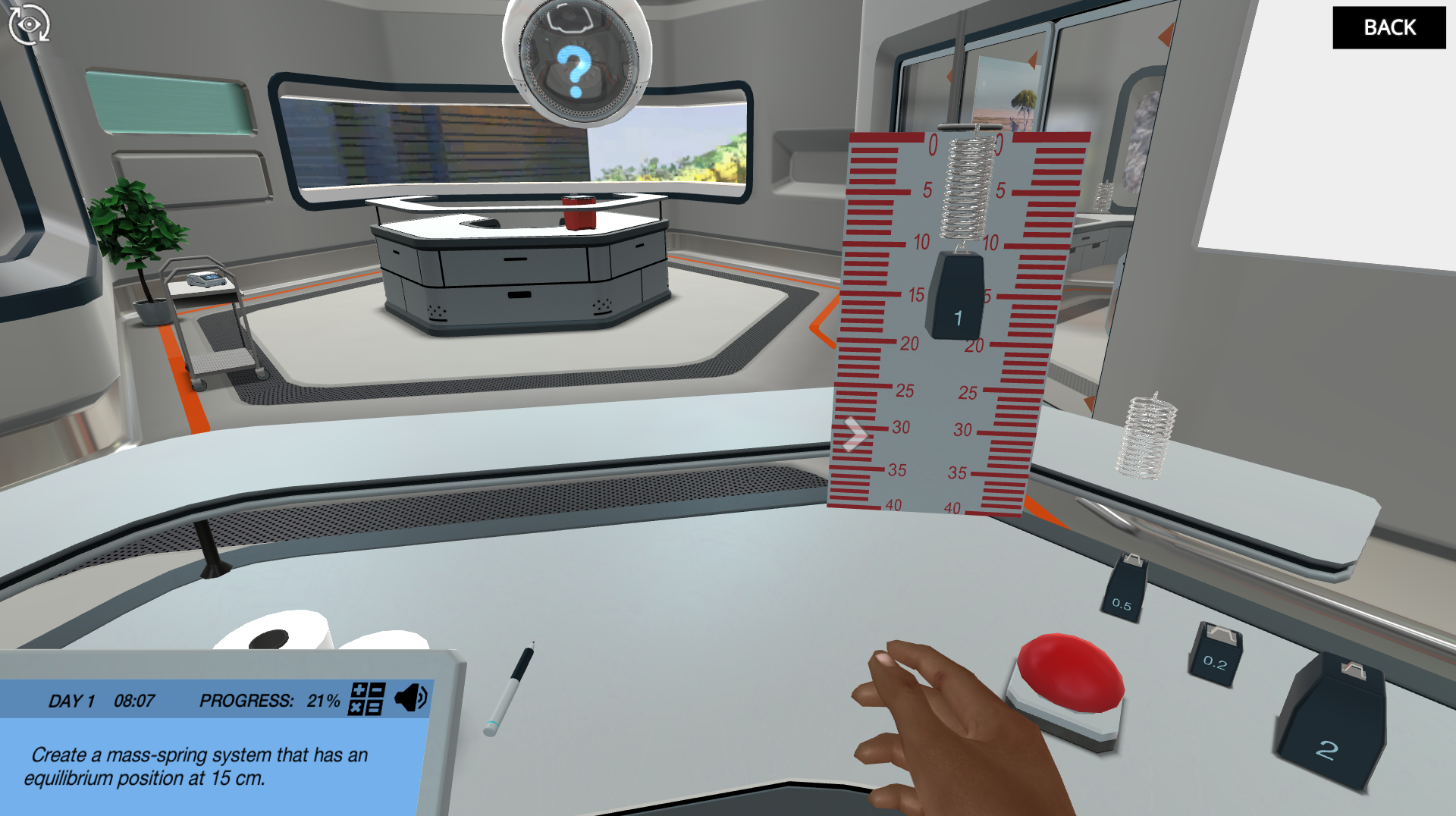
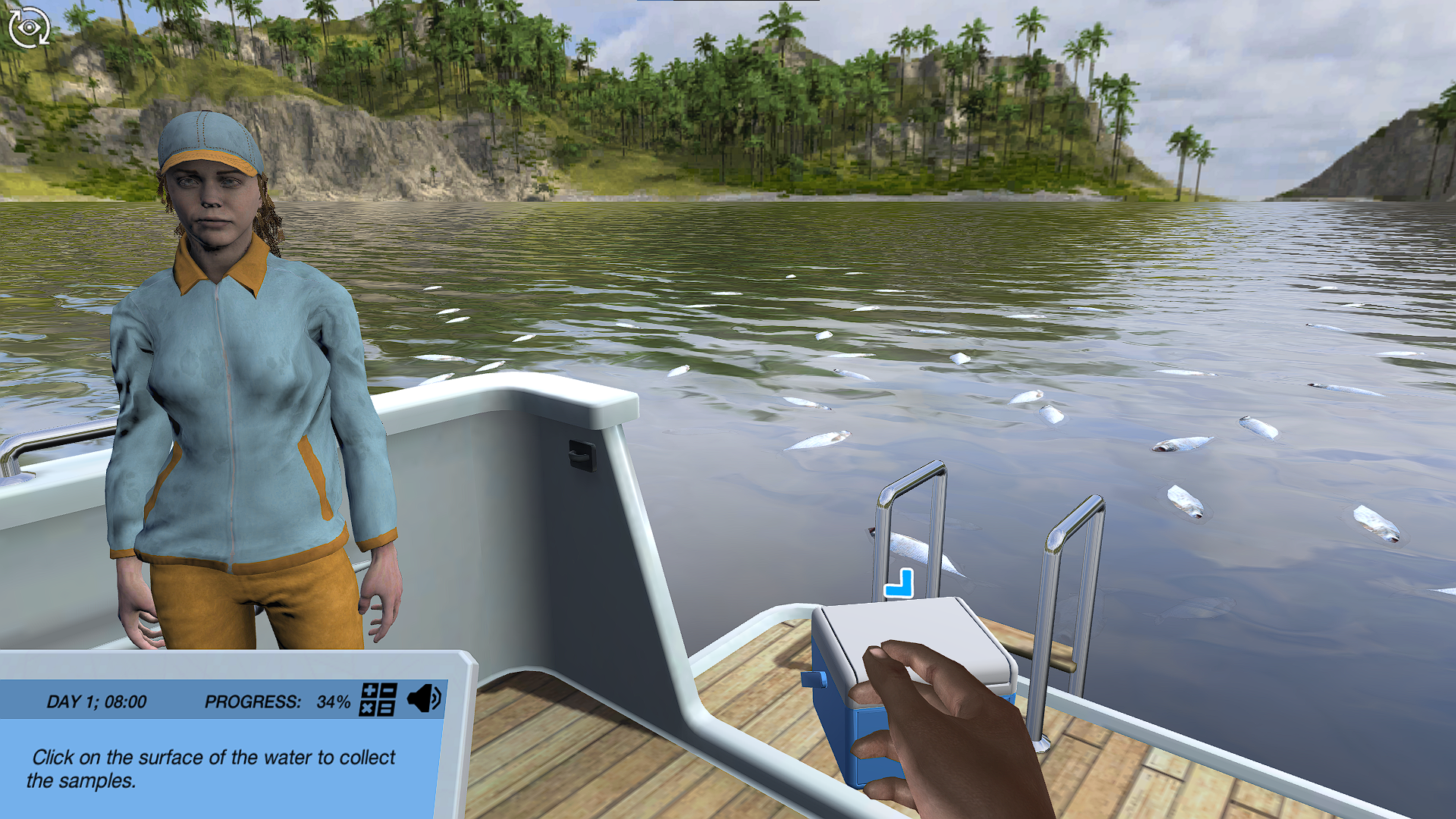
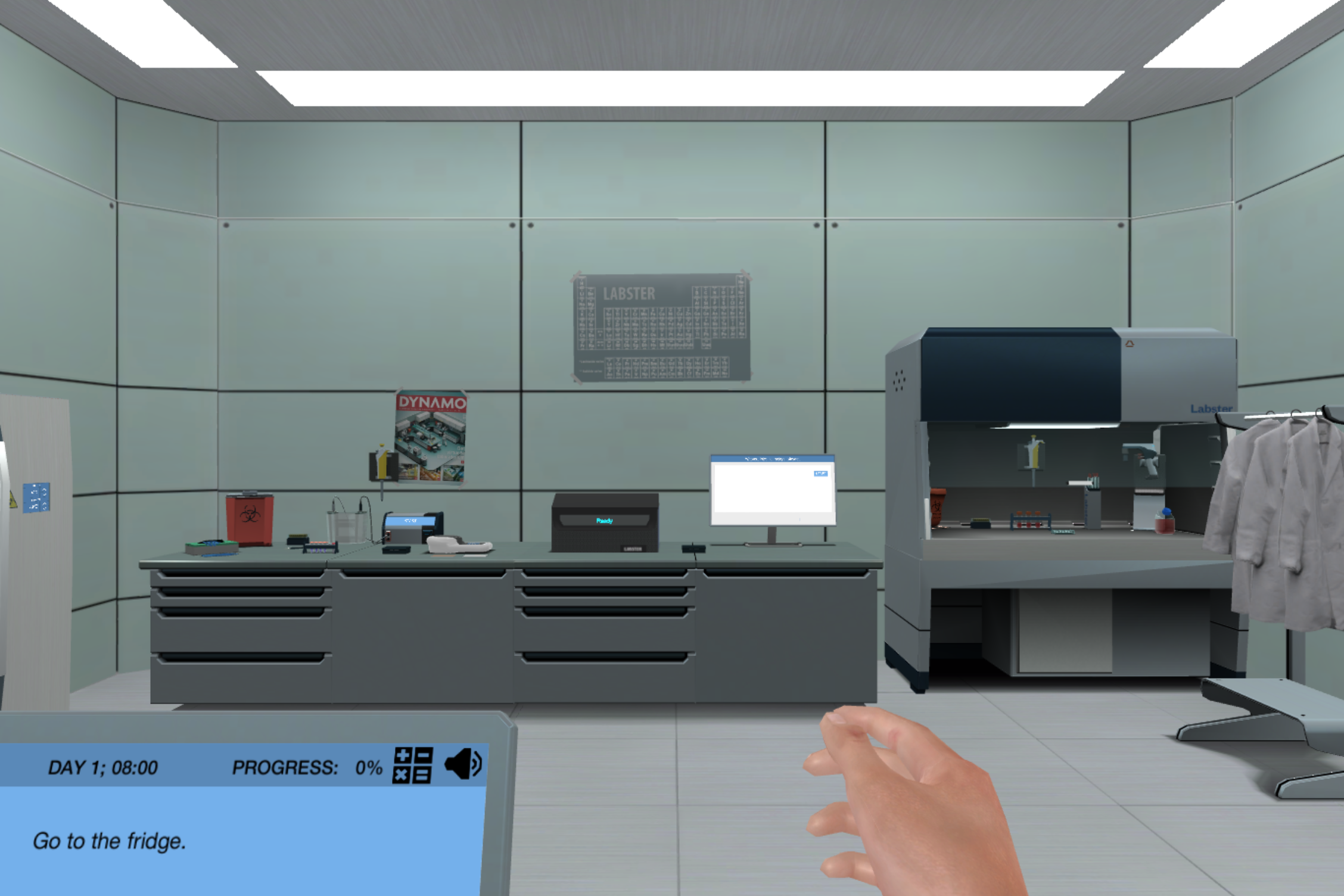
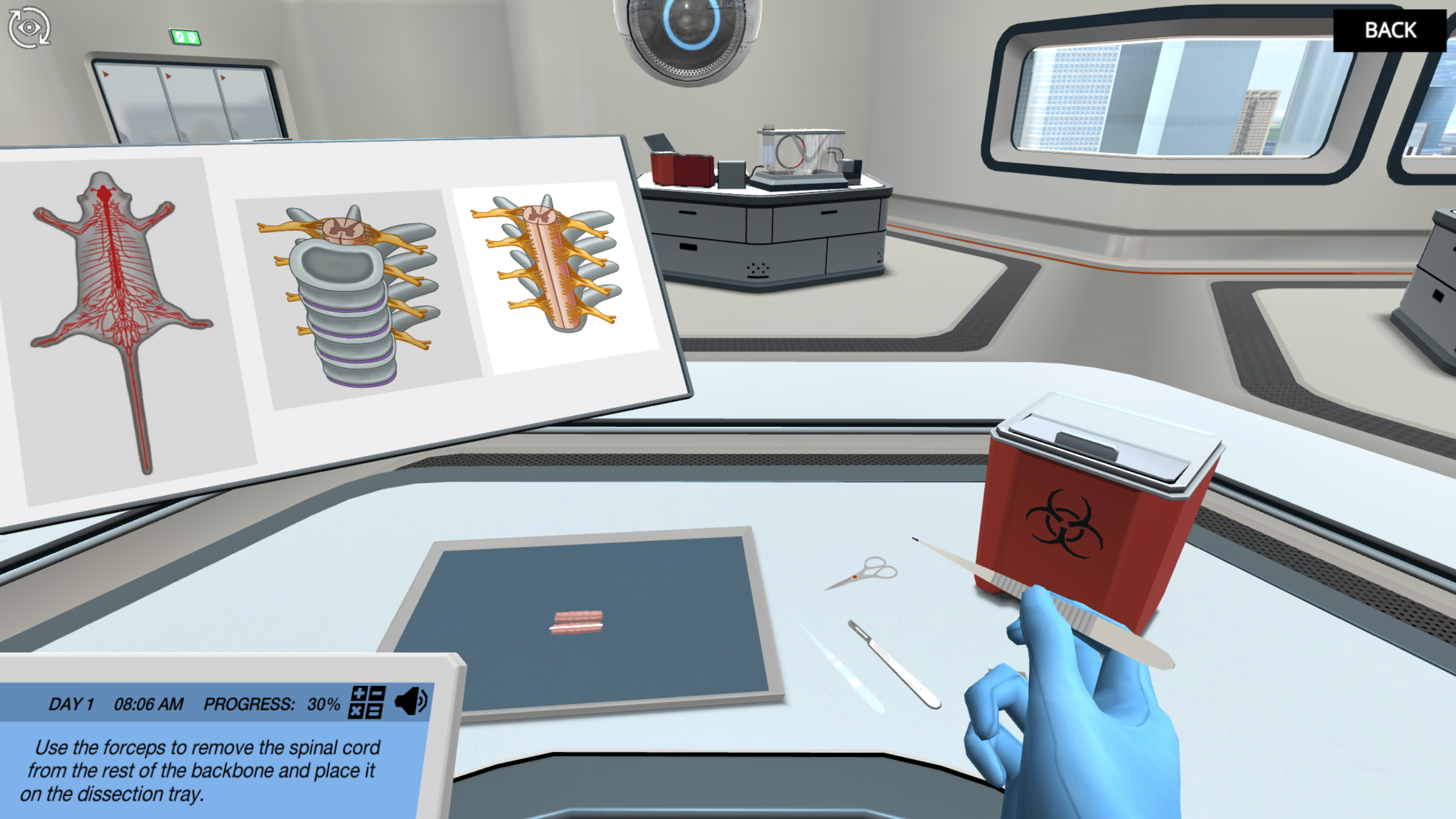
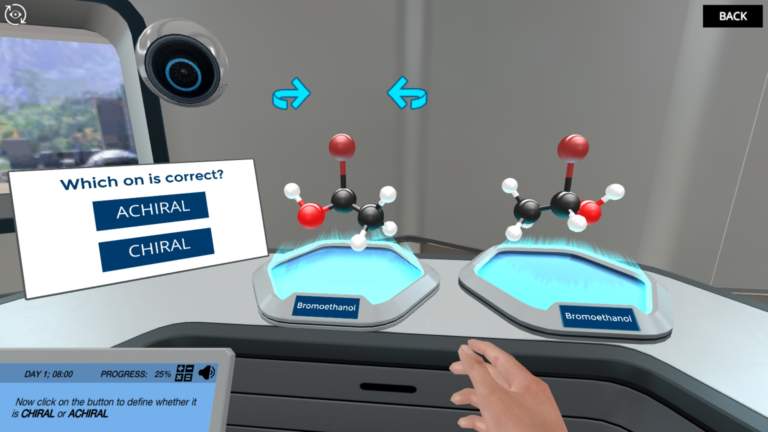
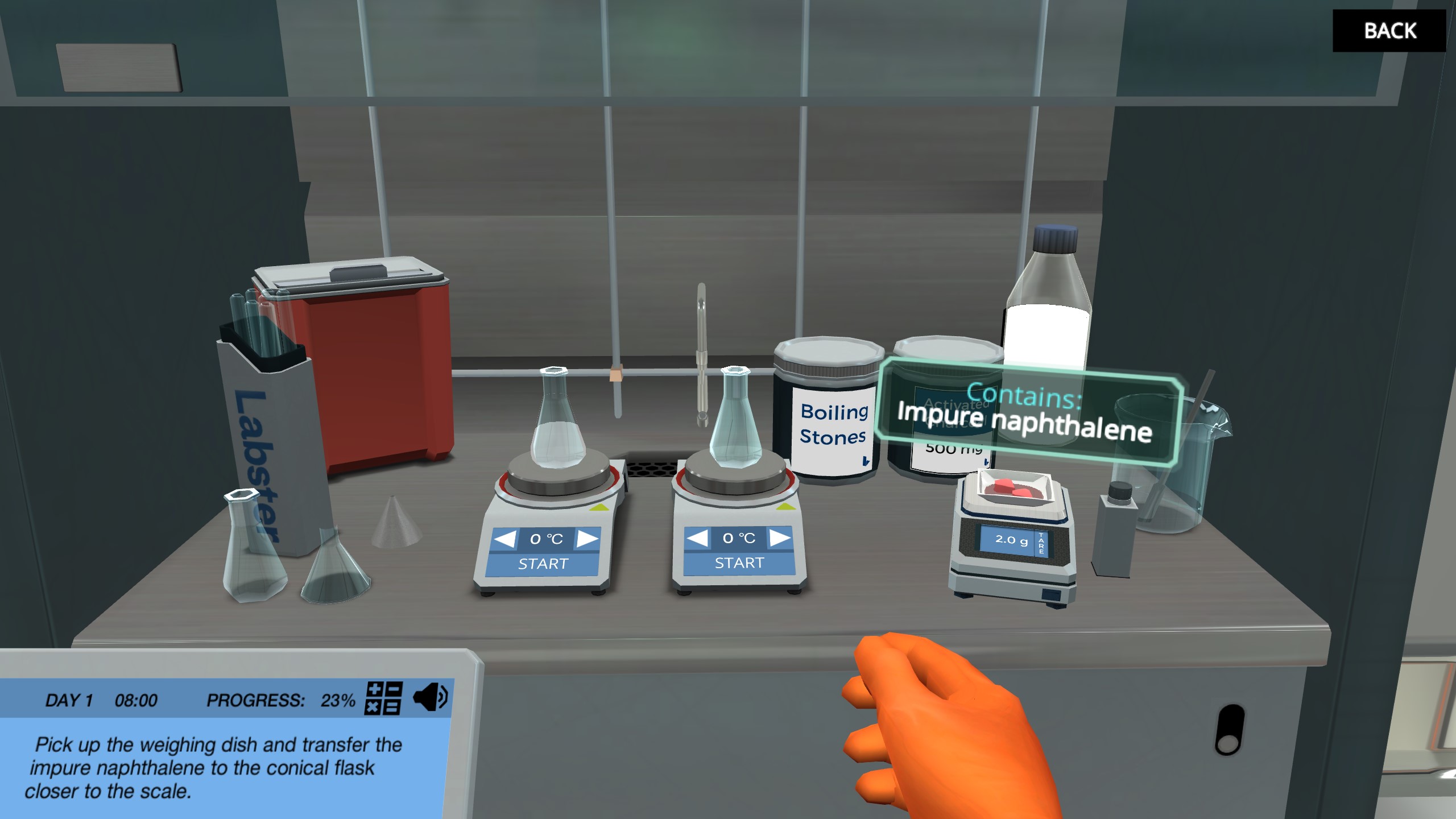
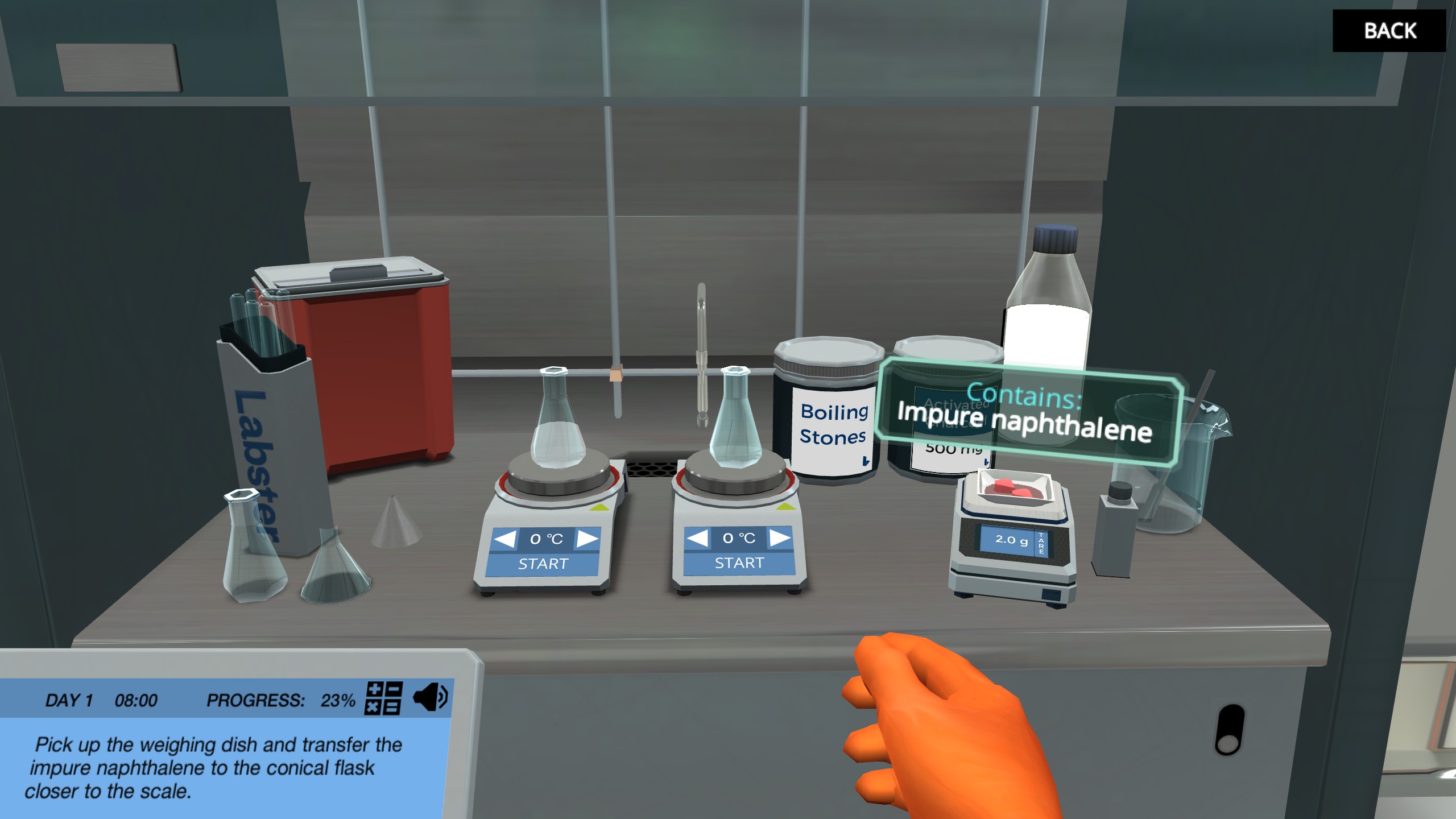
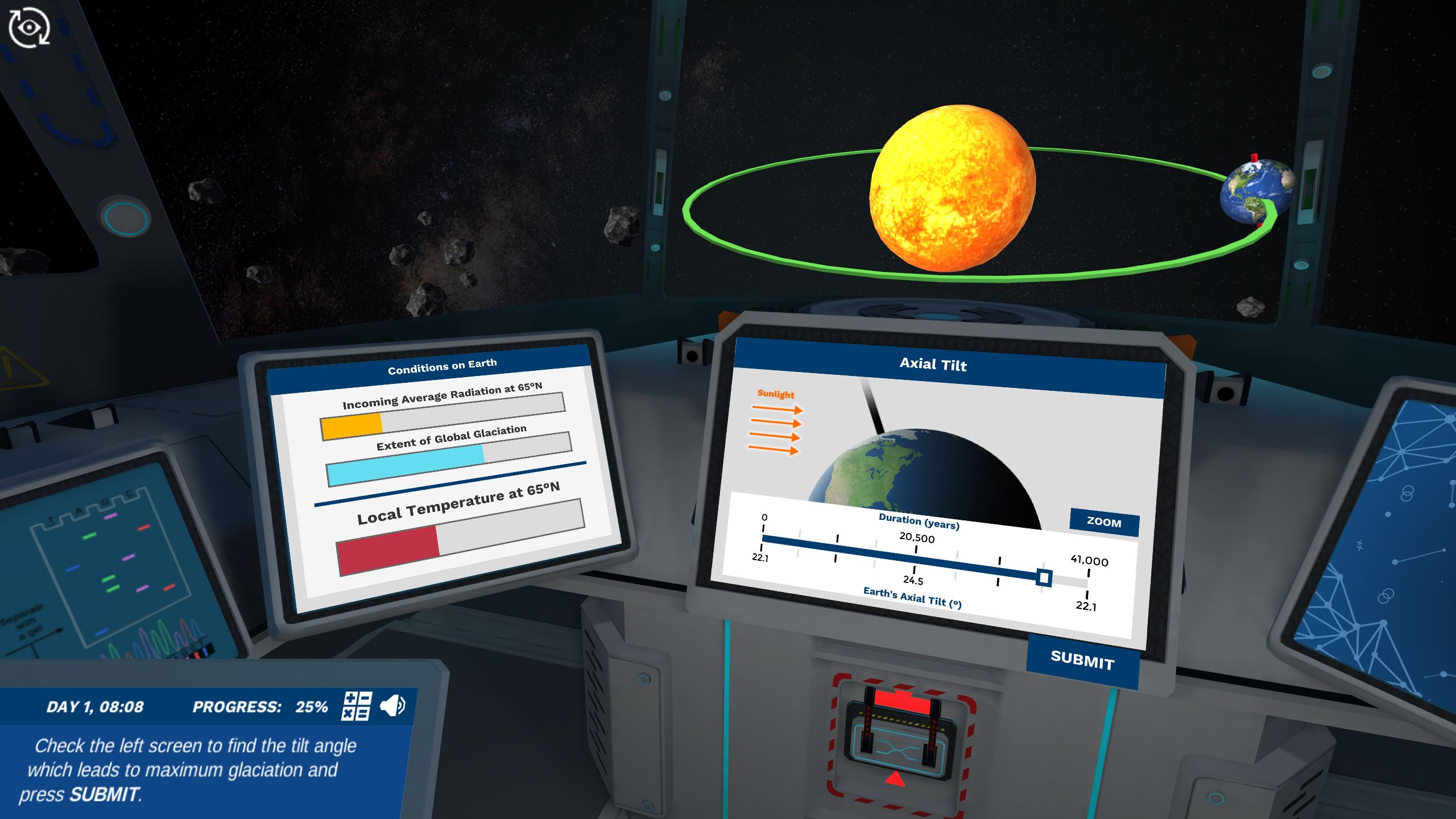
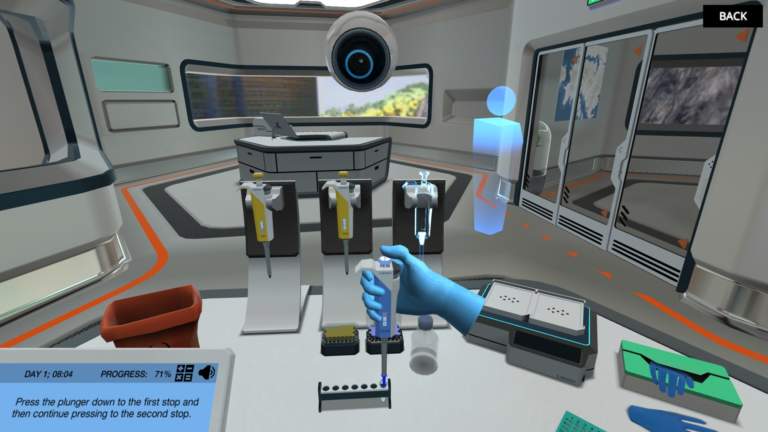
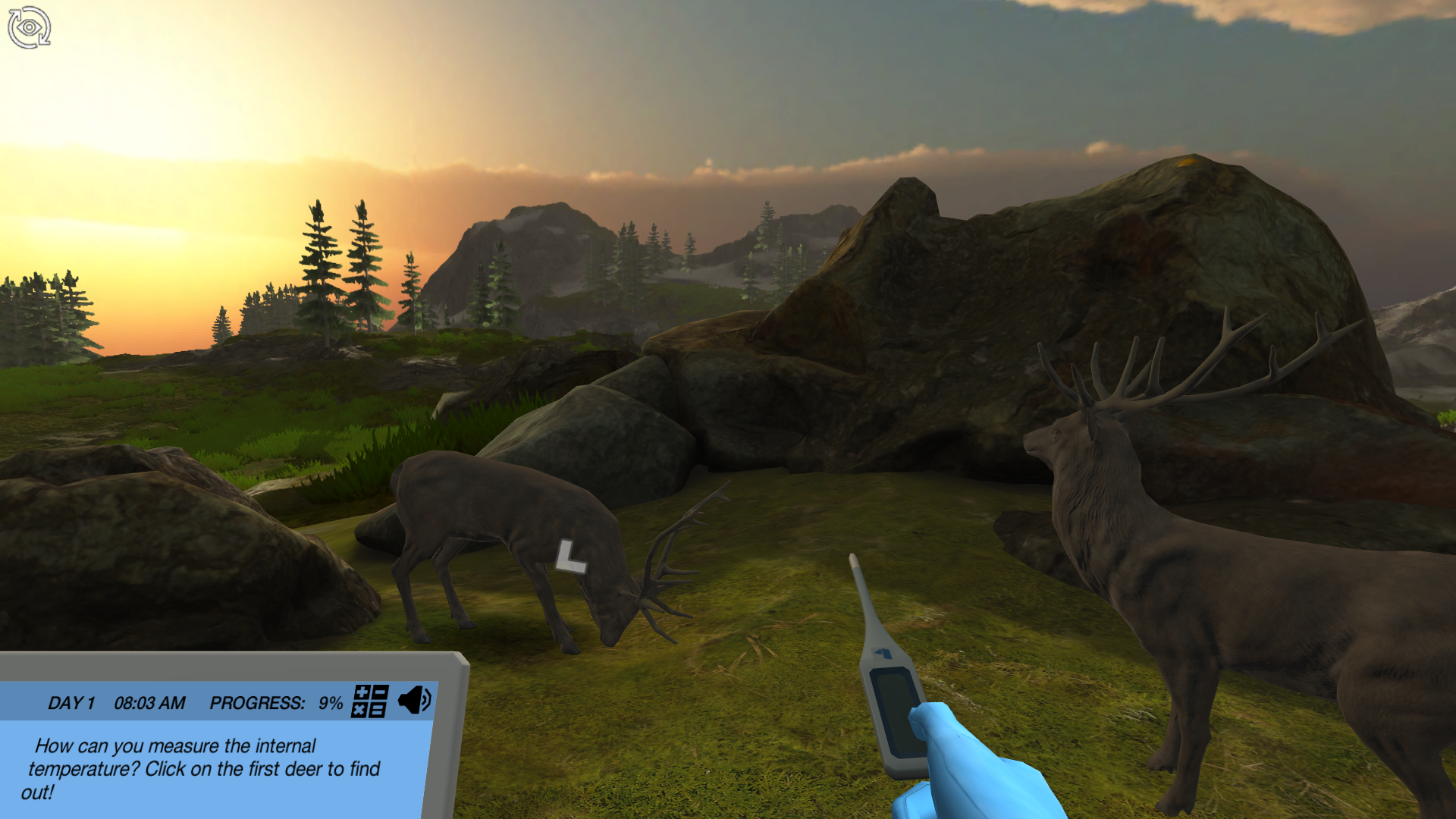
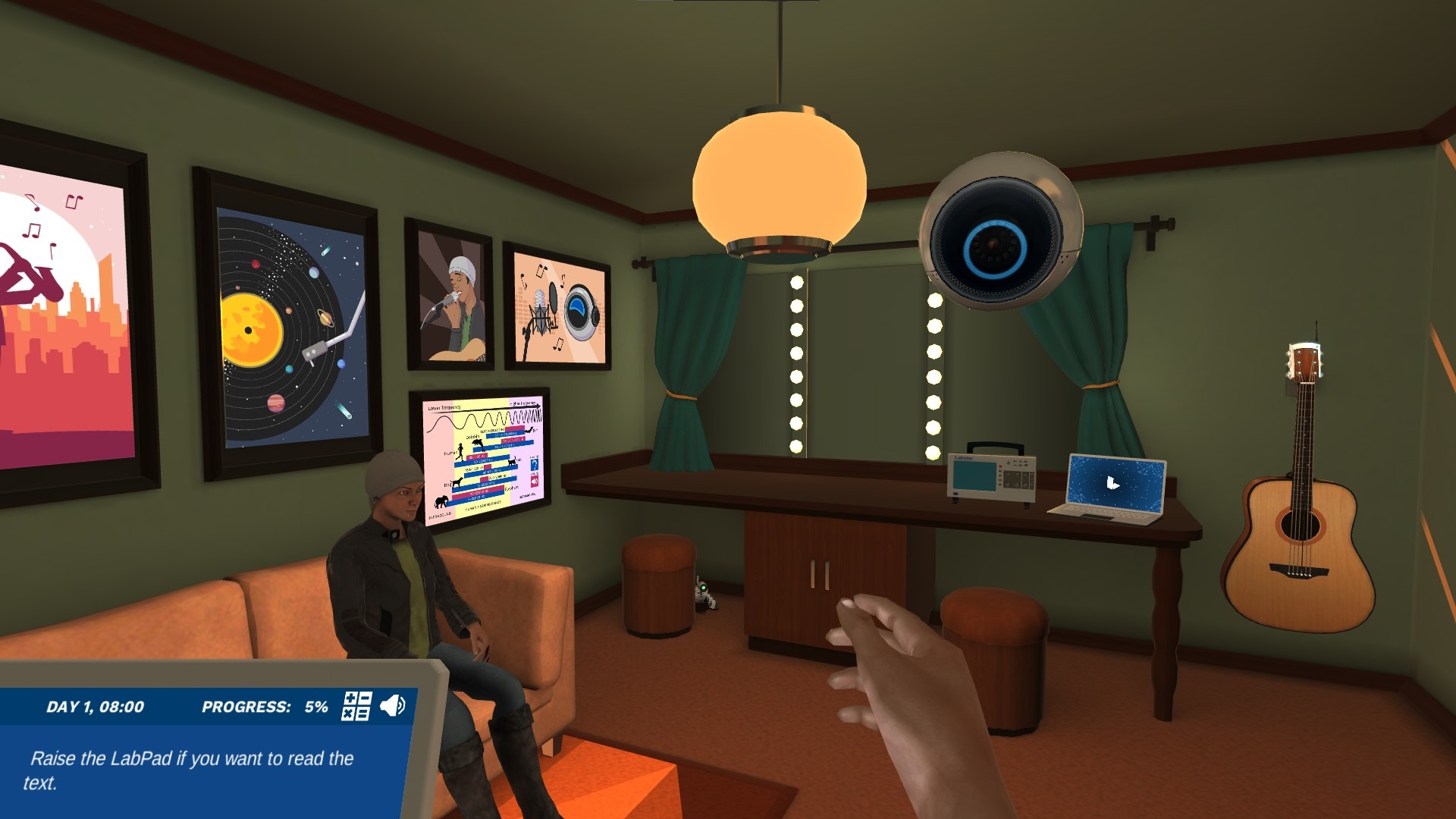

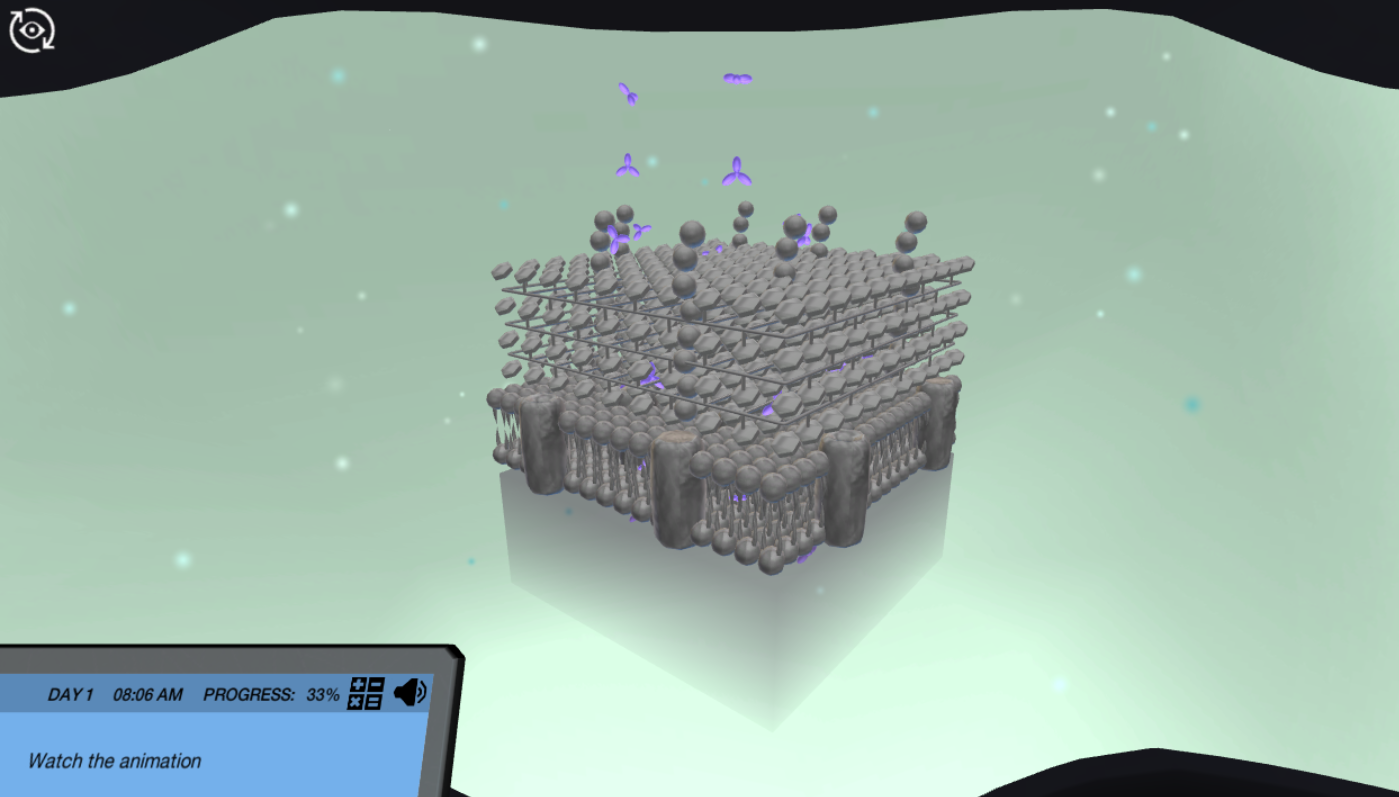
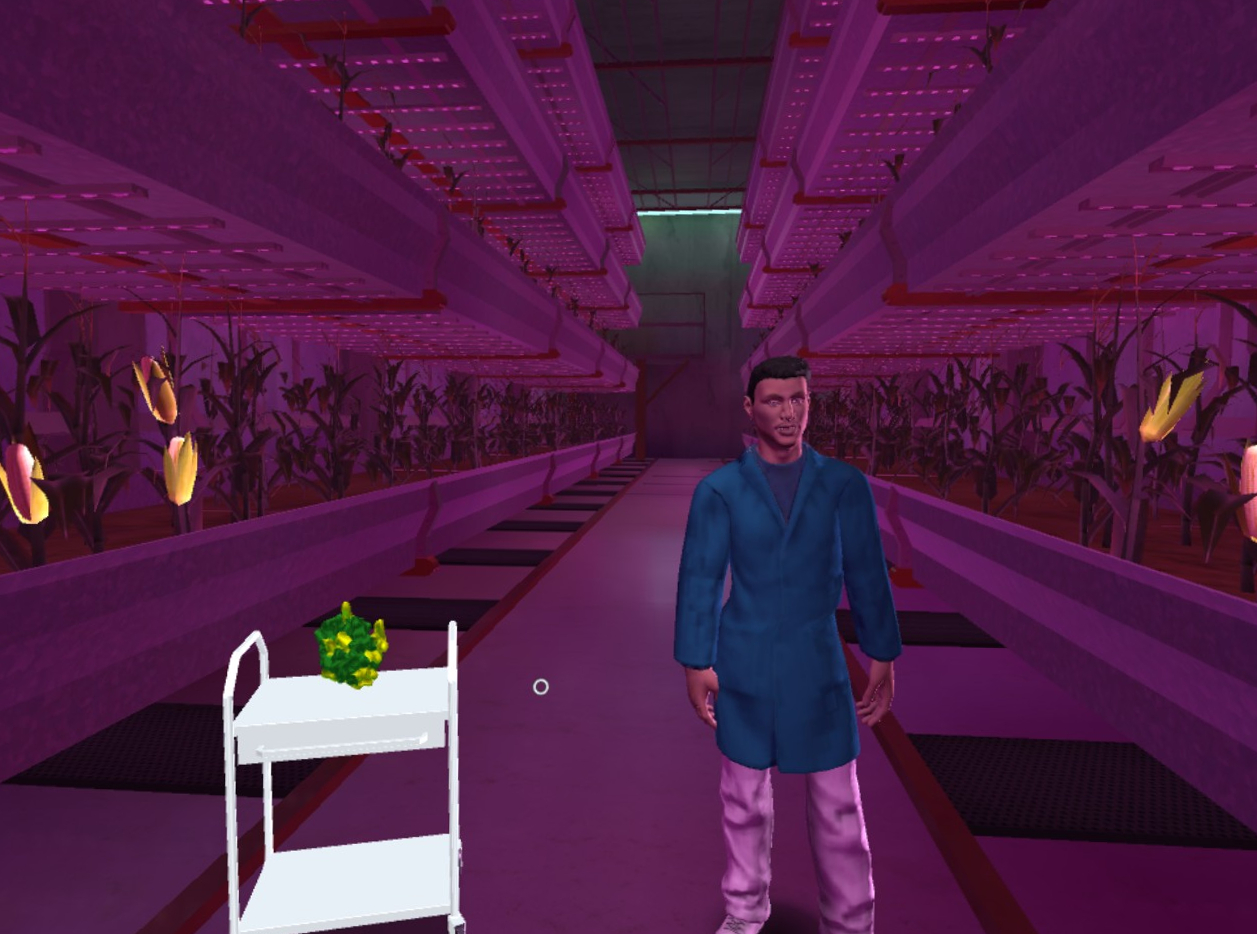

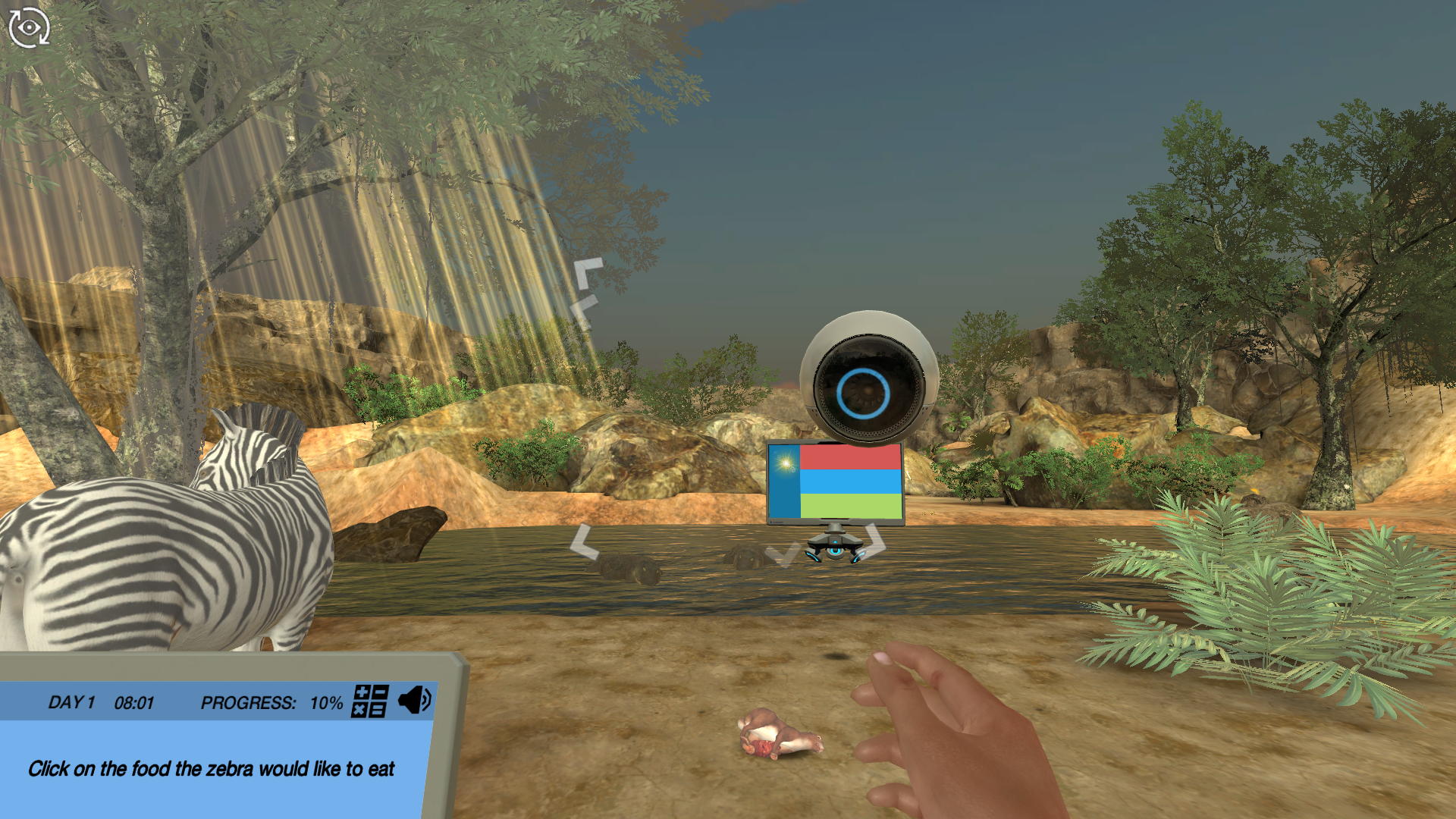
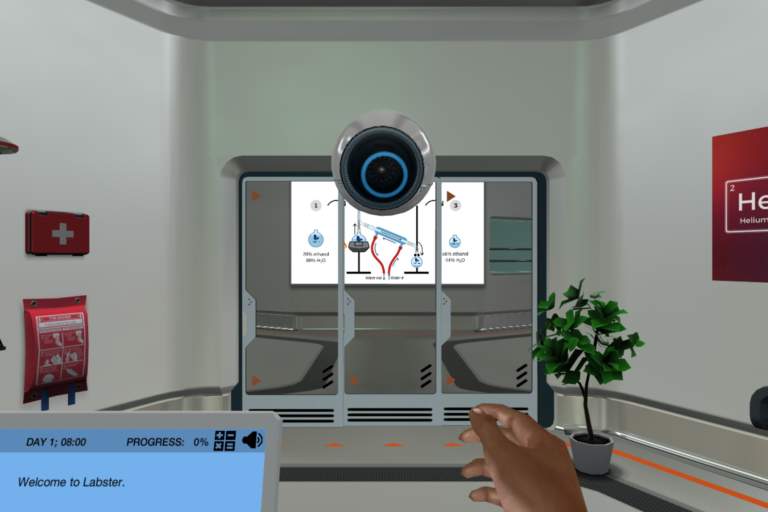
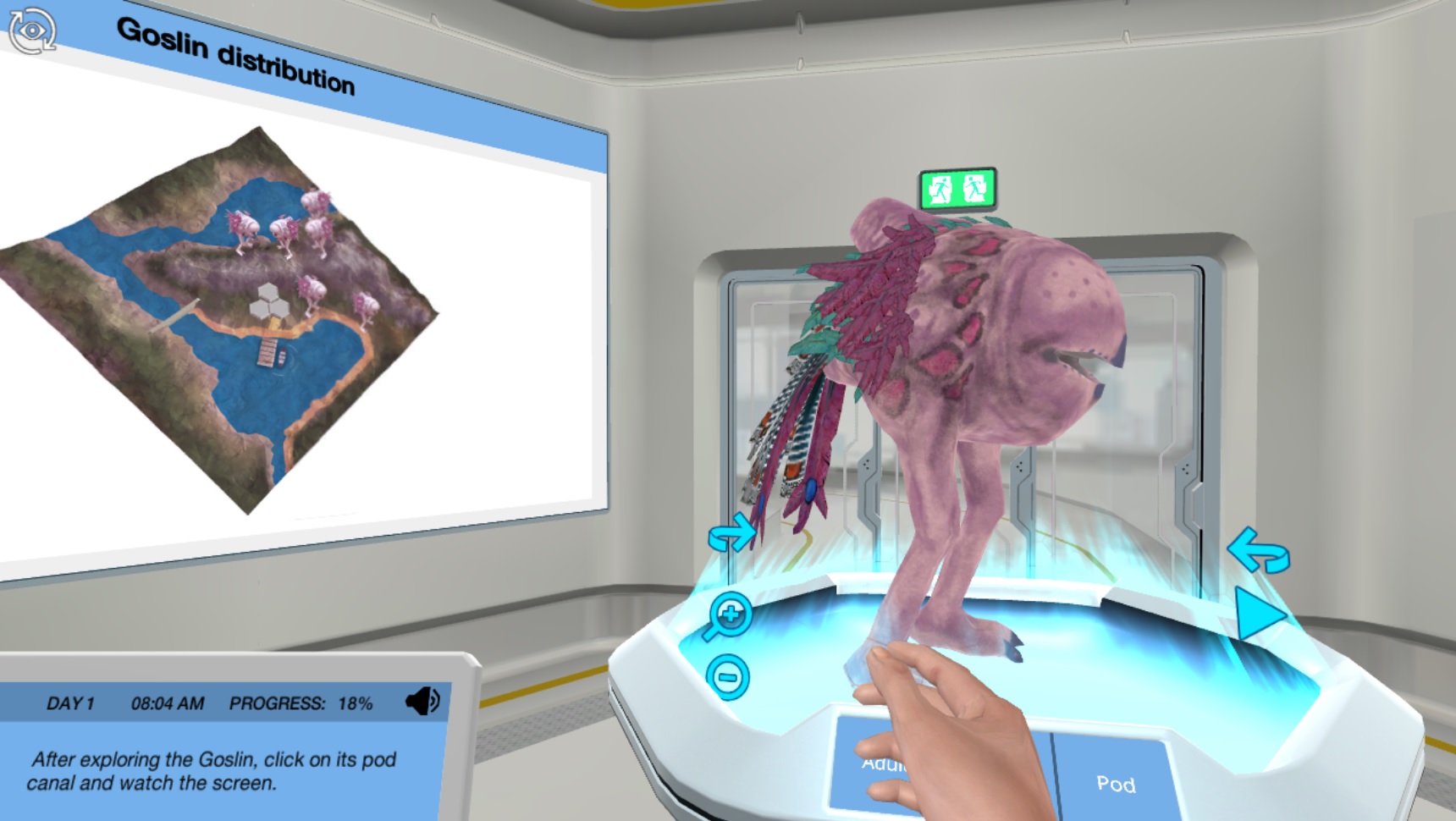
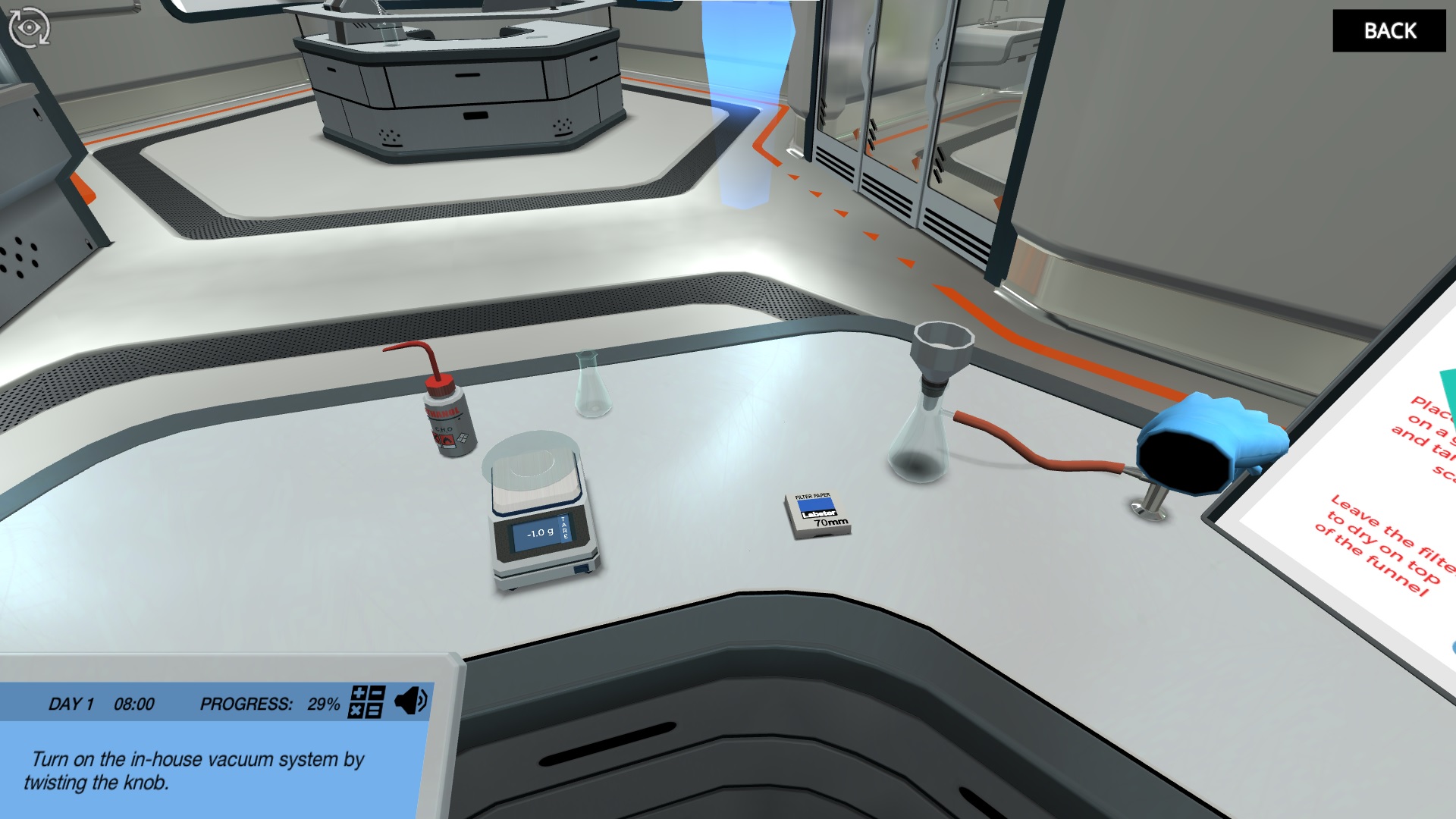
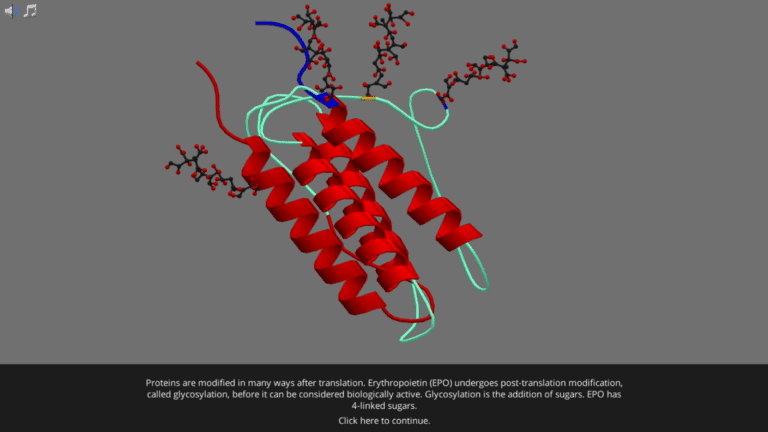
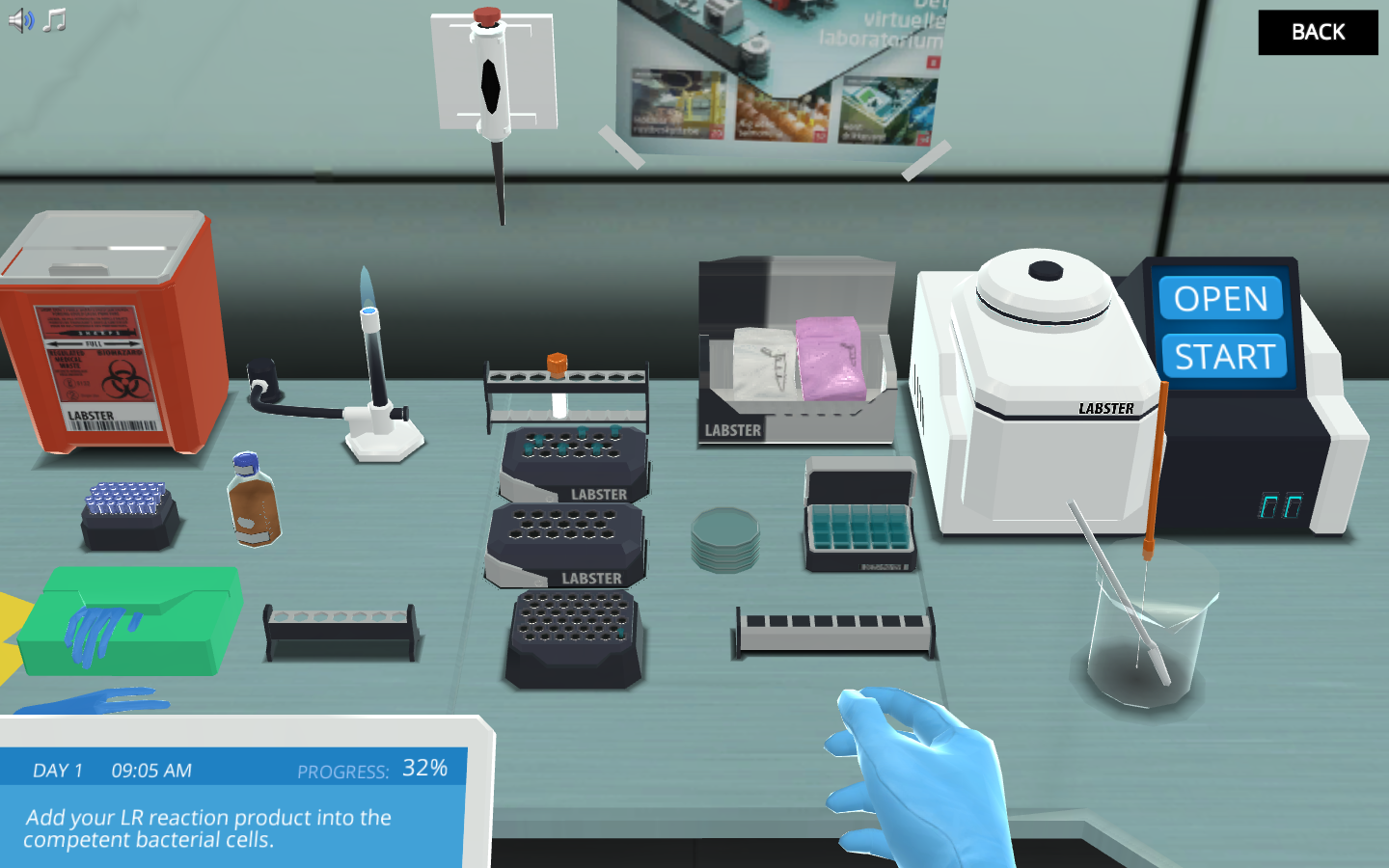
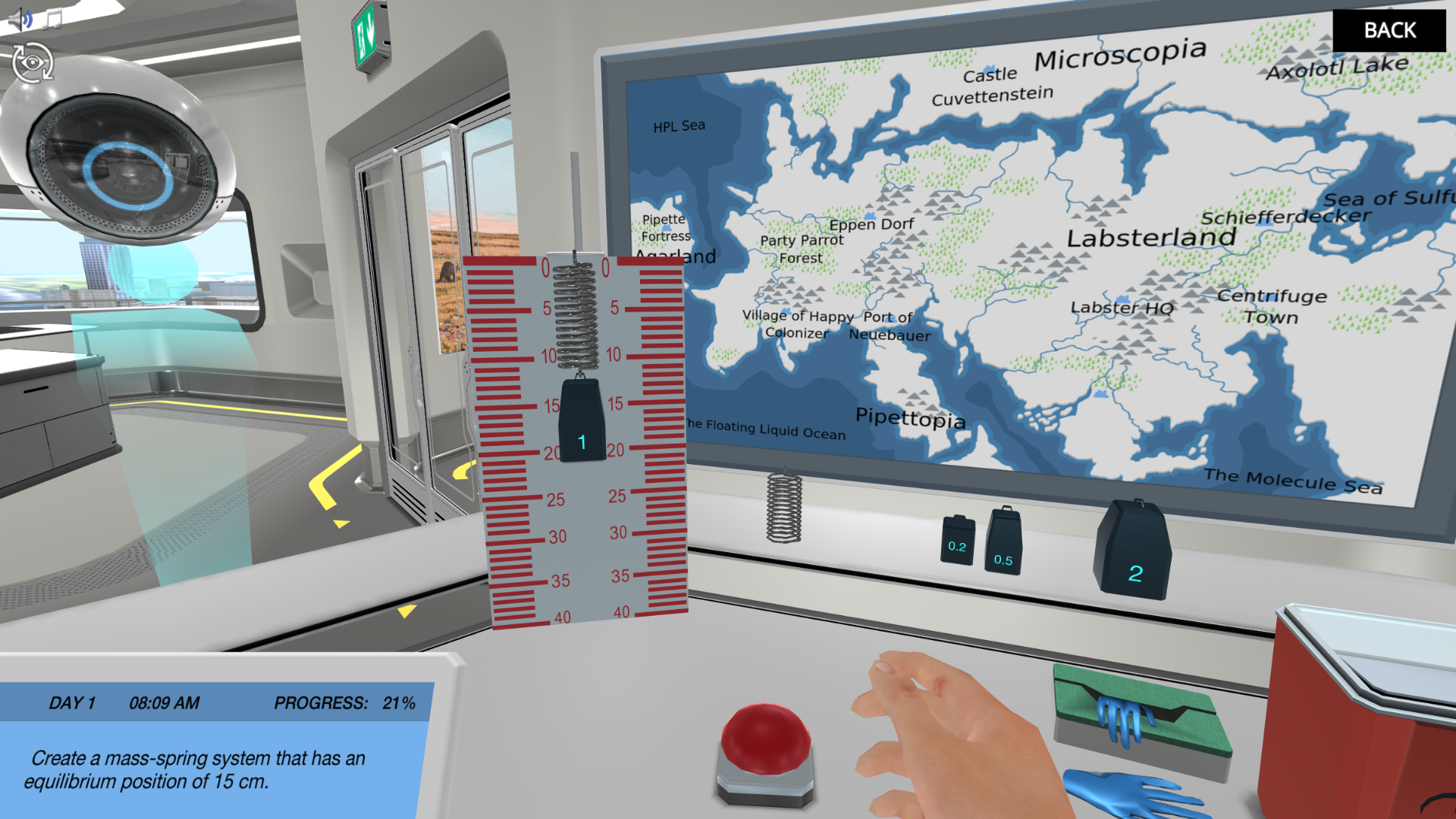
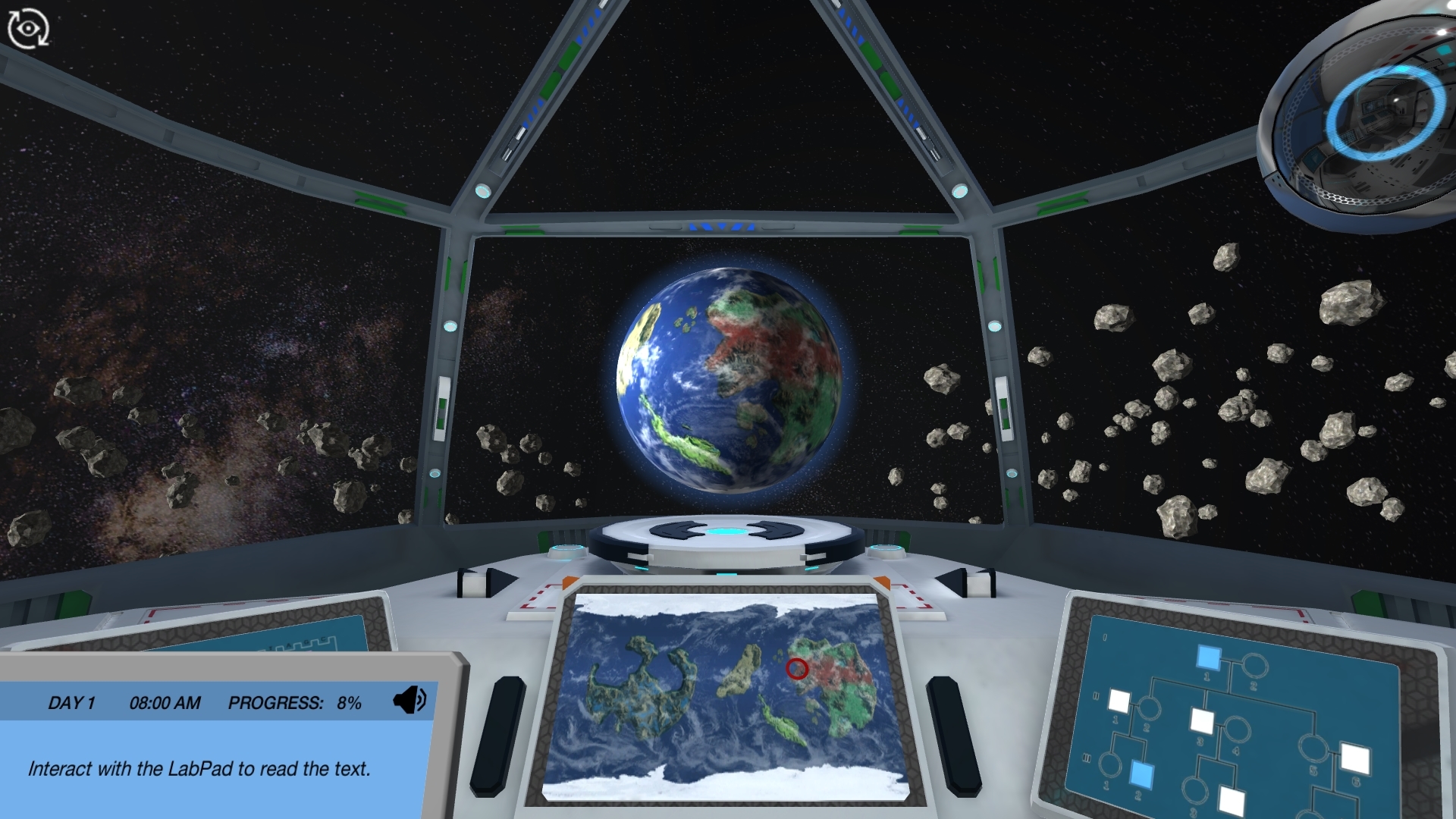
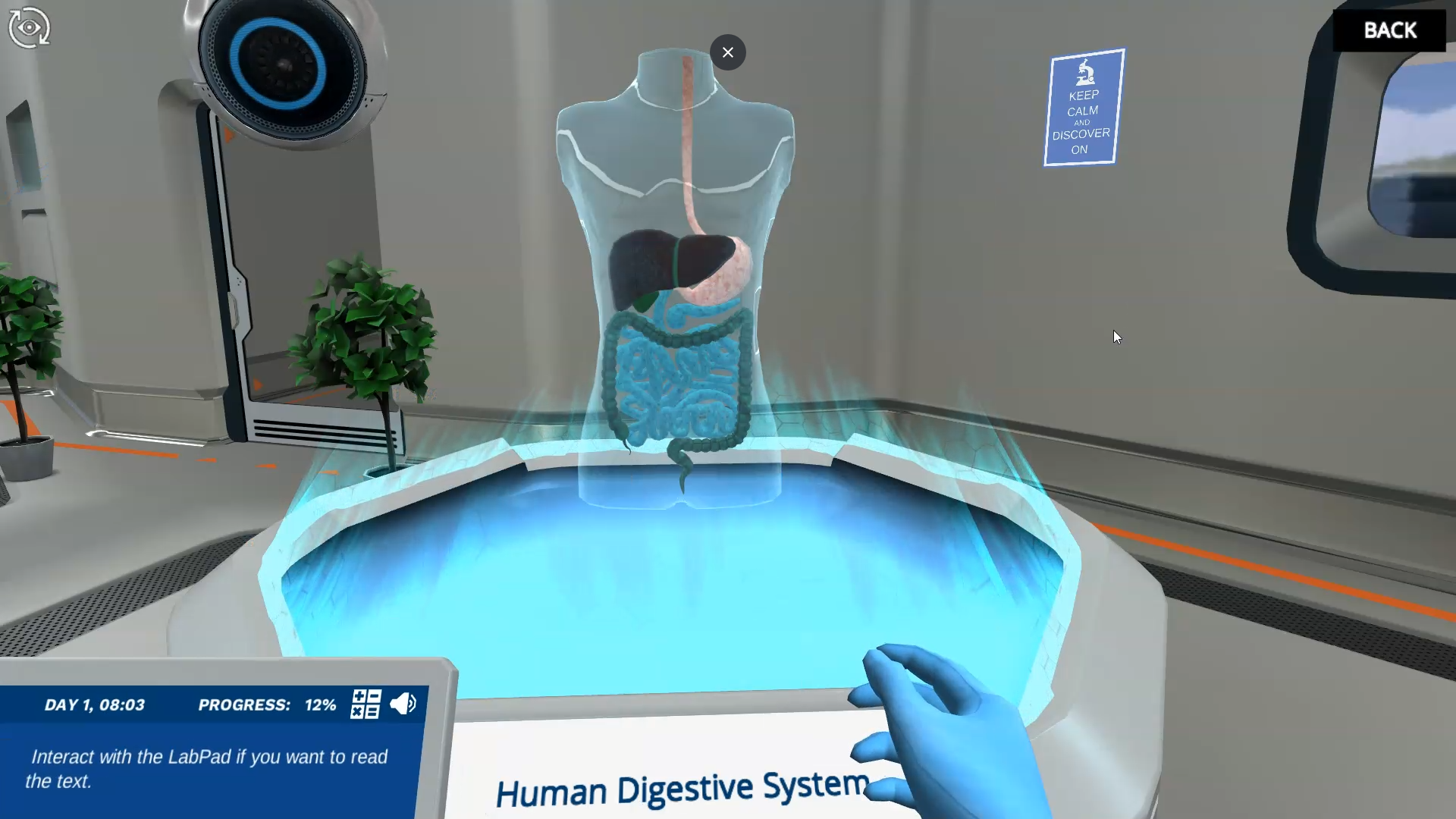
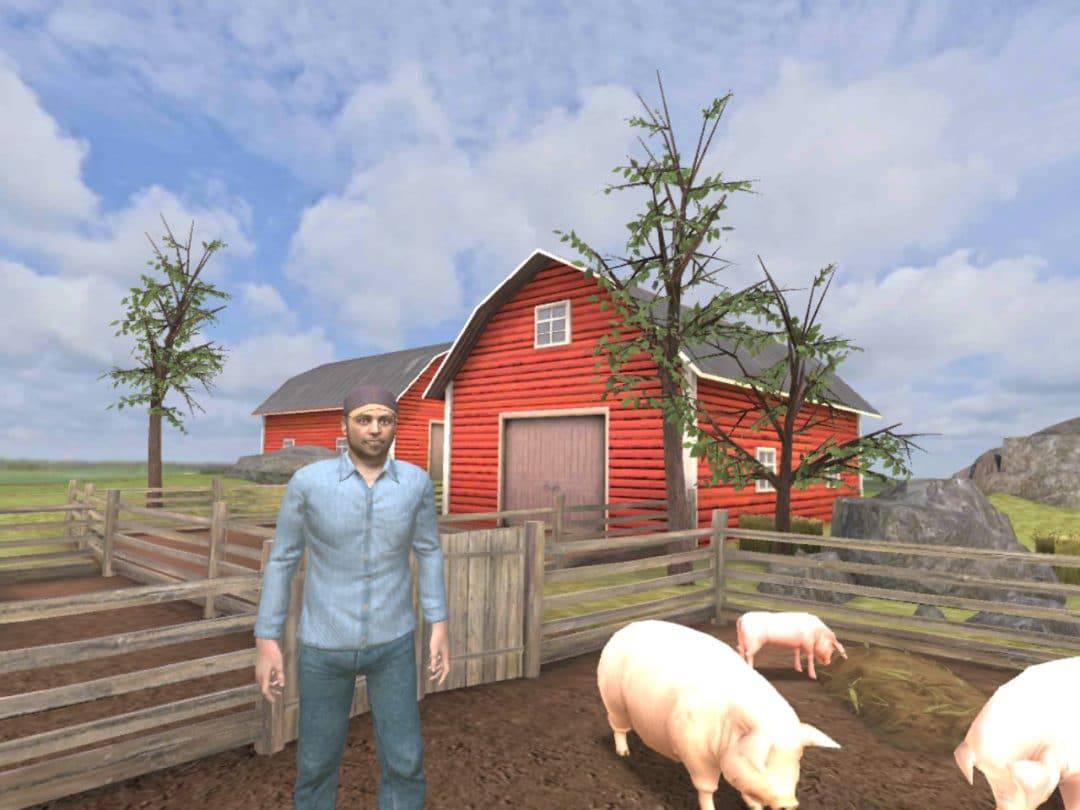
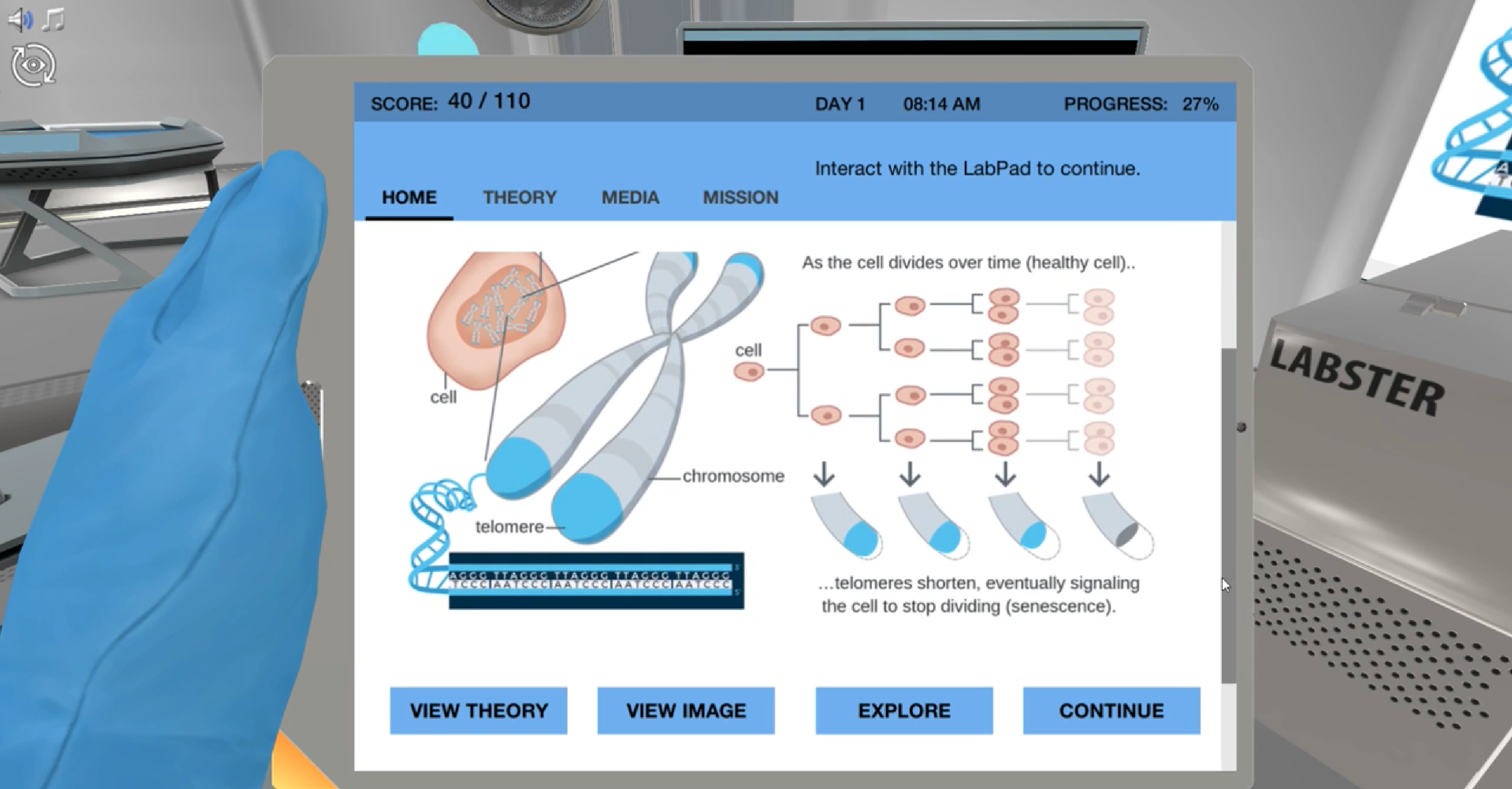
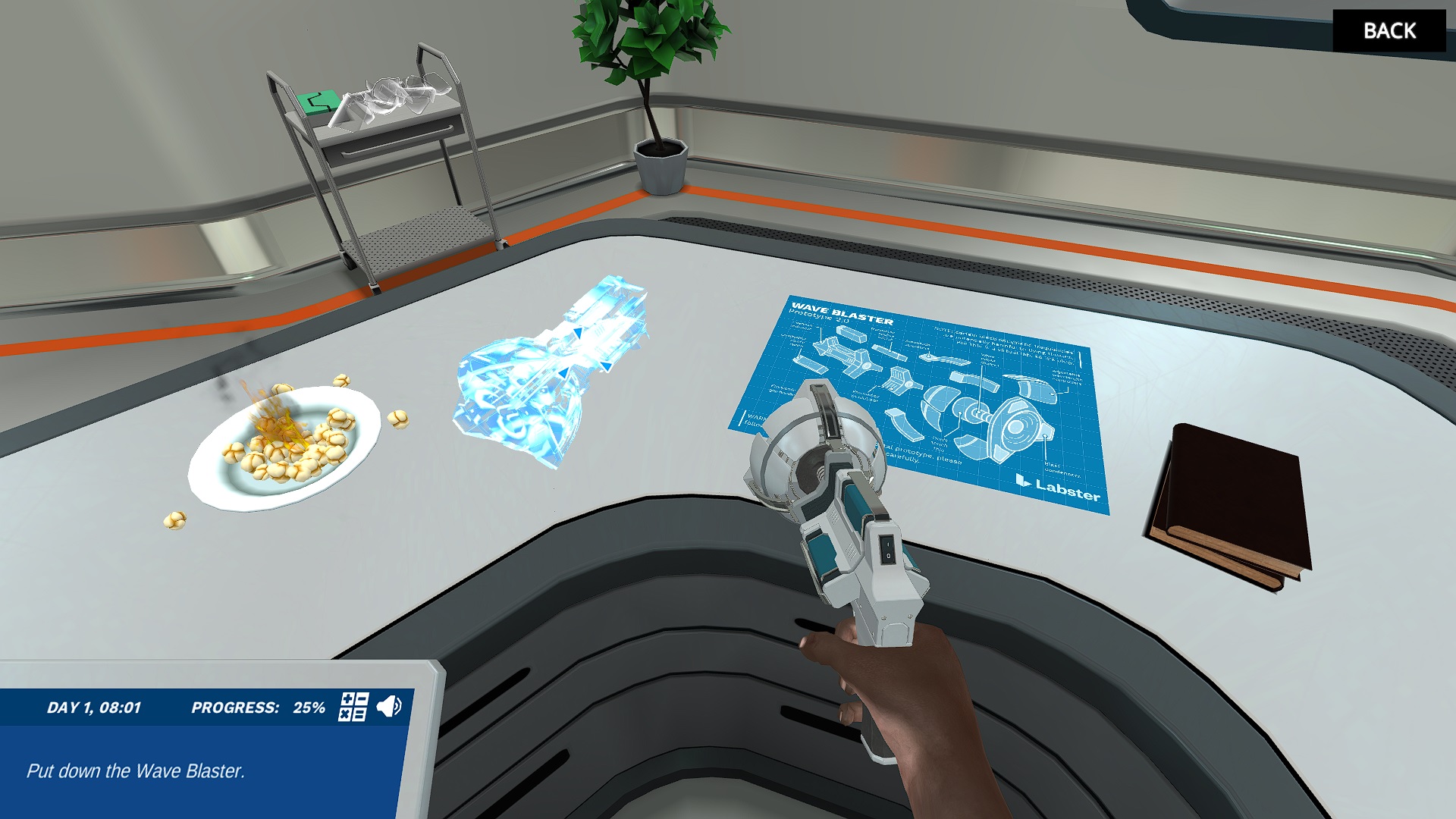
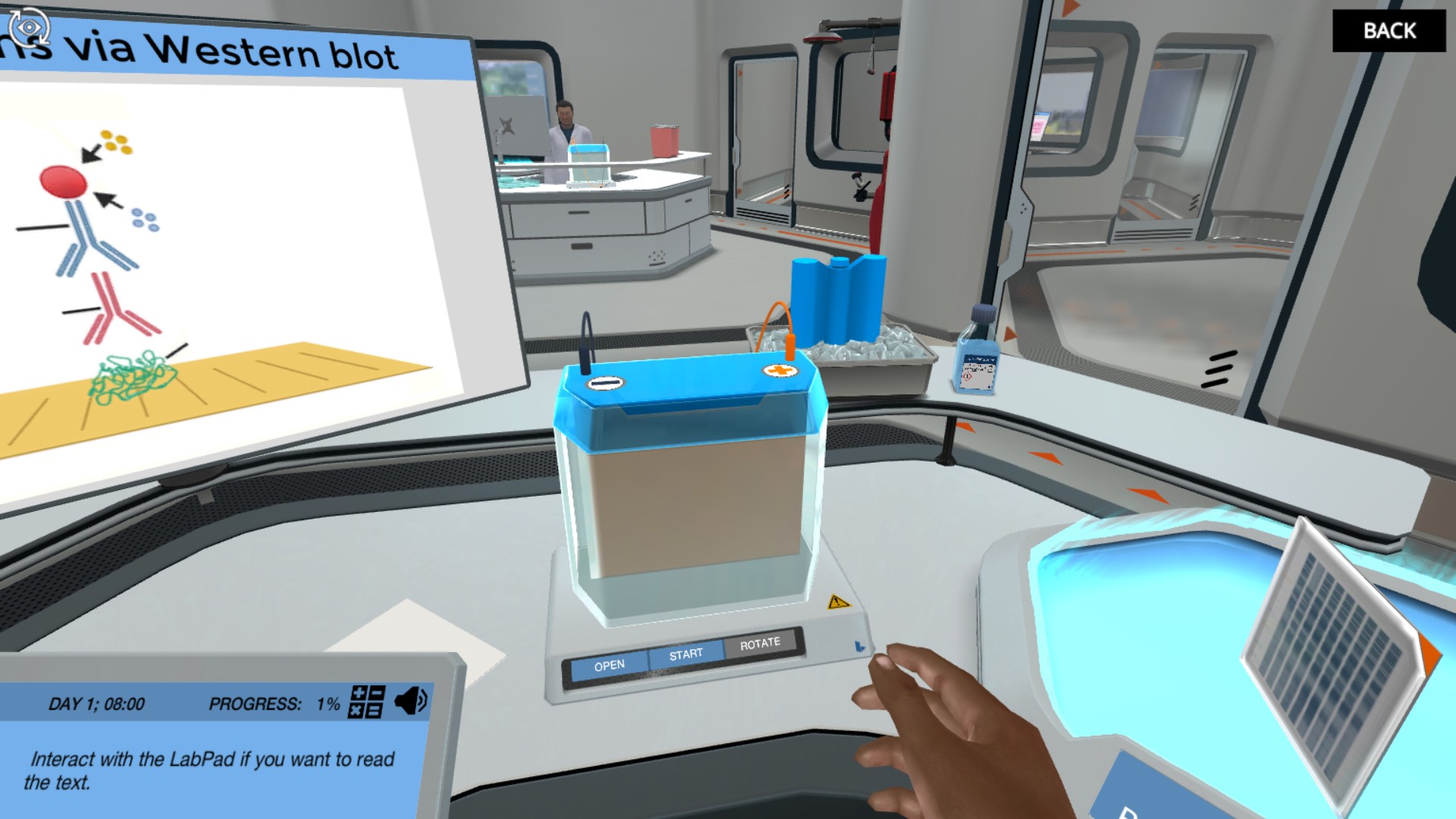
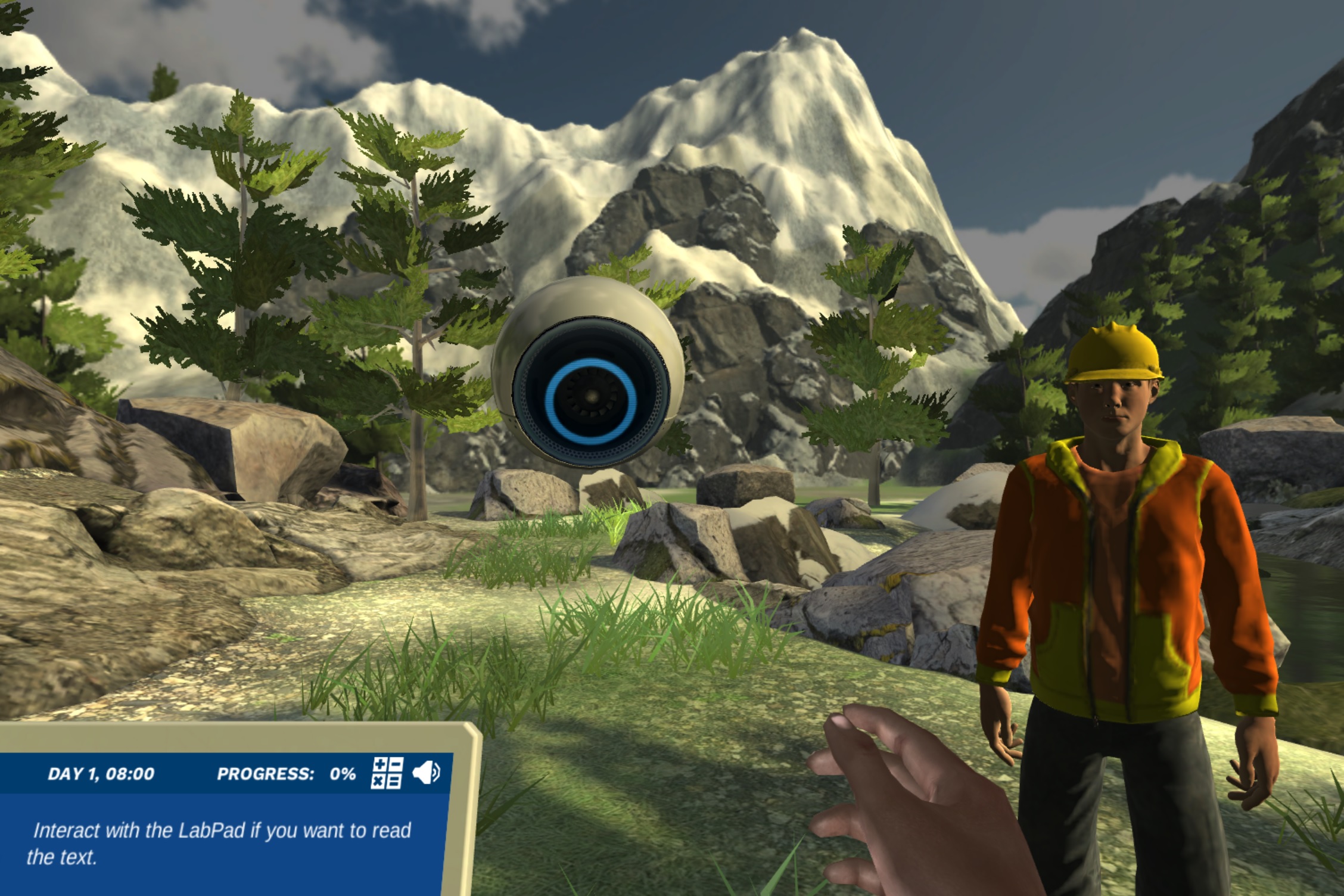
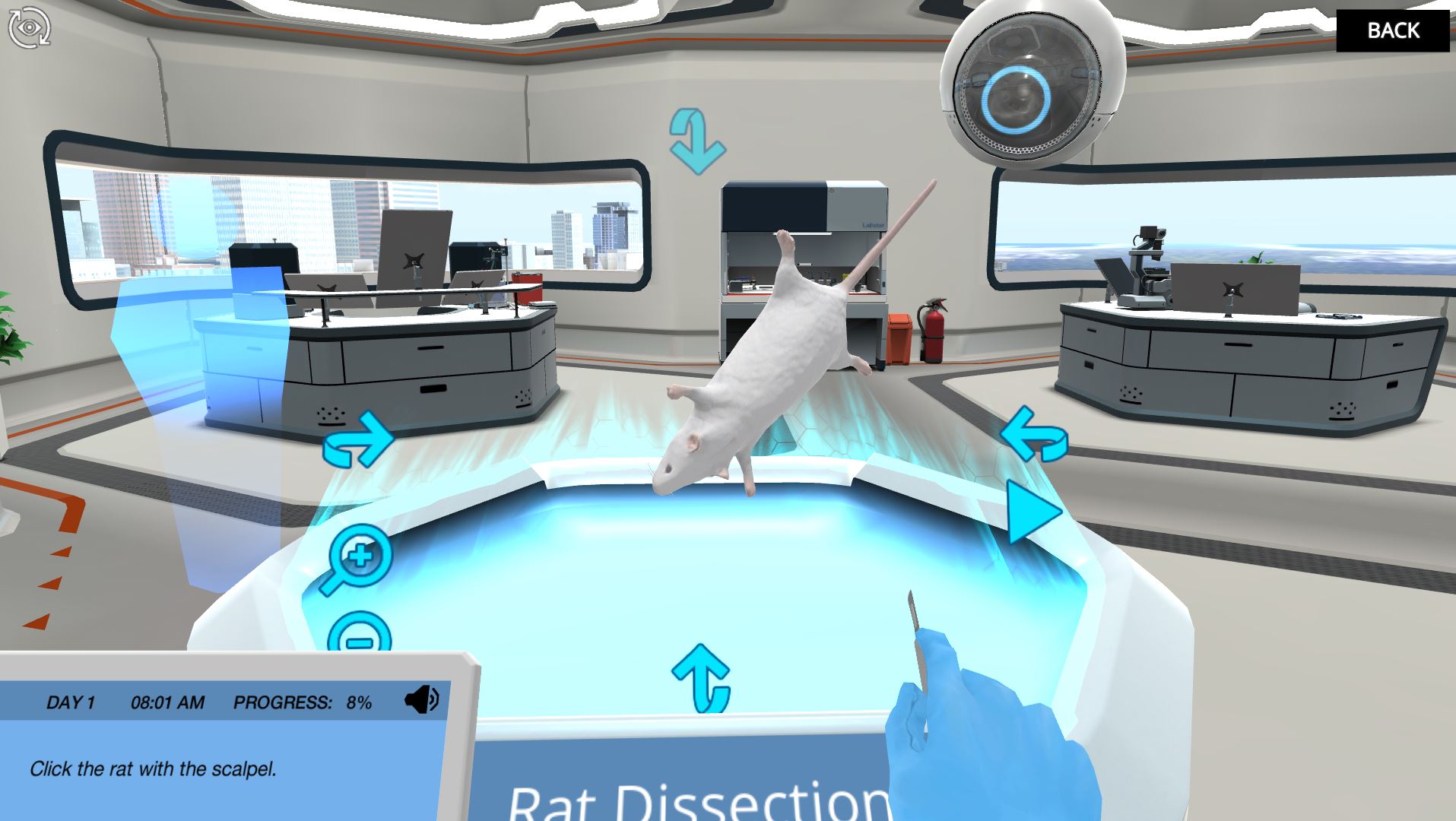
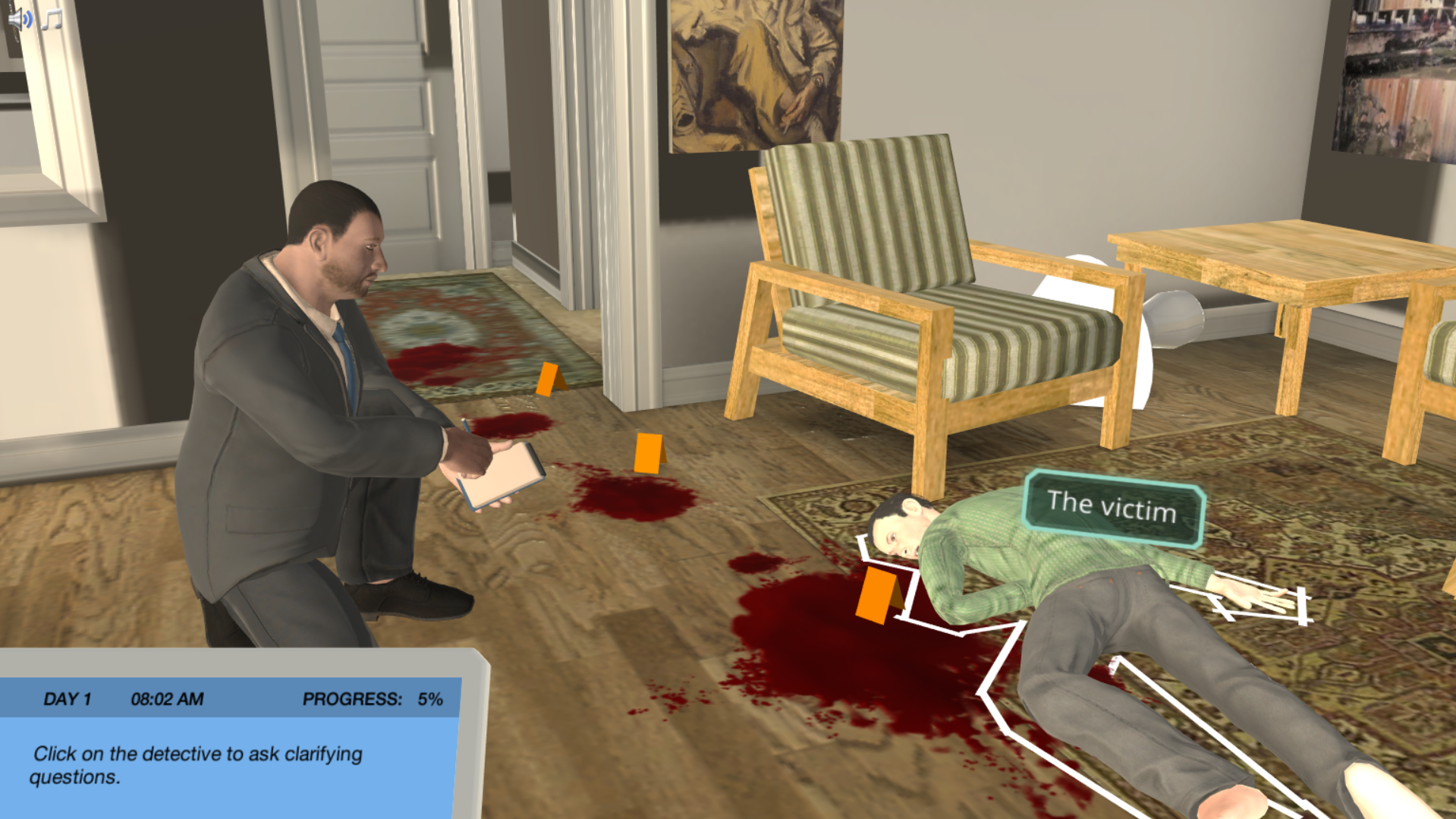
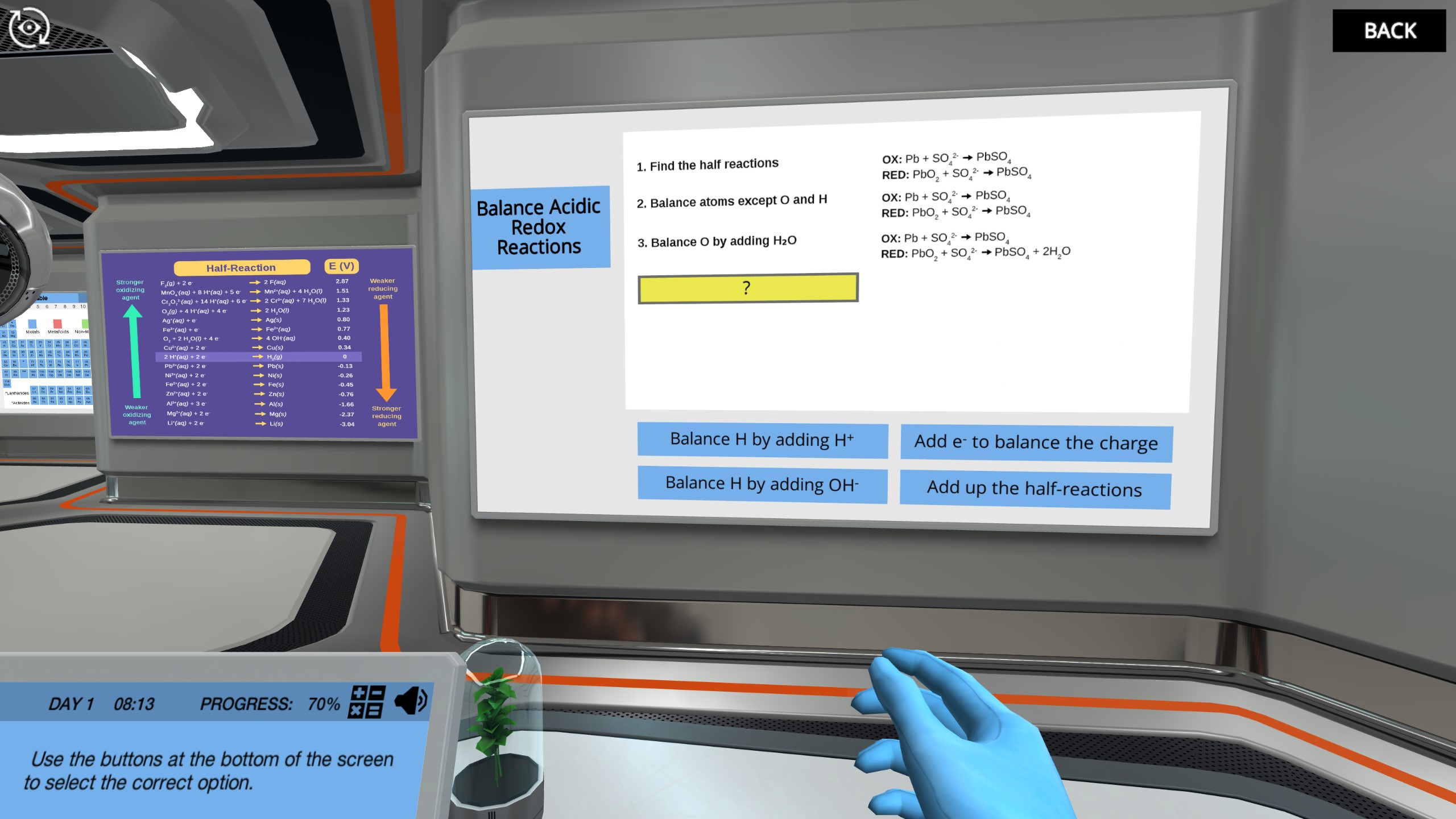
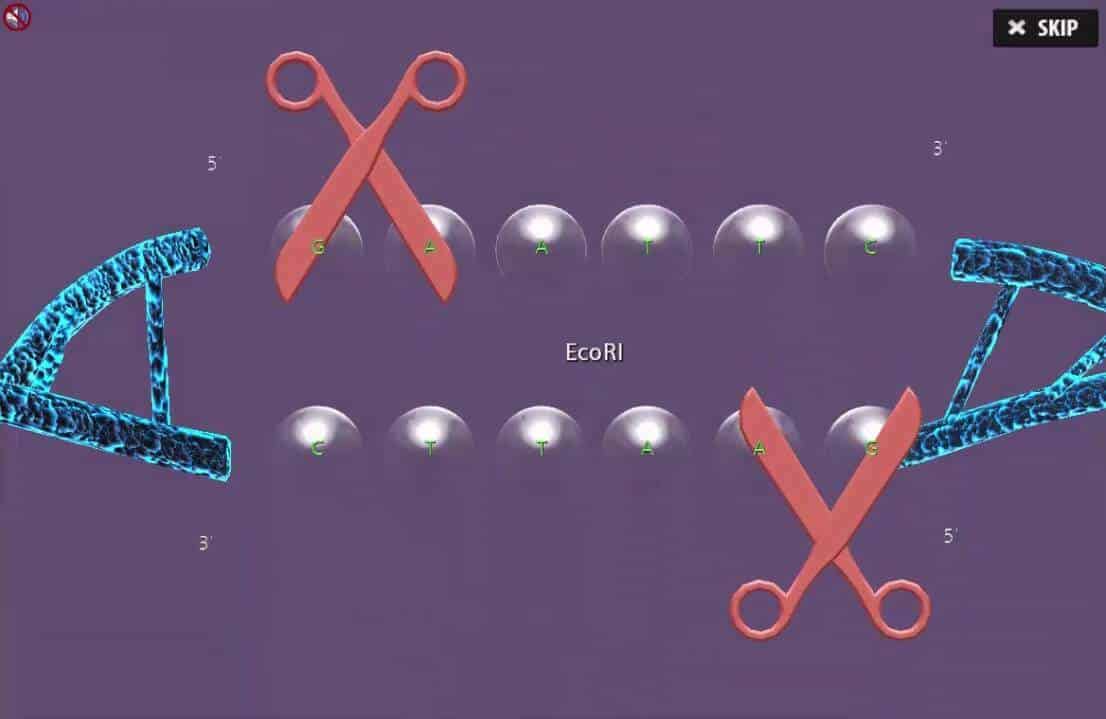
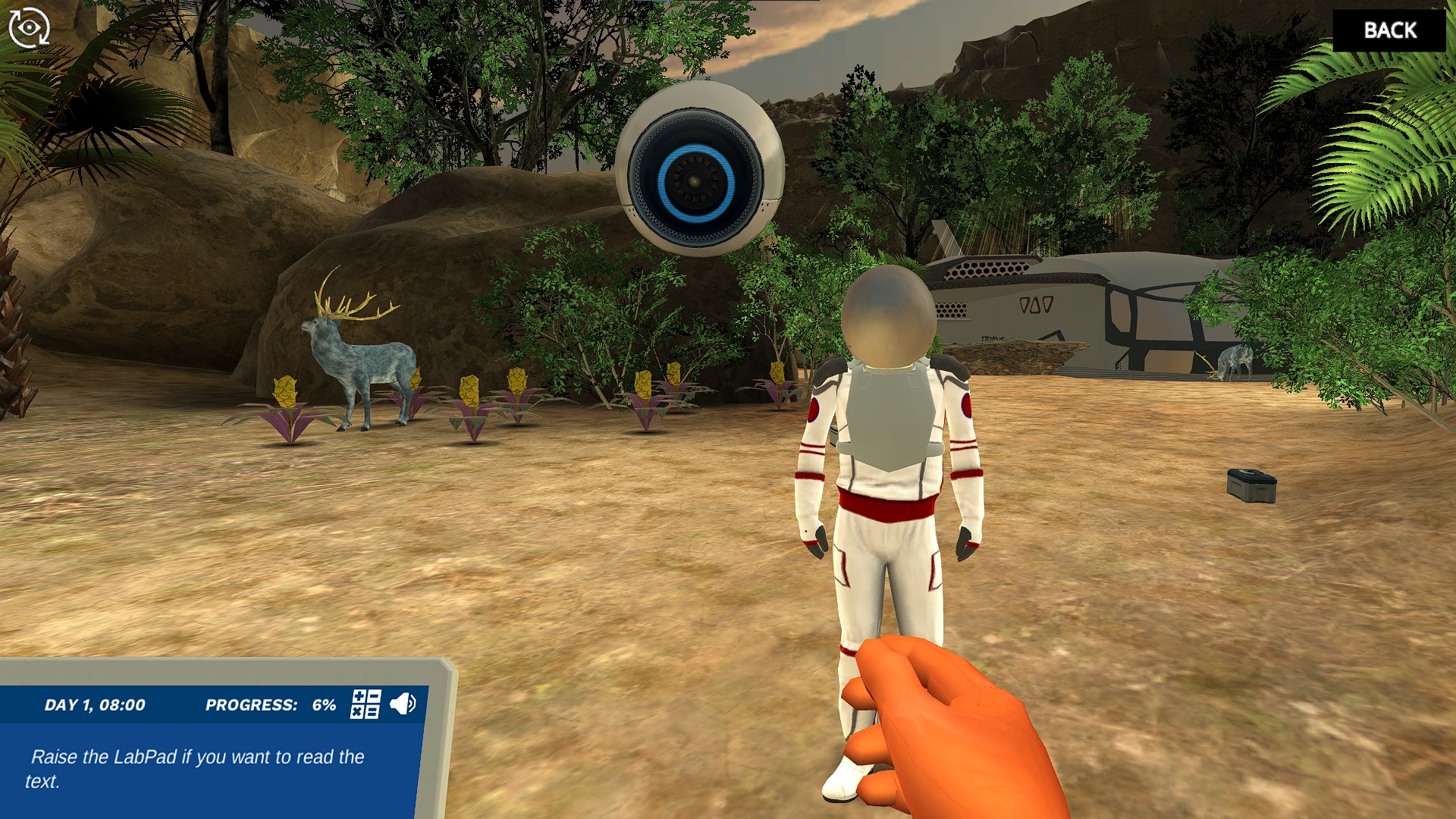
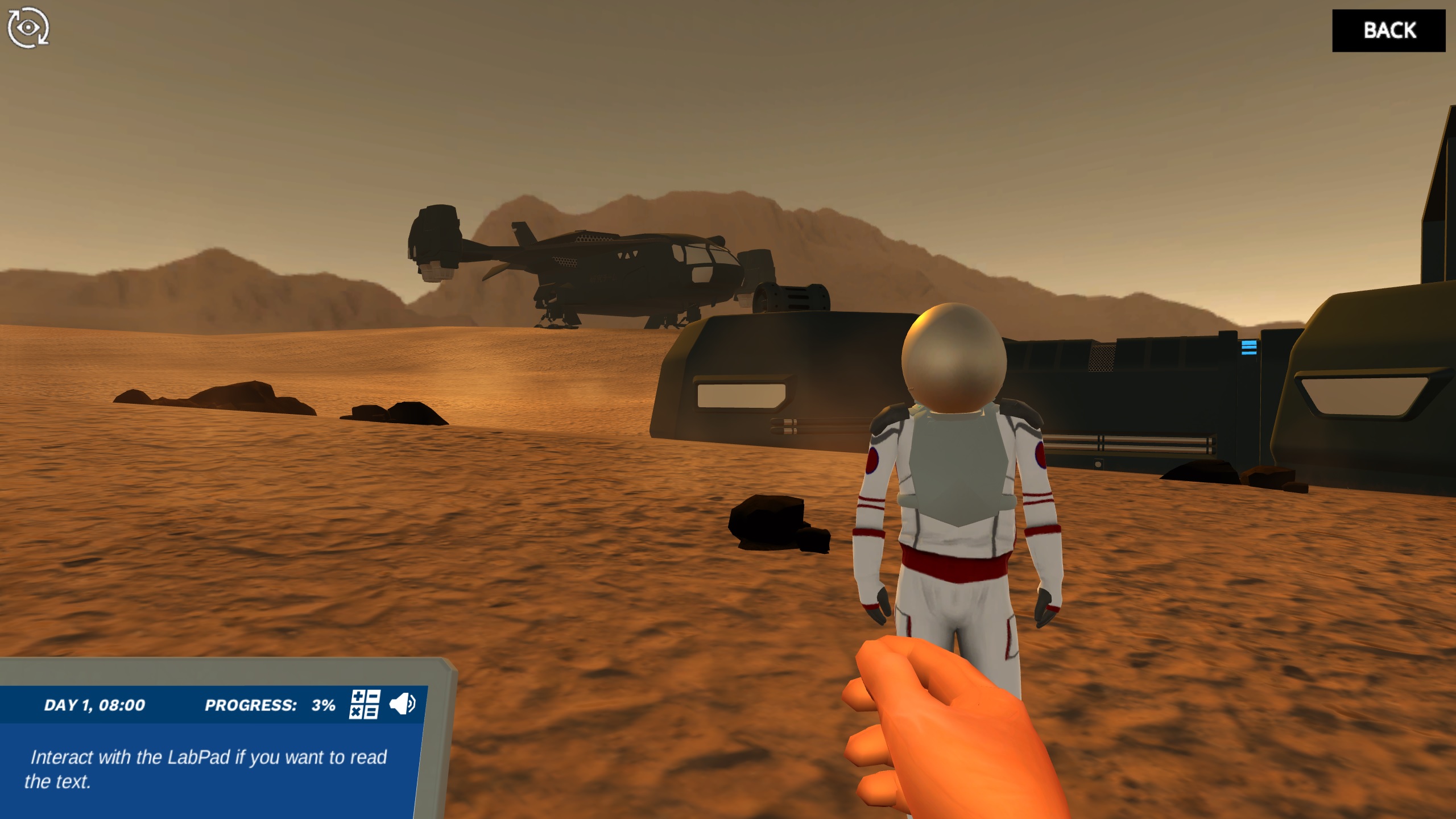
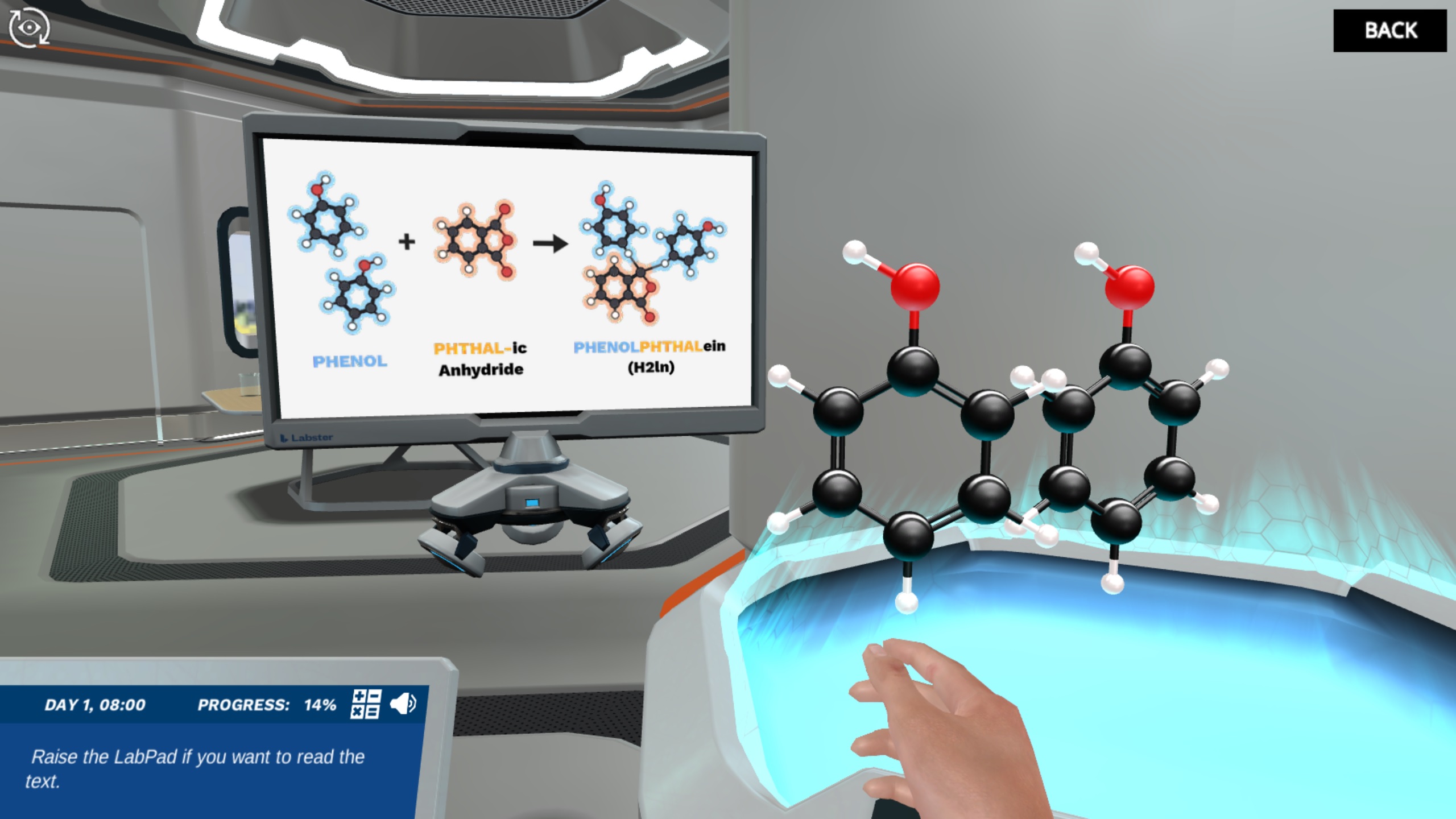
.png)
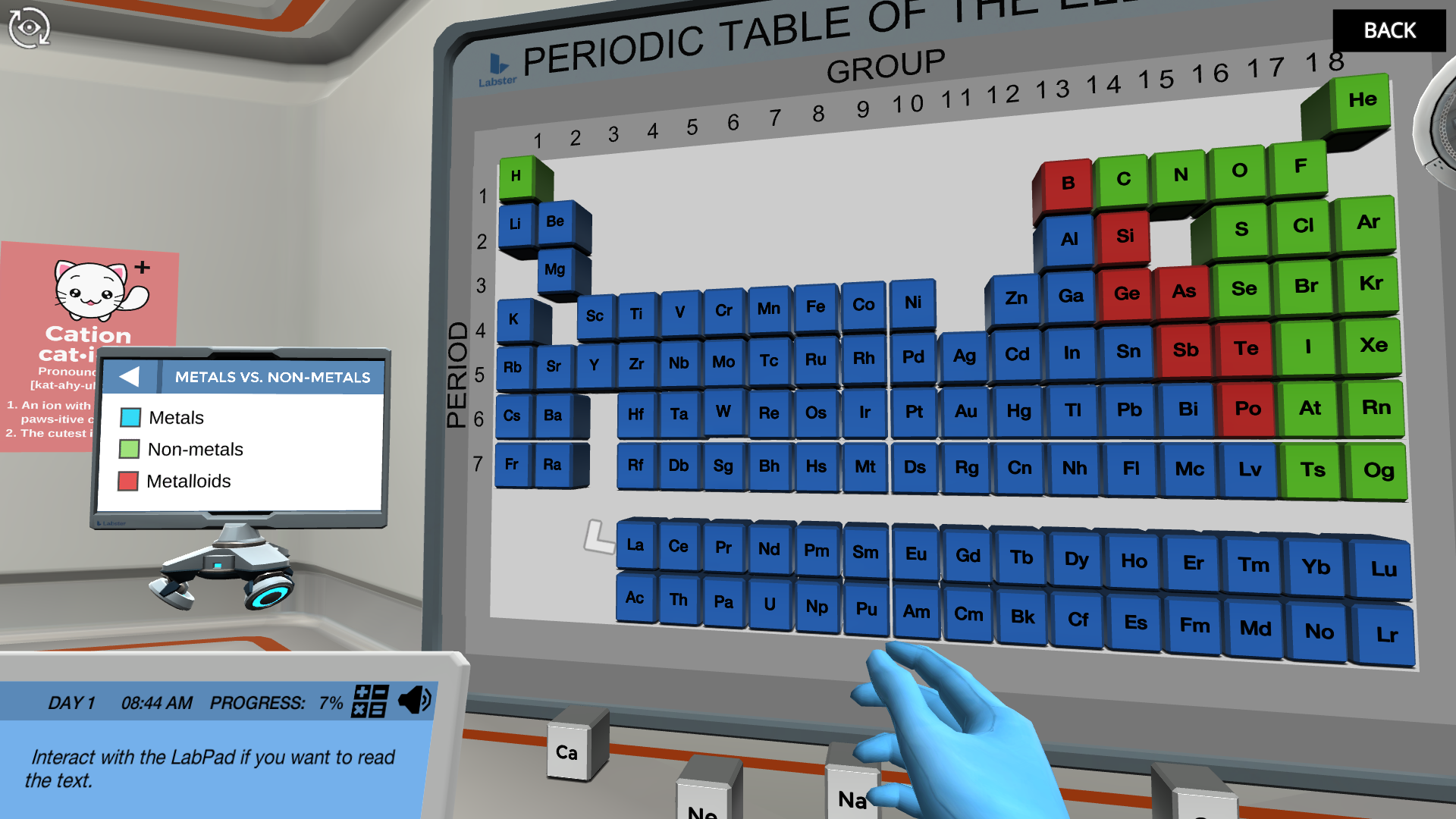
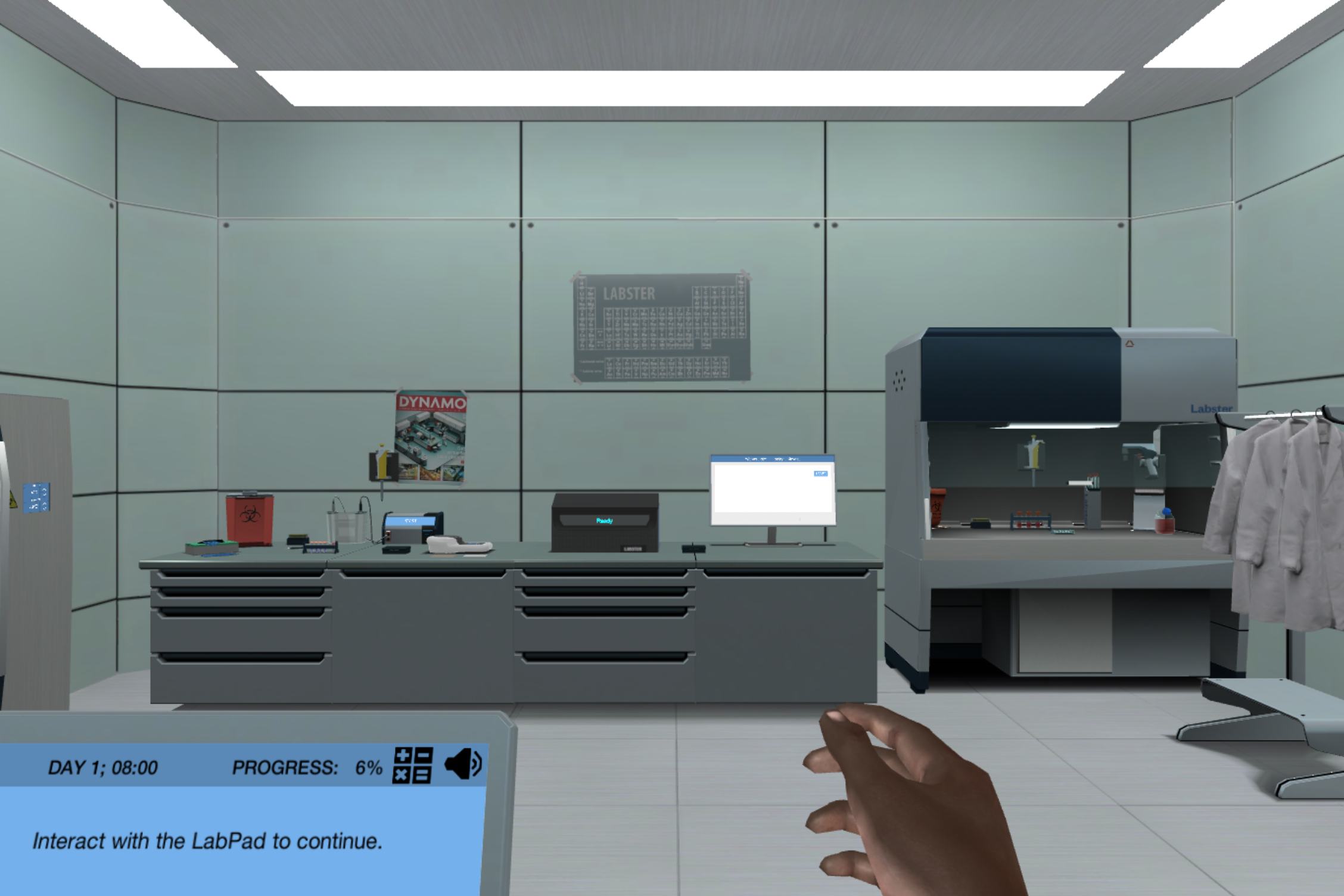
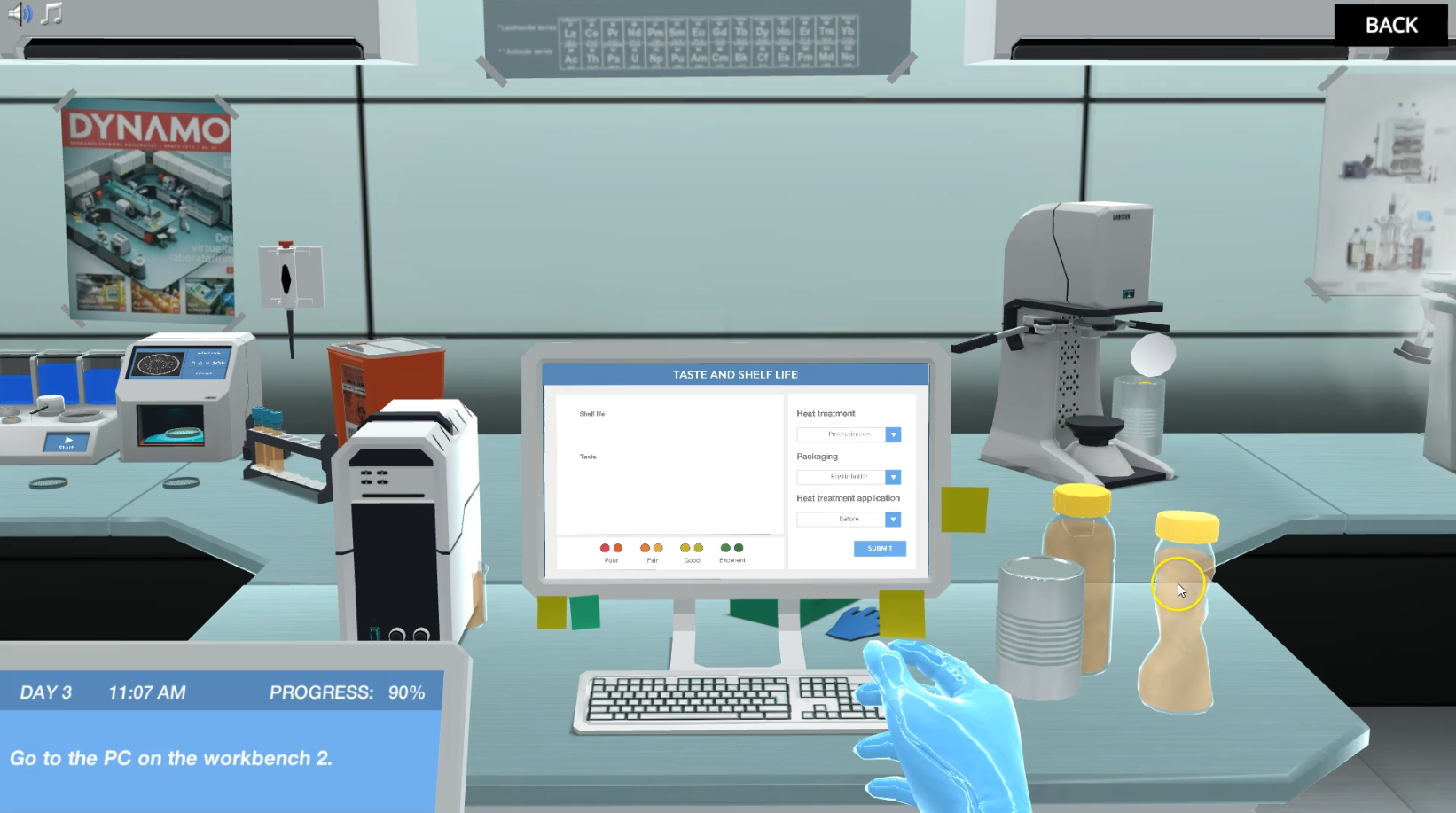
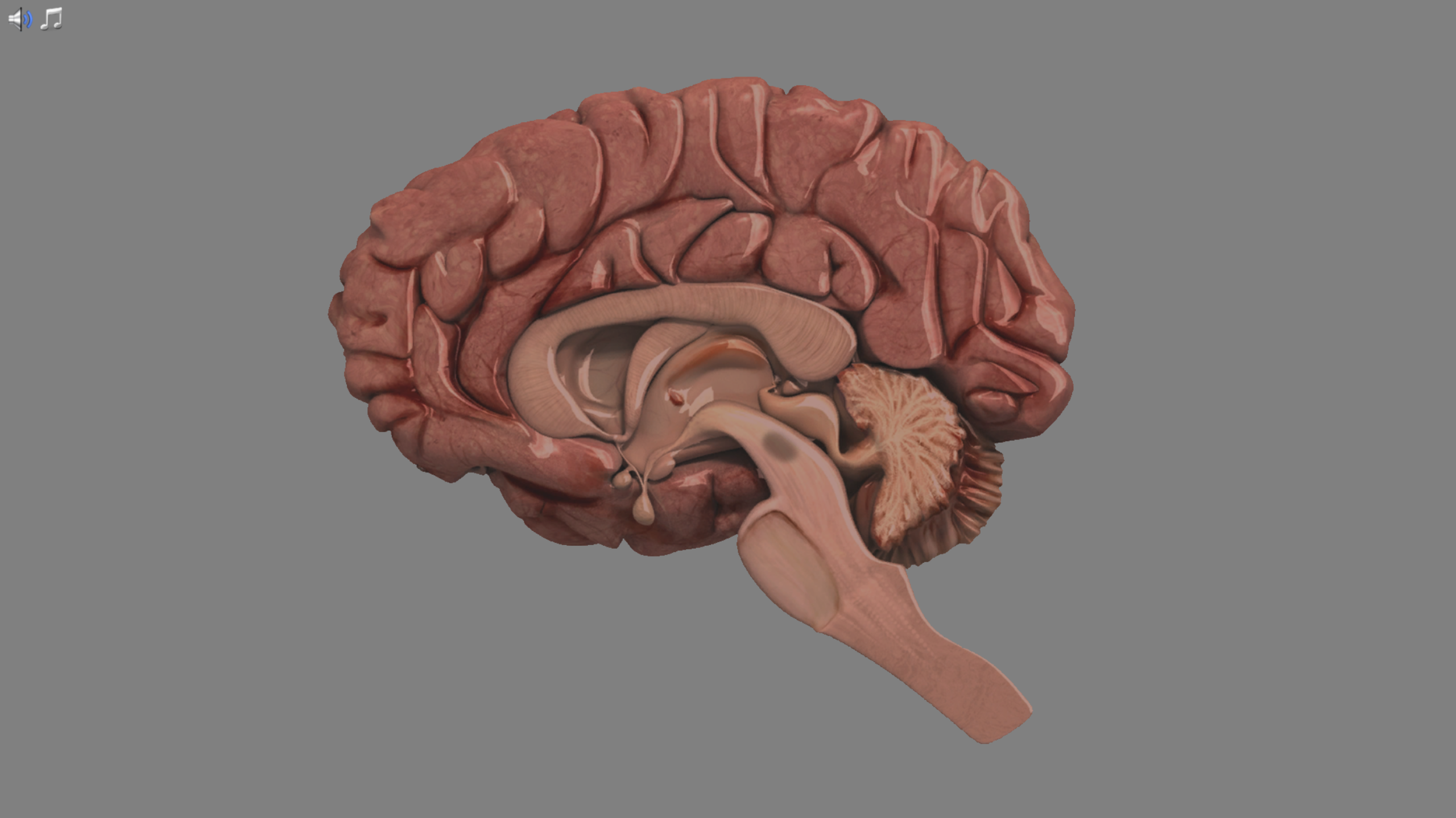
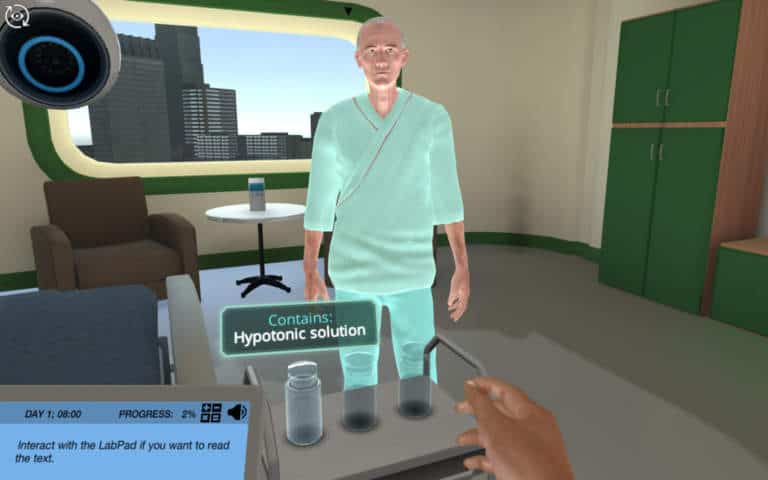
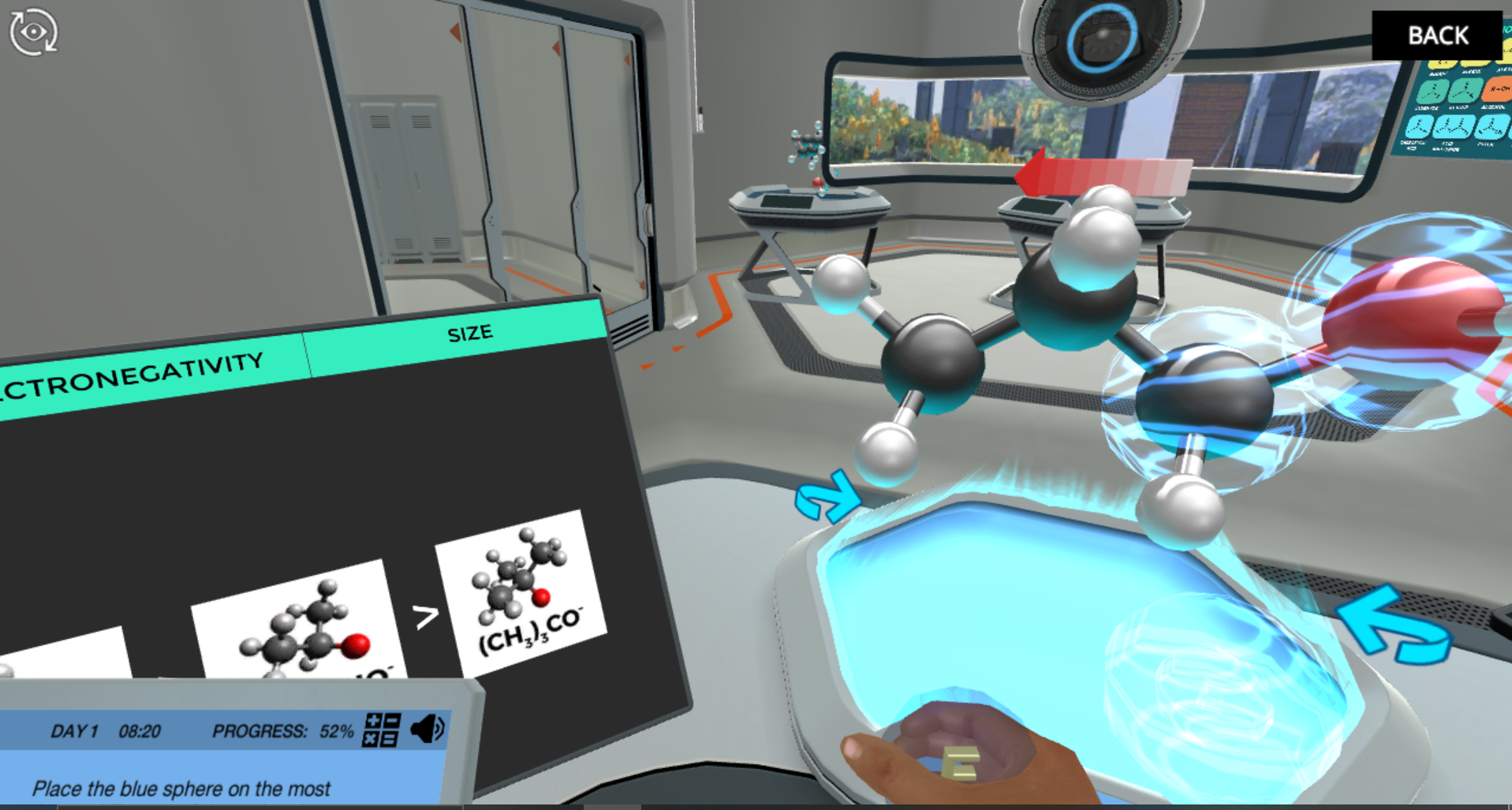
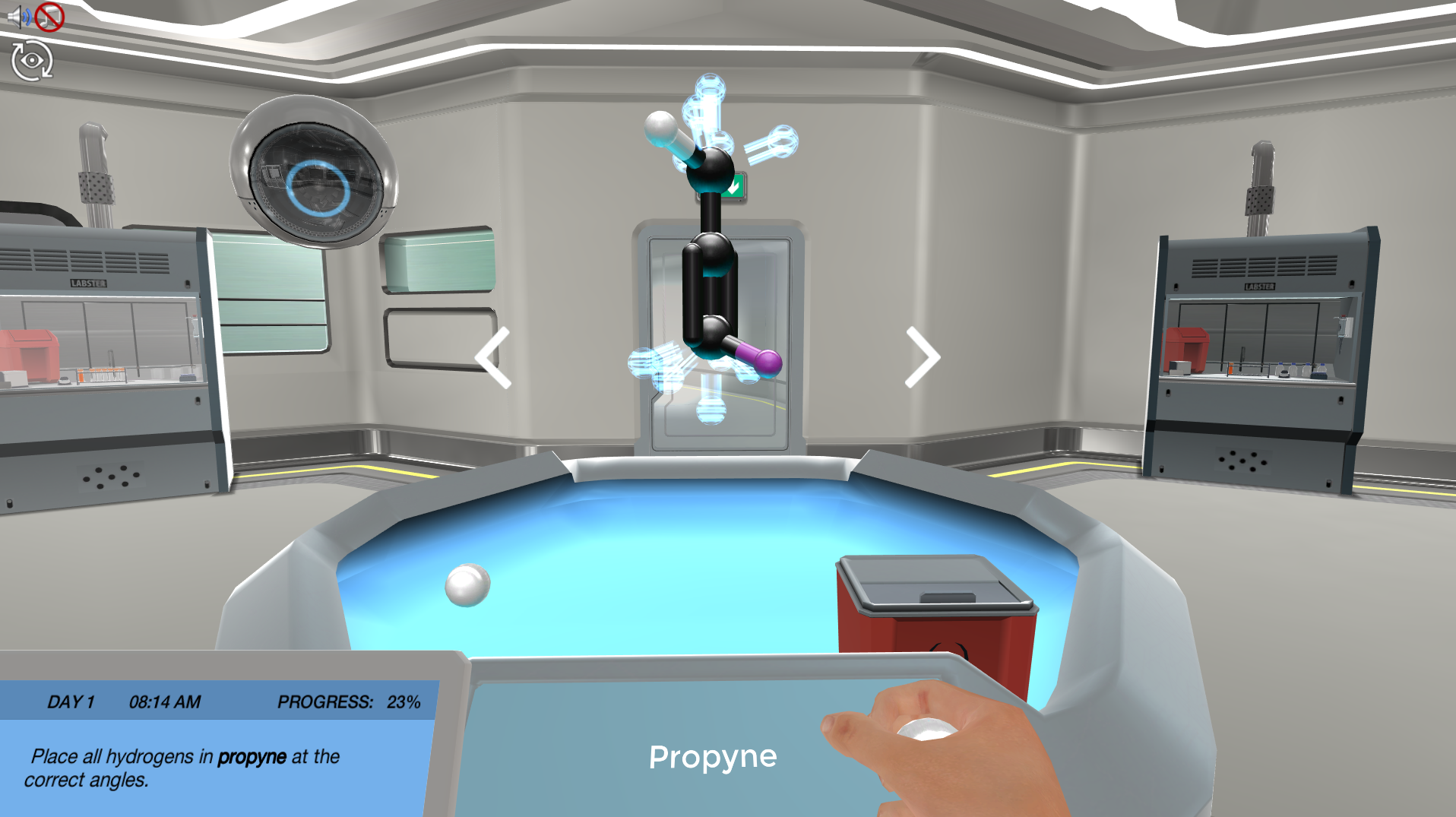
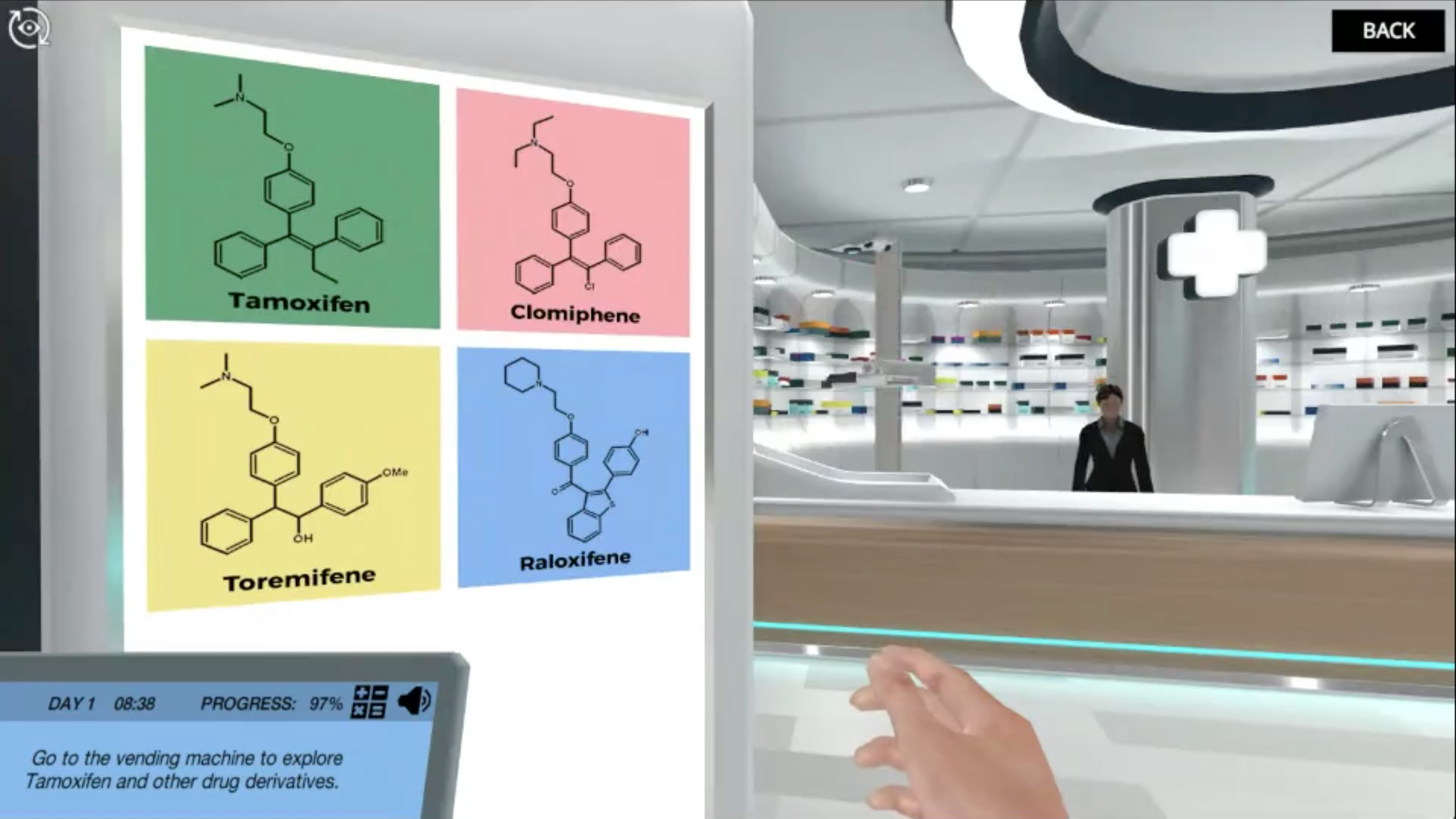
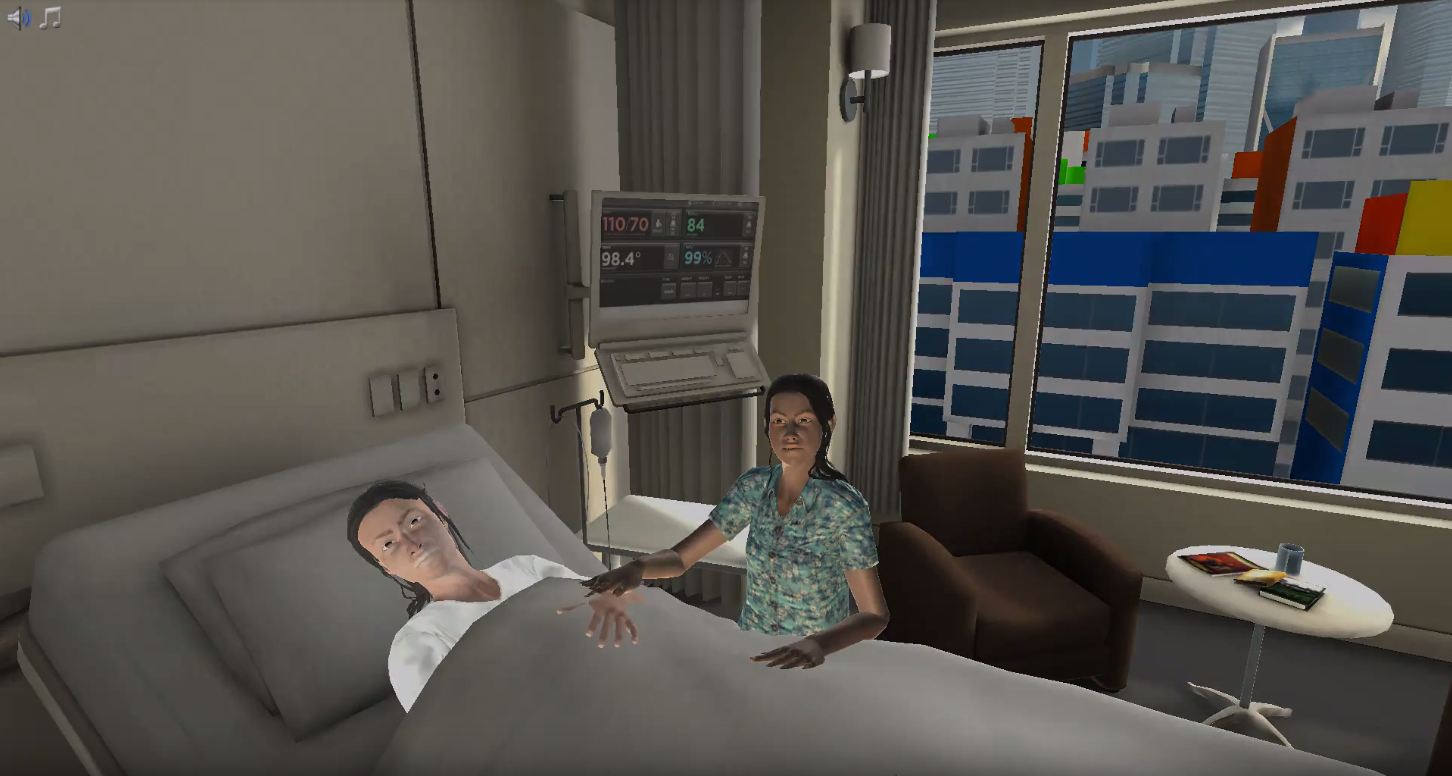
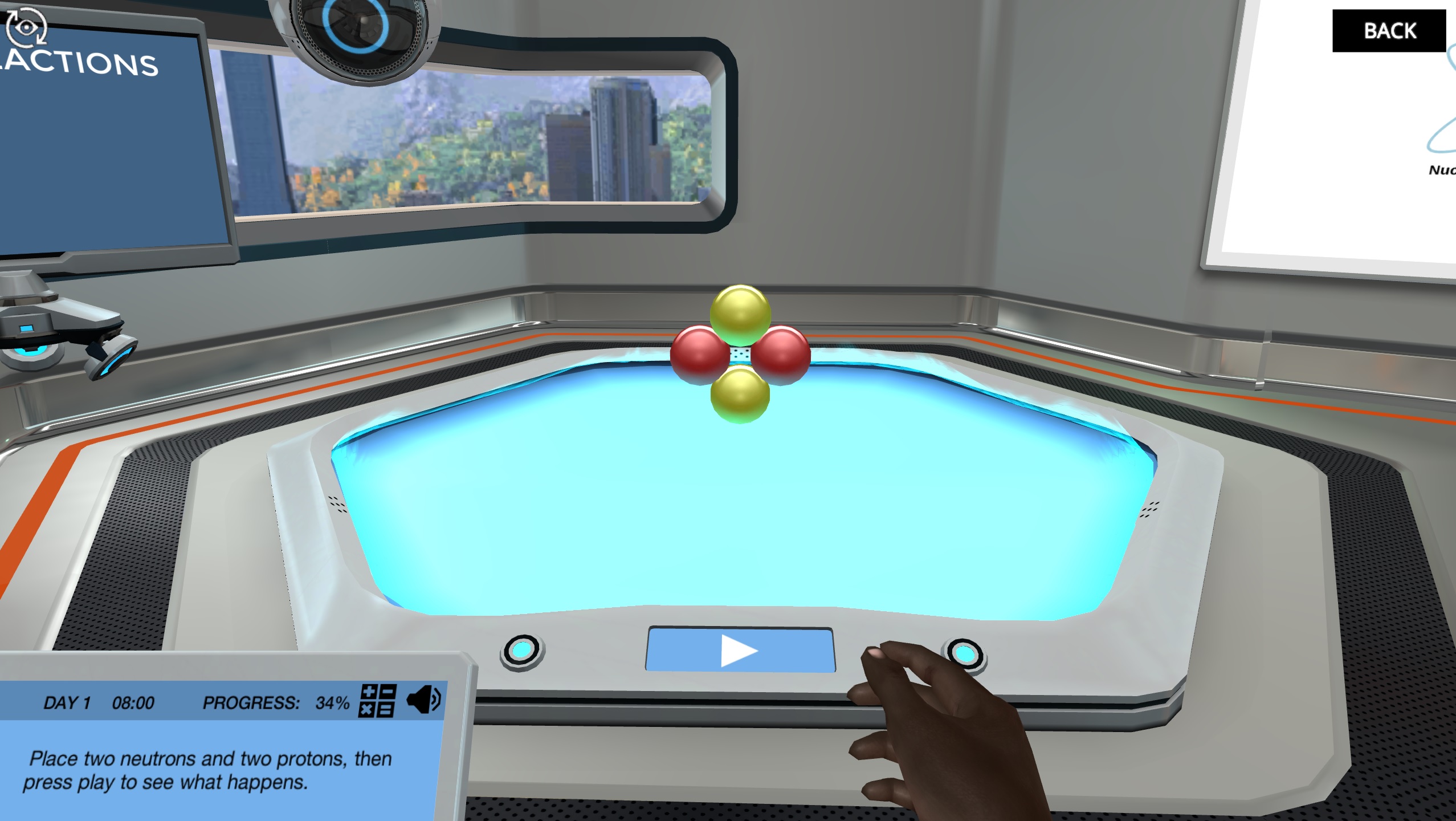
.png)
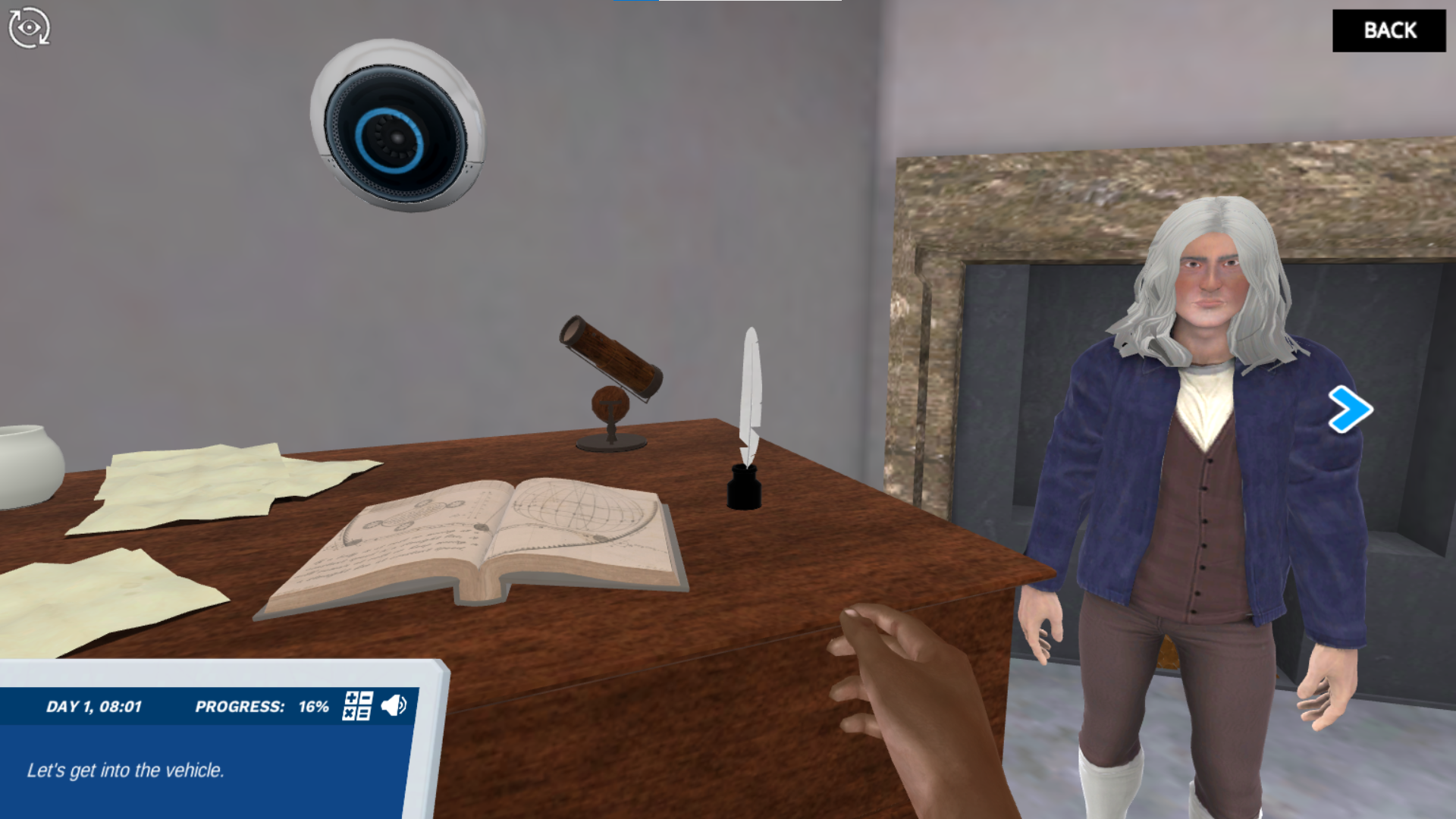
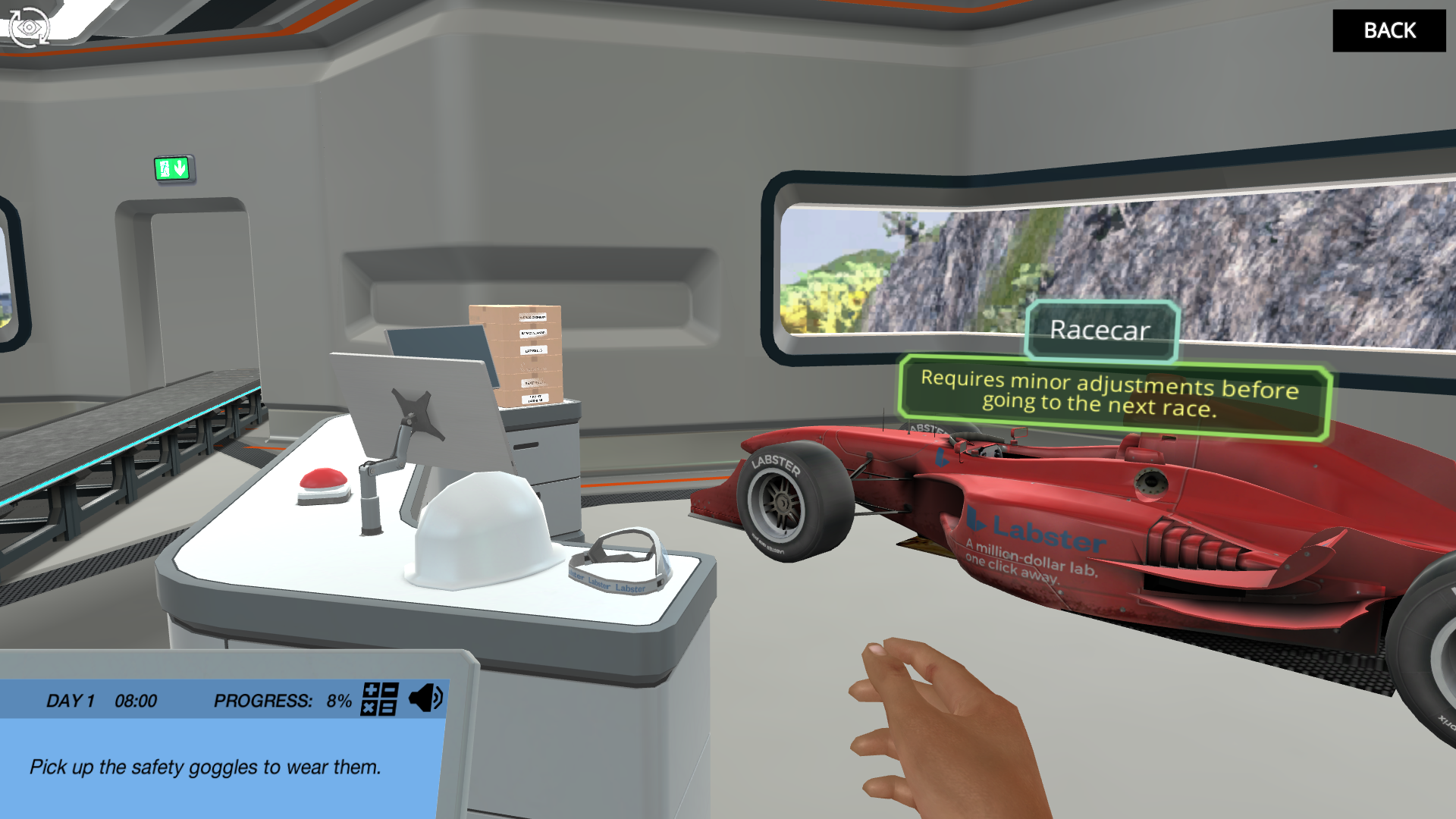
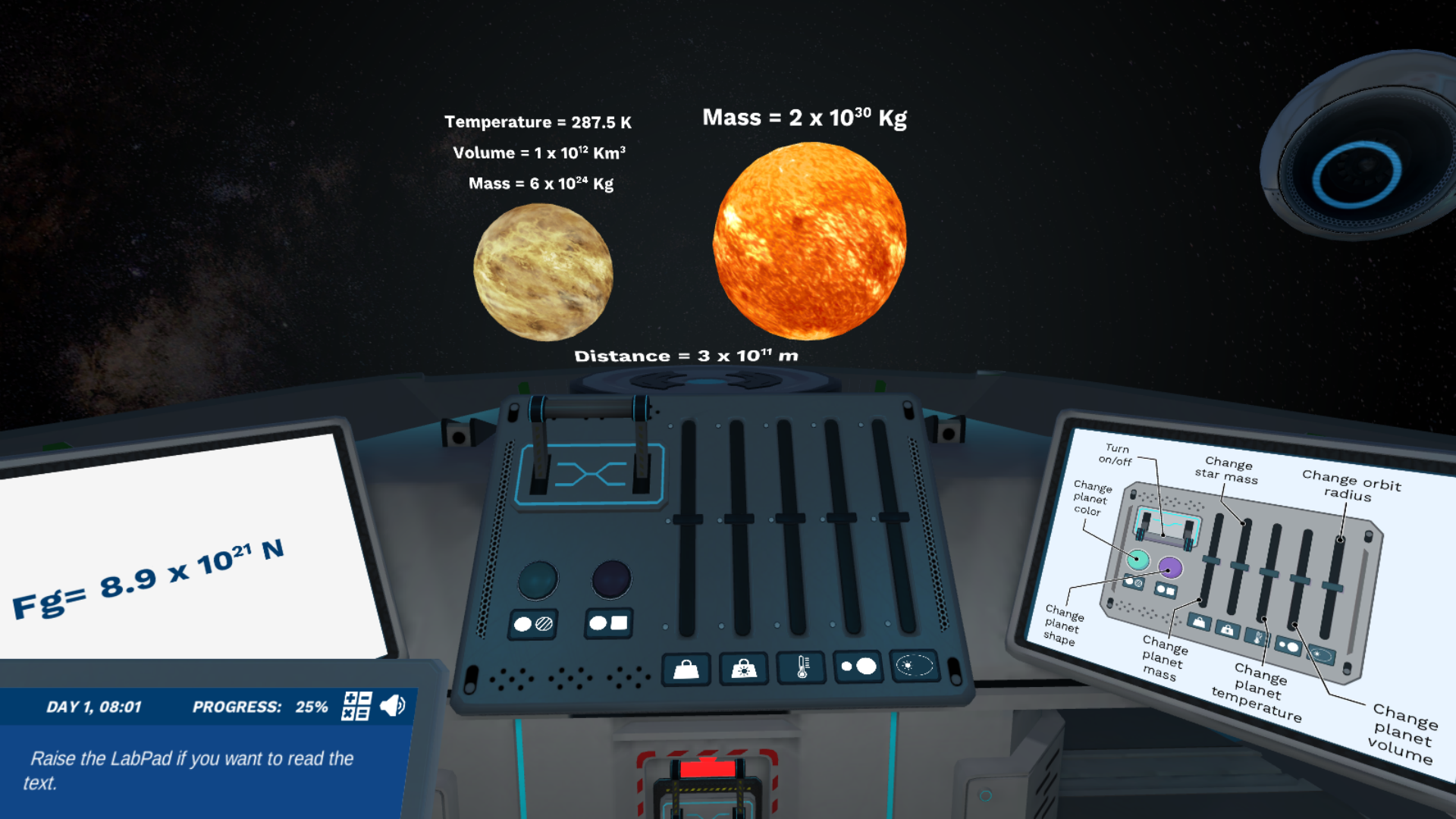
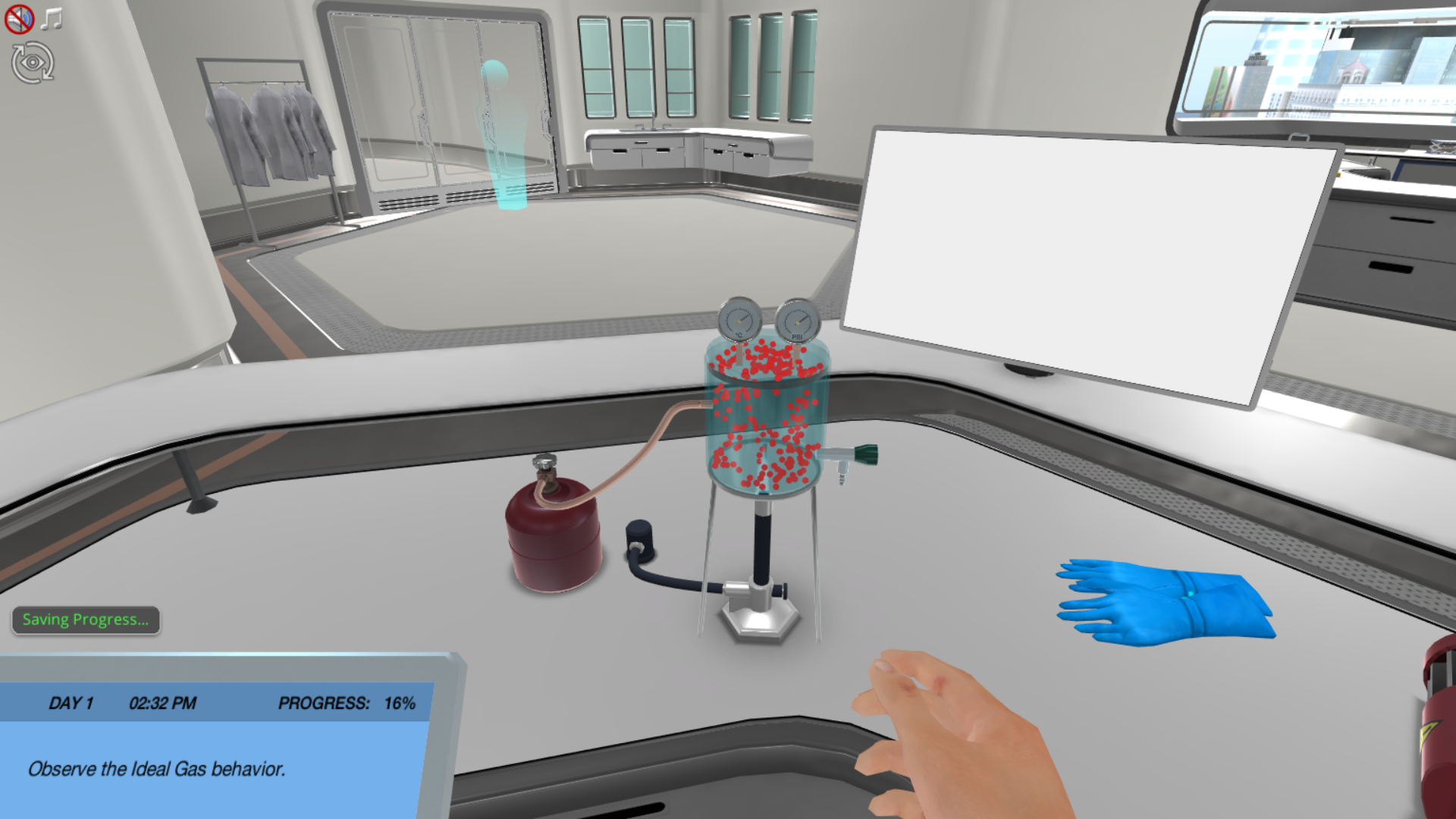
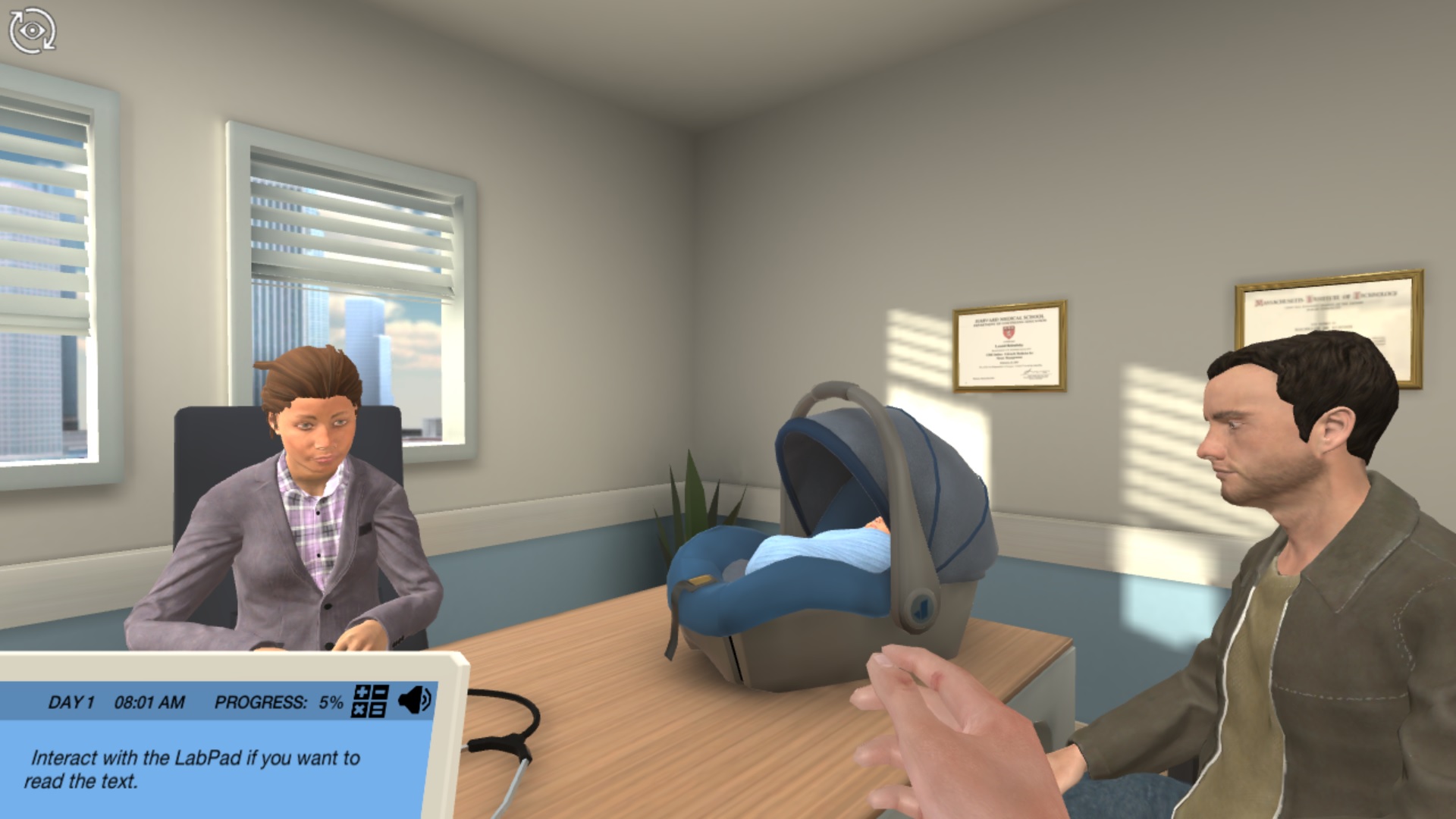
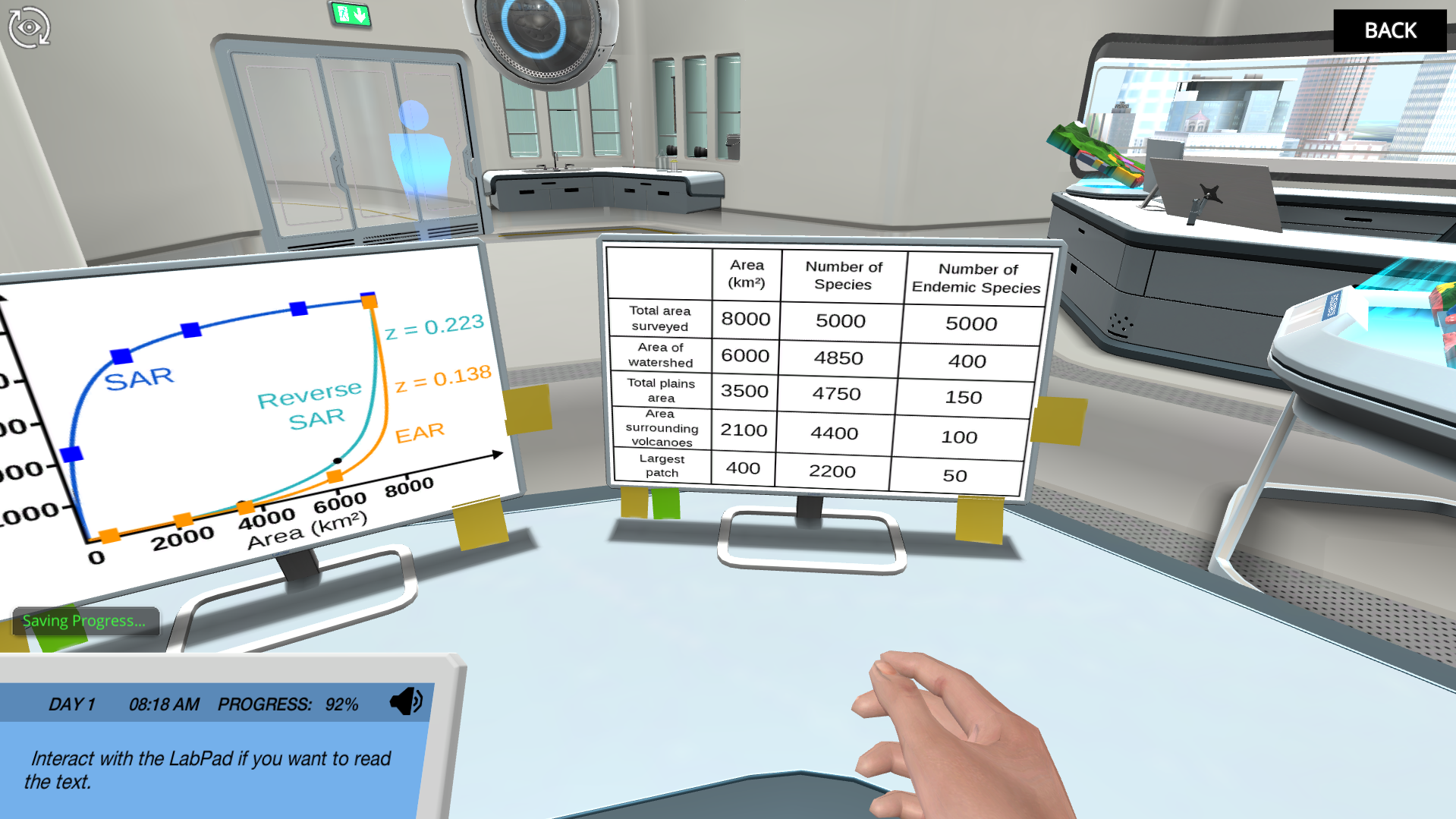
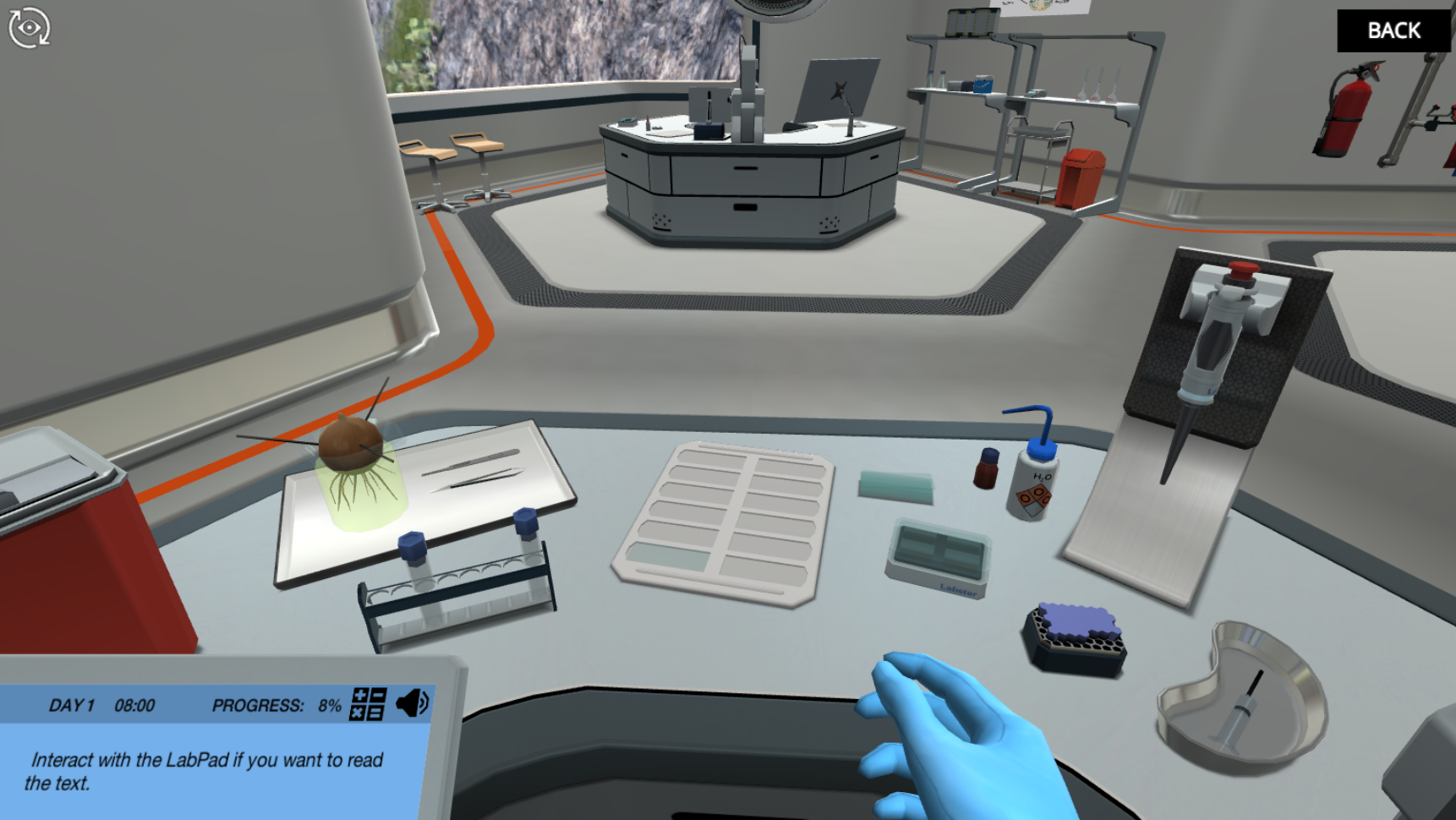
.png)
.png)
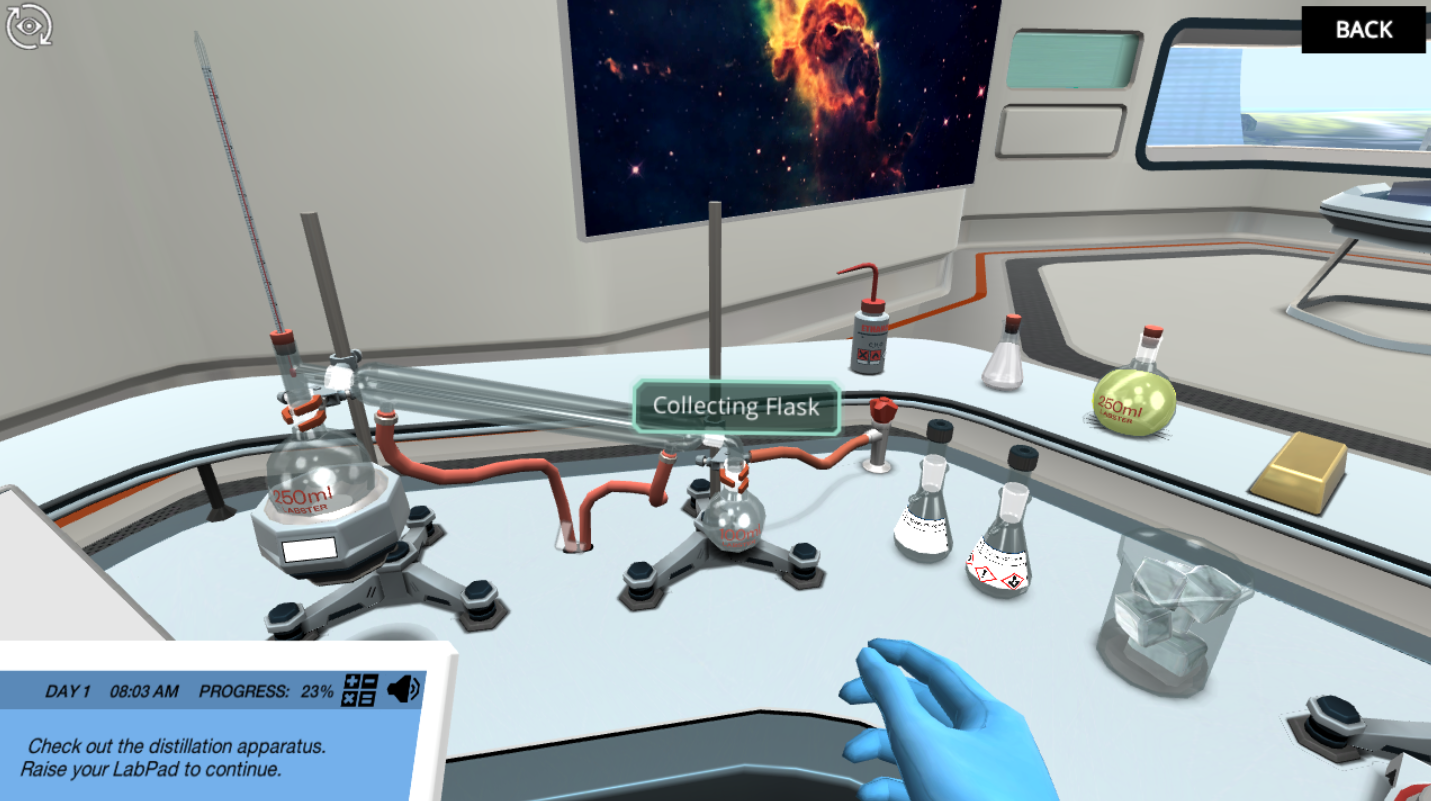

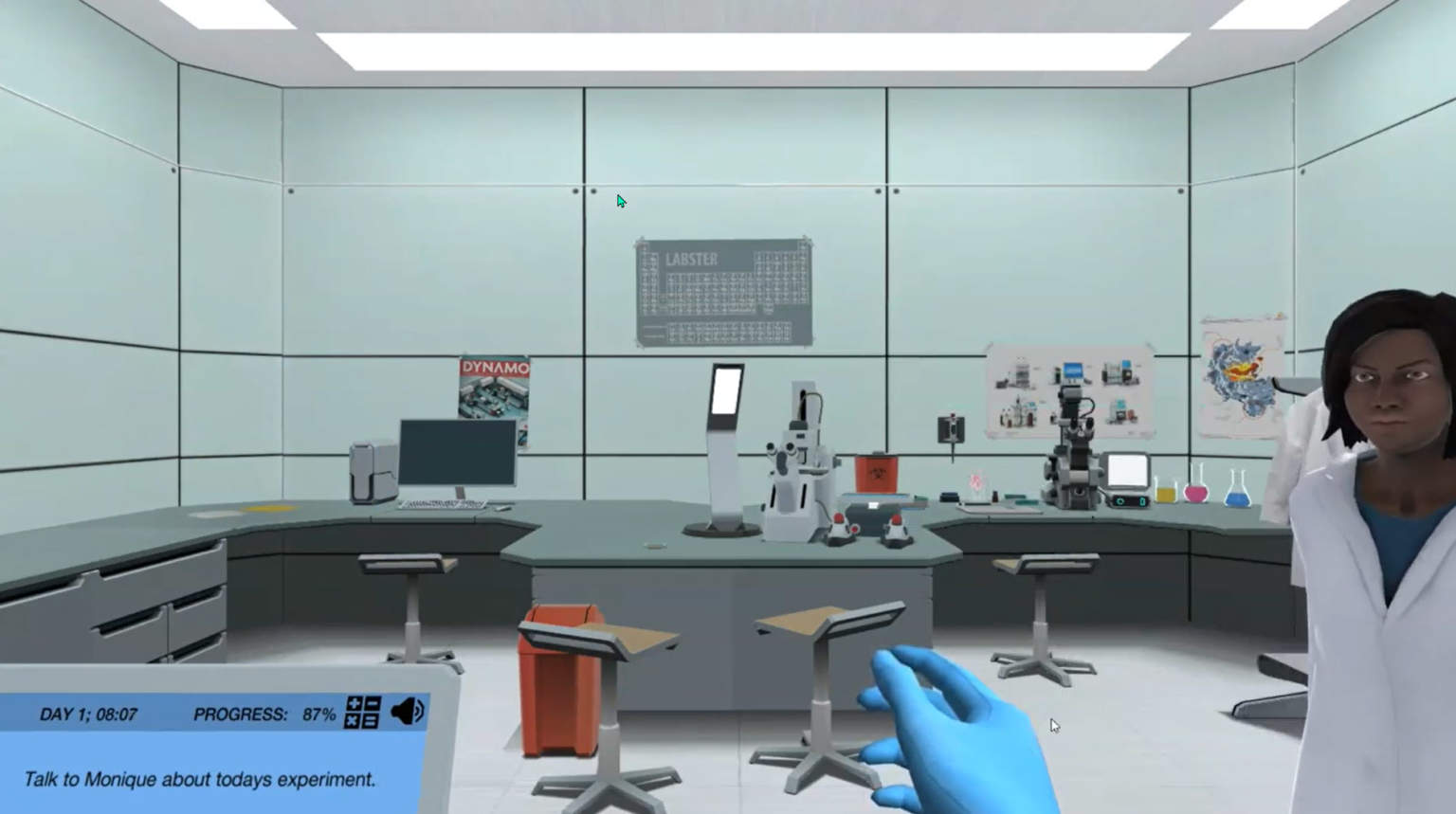
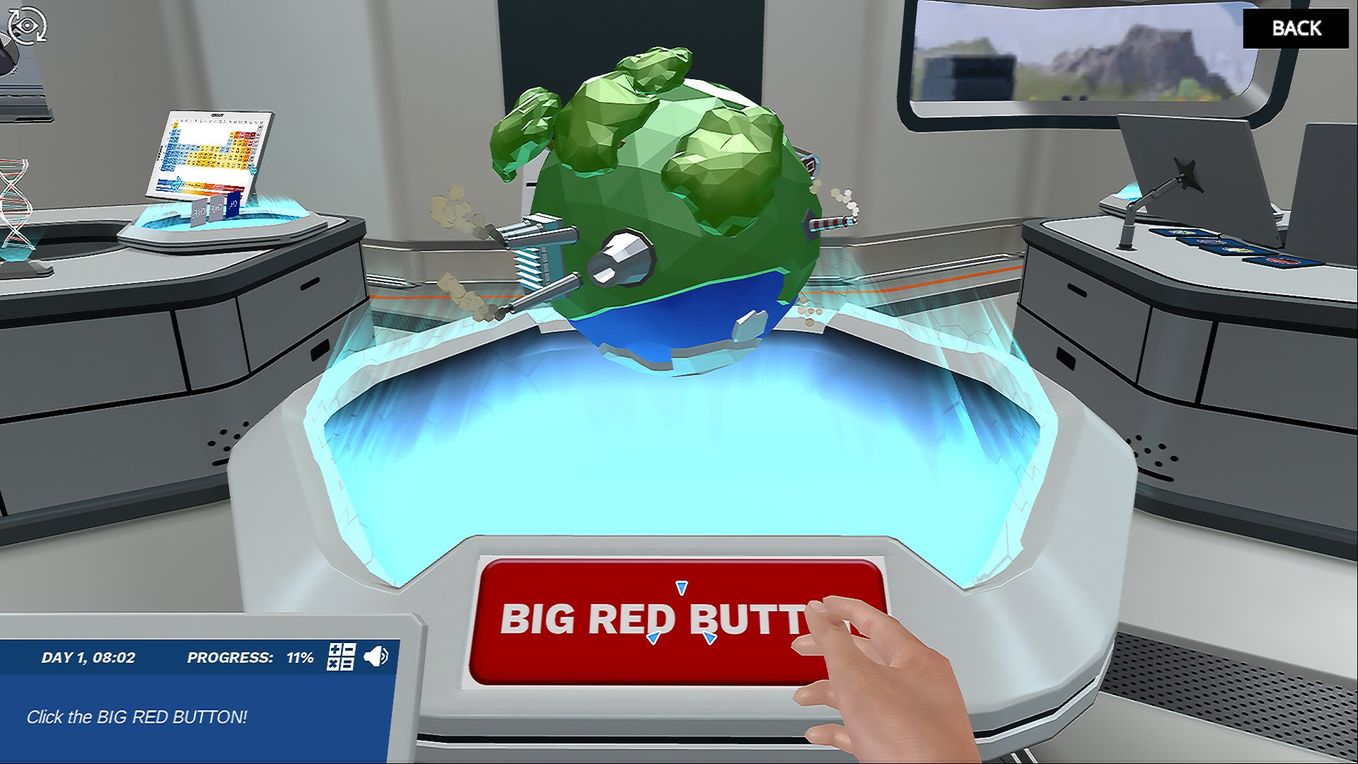
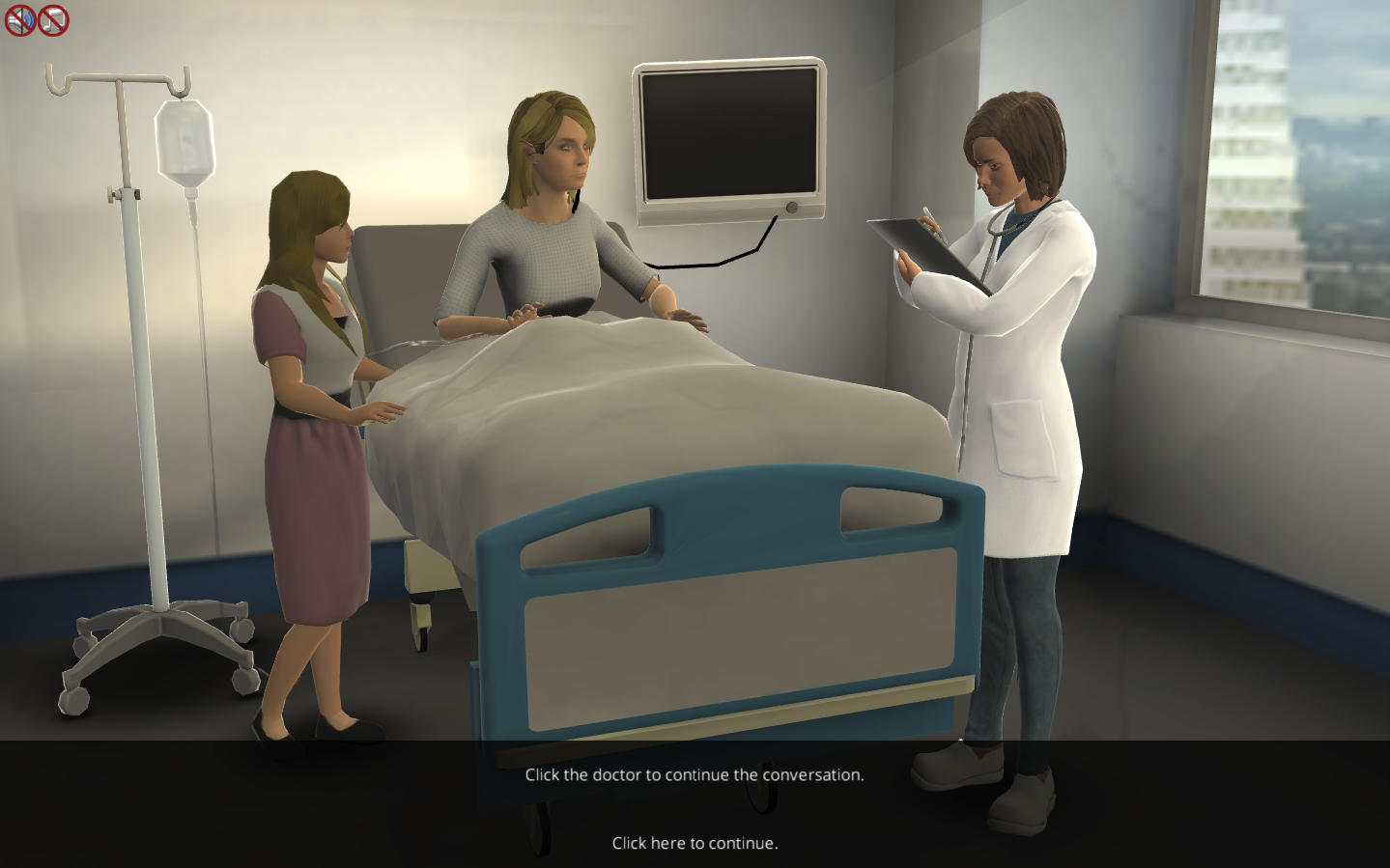
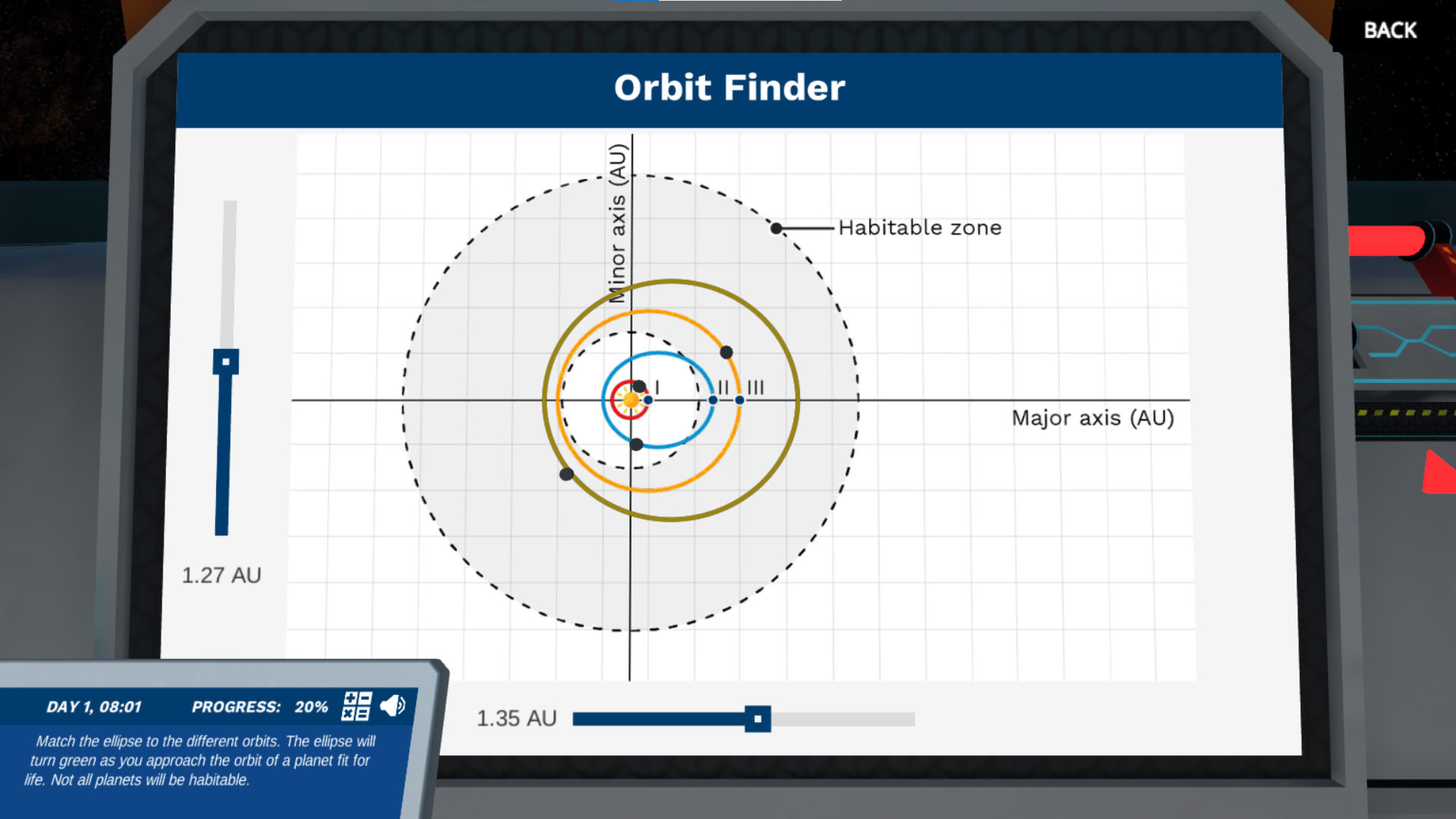
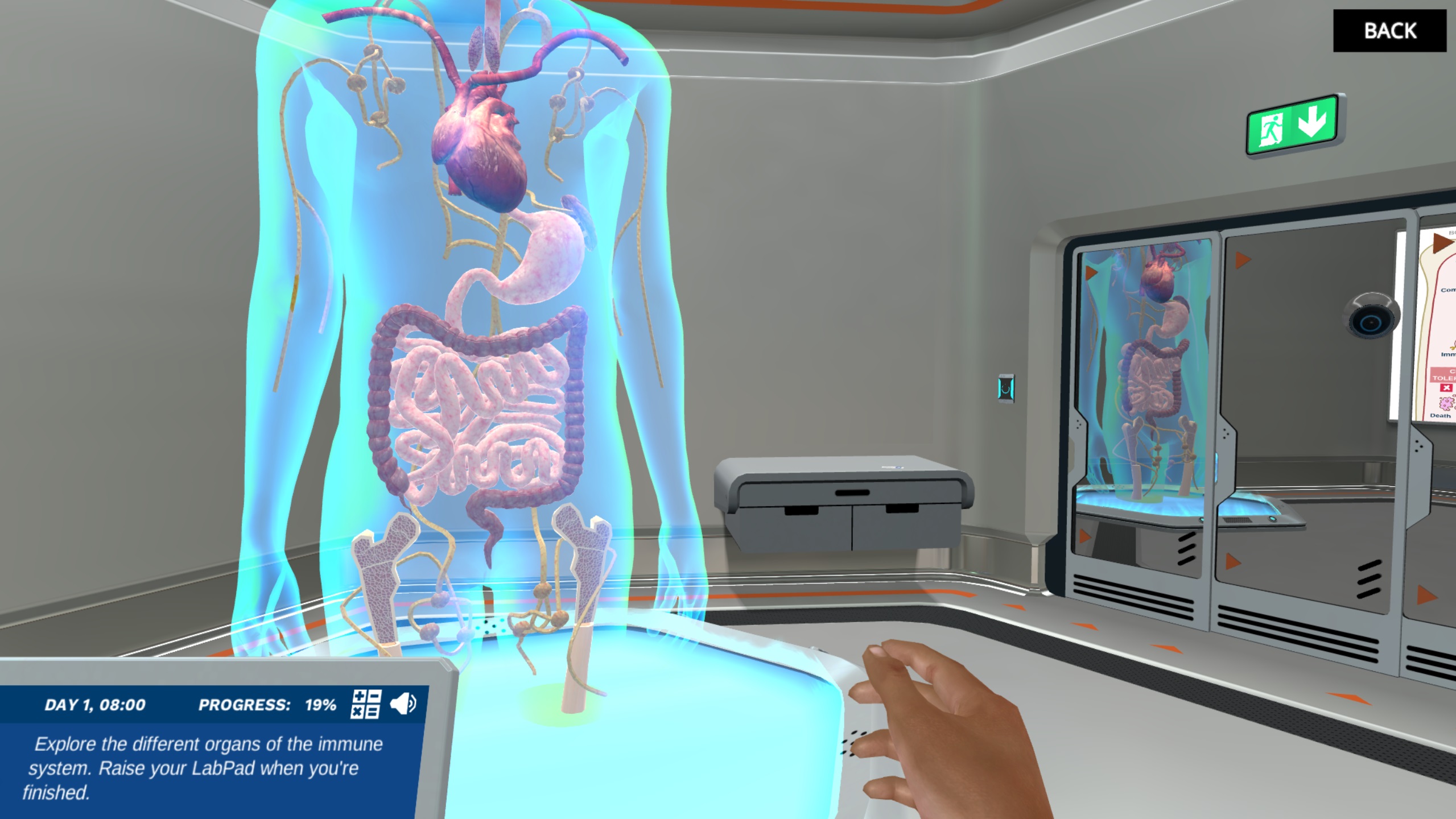
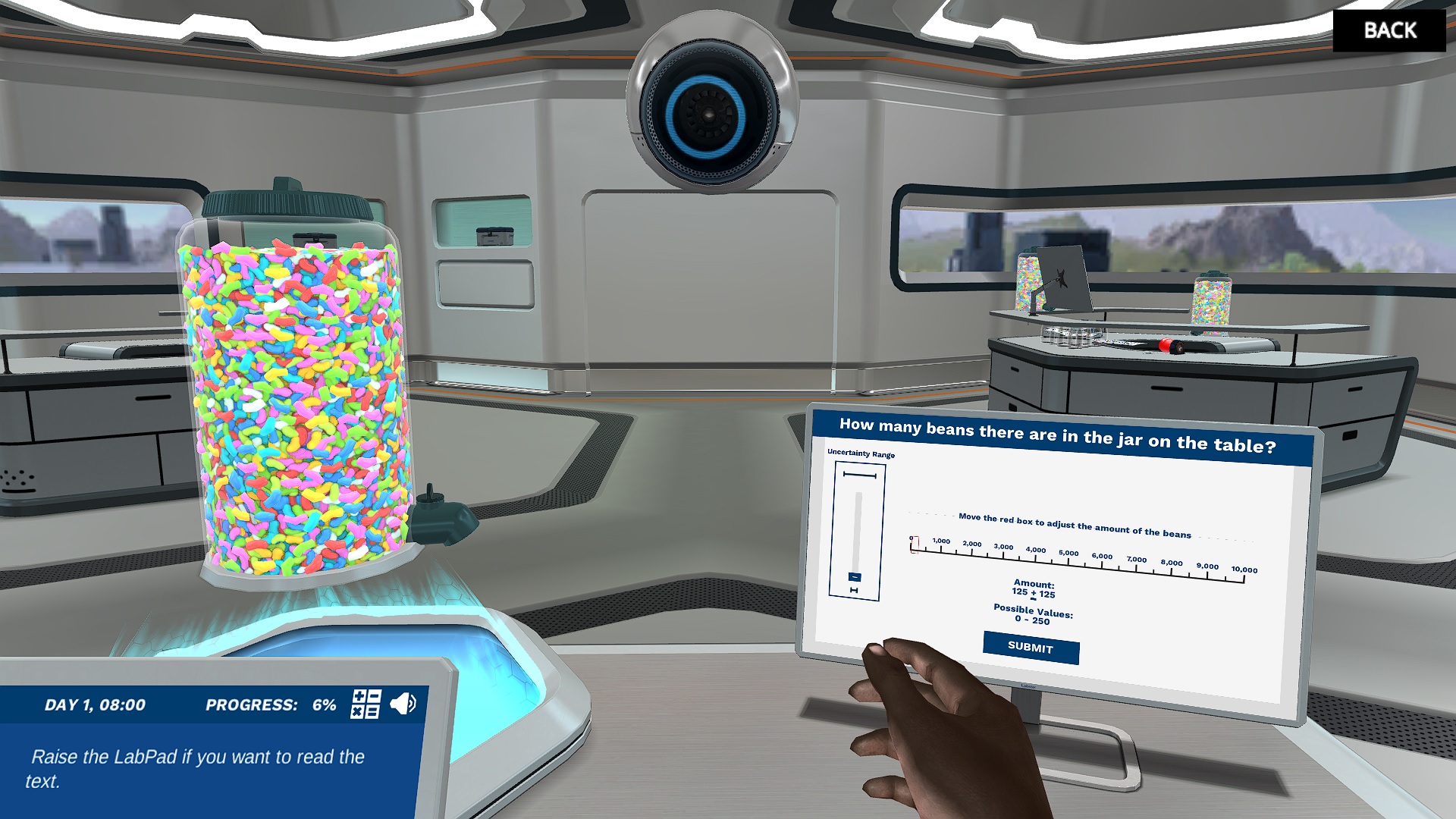
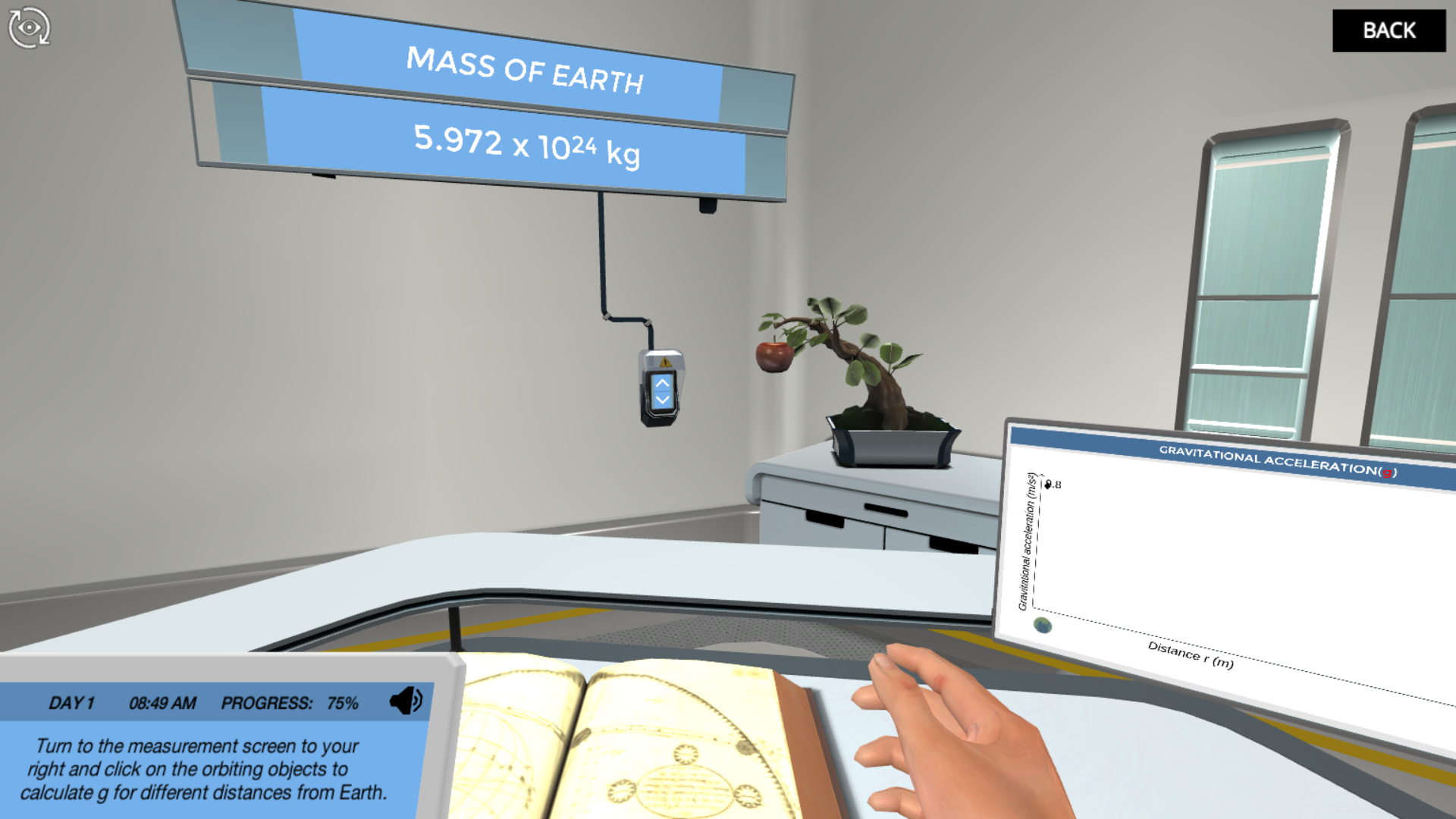
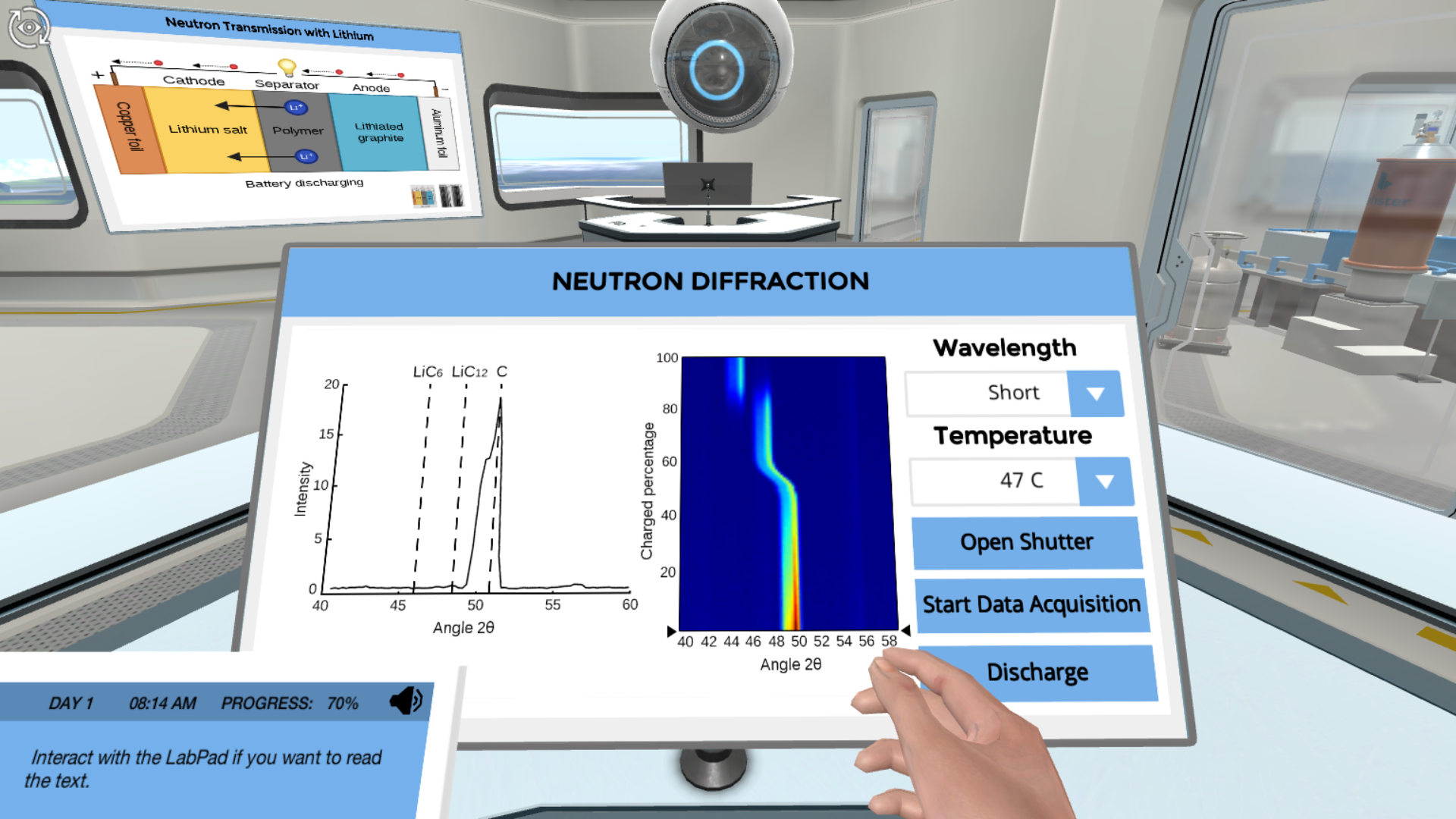
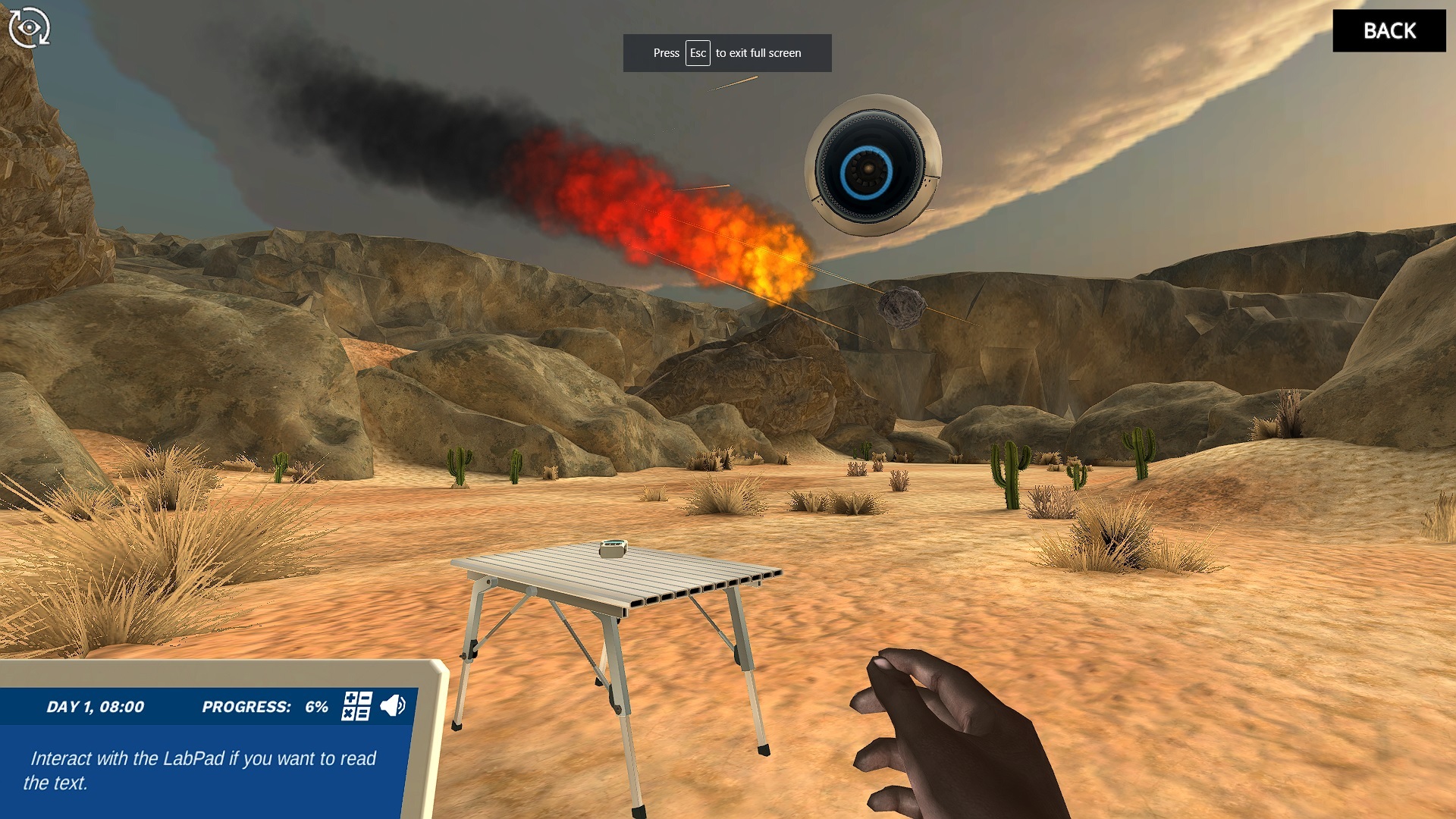
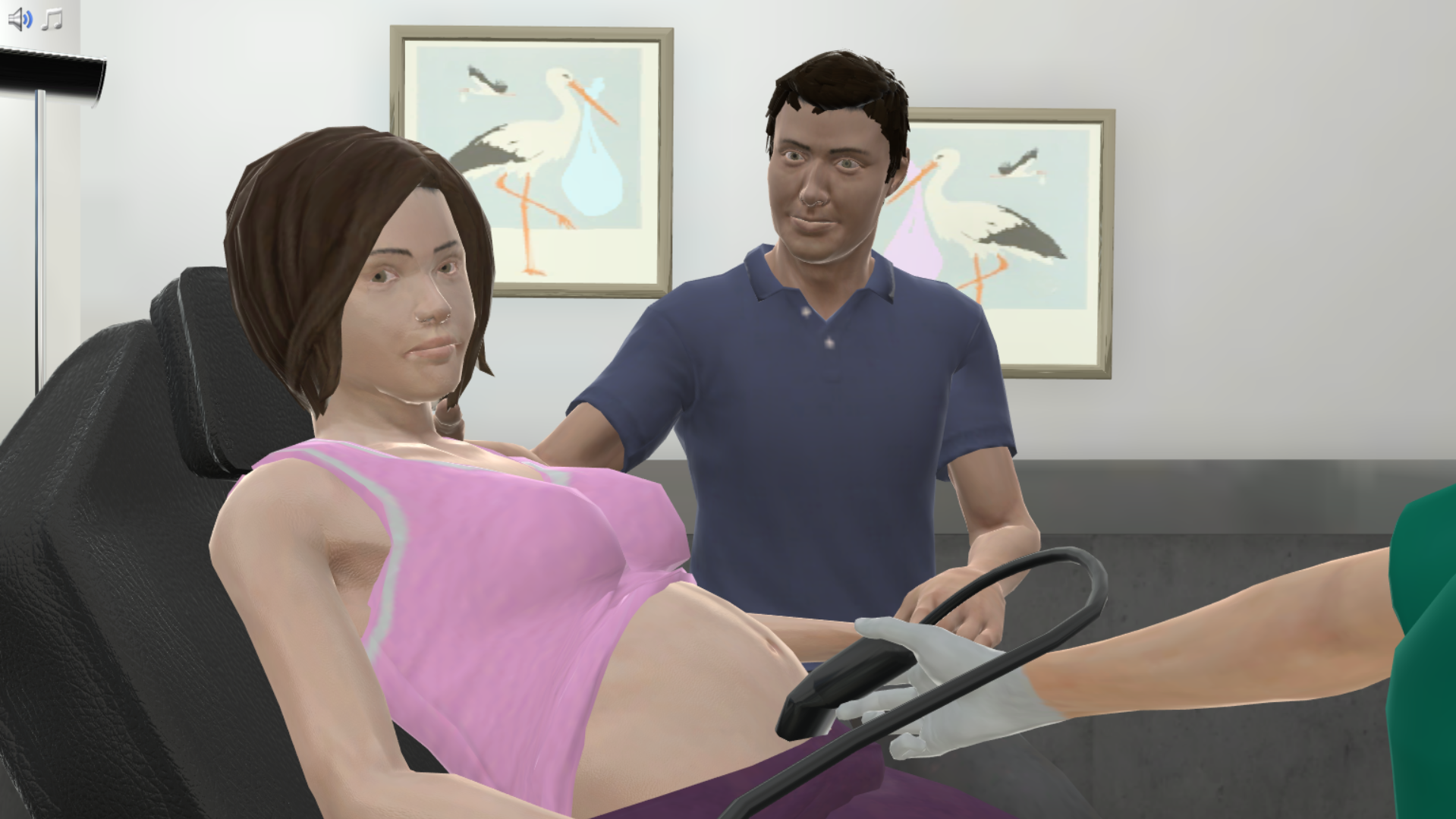
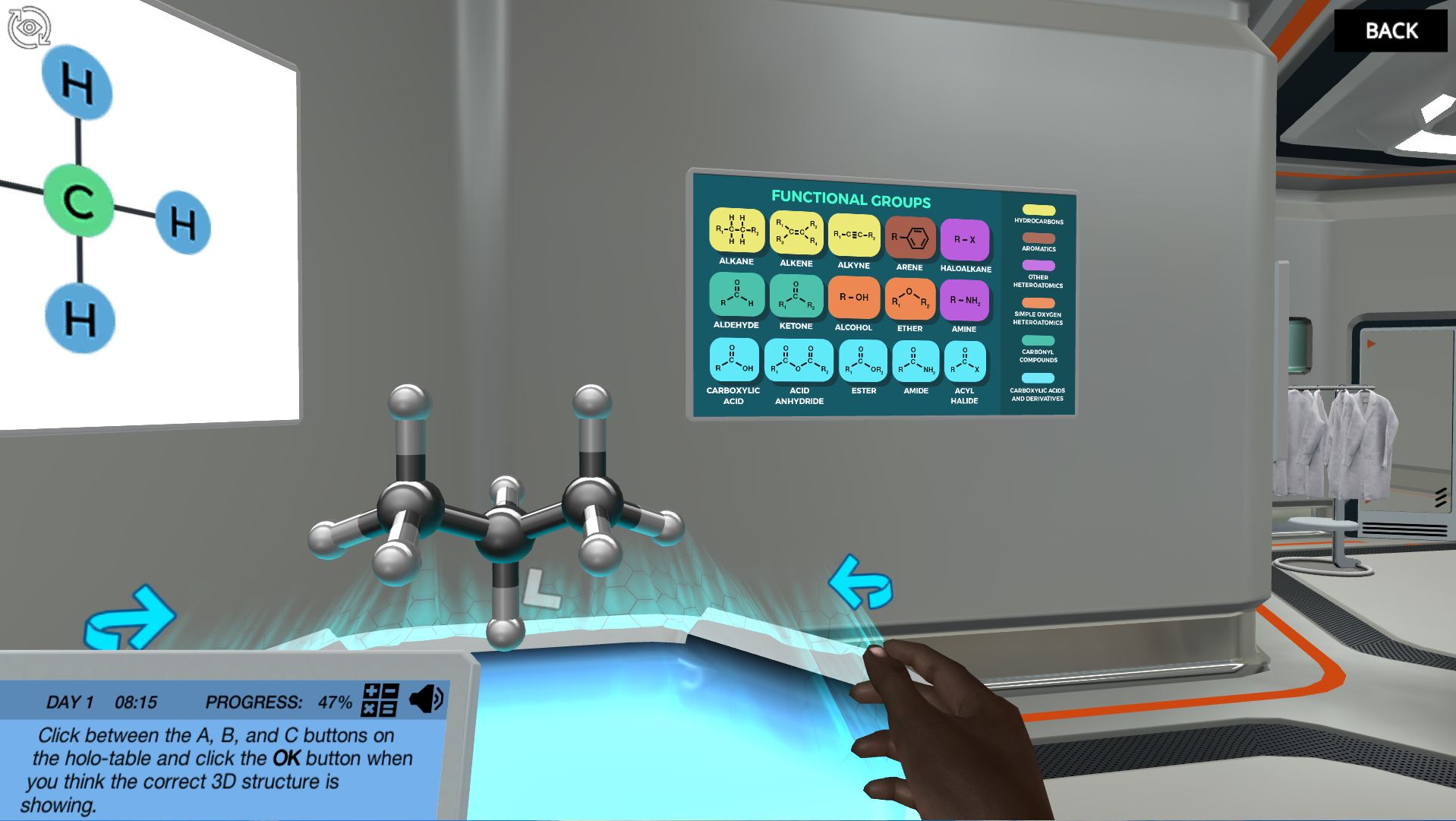
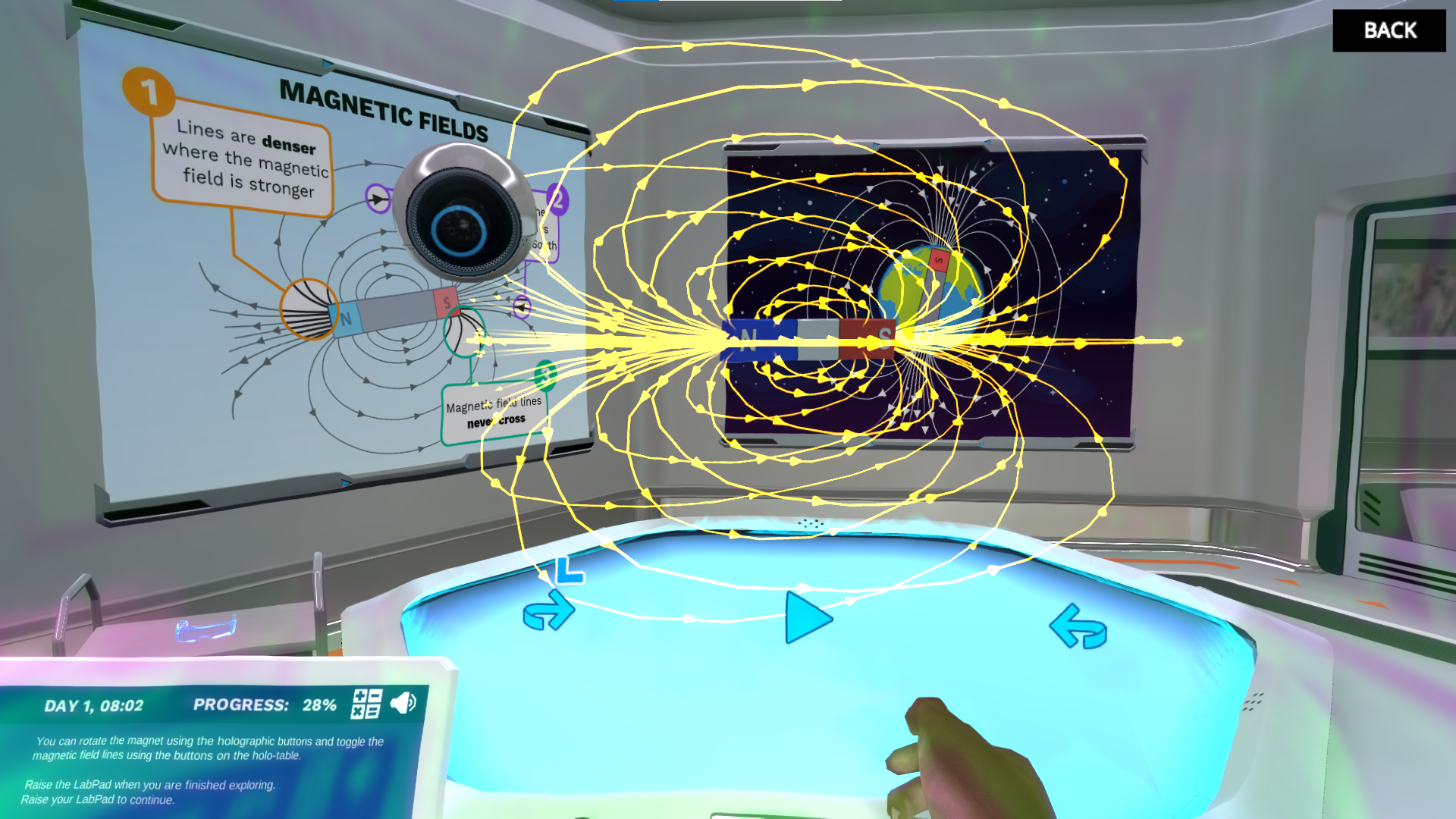
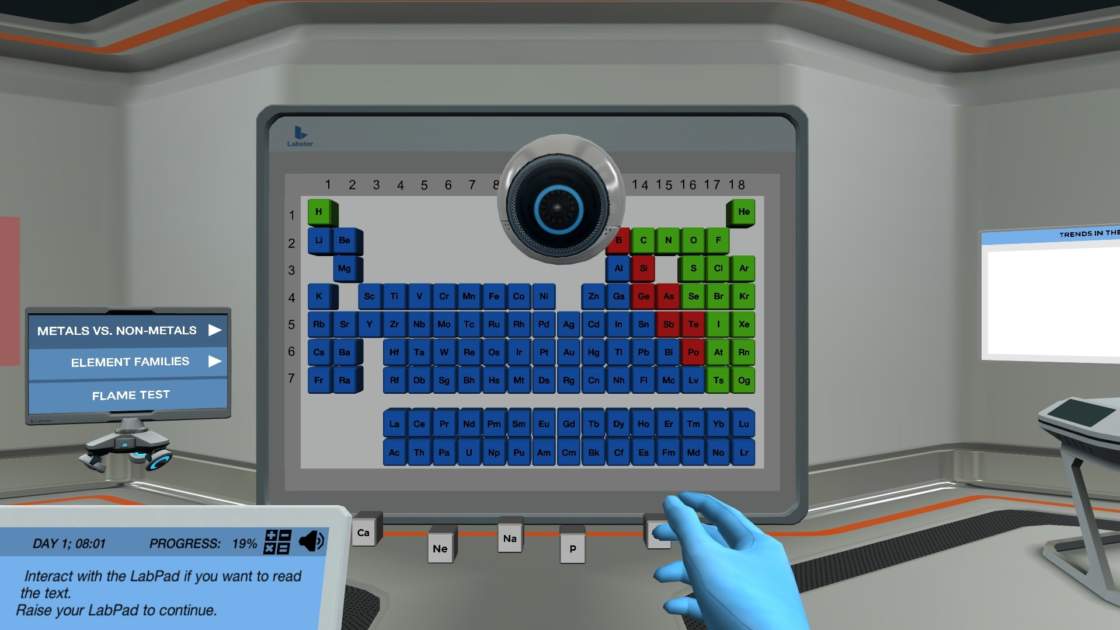
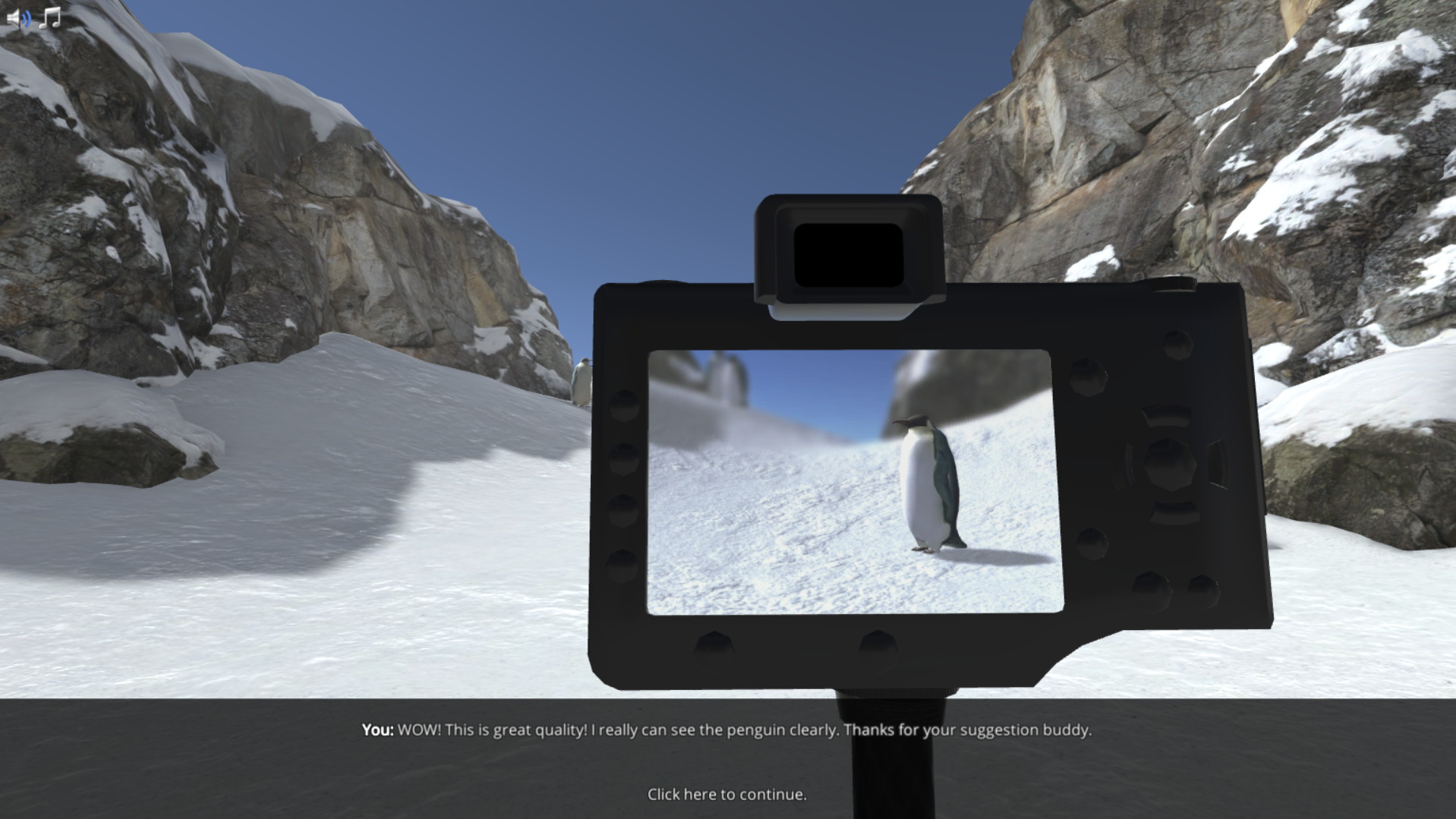
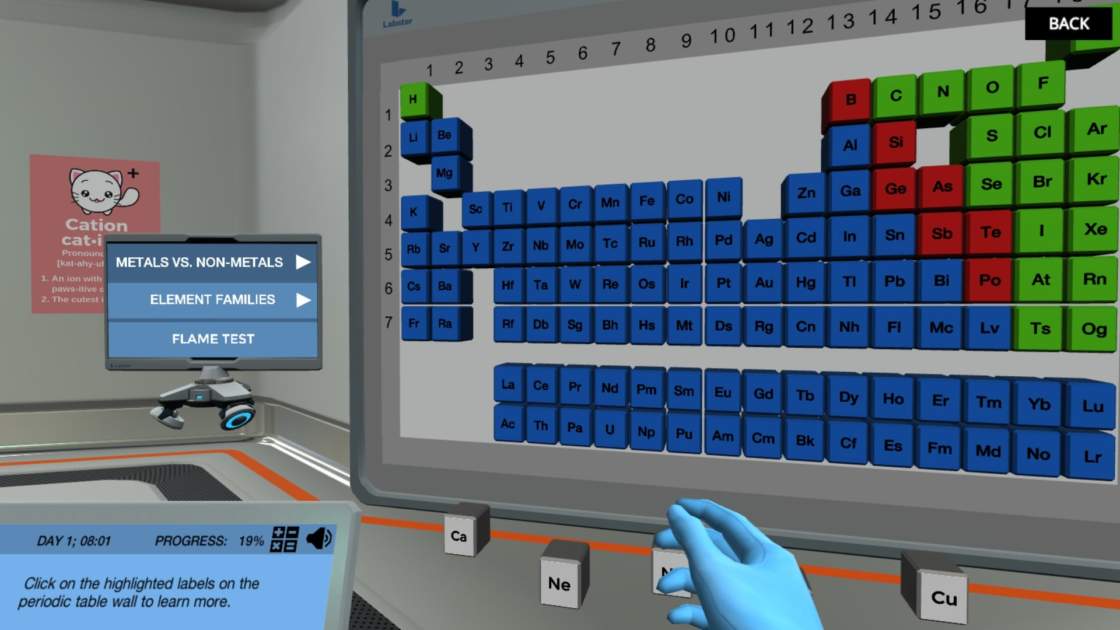
.png)
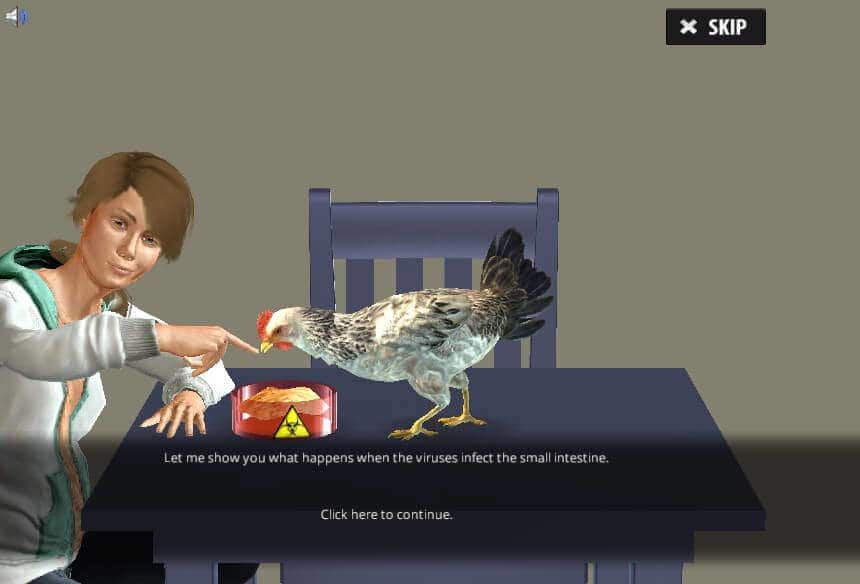
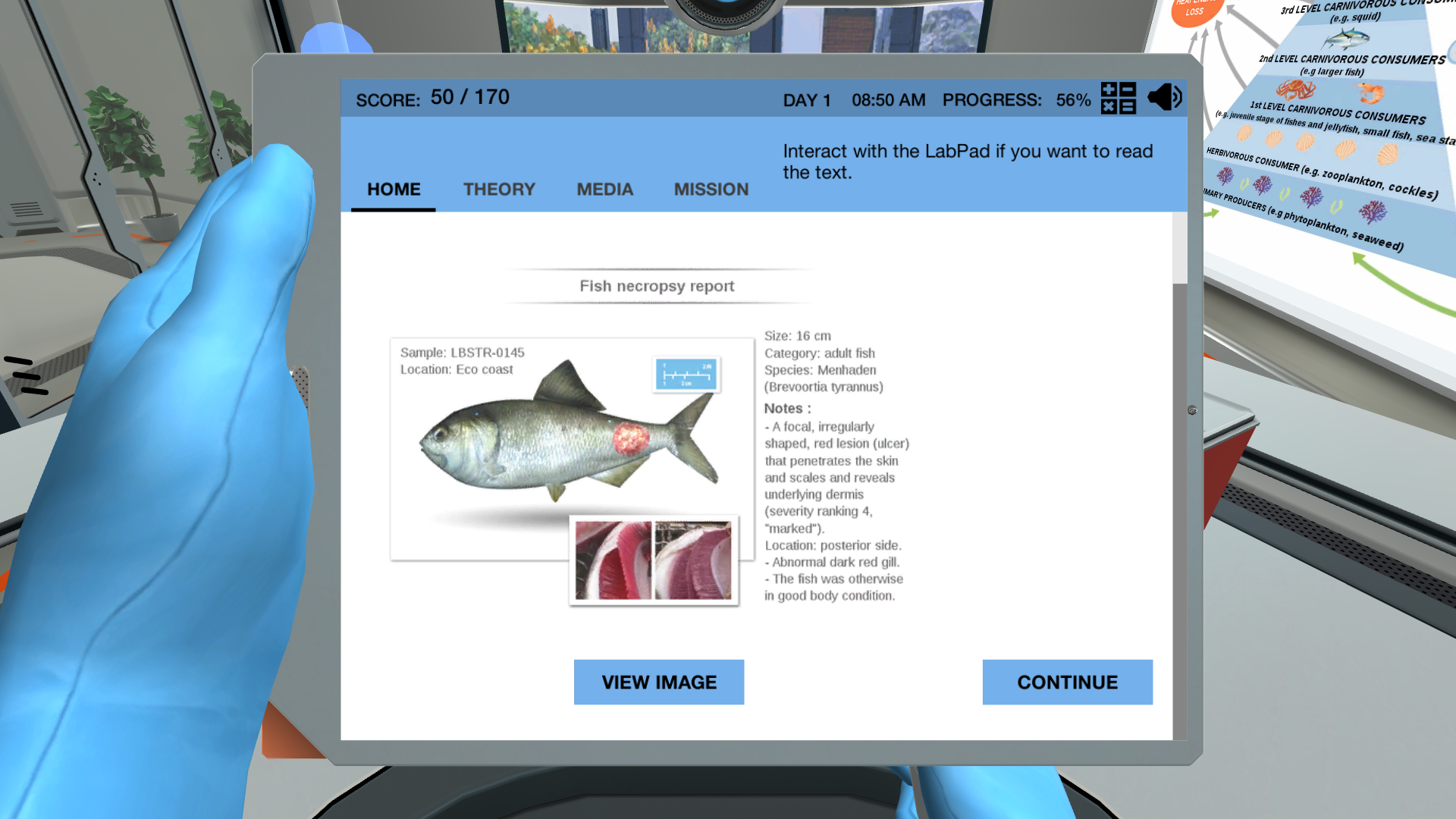
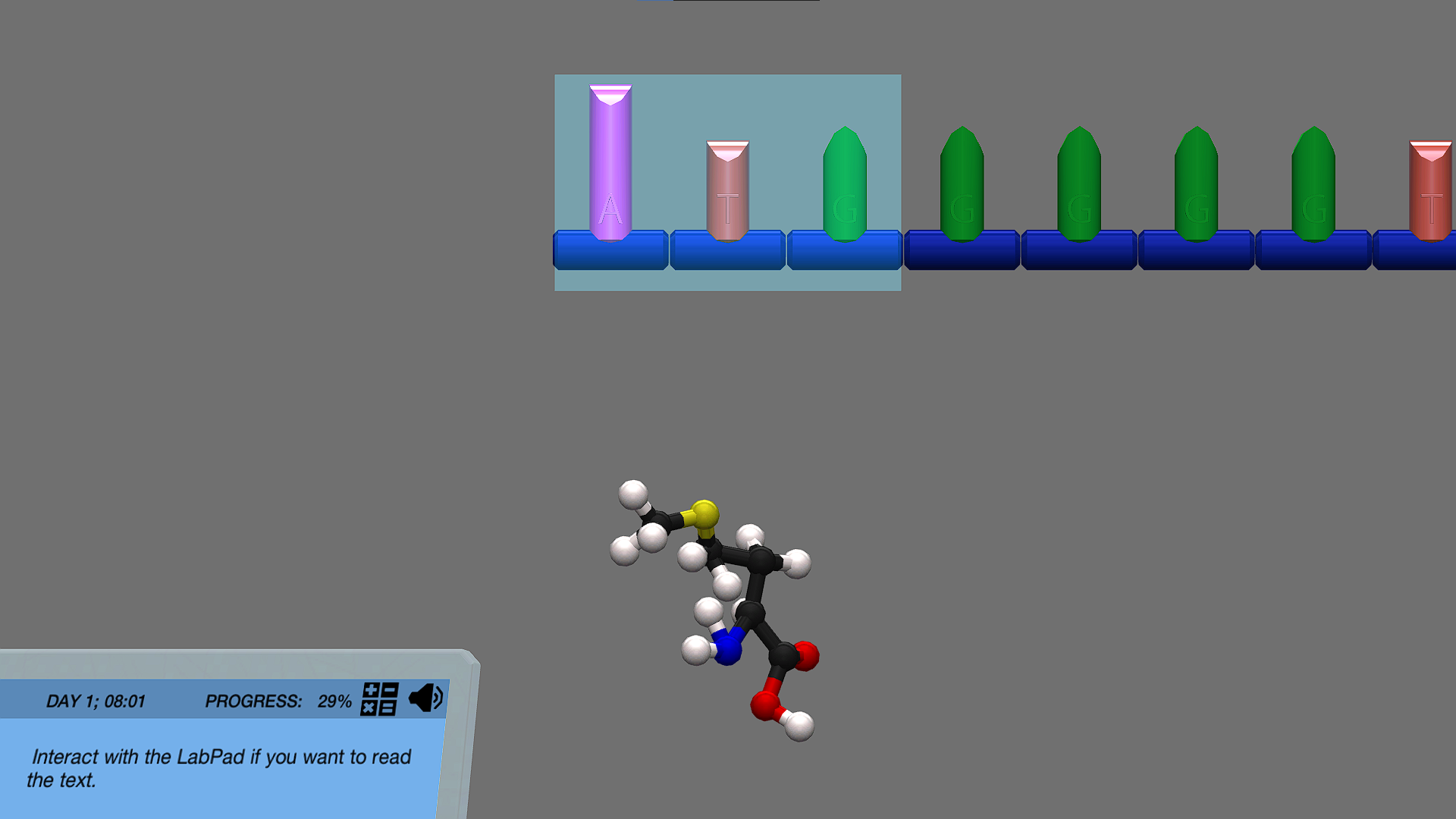
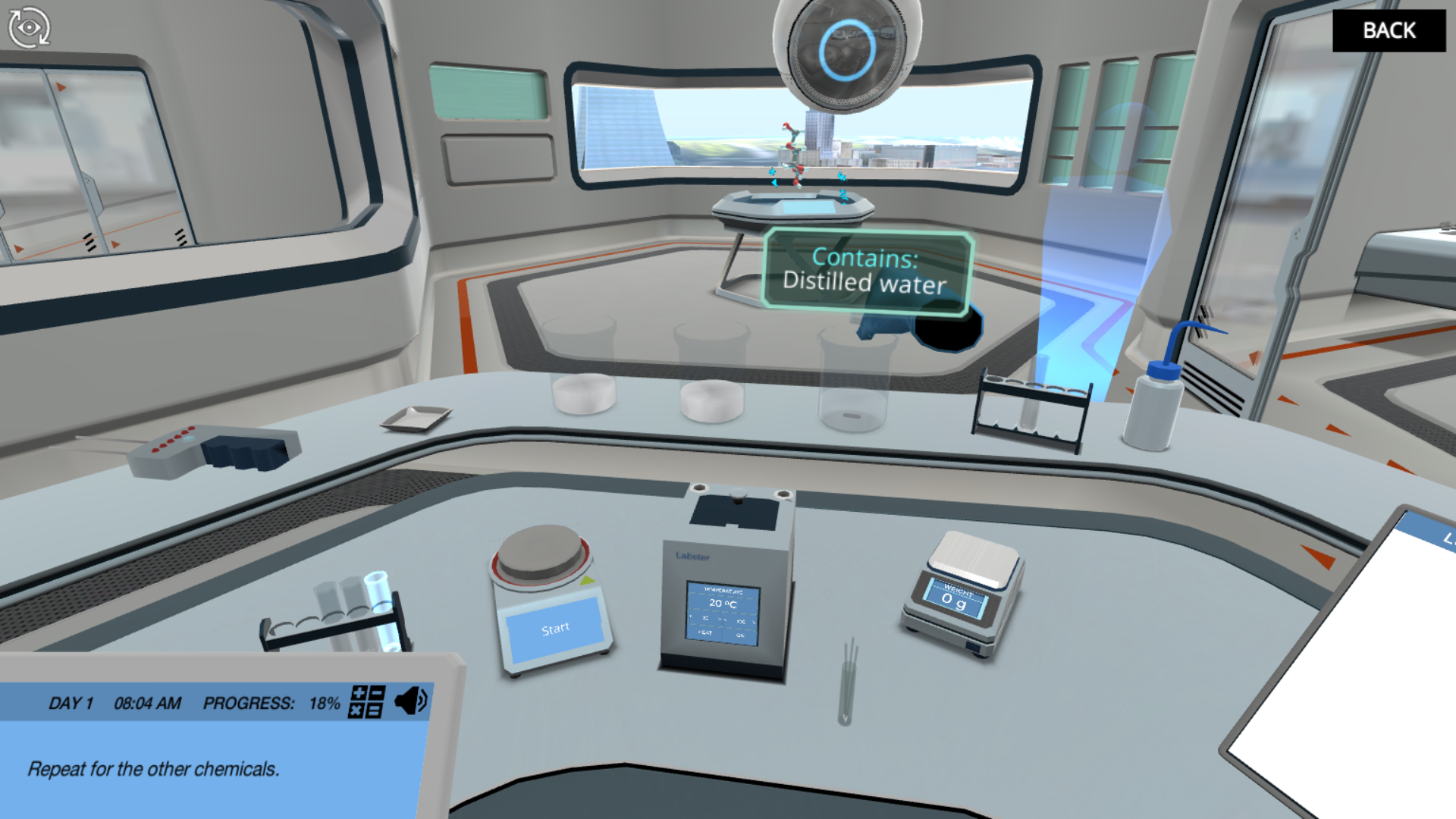
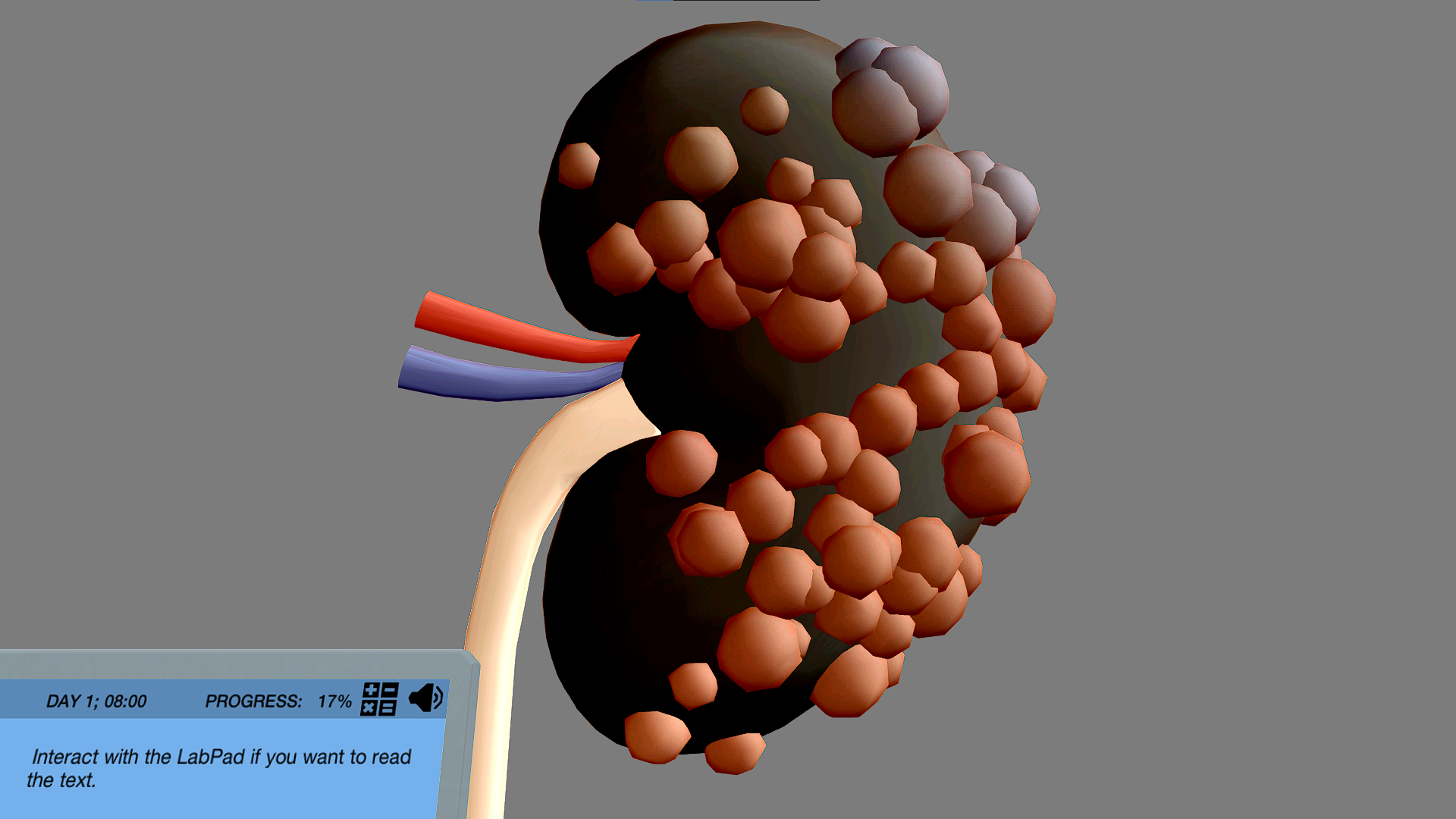
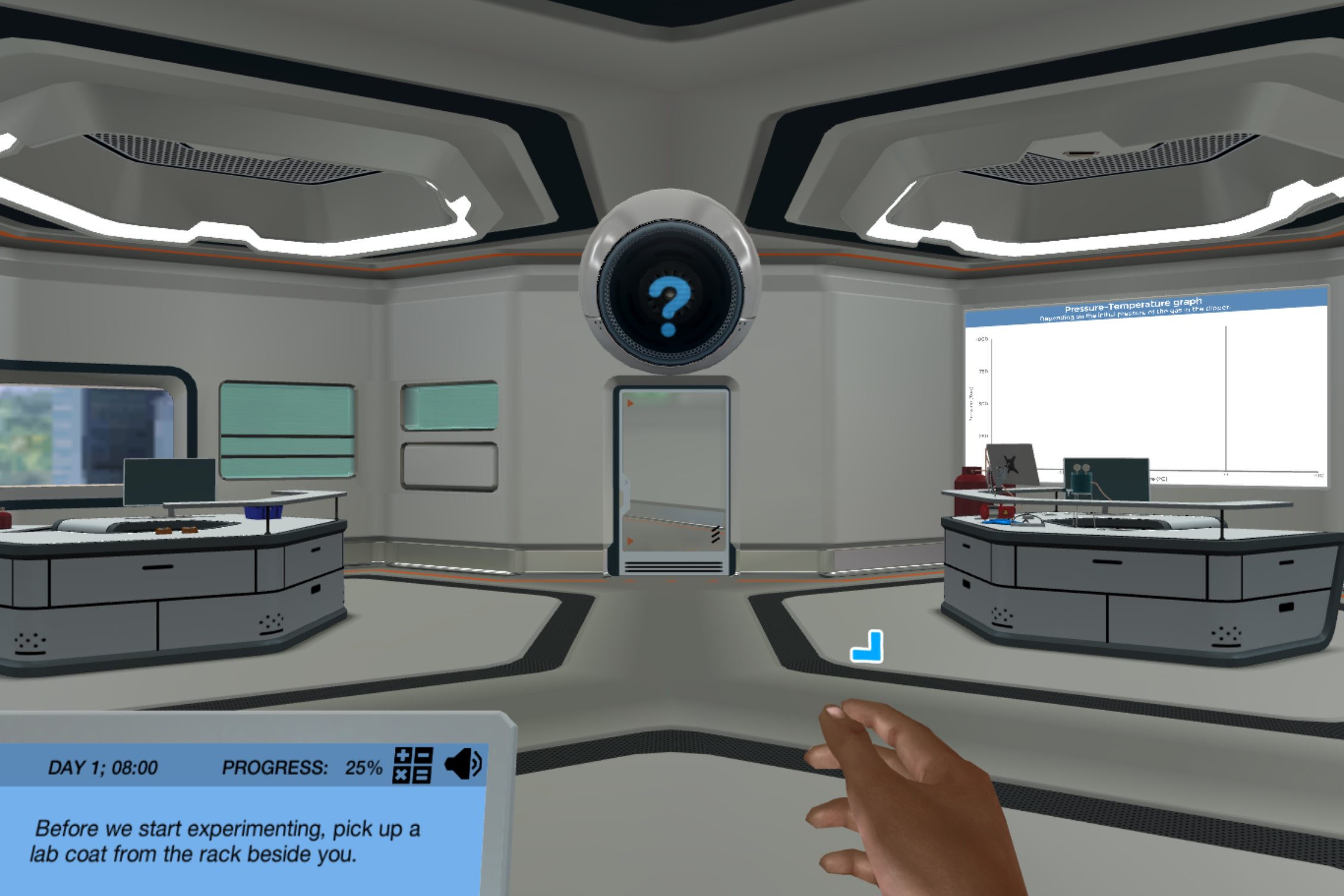
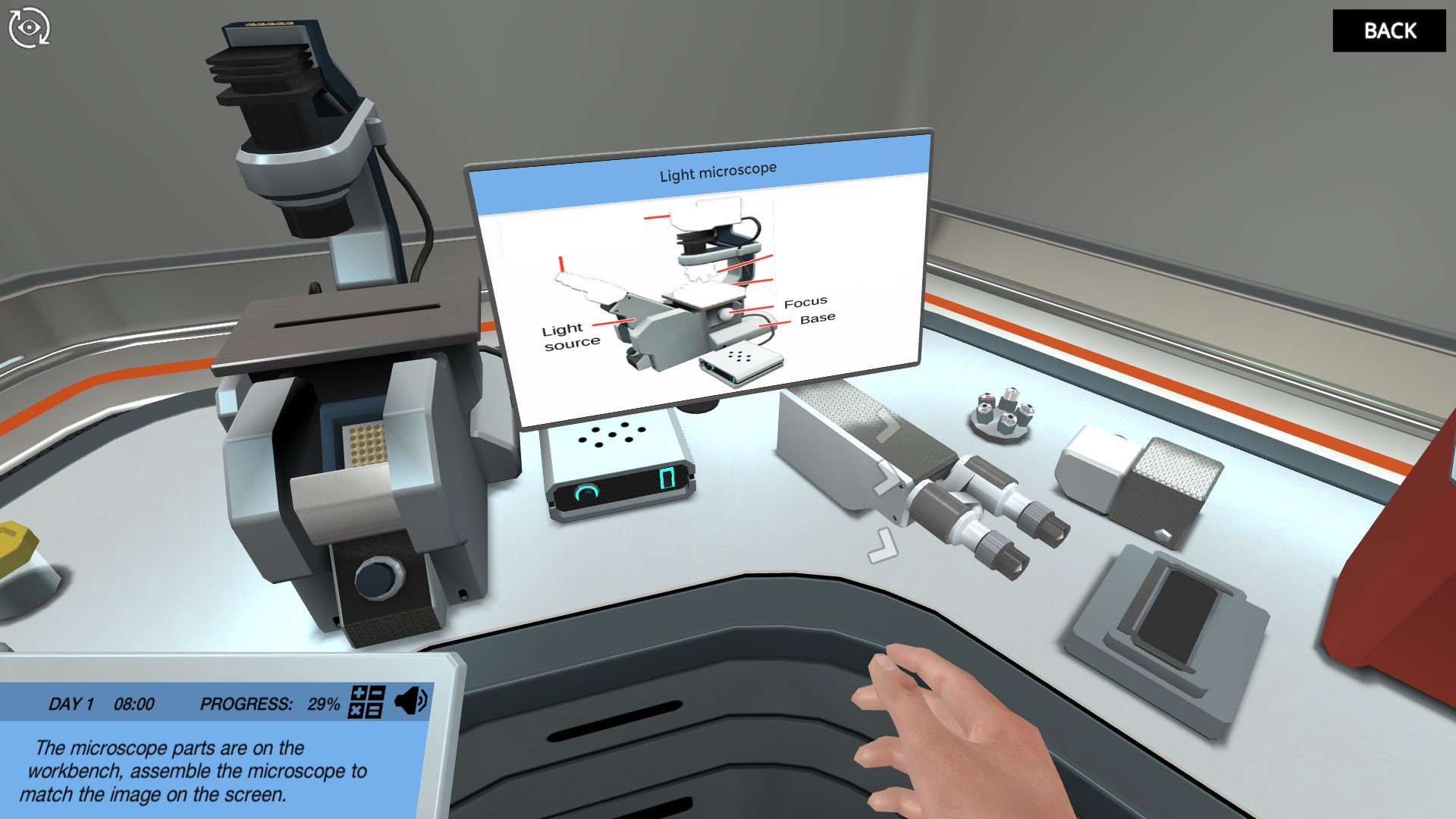
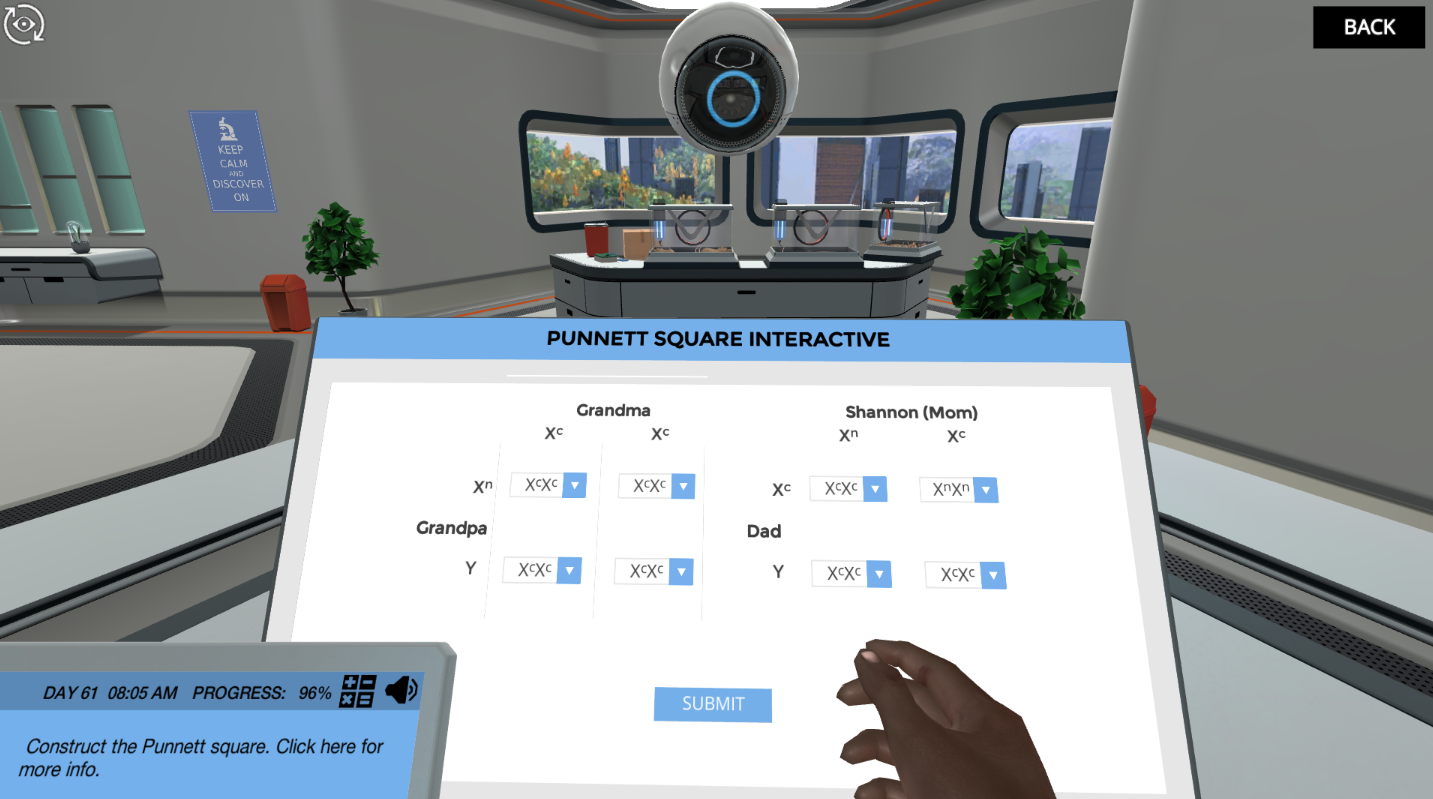

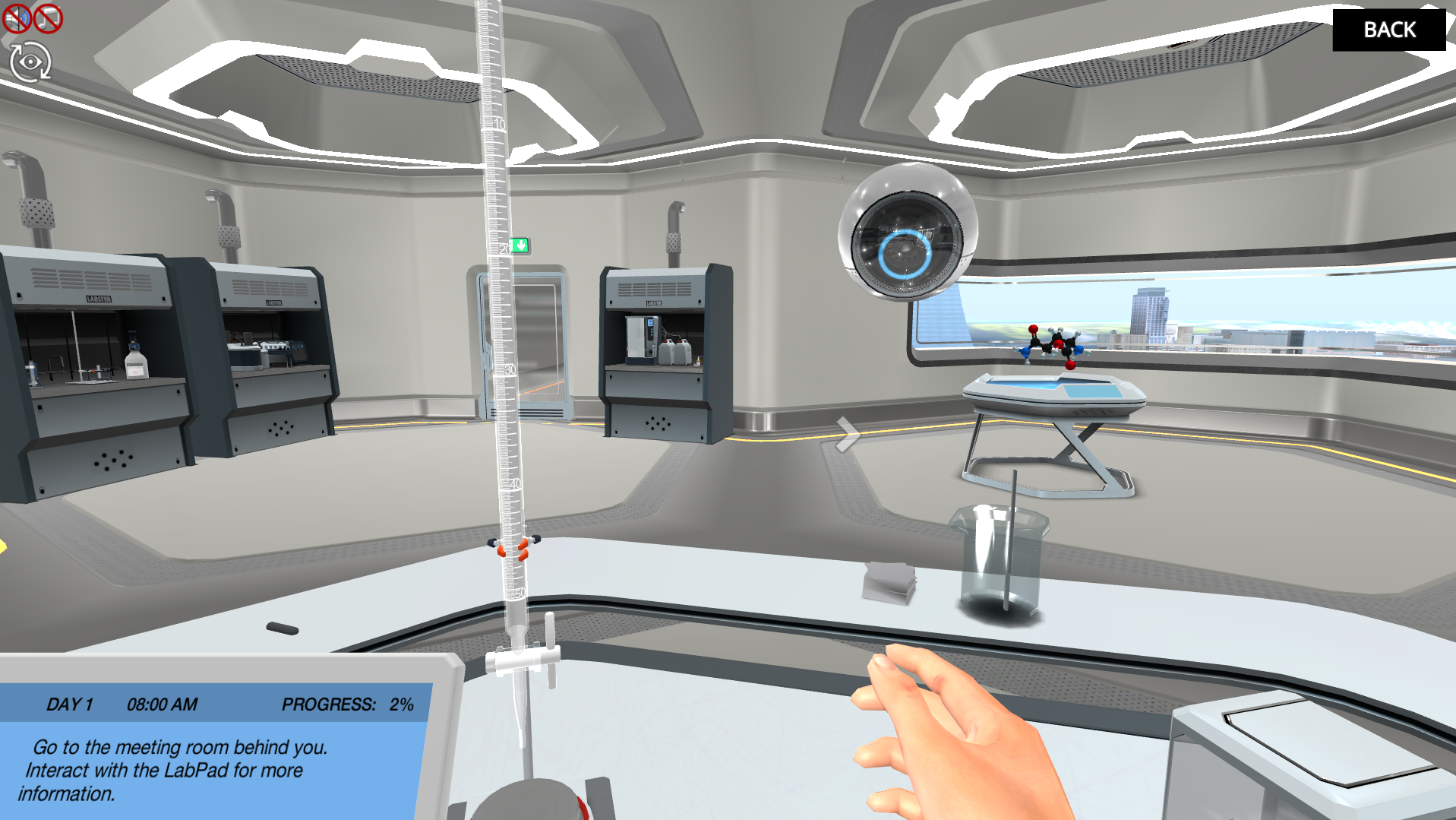
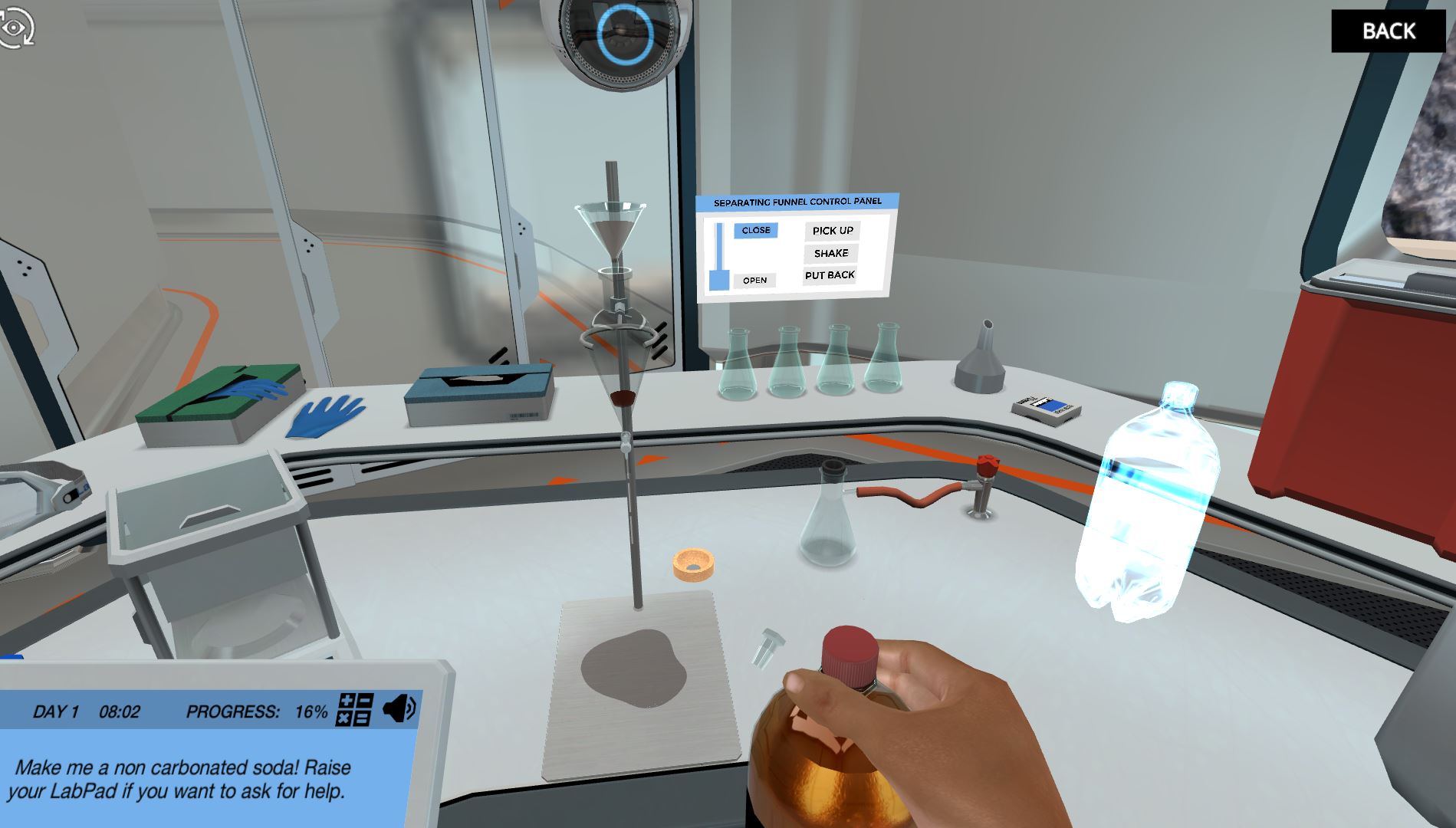
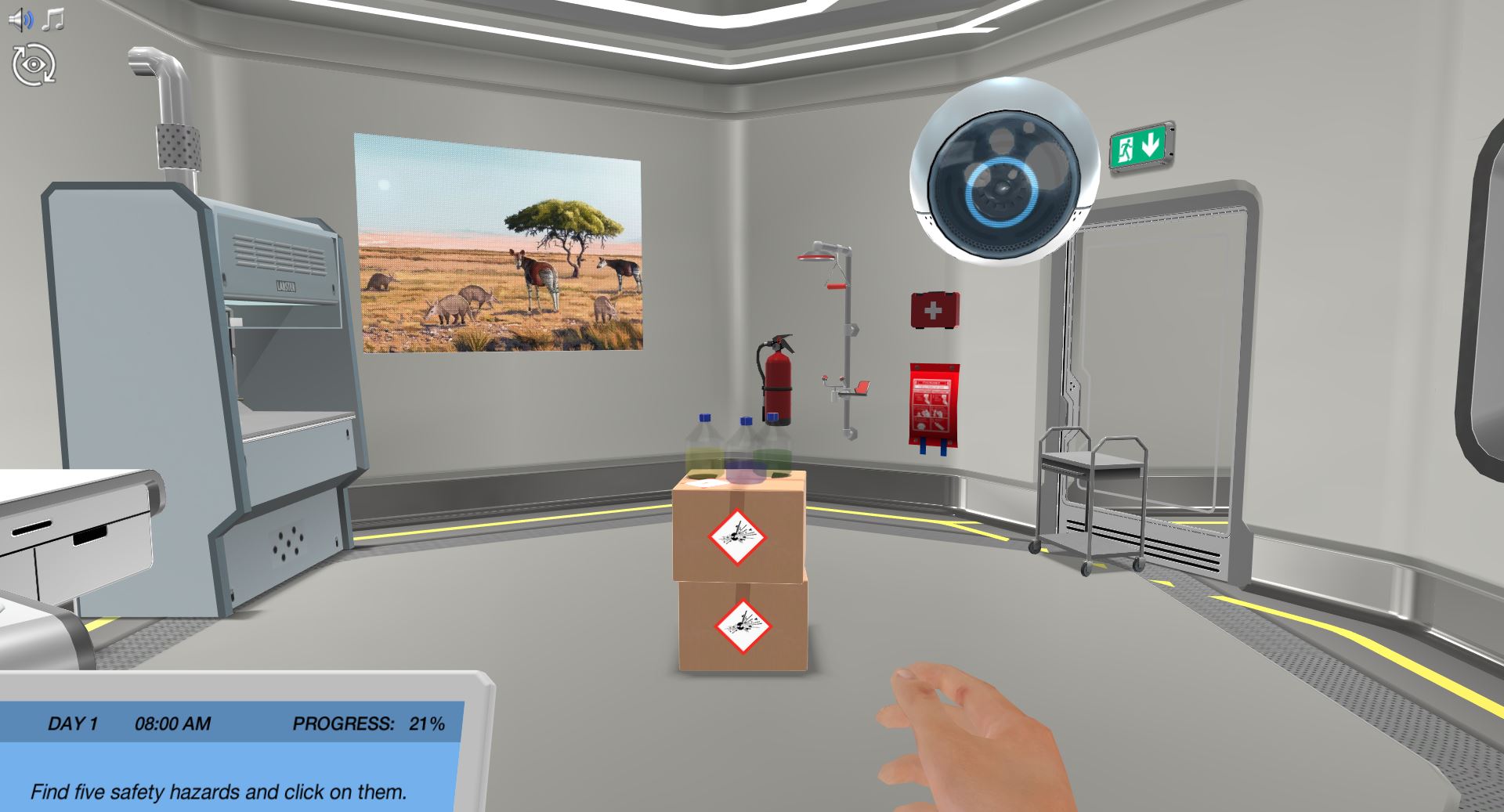
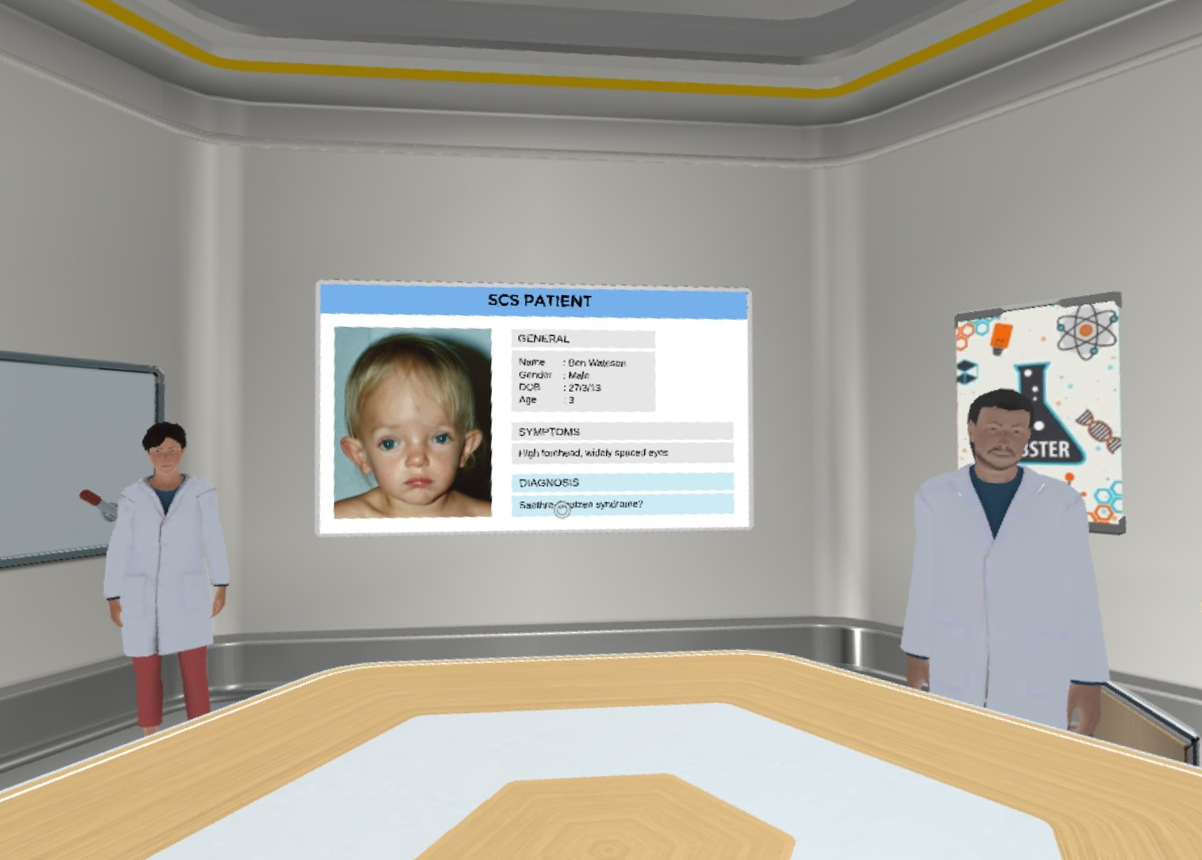
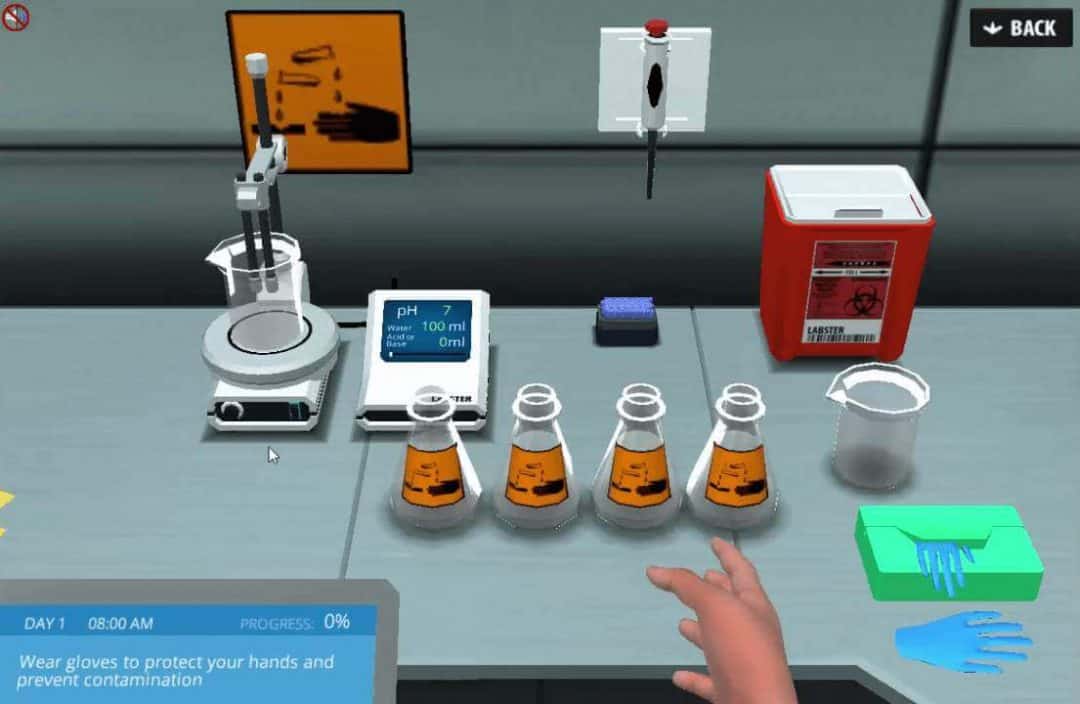
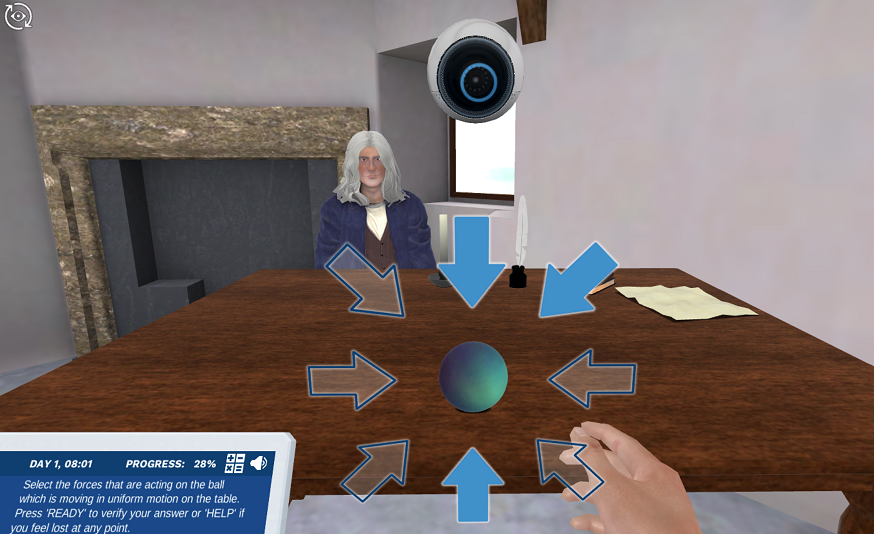
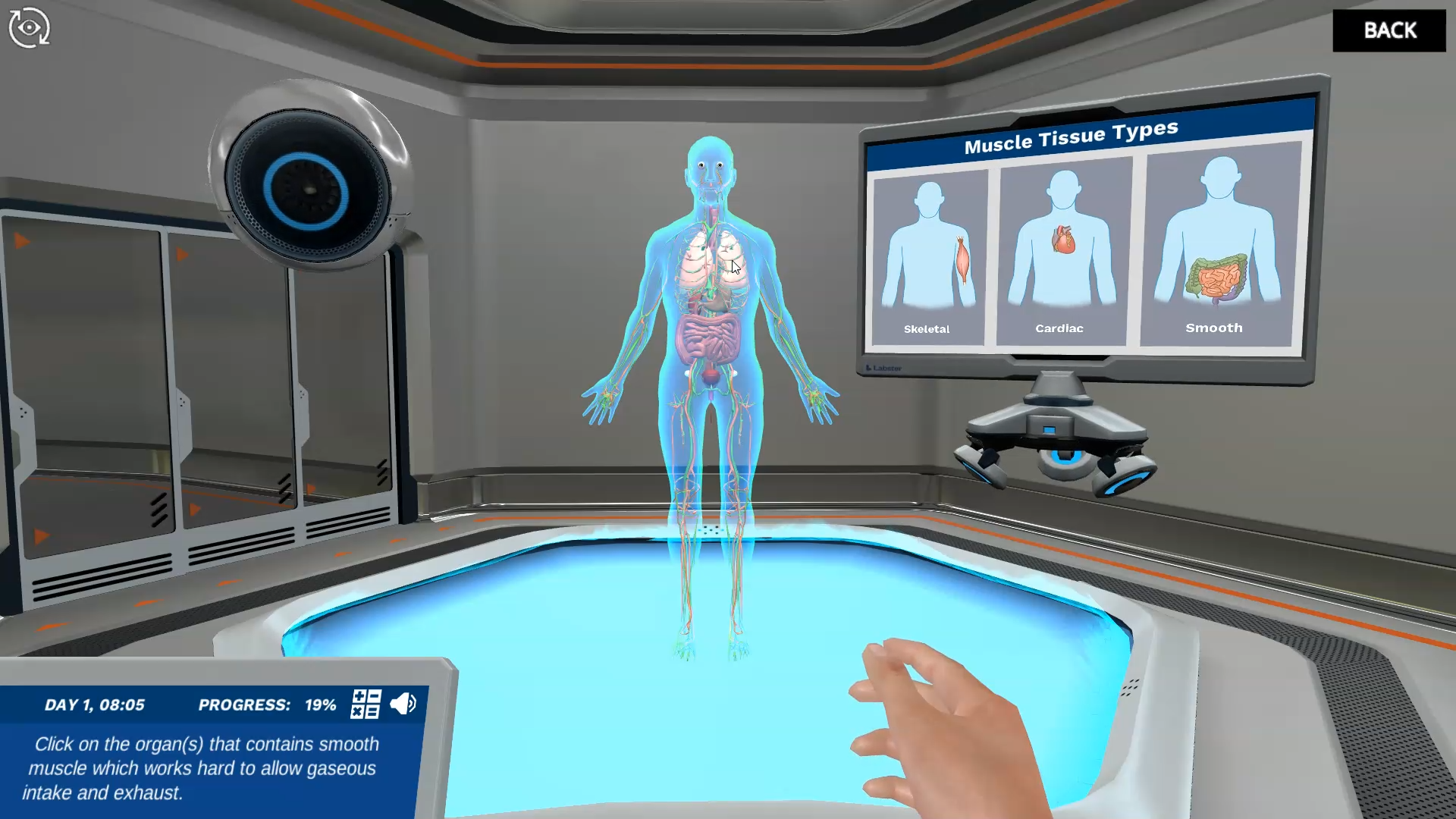
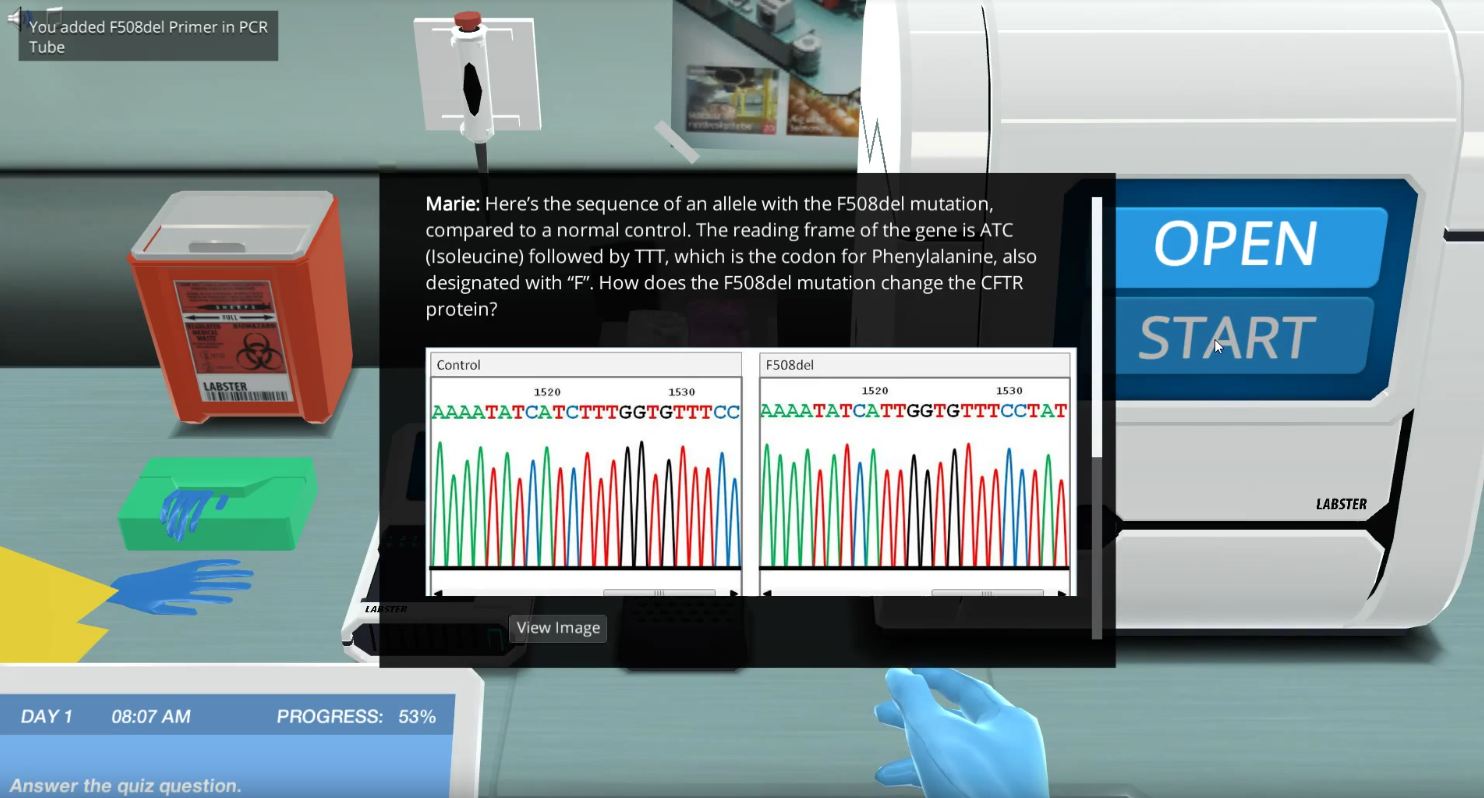
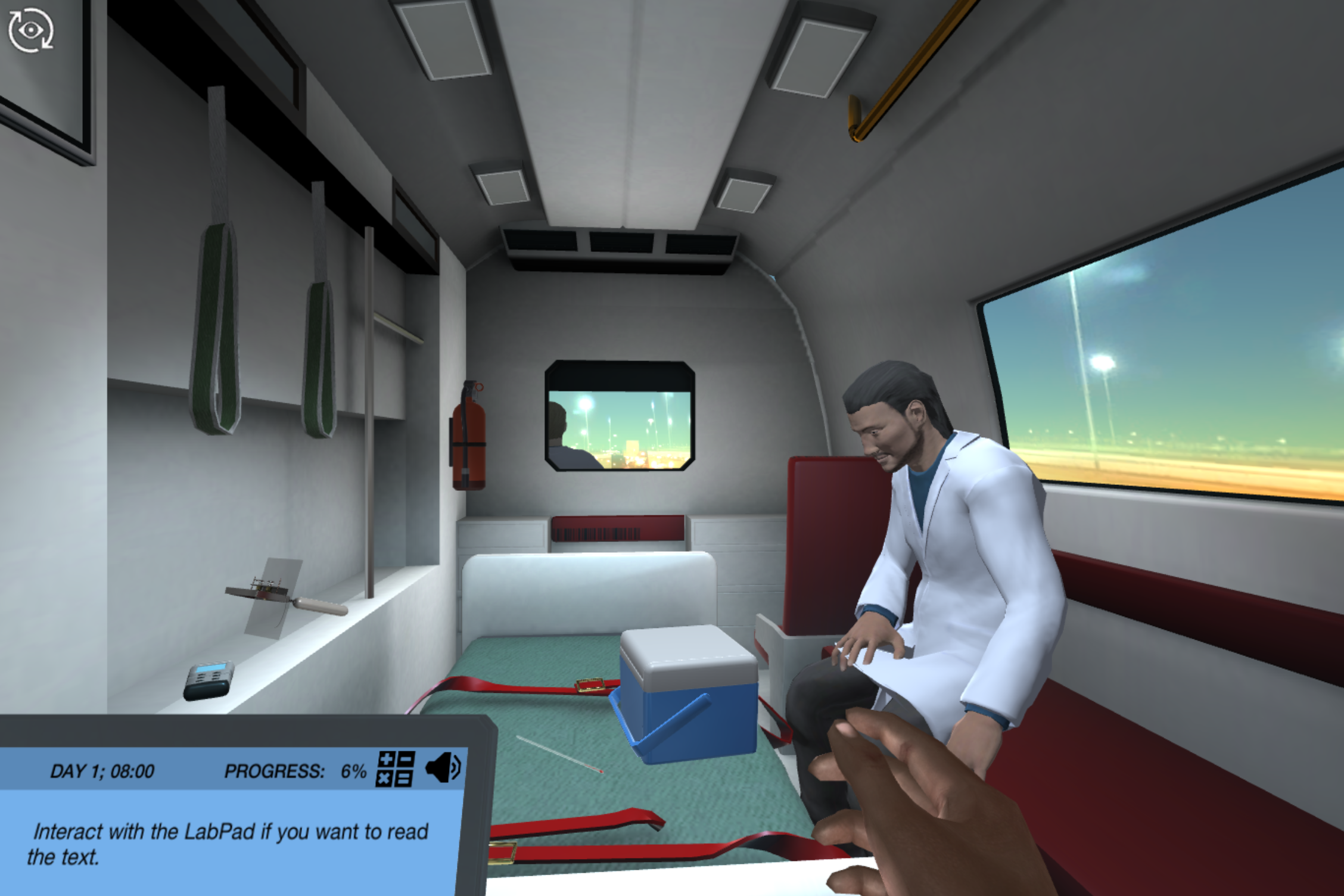

.png)
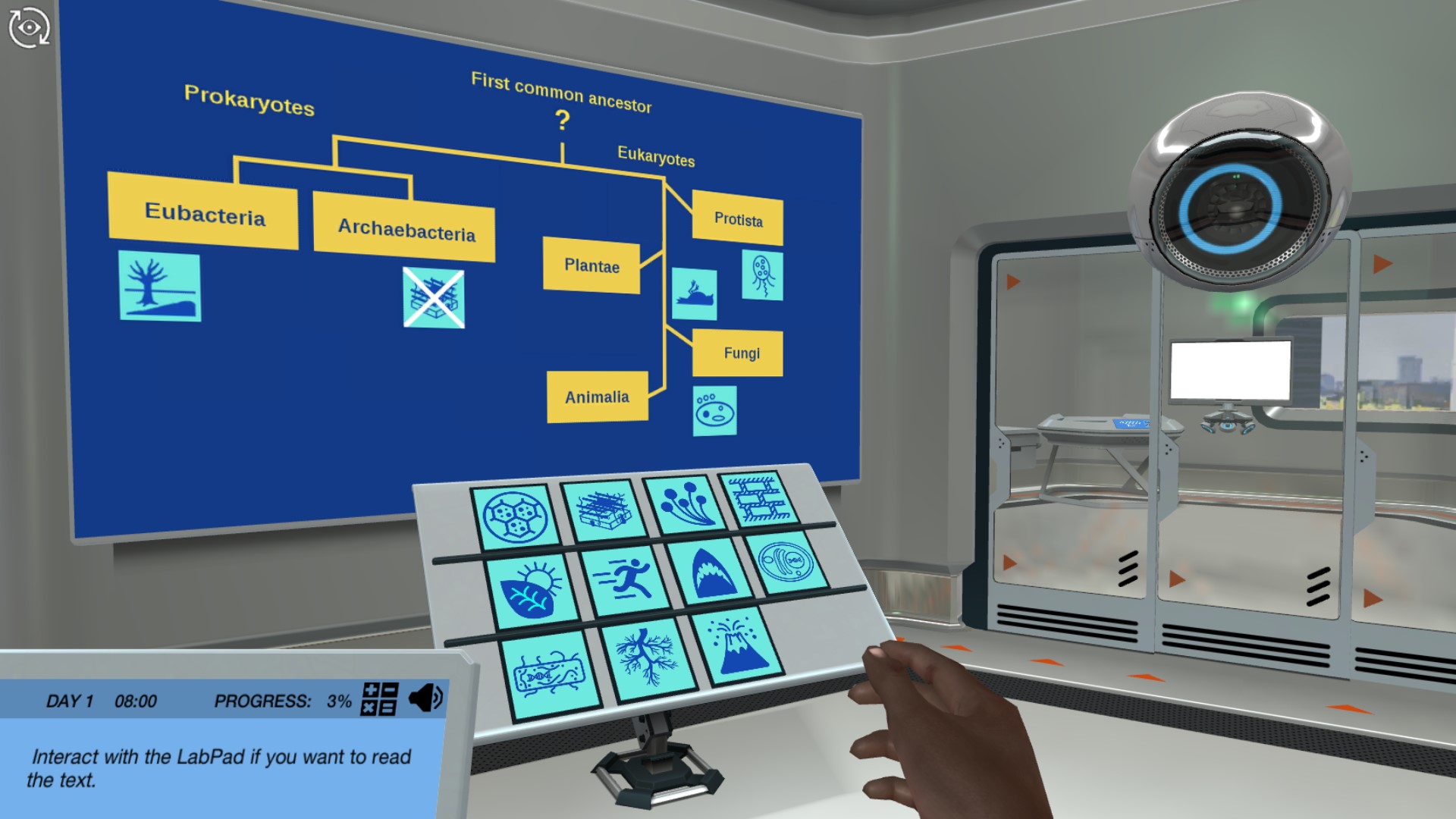


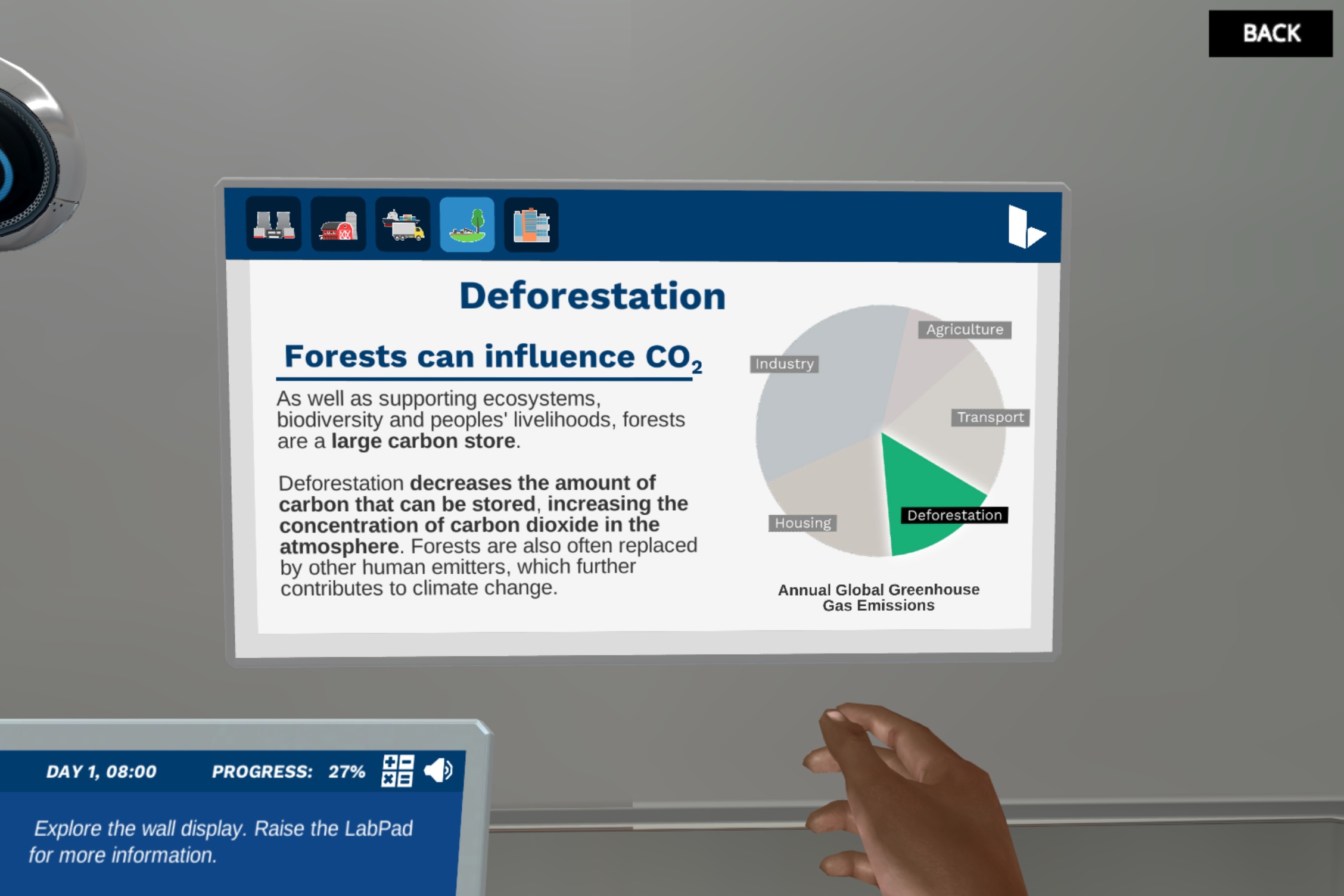
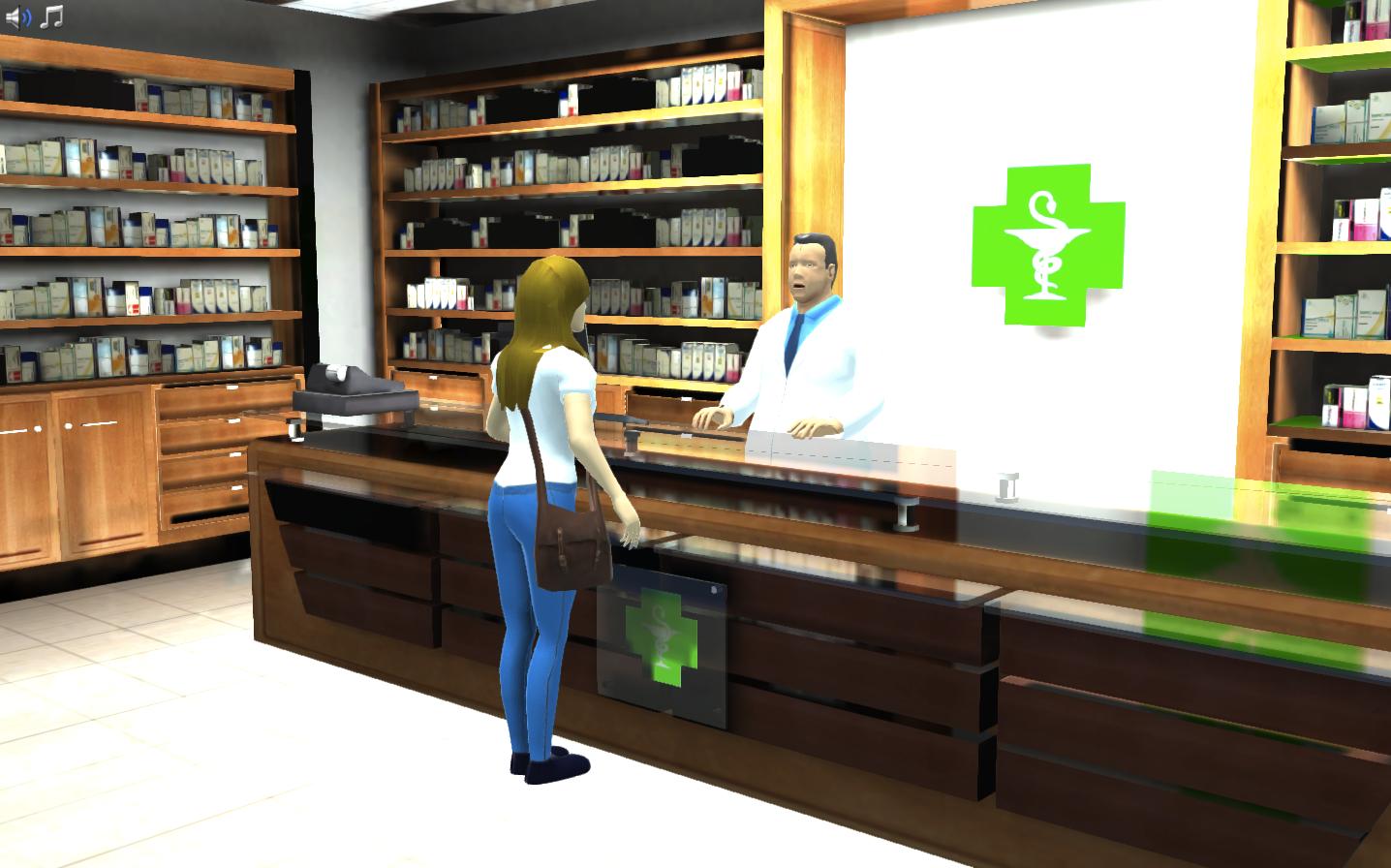
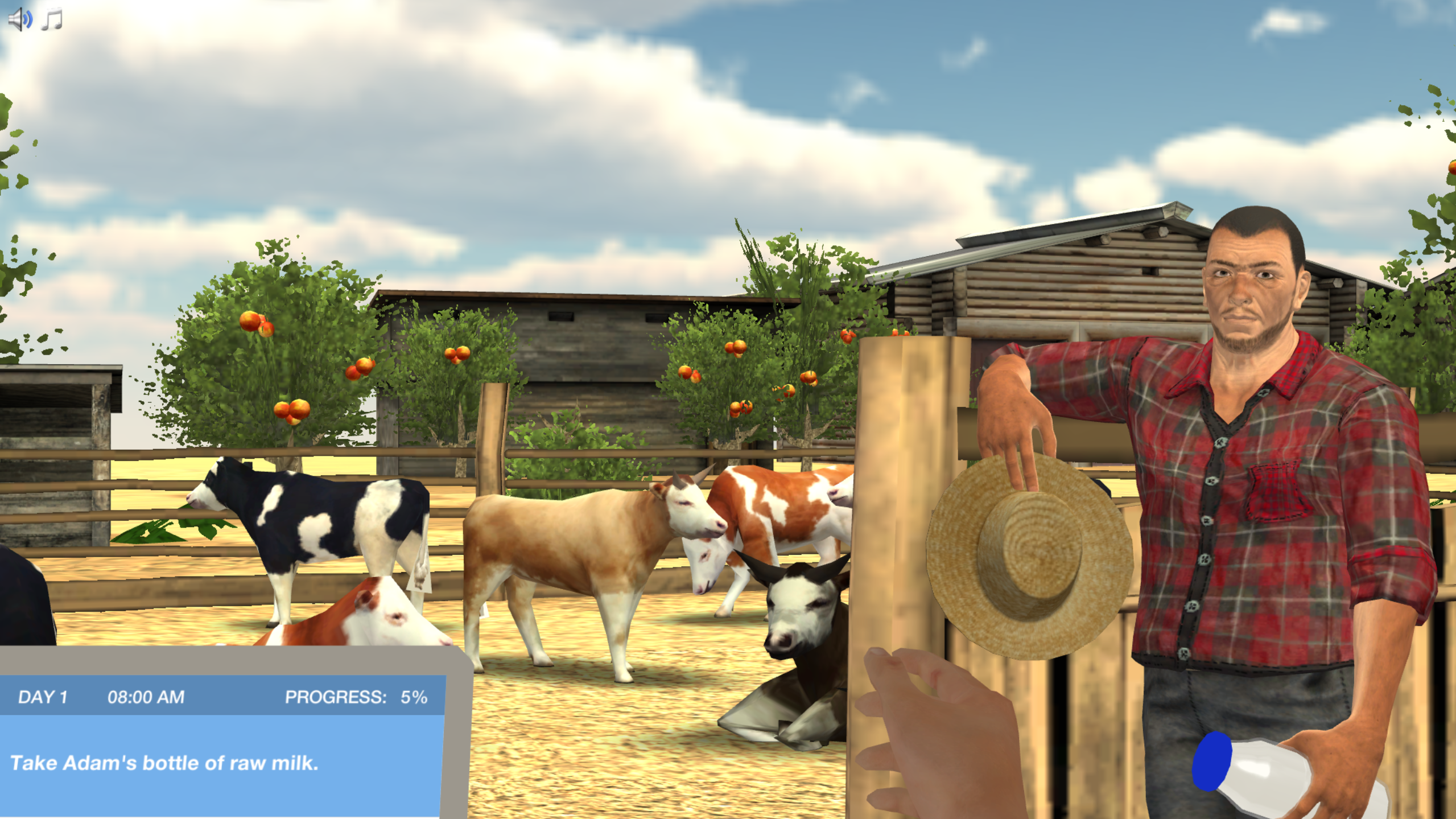
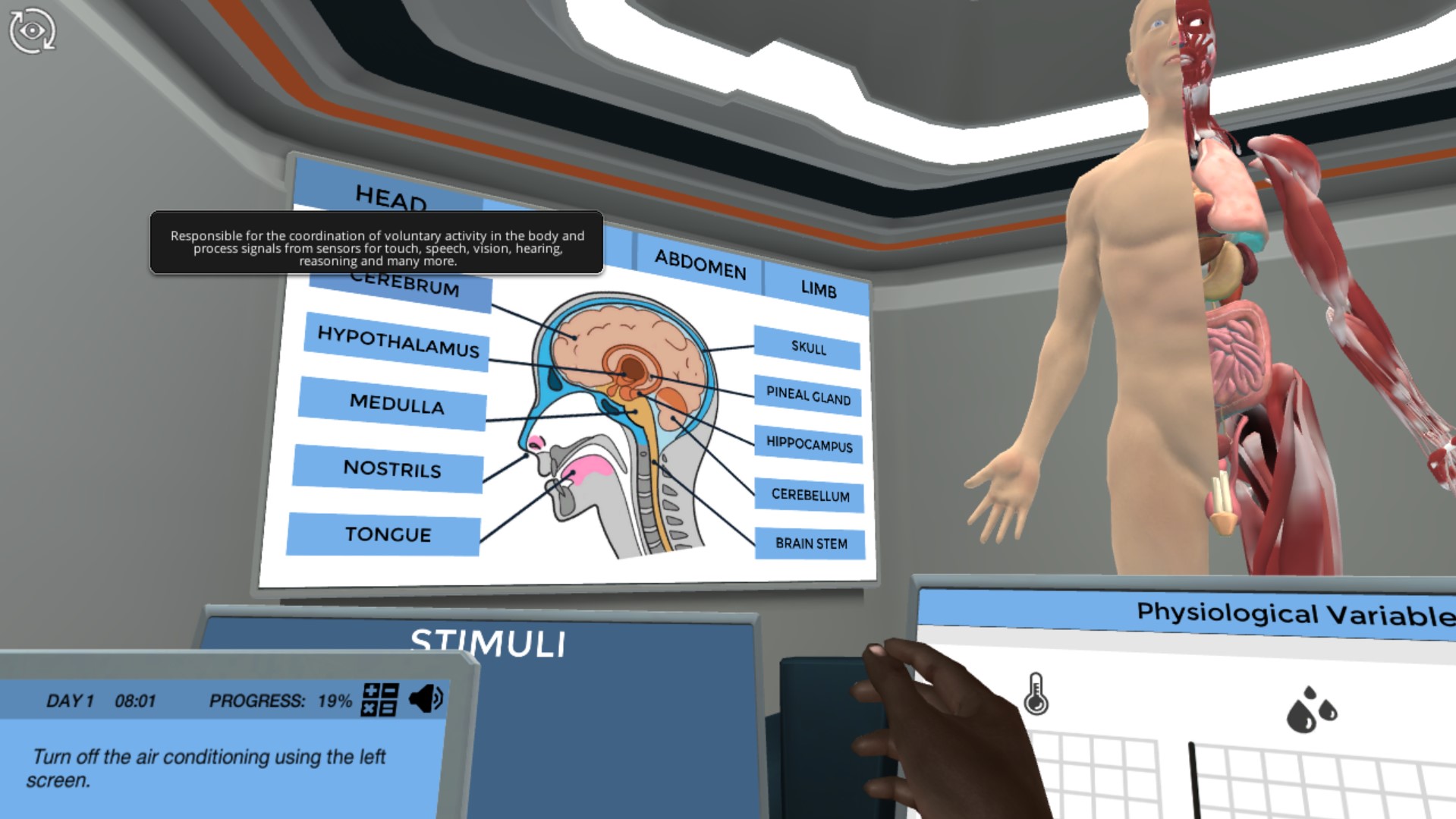

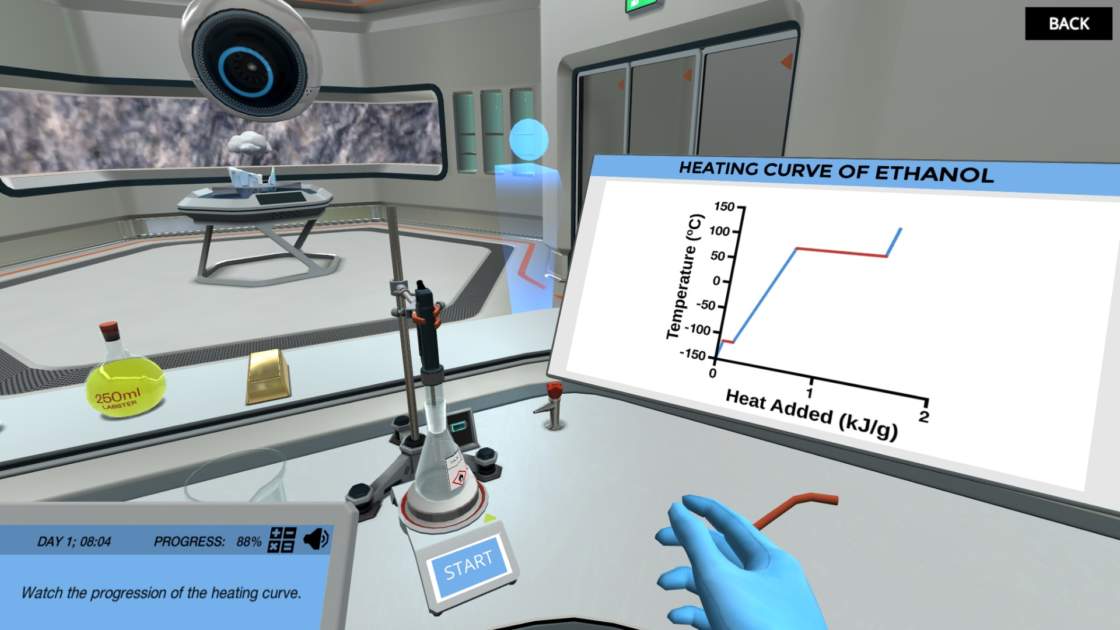
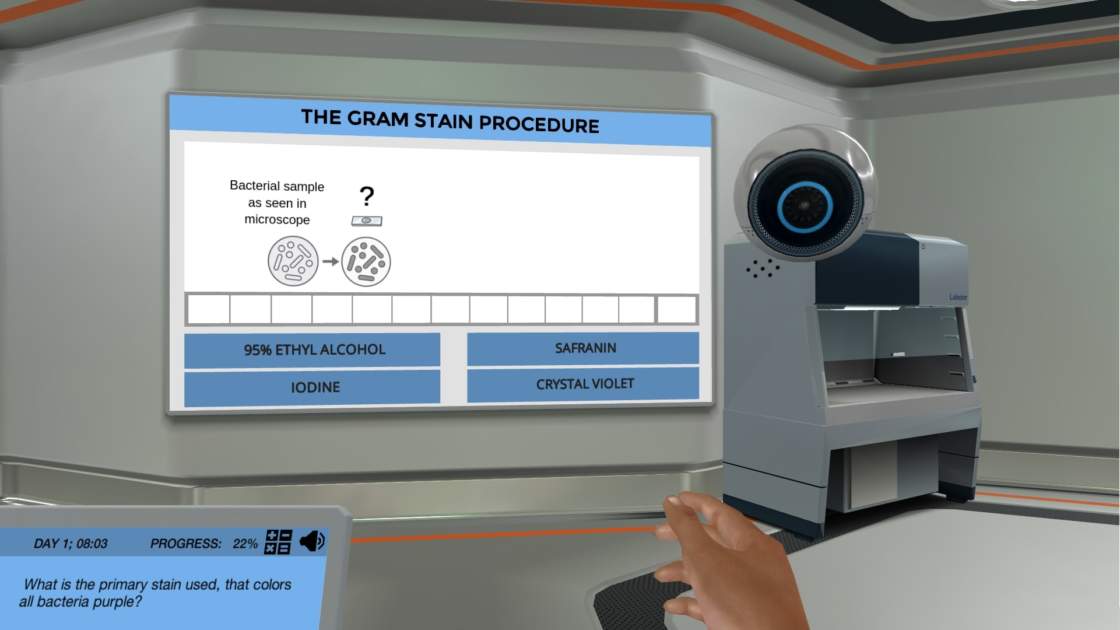
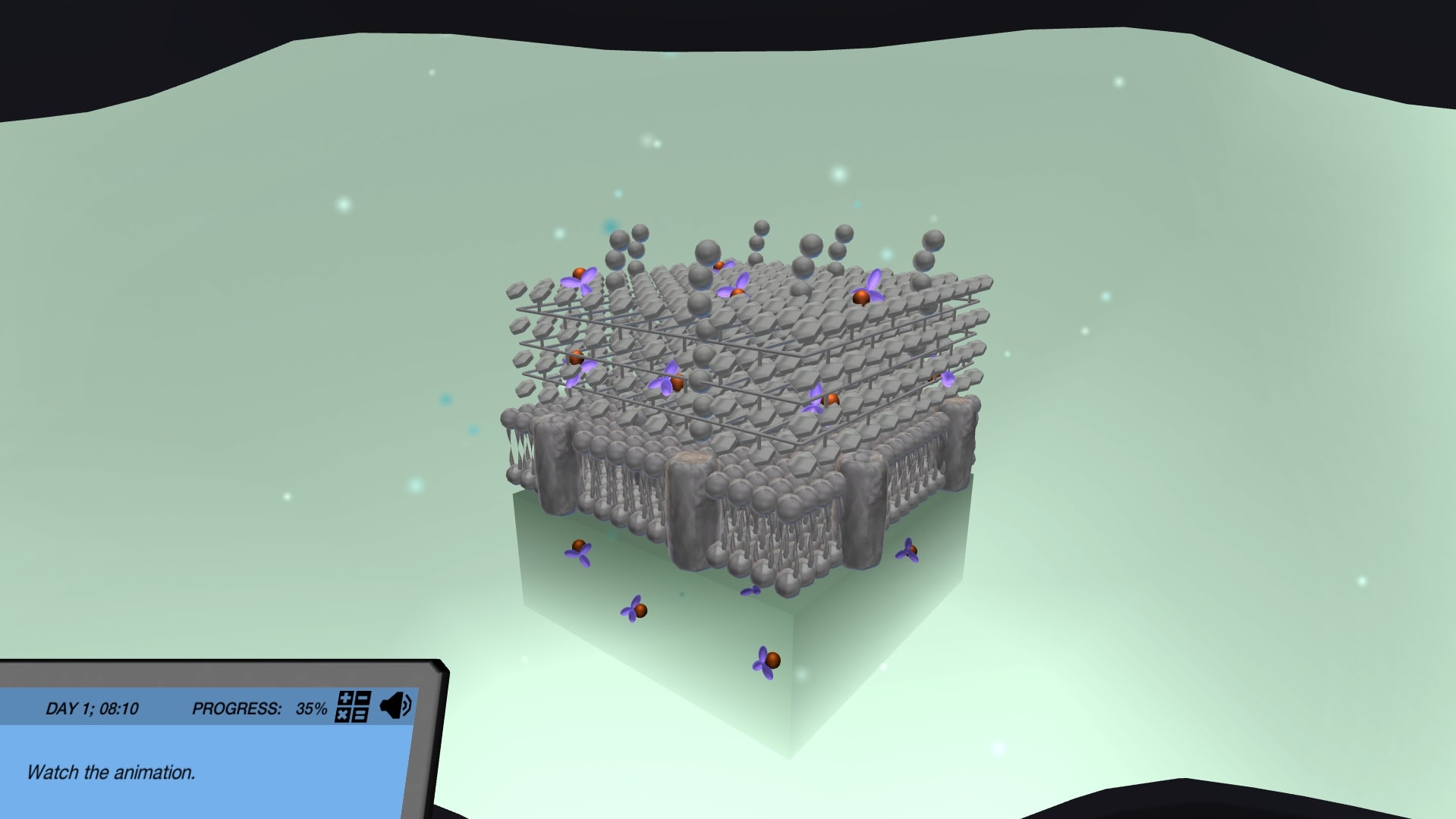
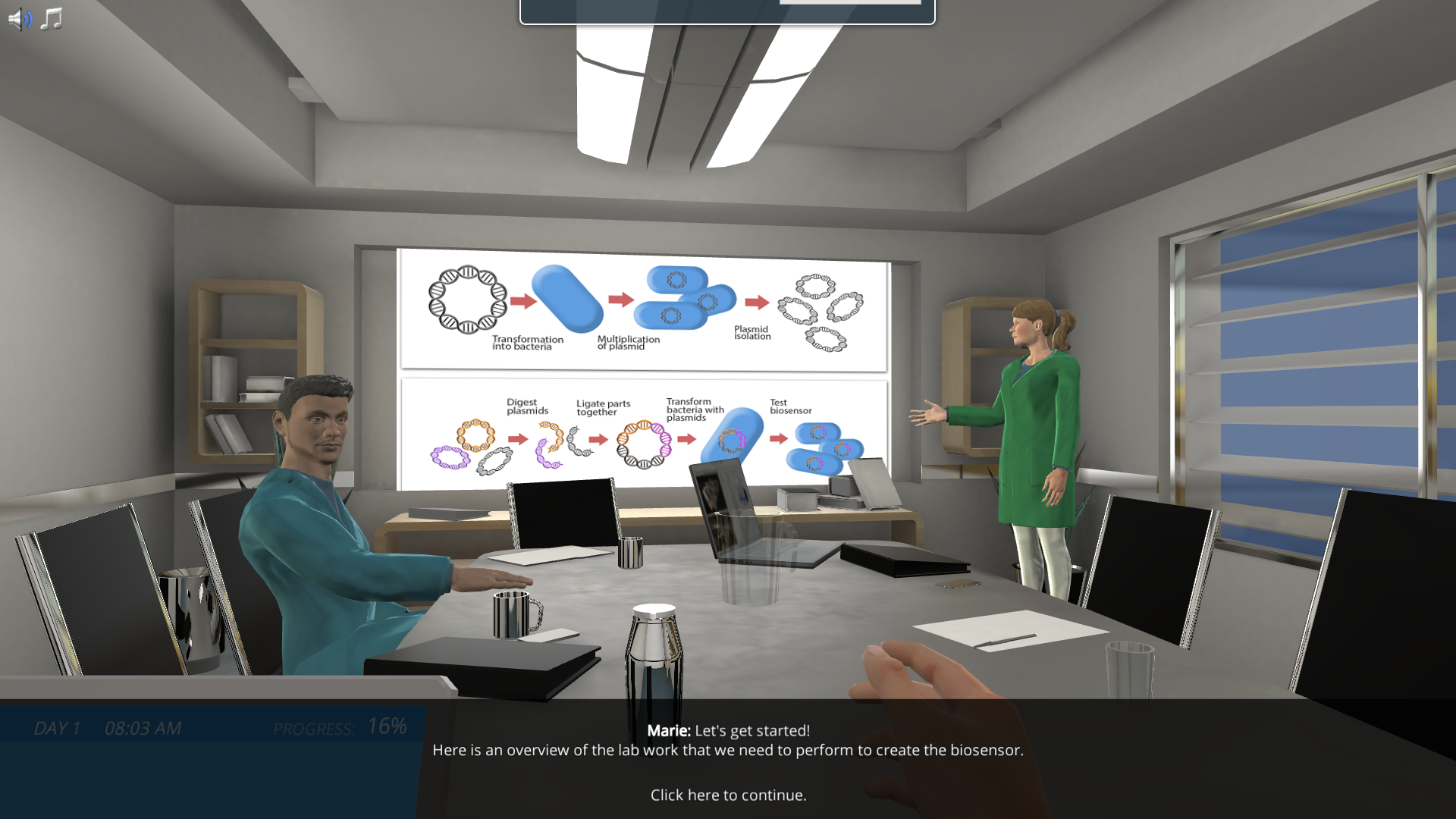
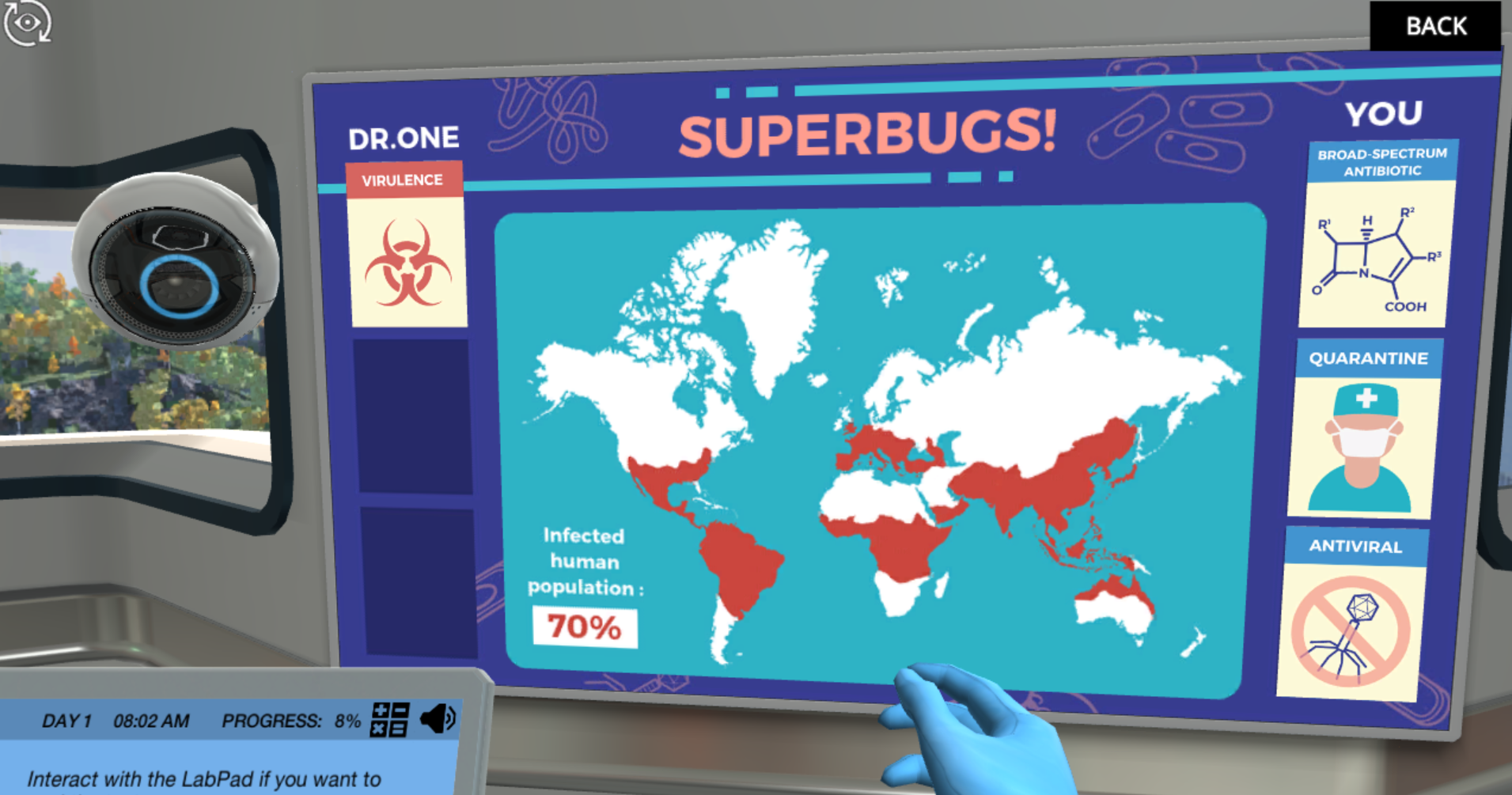
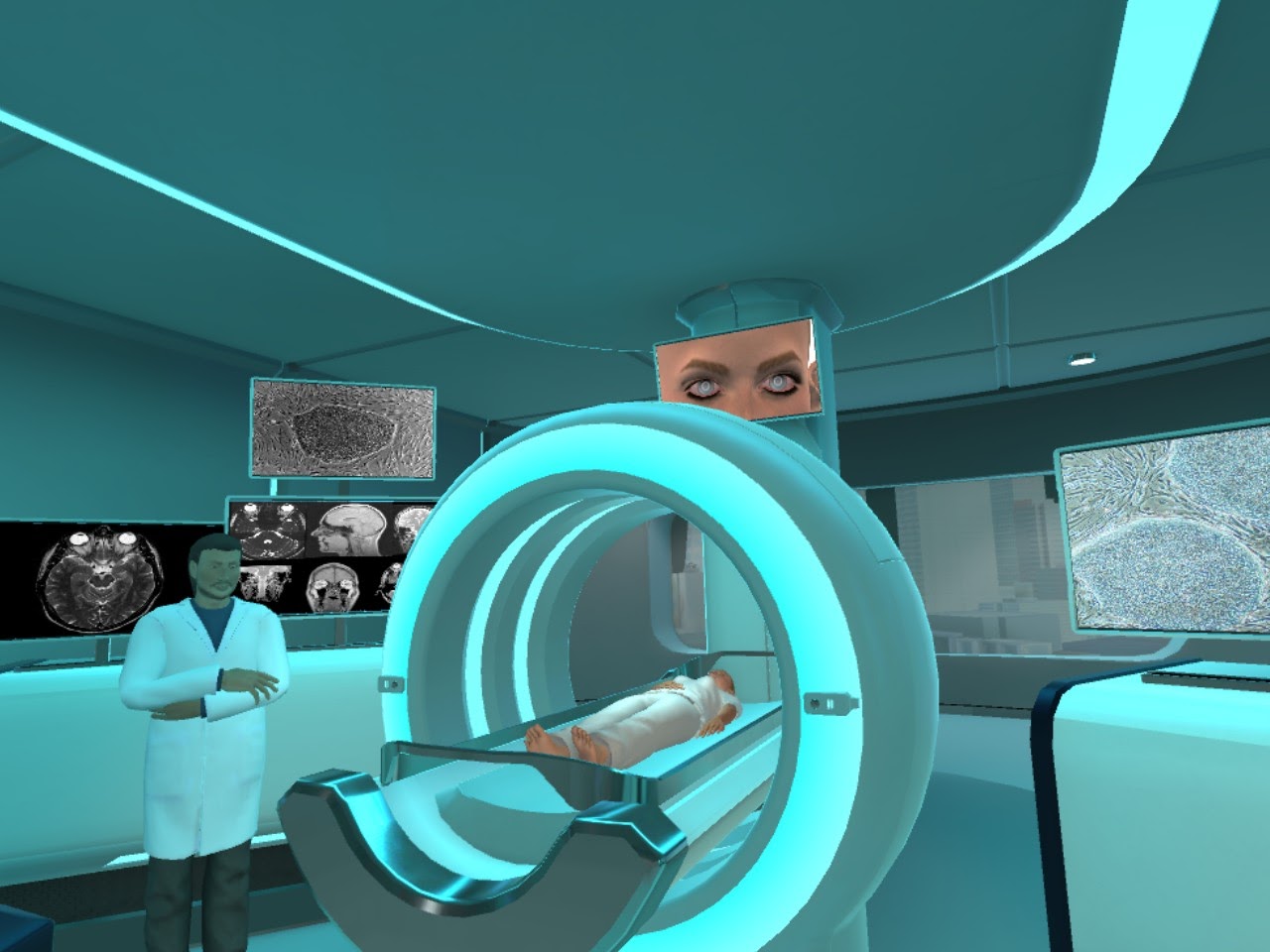
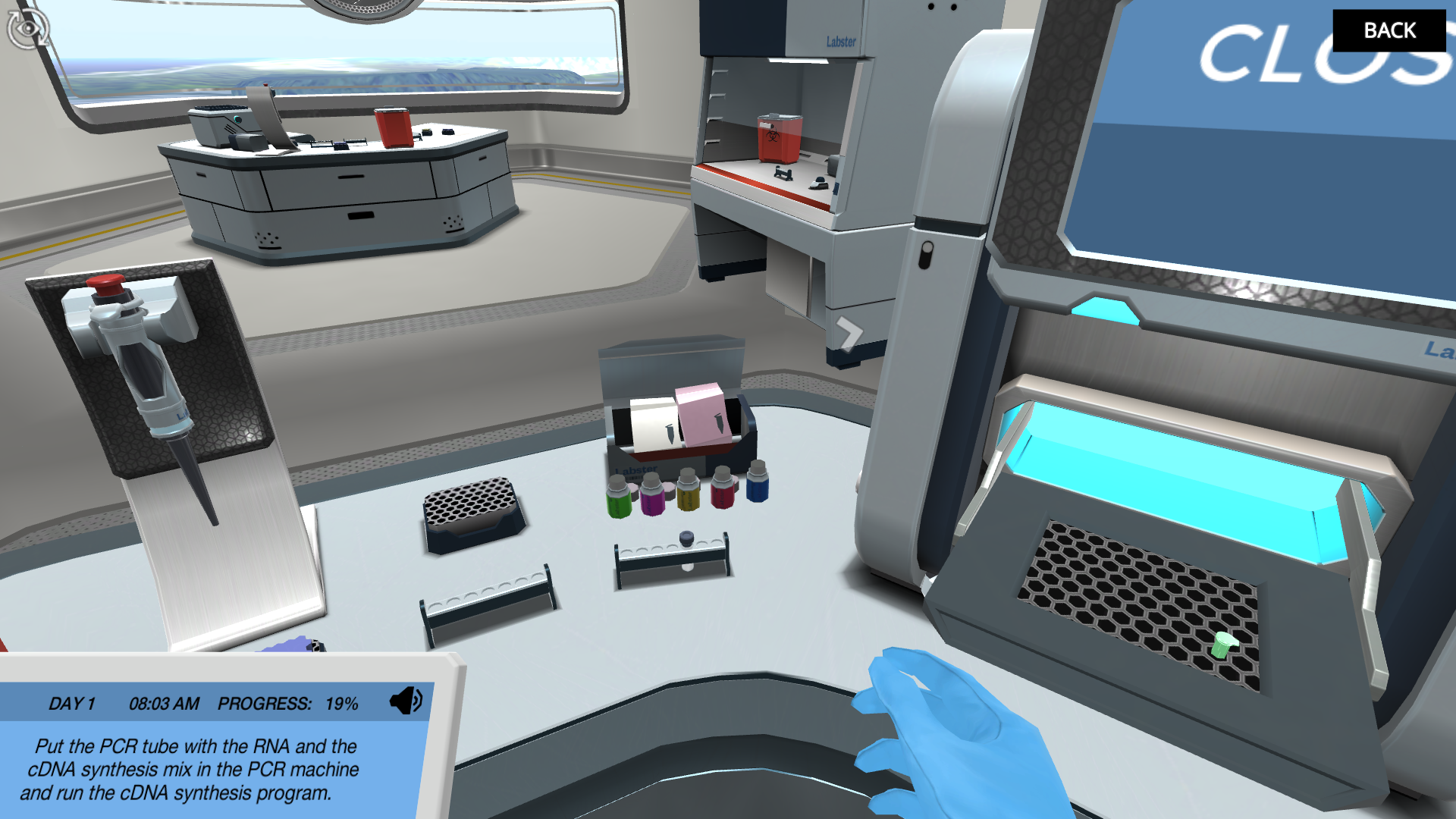
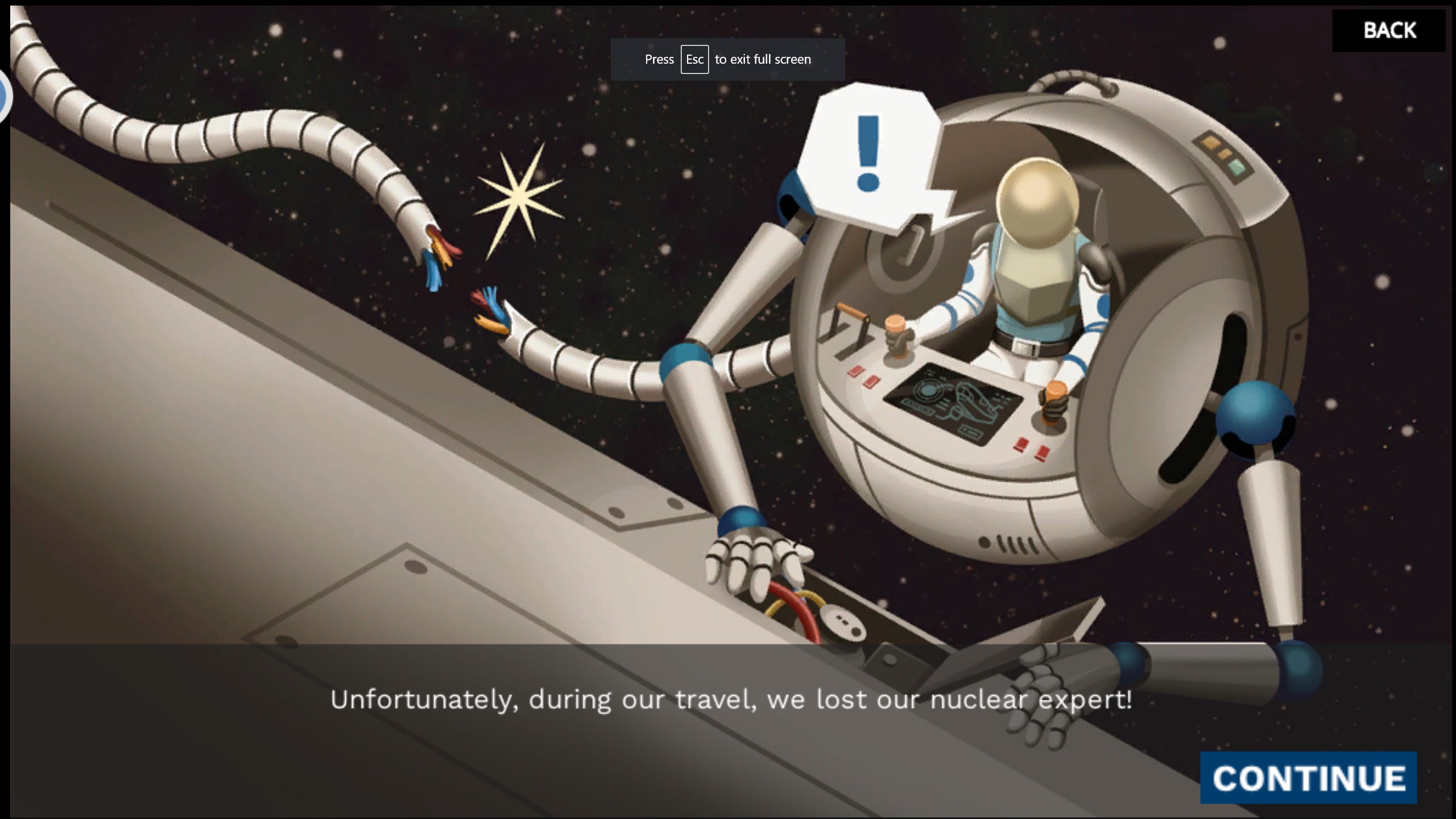
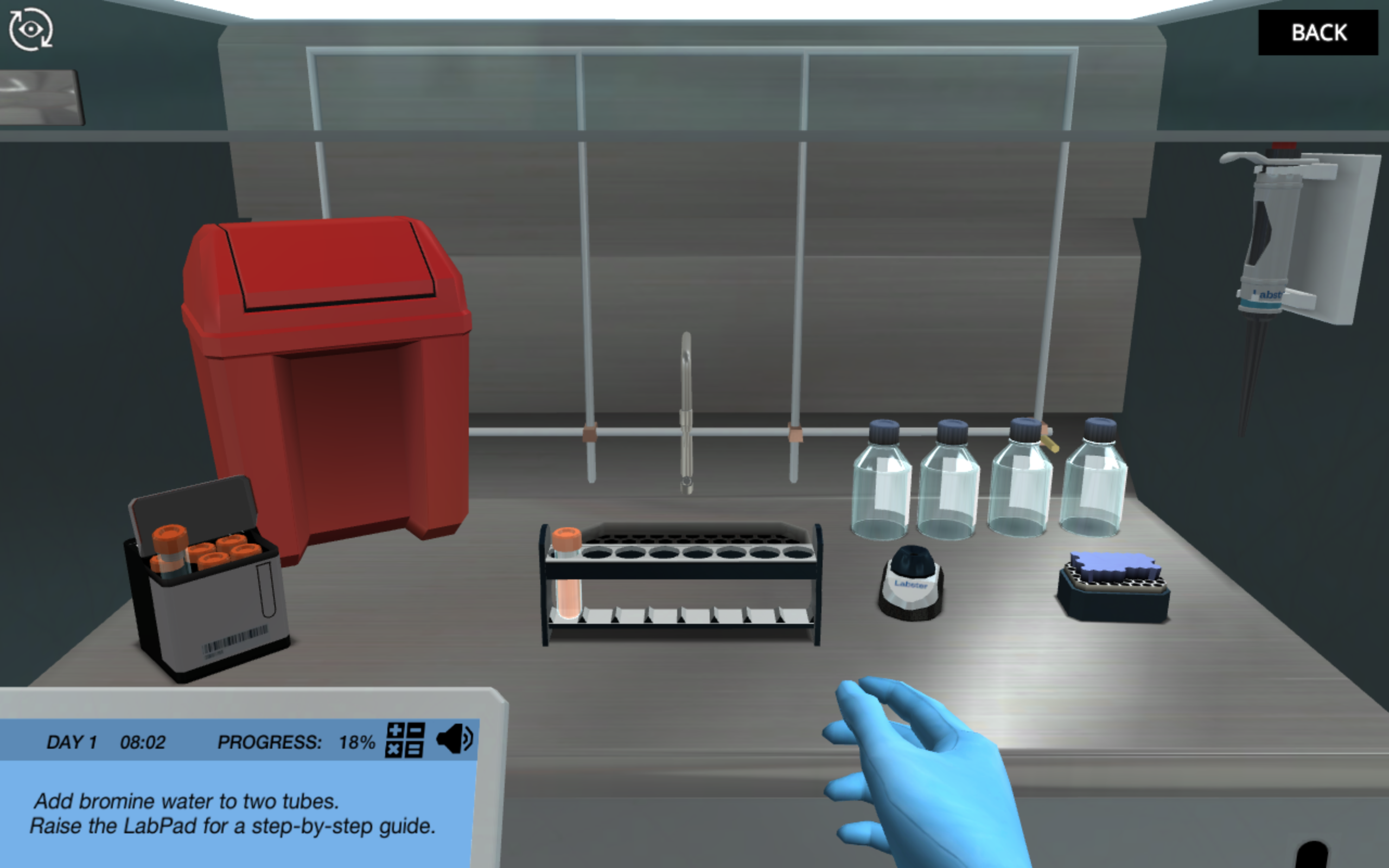
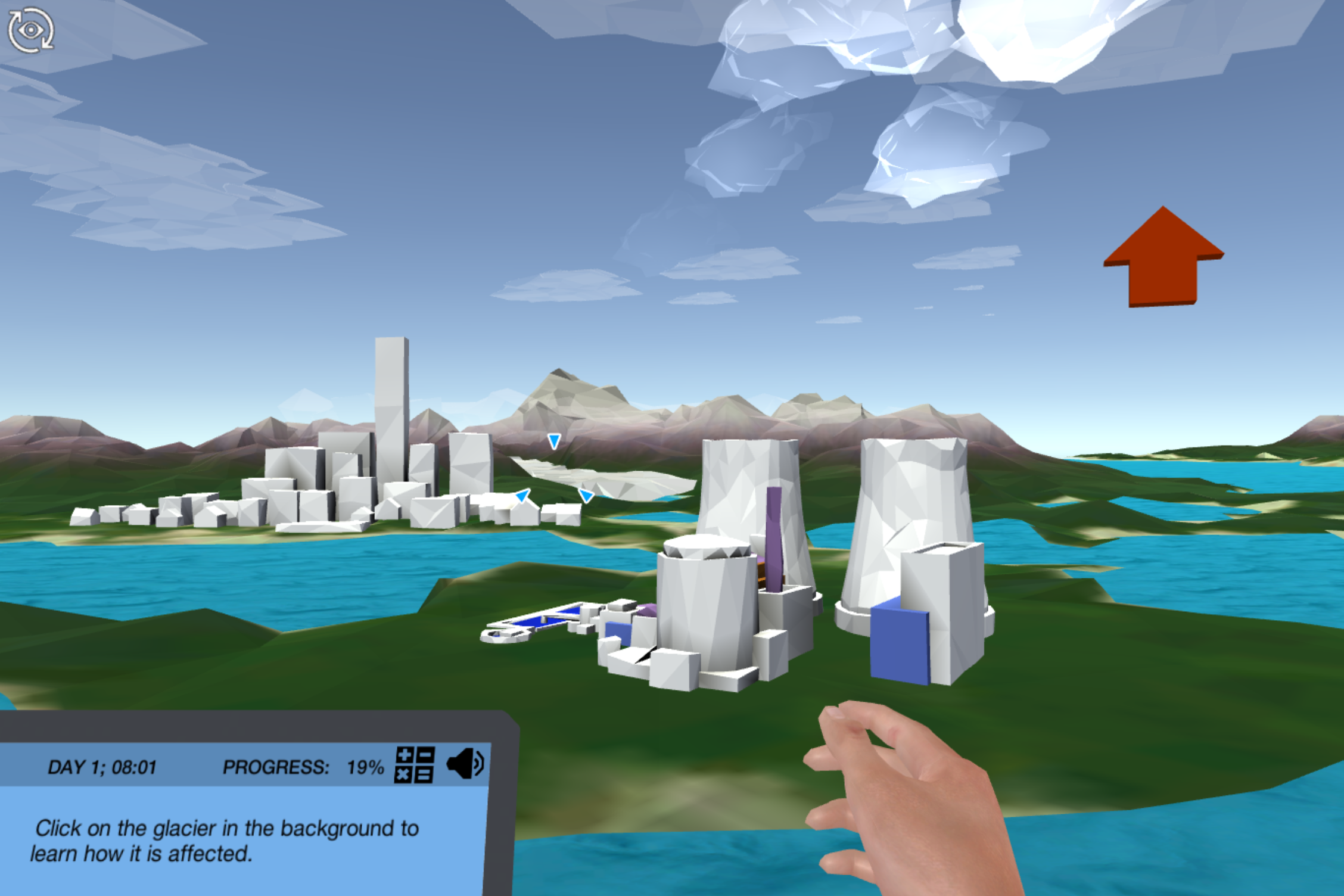
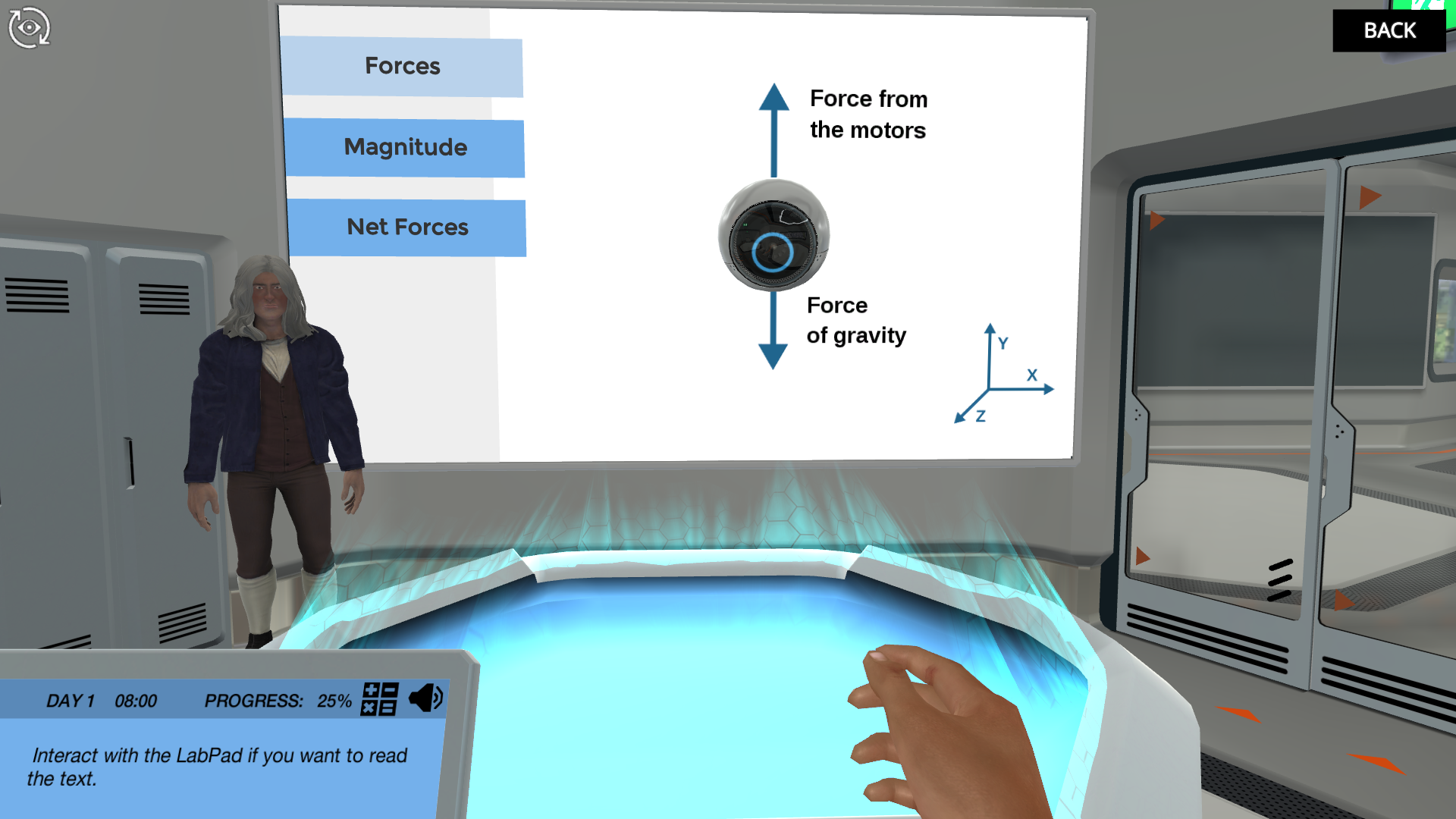
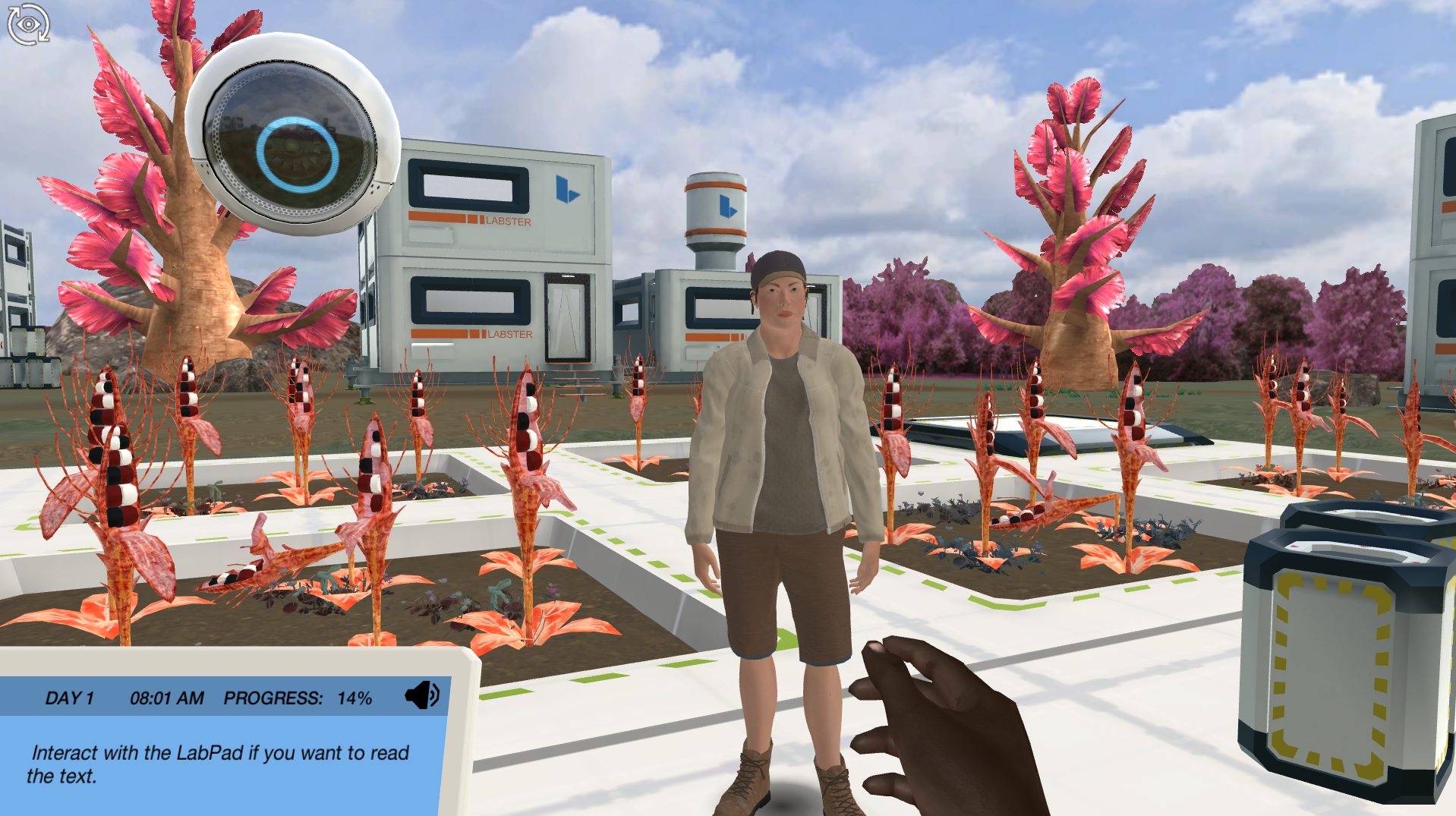
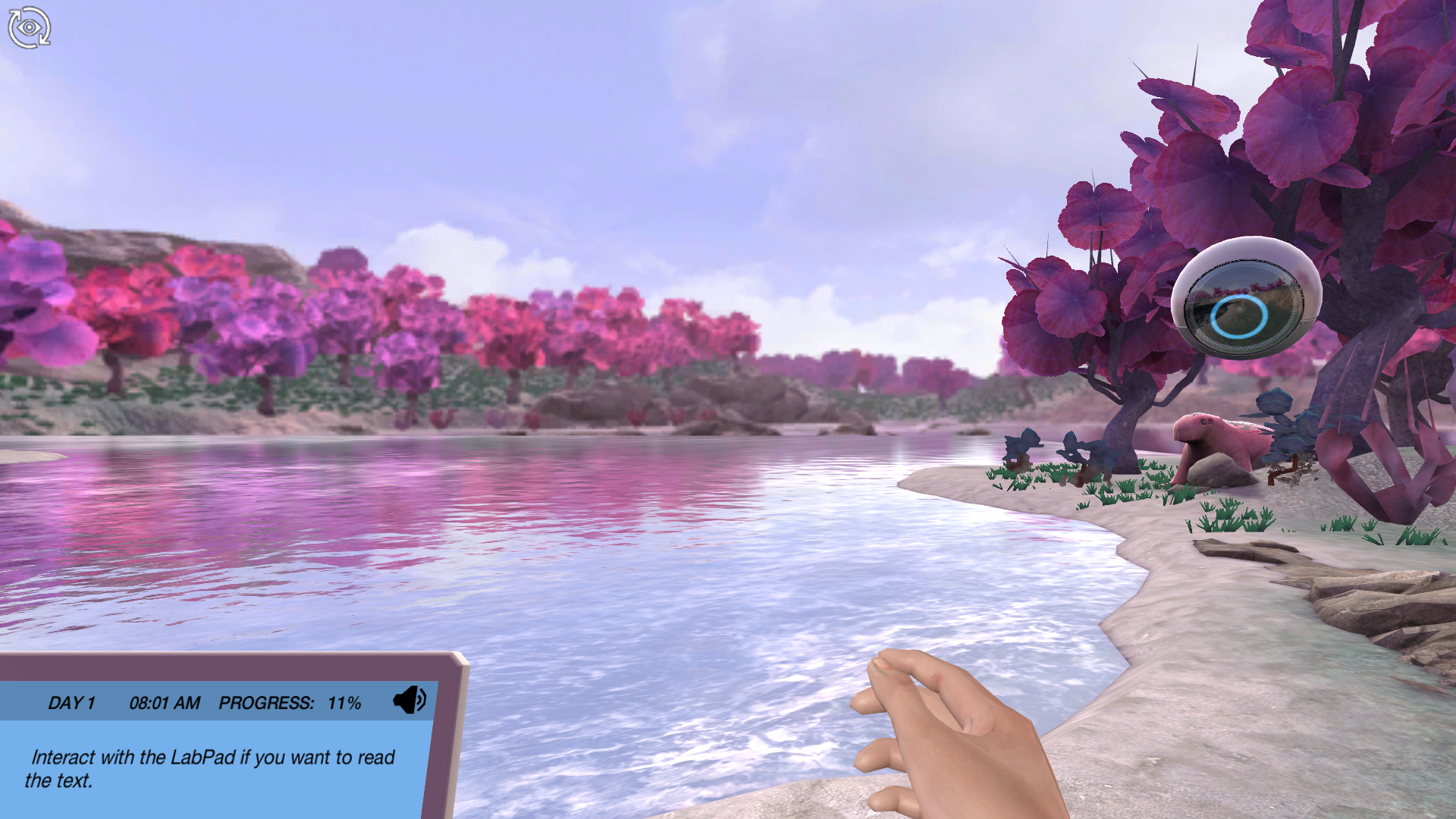

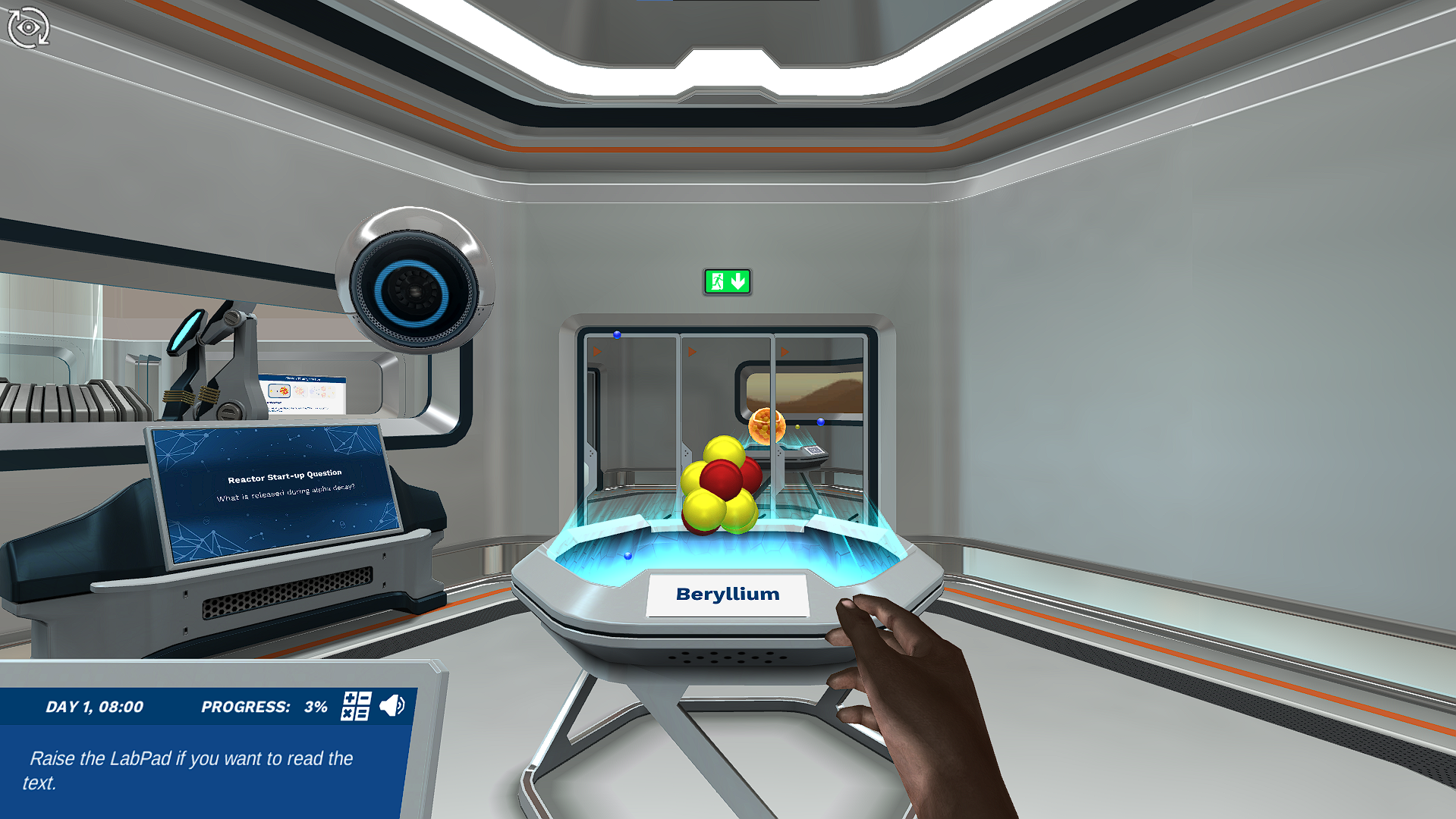
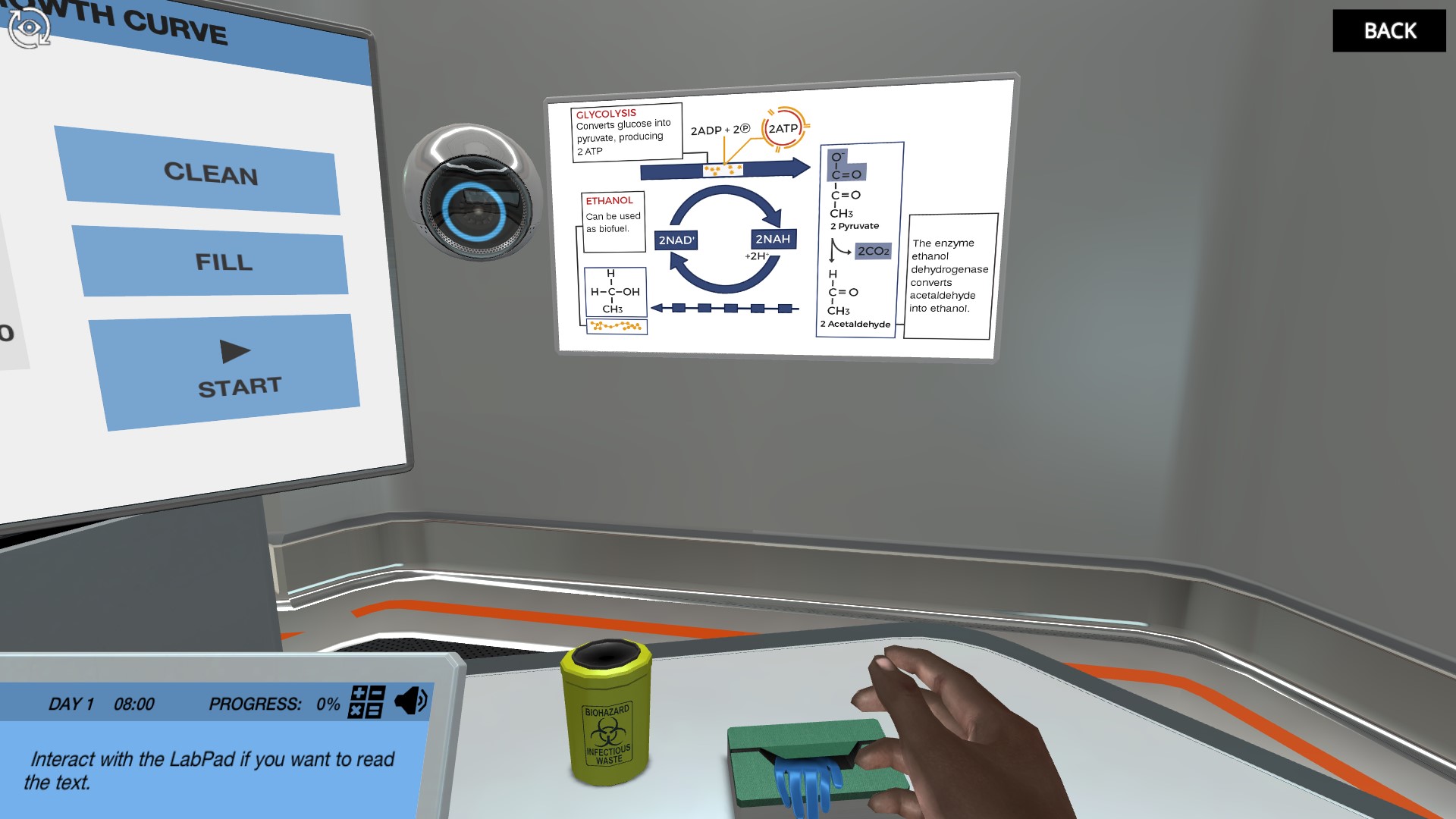
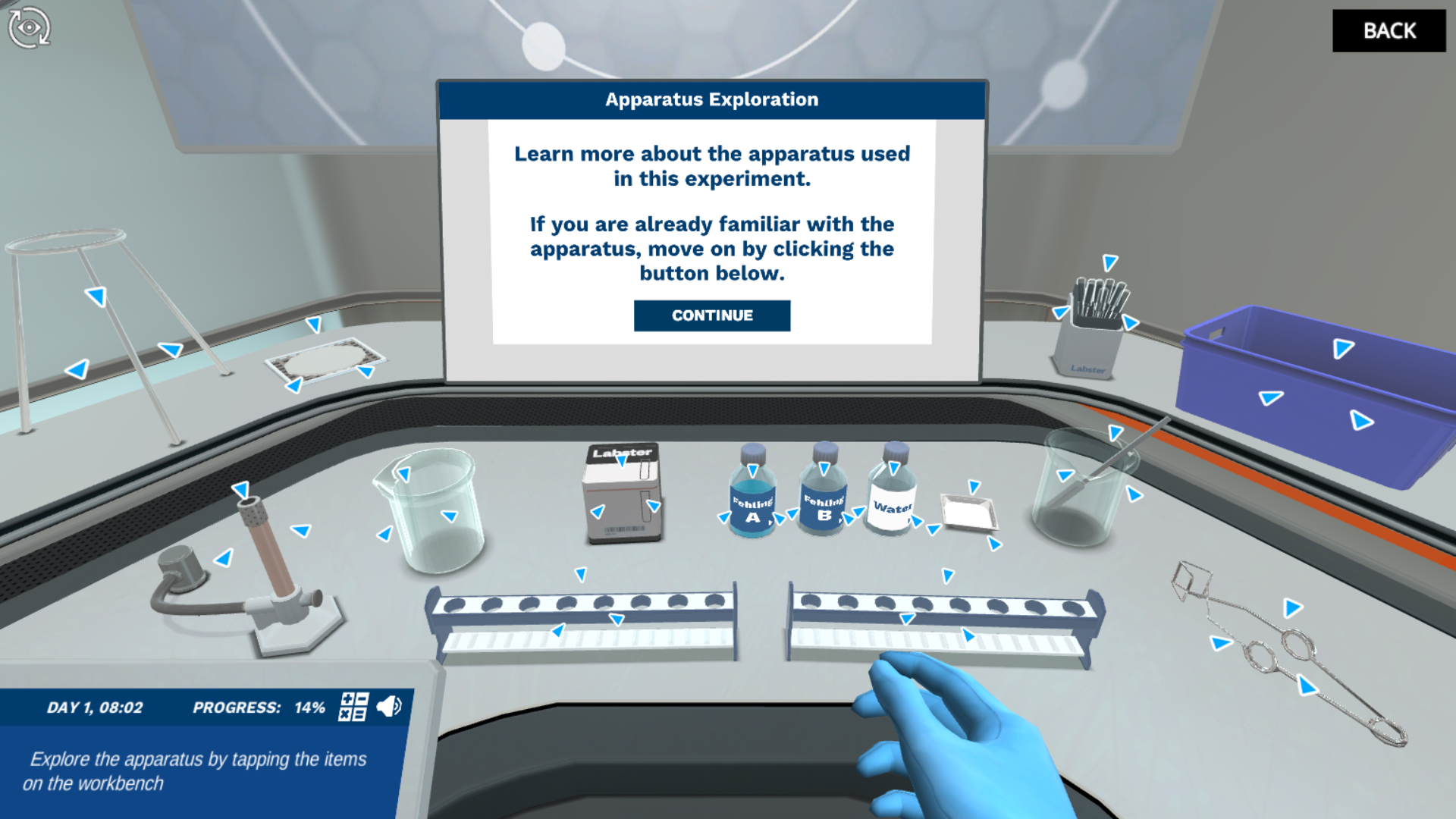
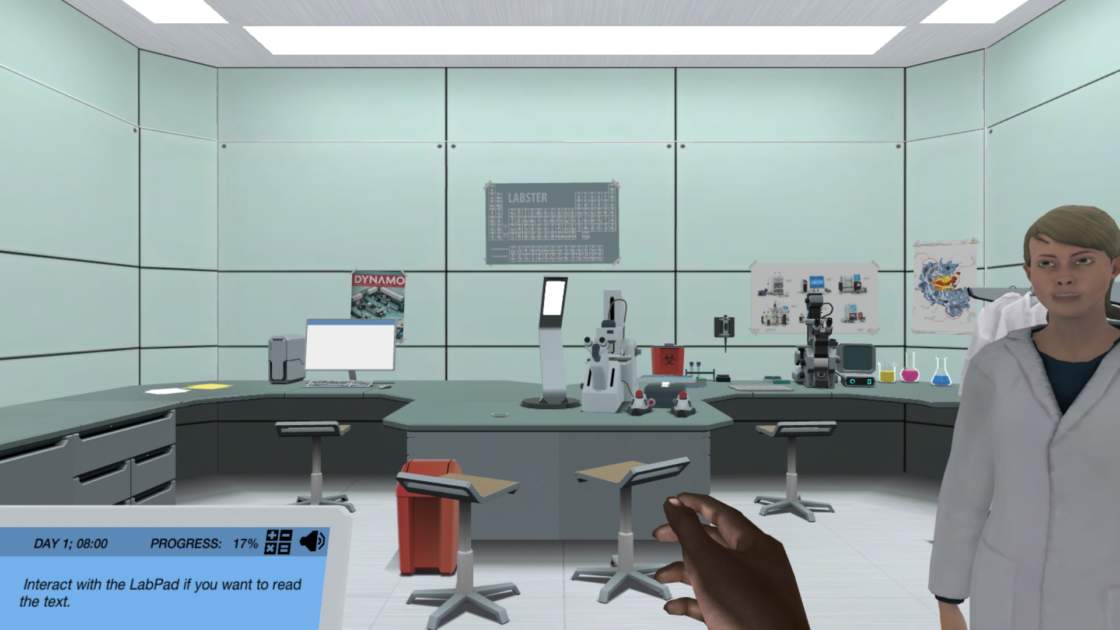
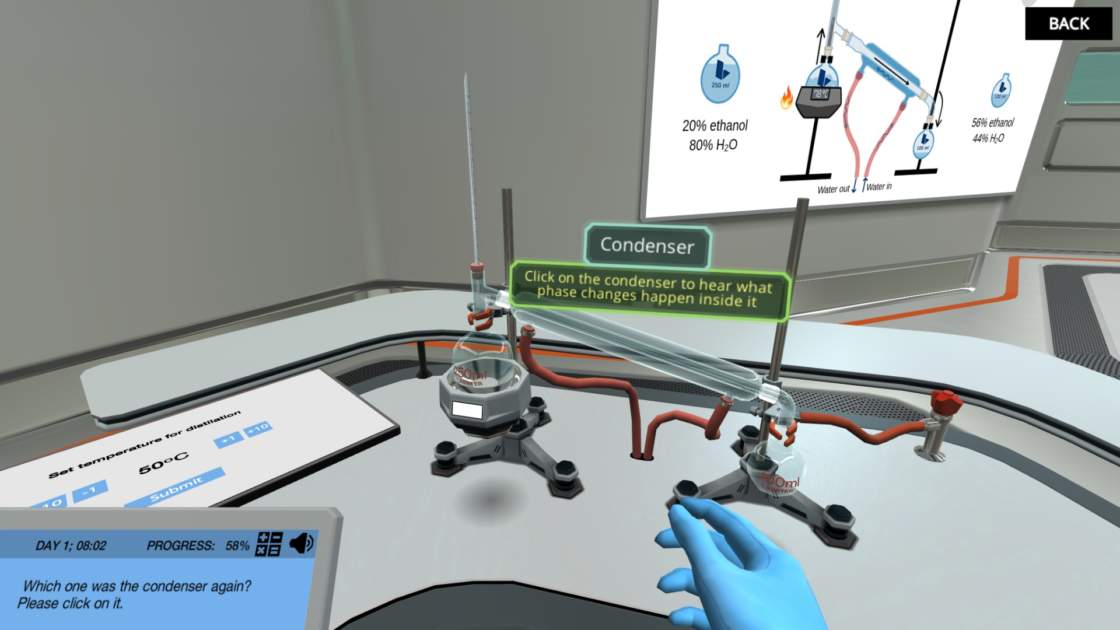

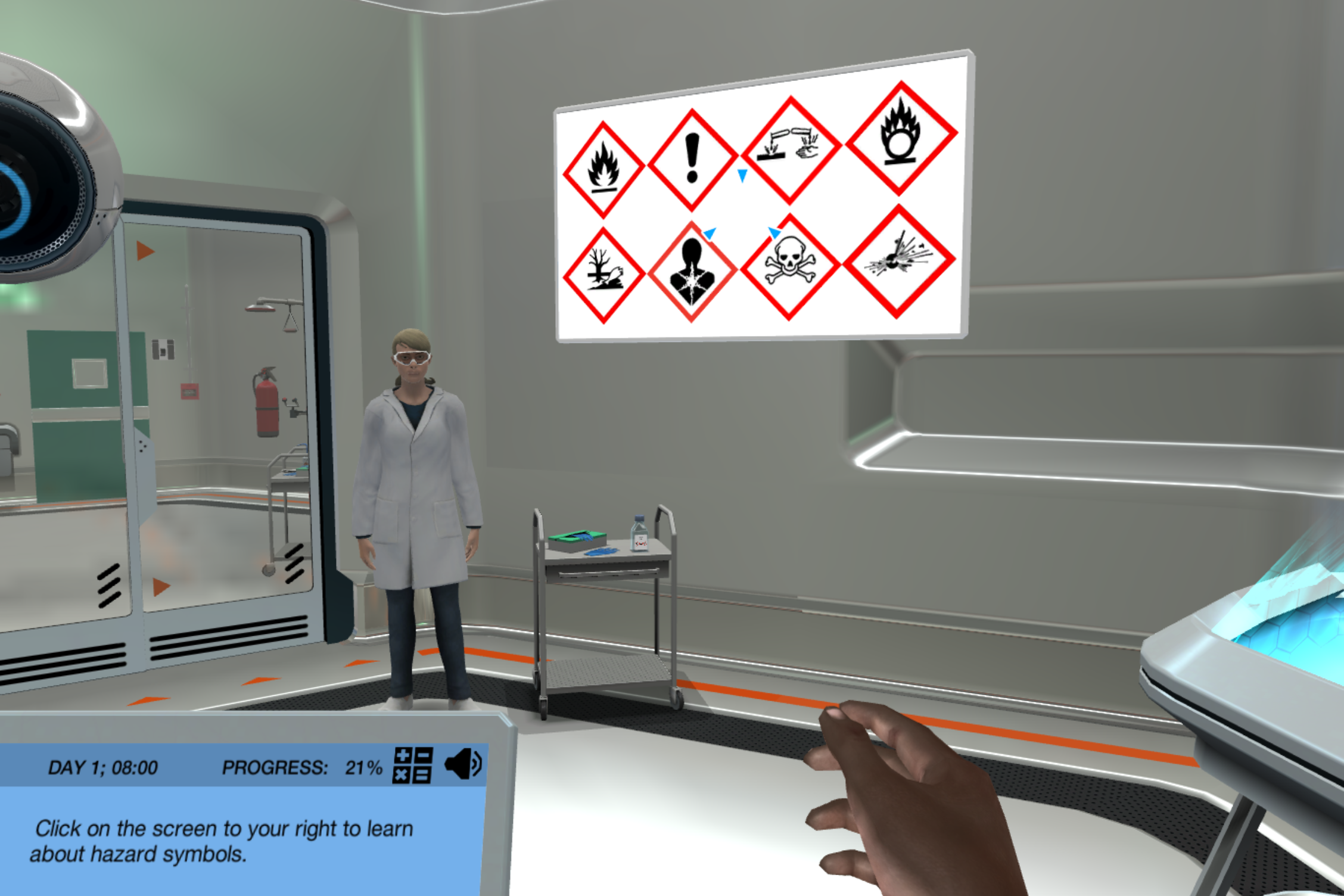
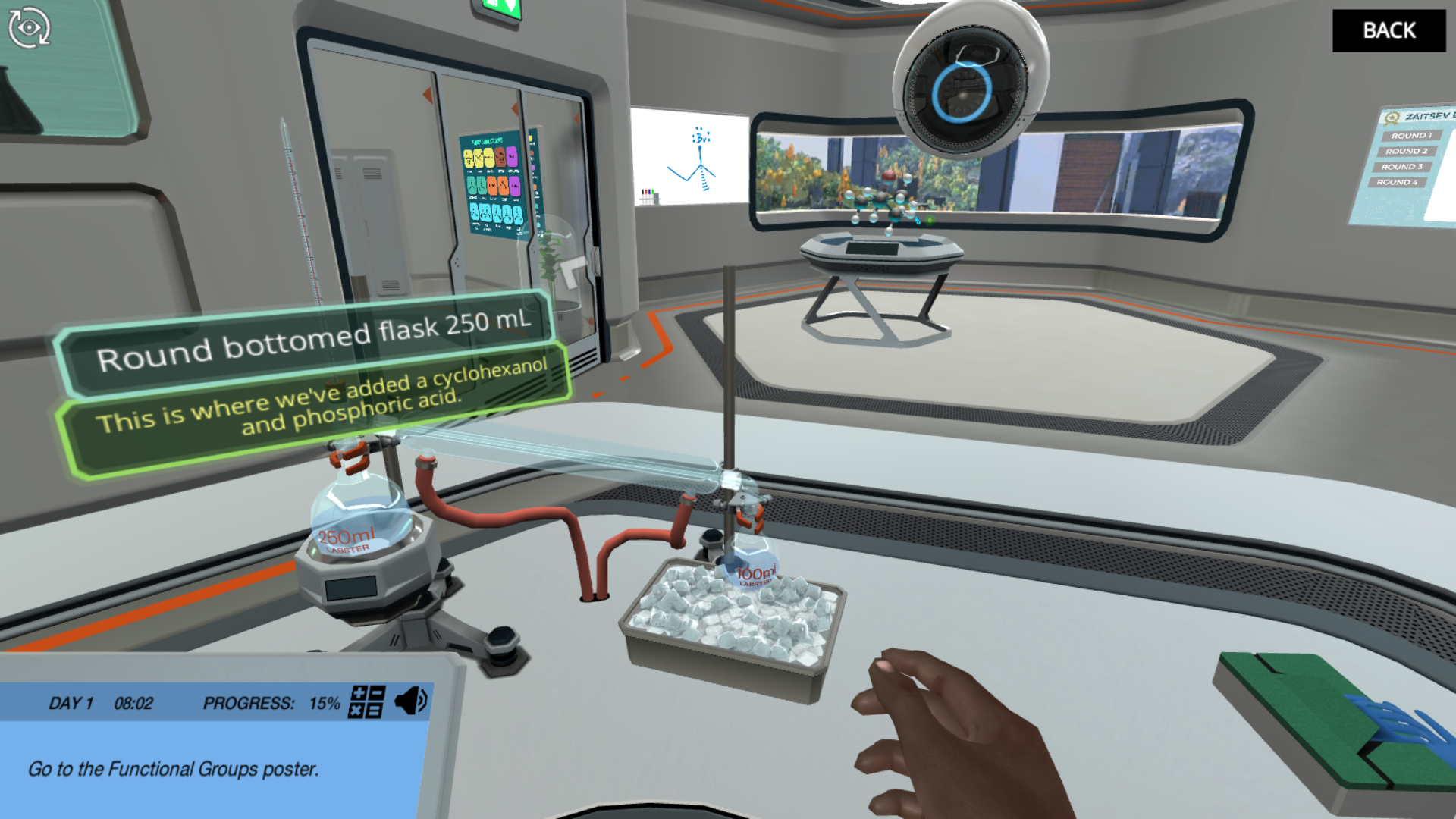
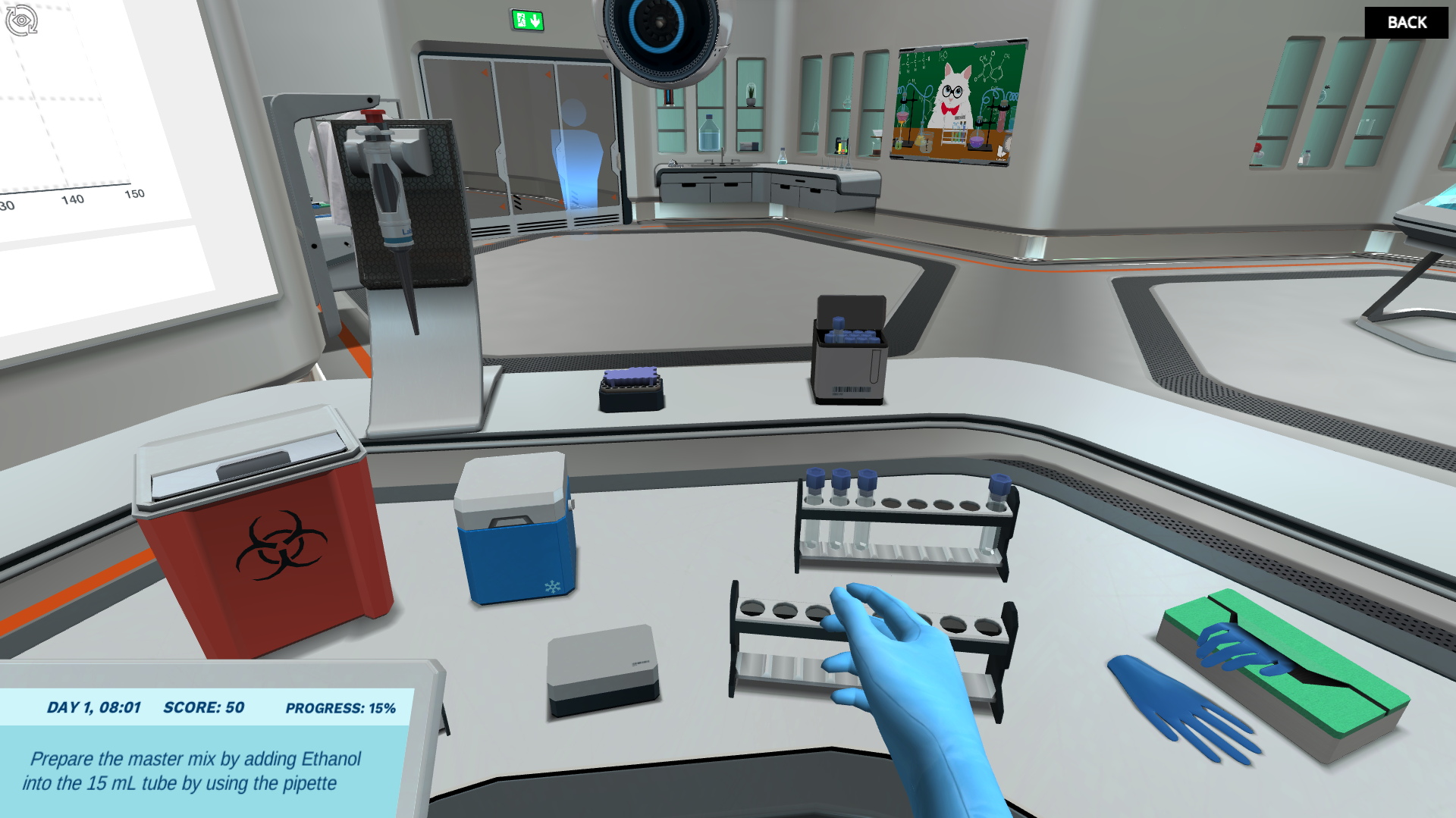
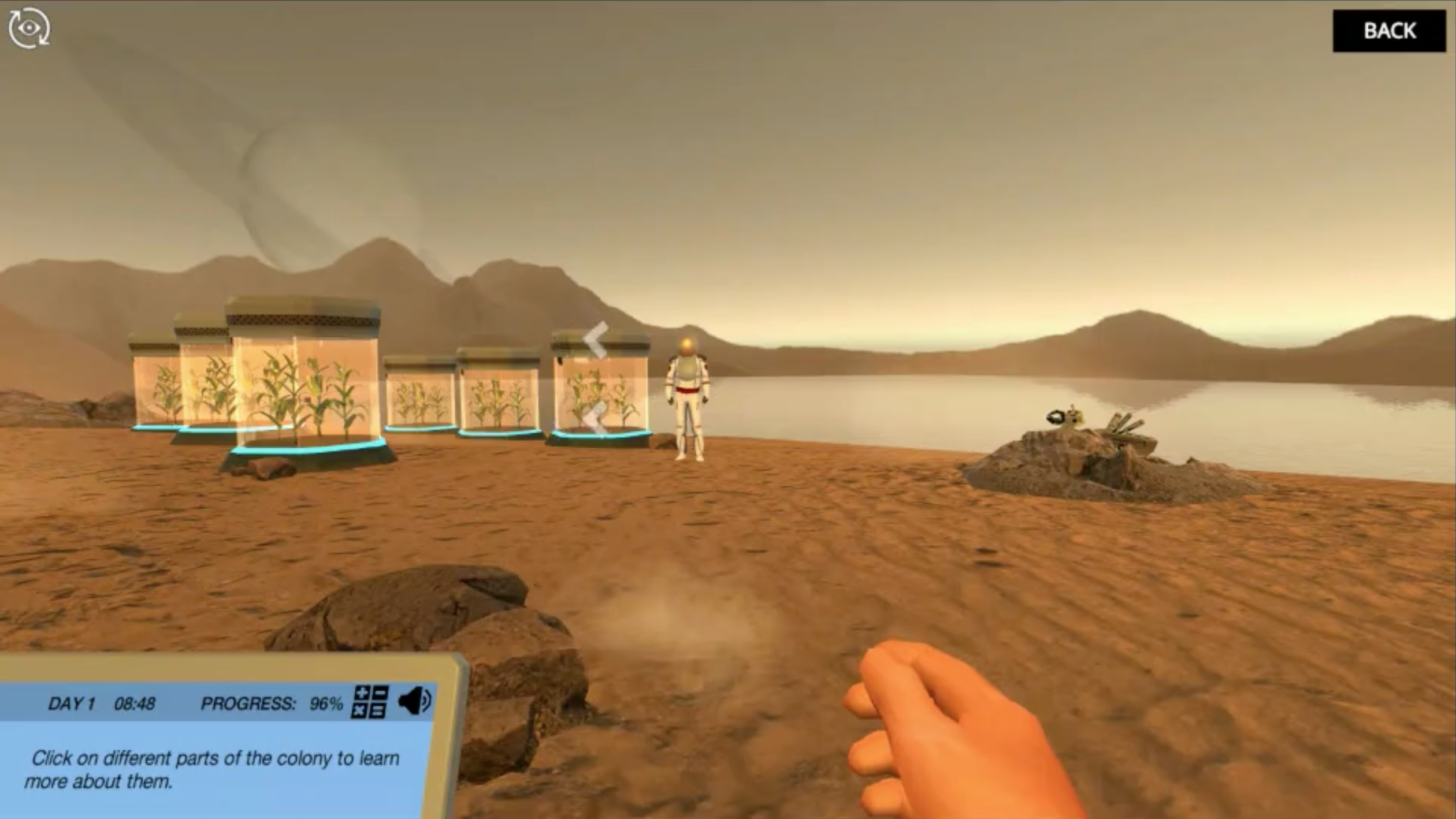
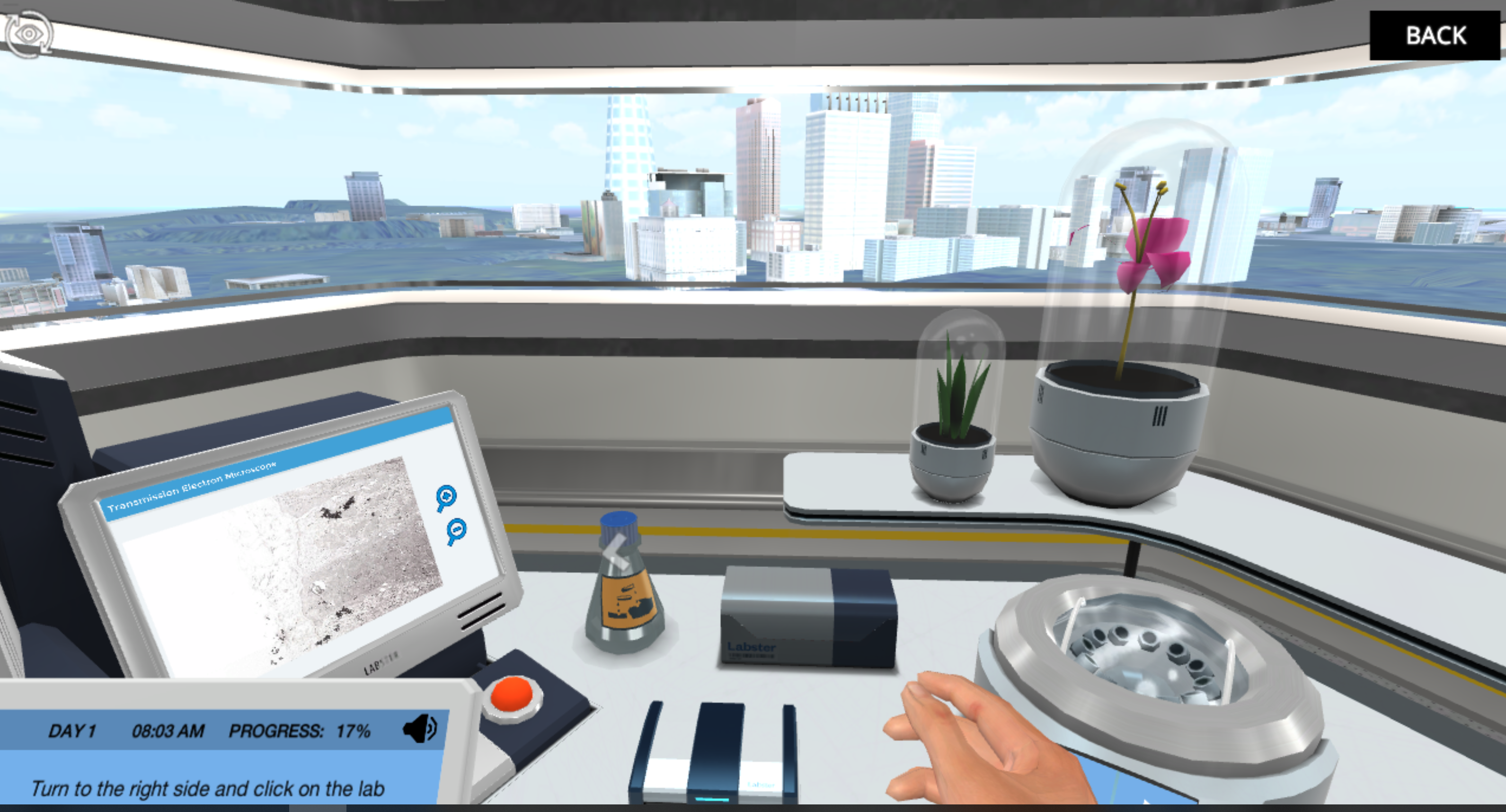
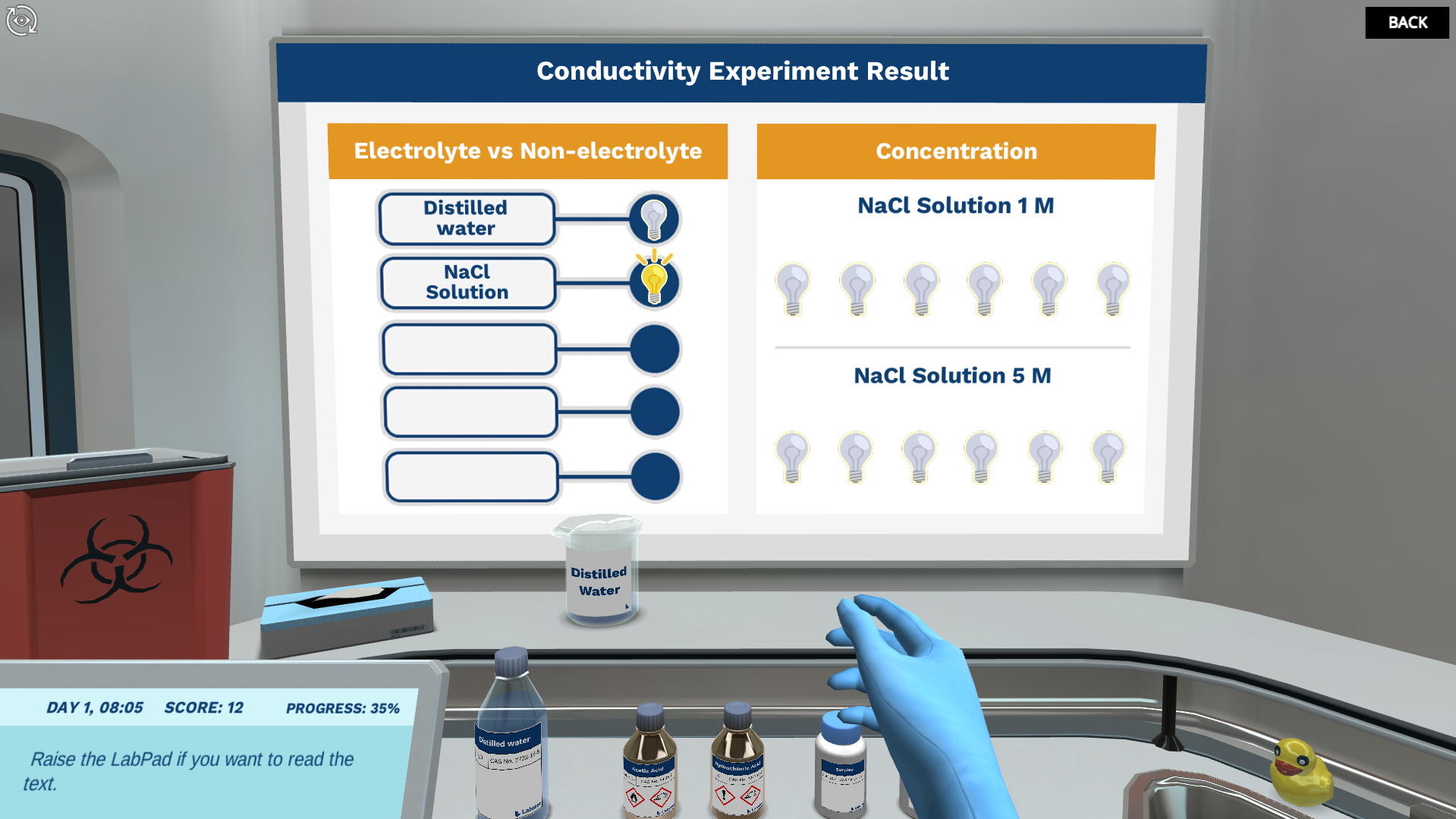

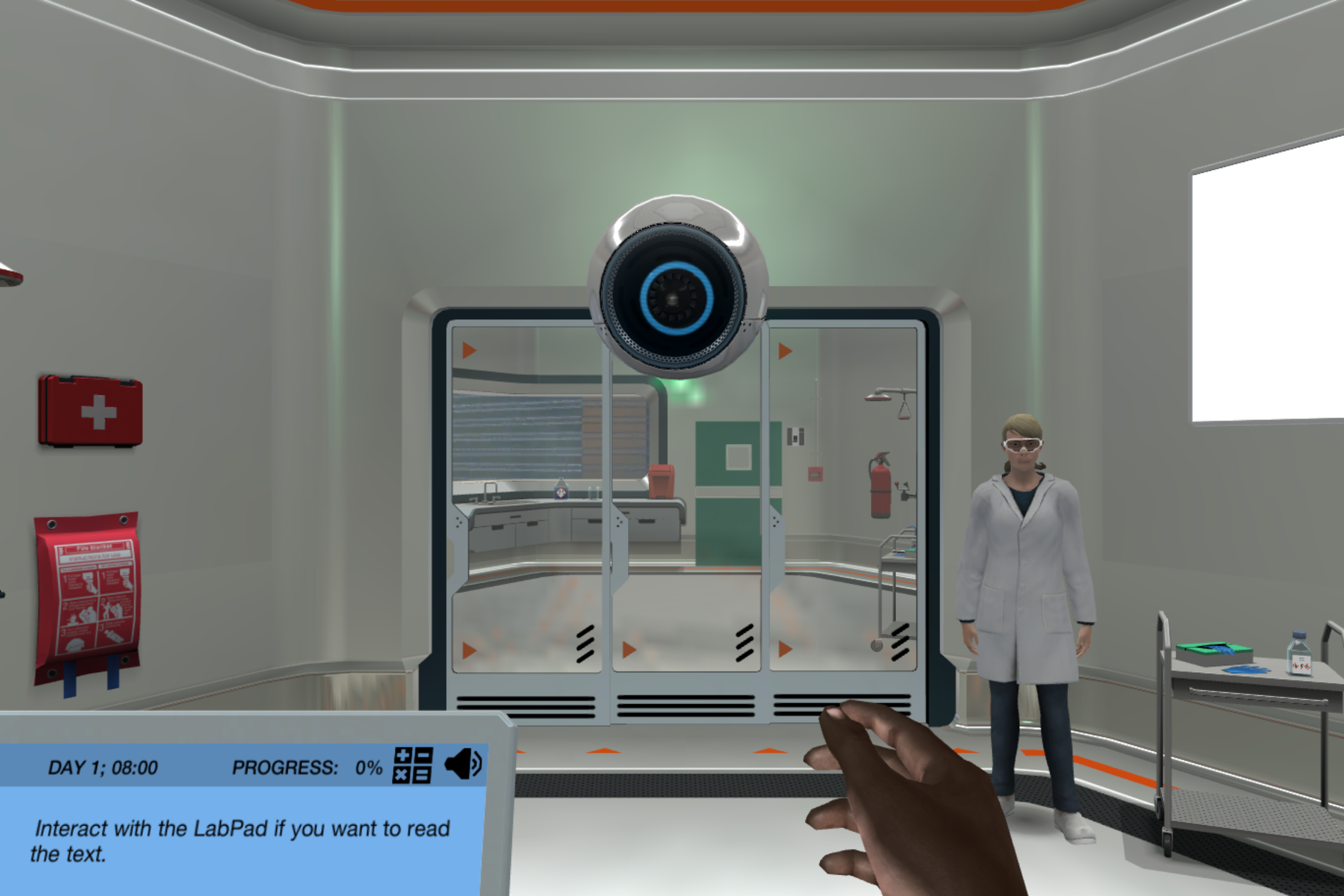
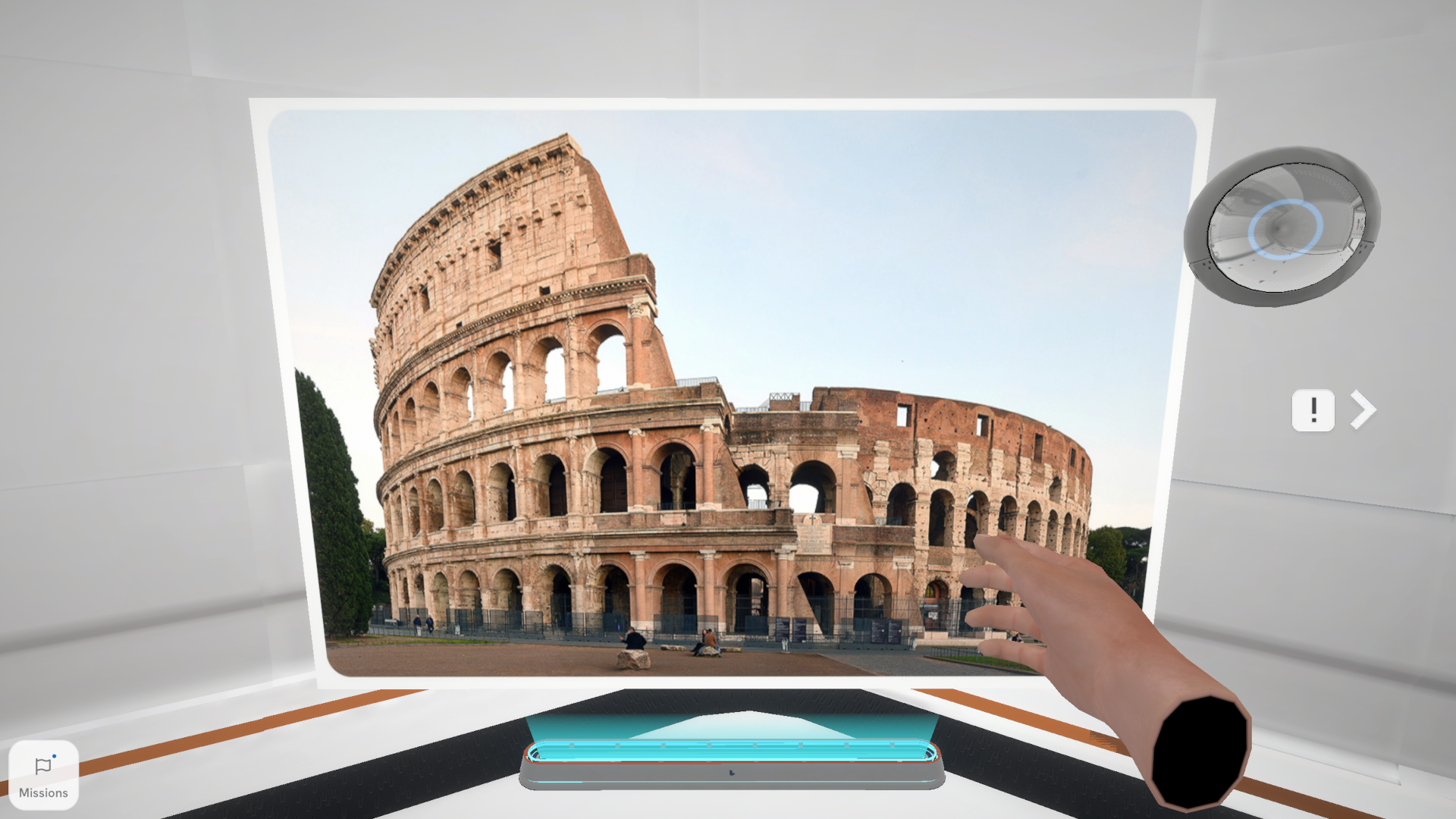
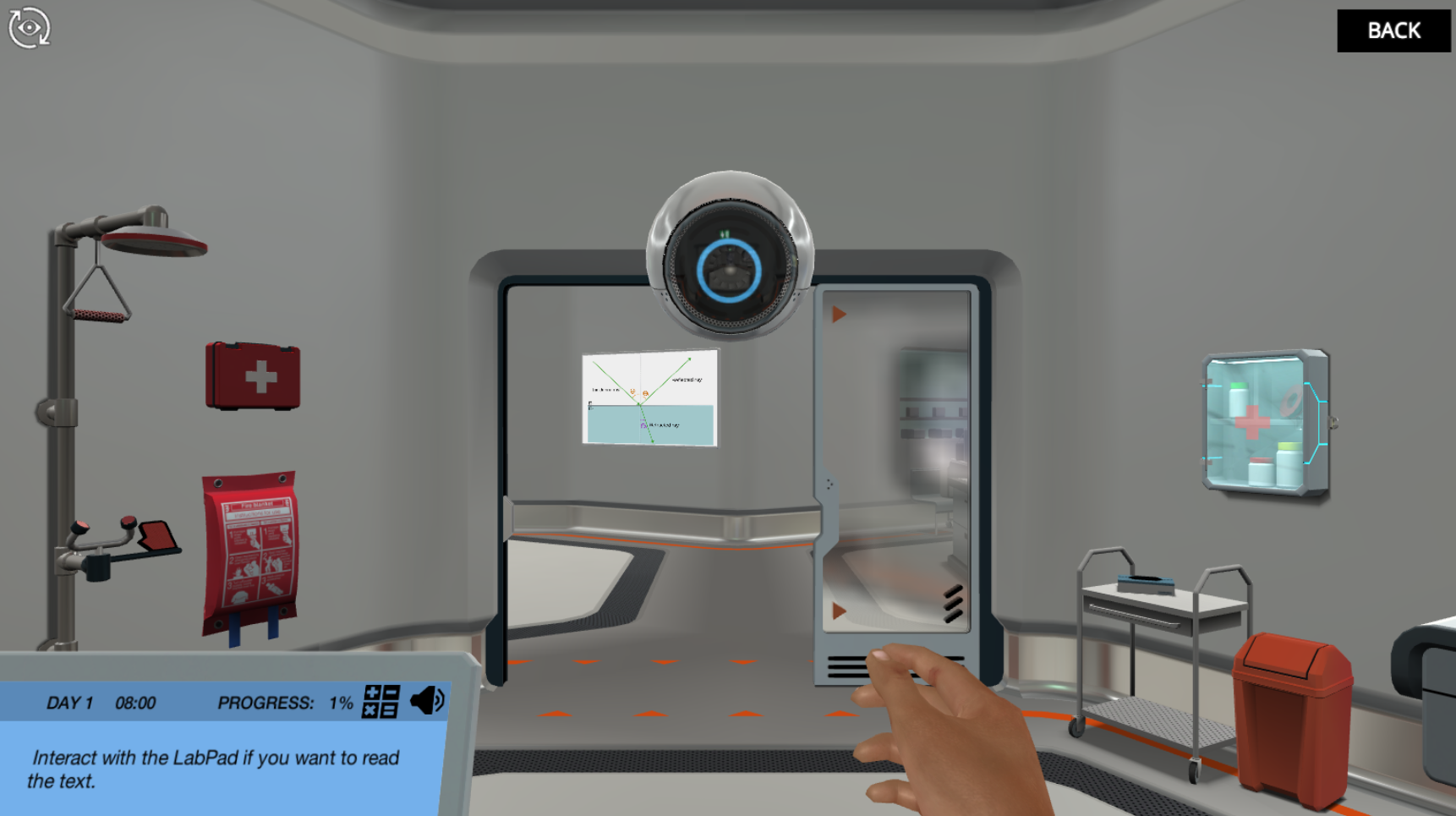
.png)
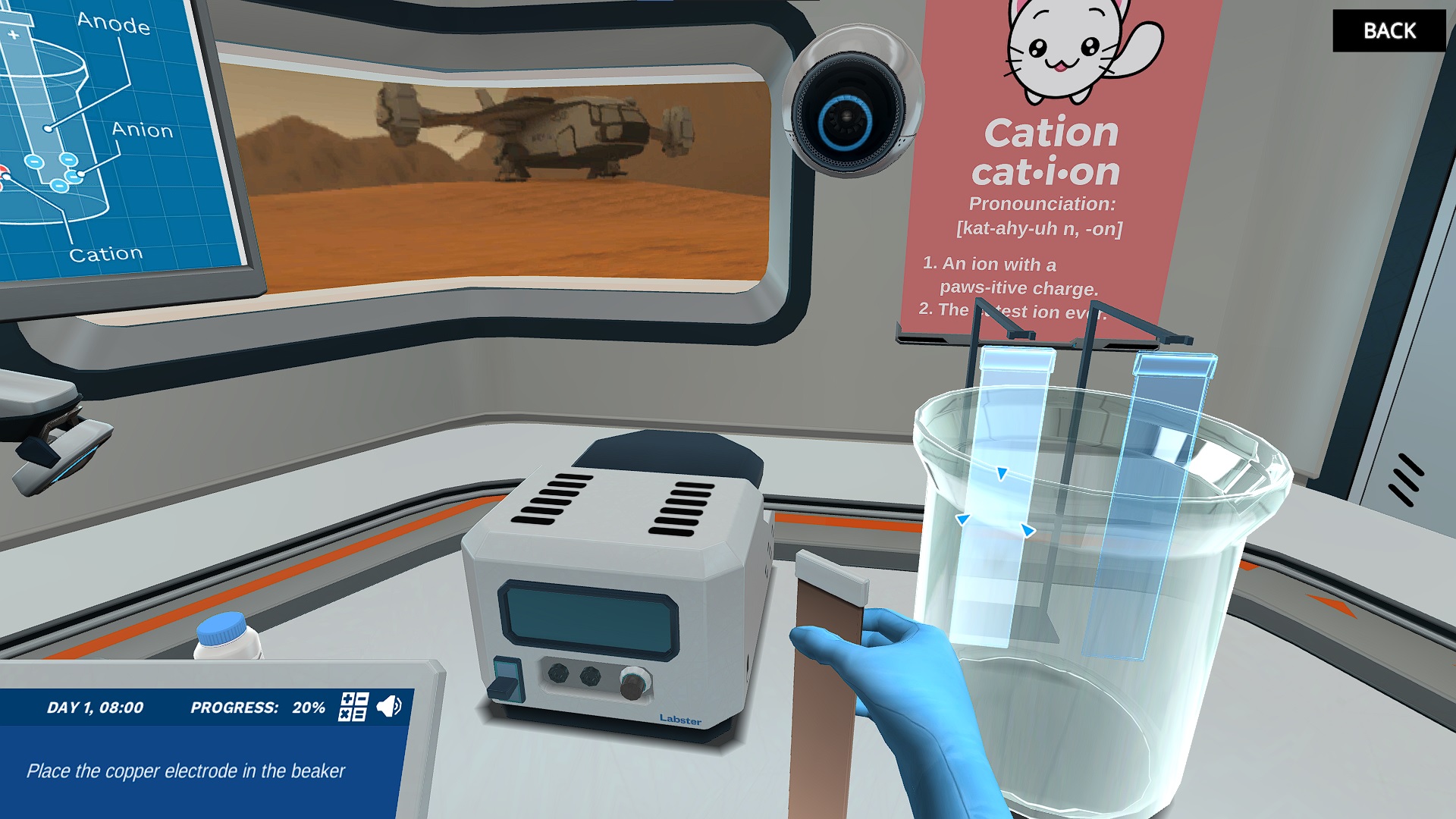
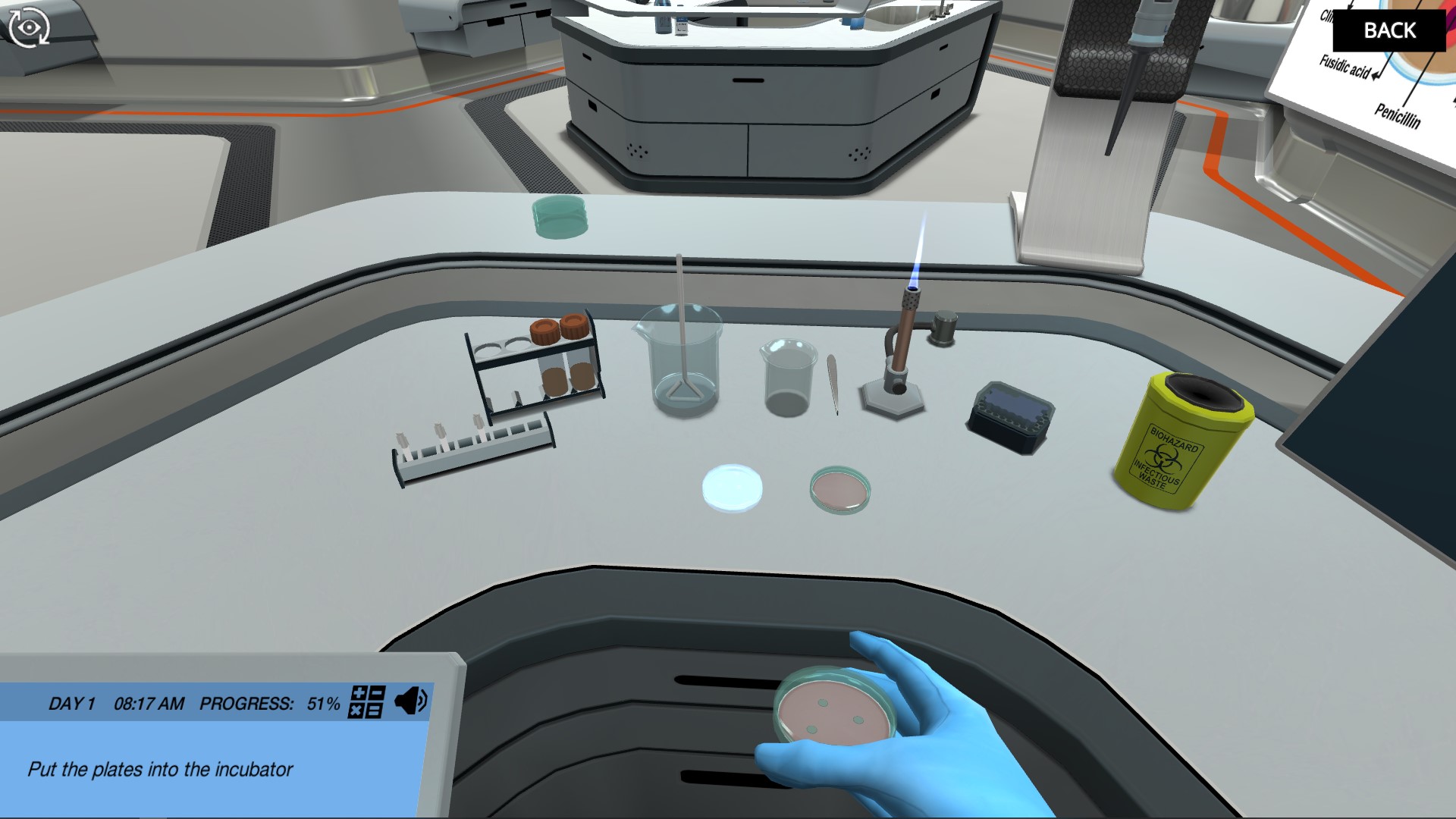
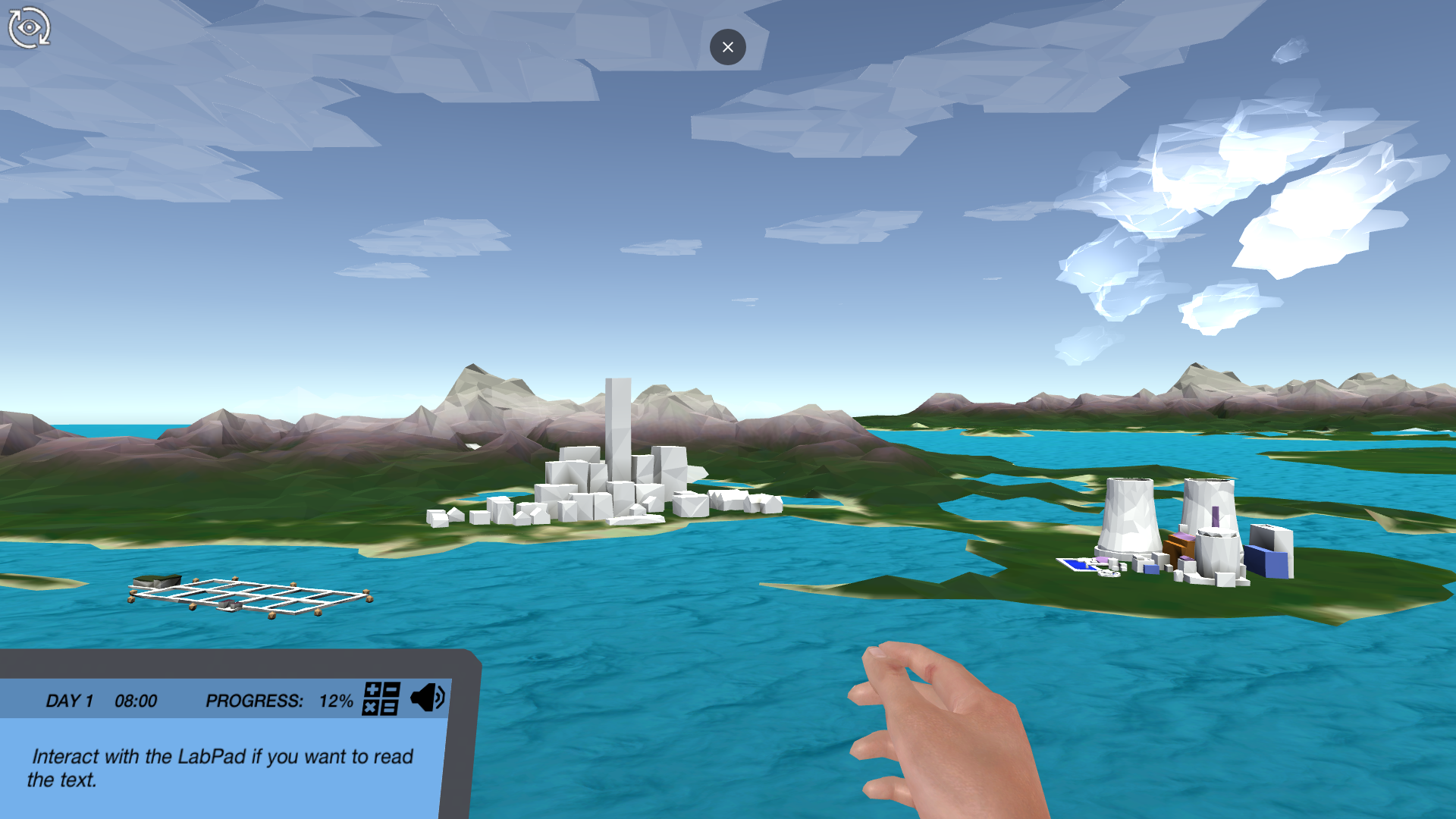
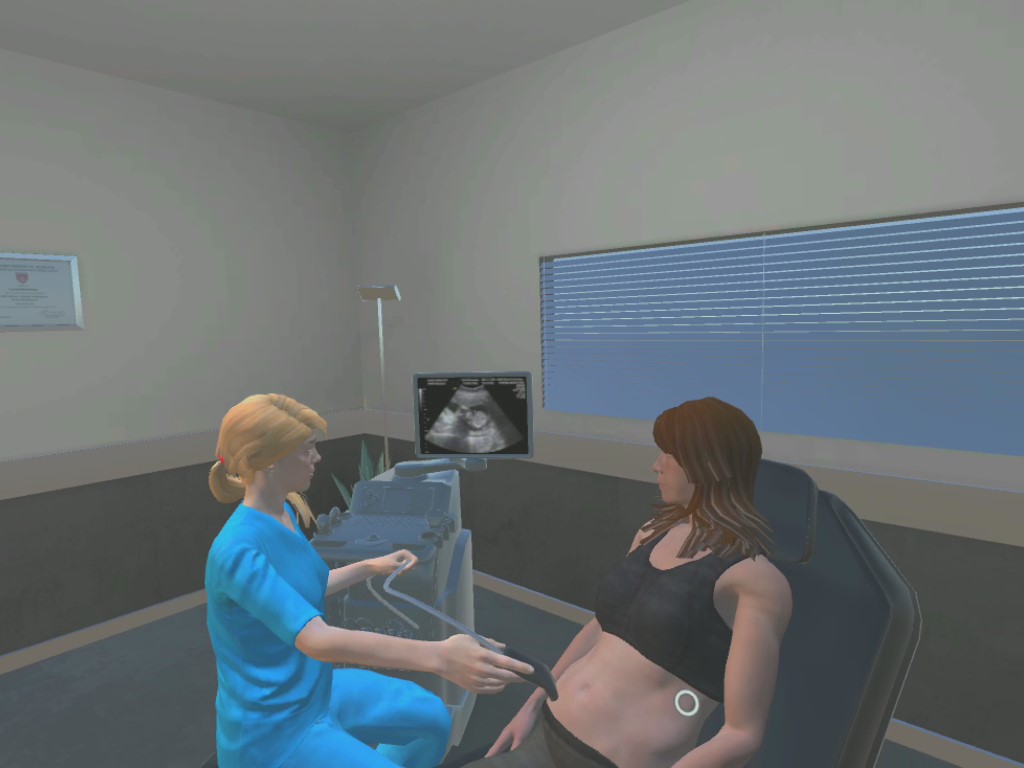
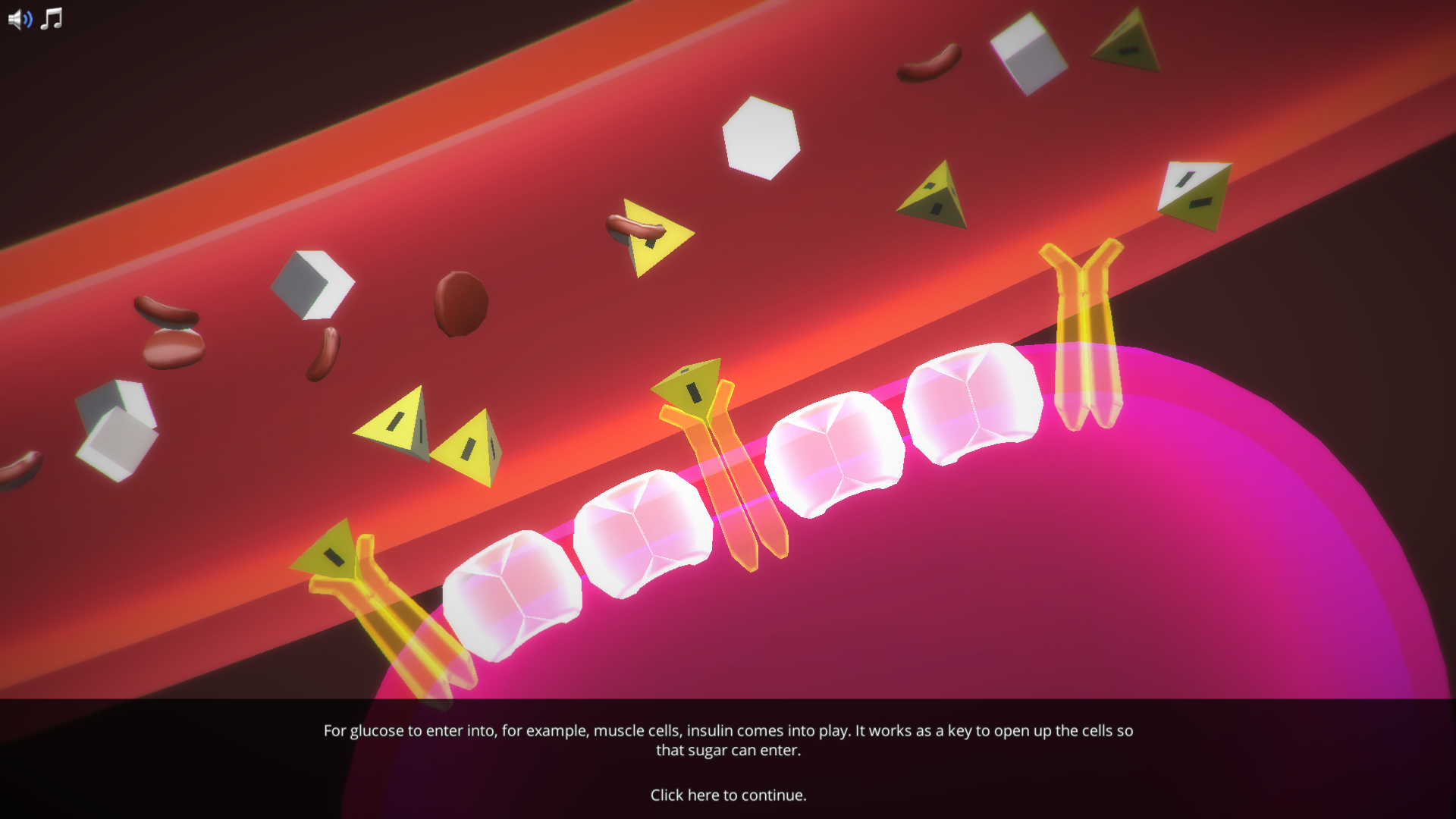
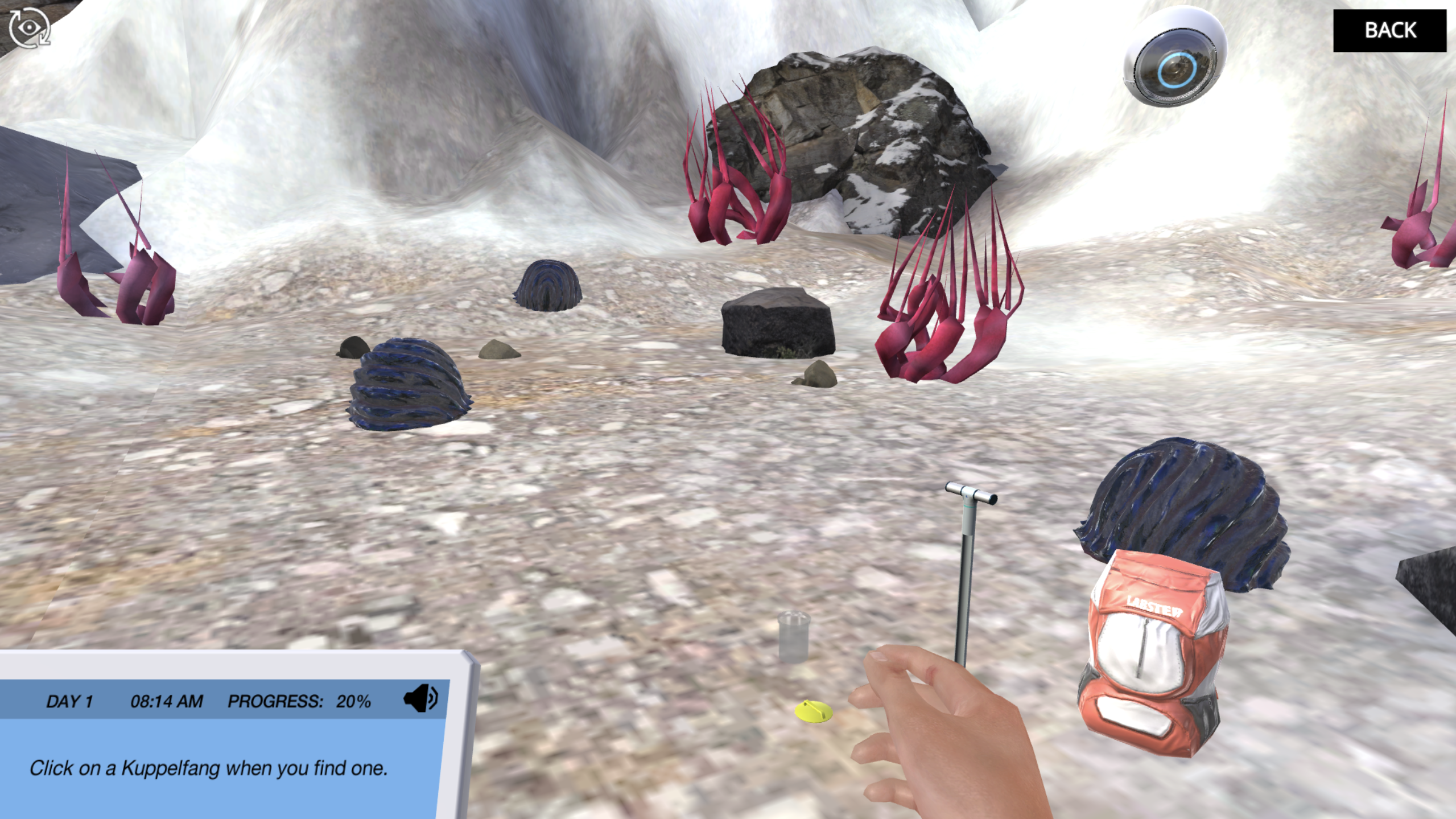
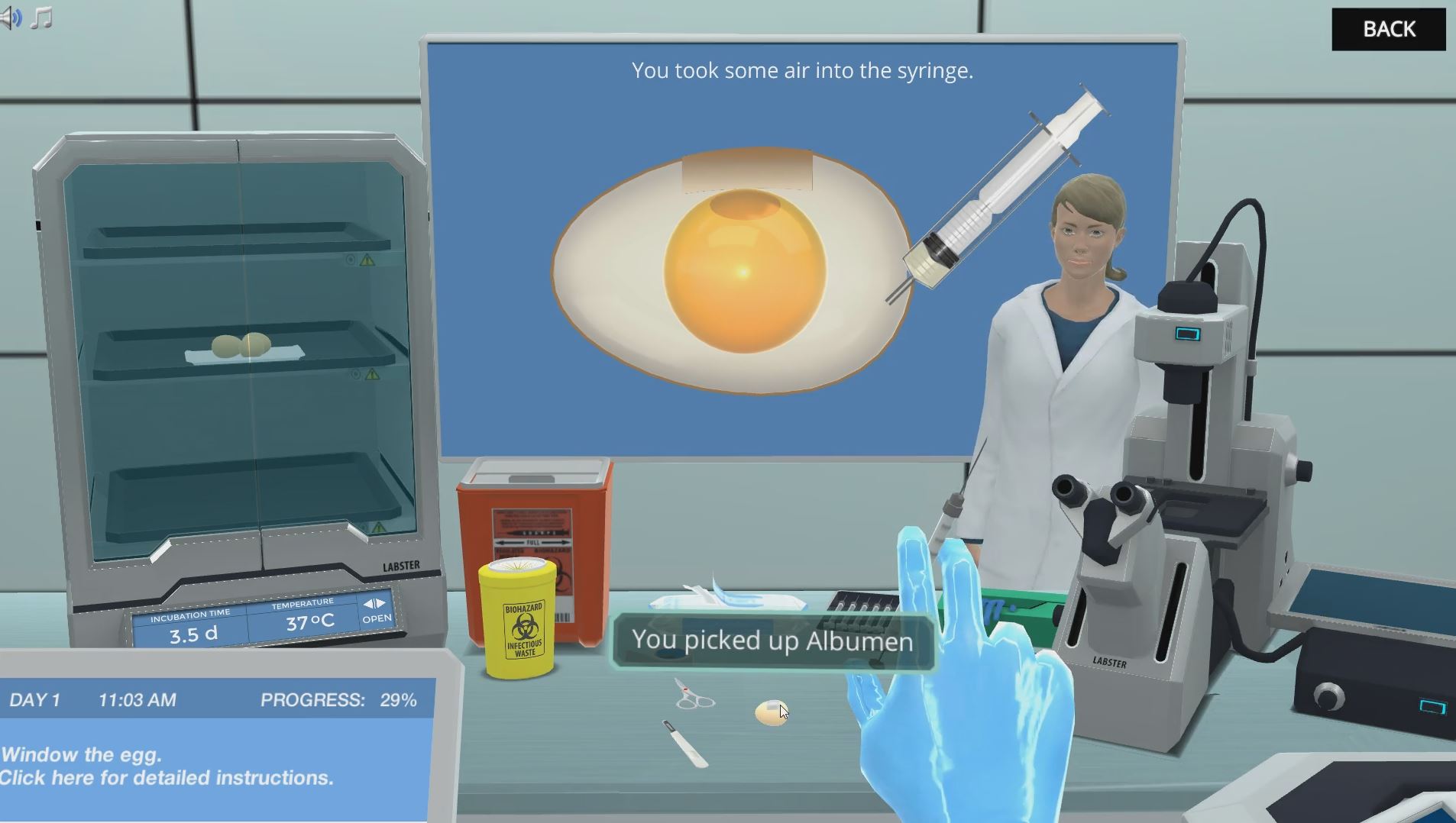
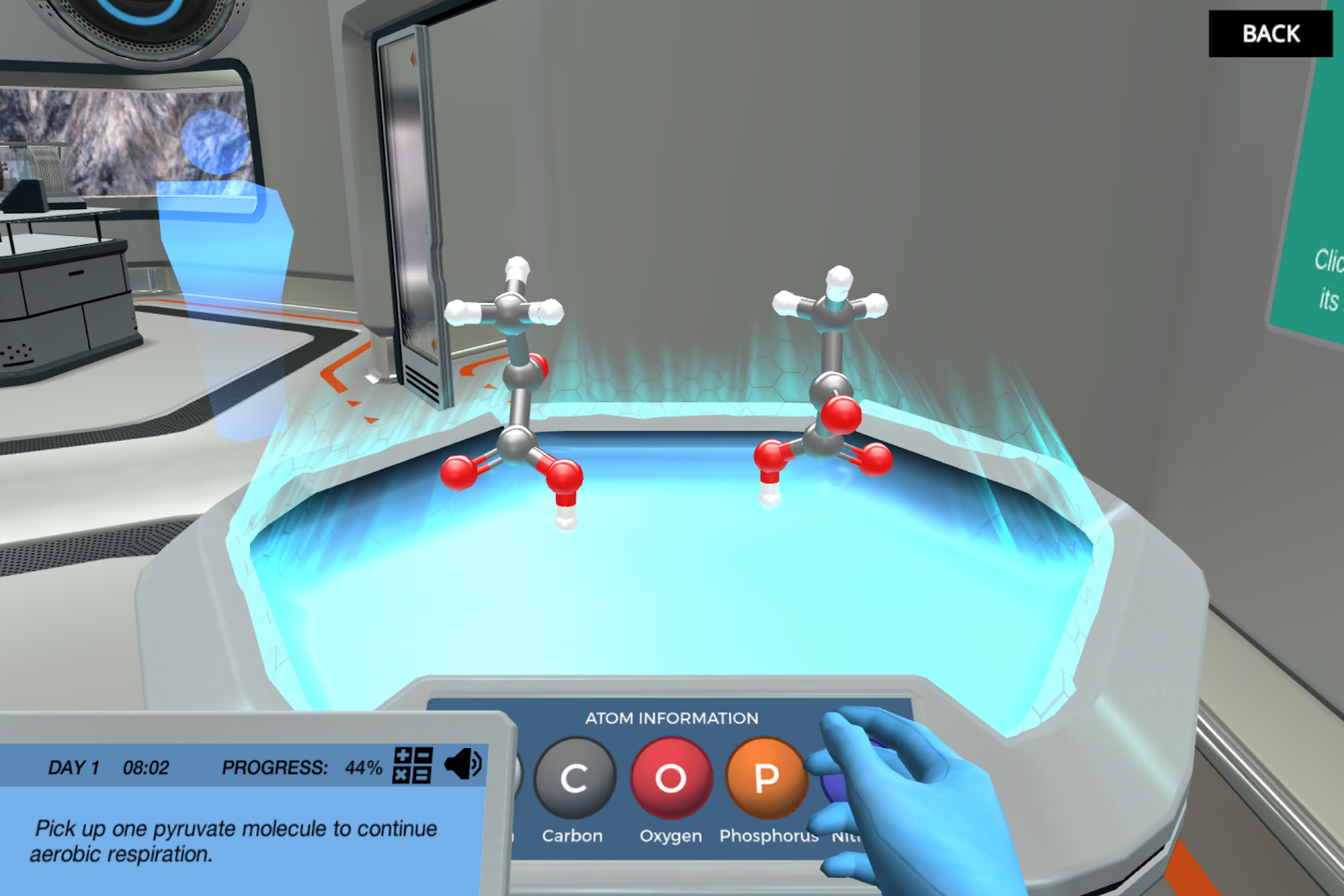
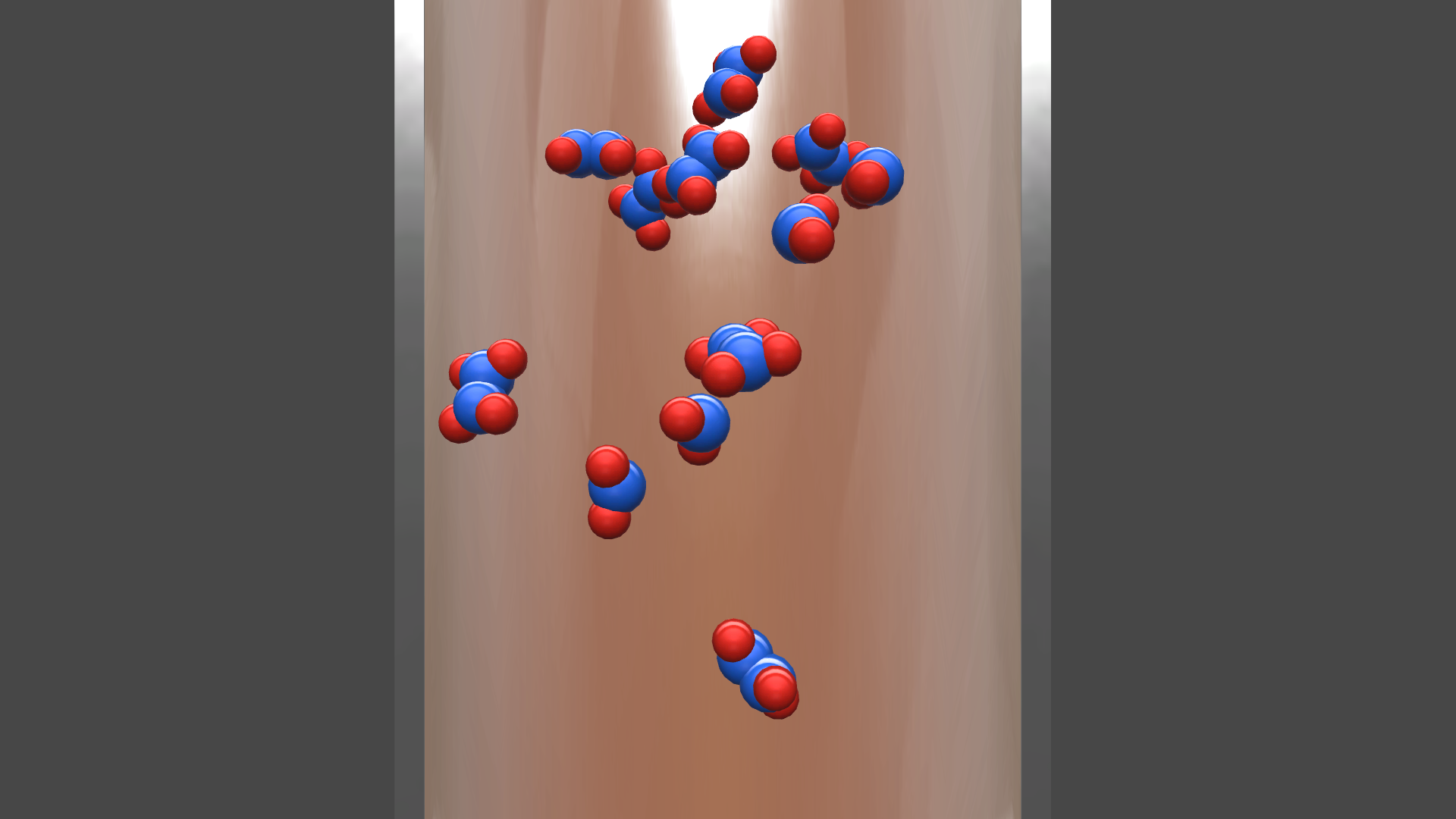
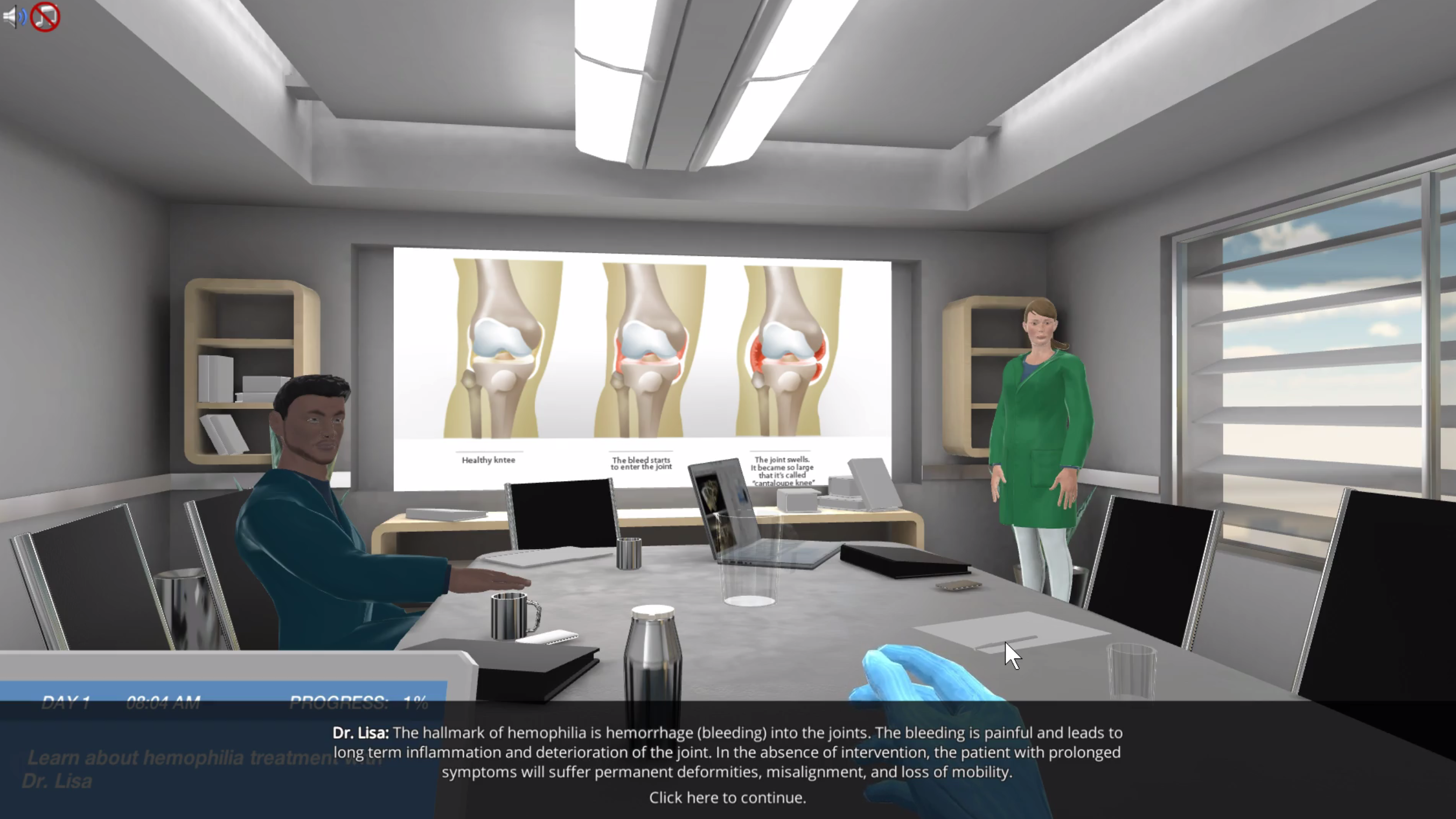
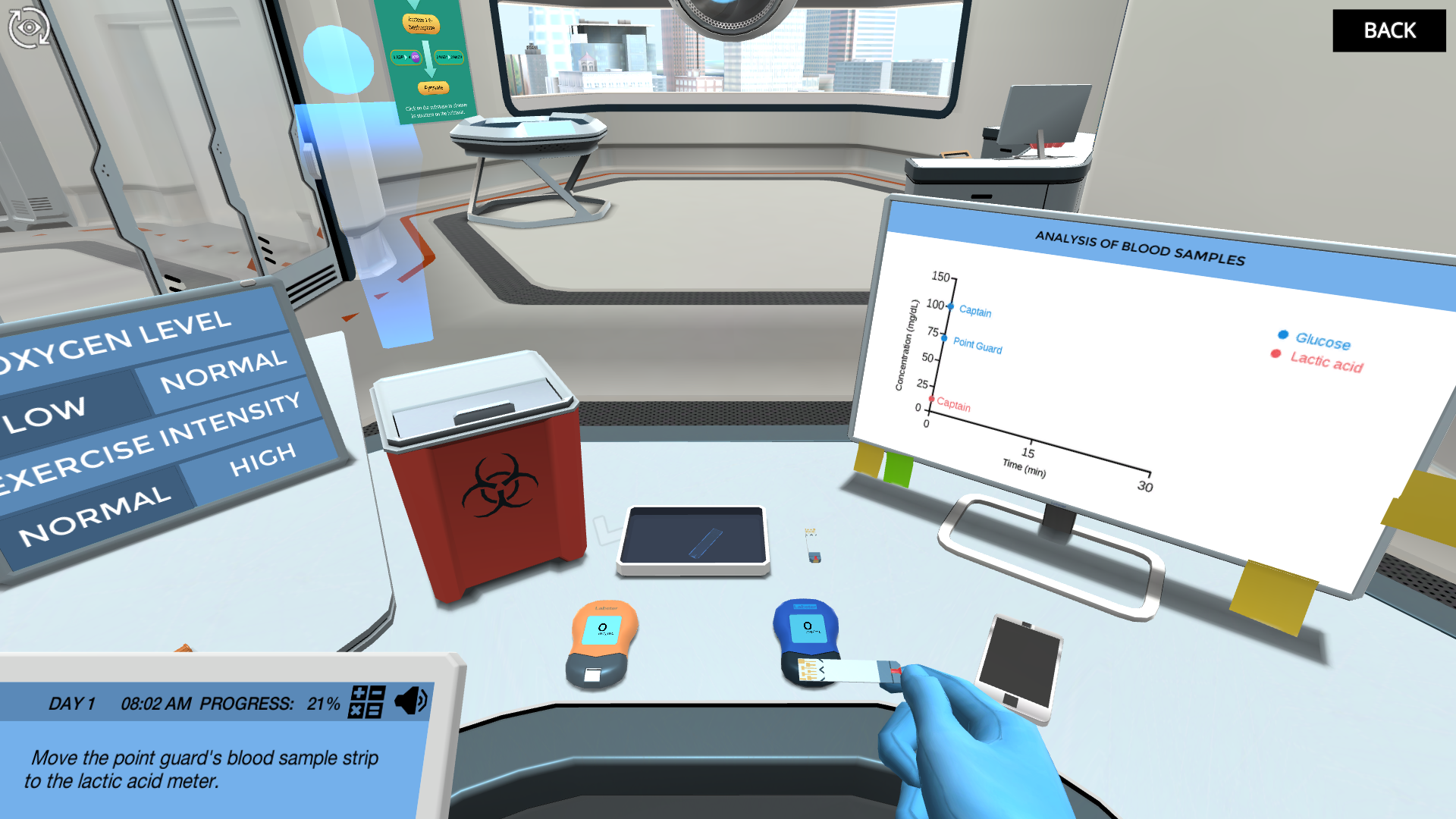
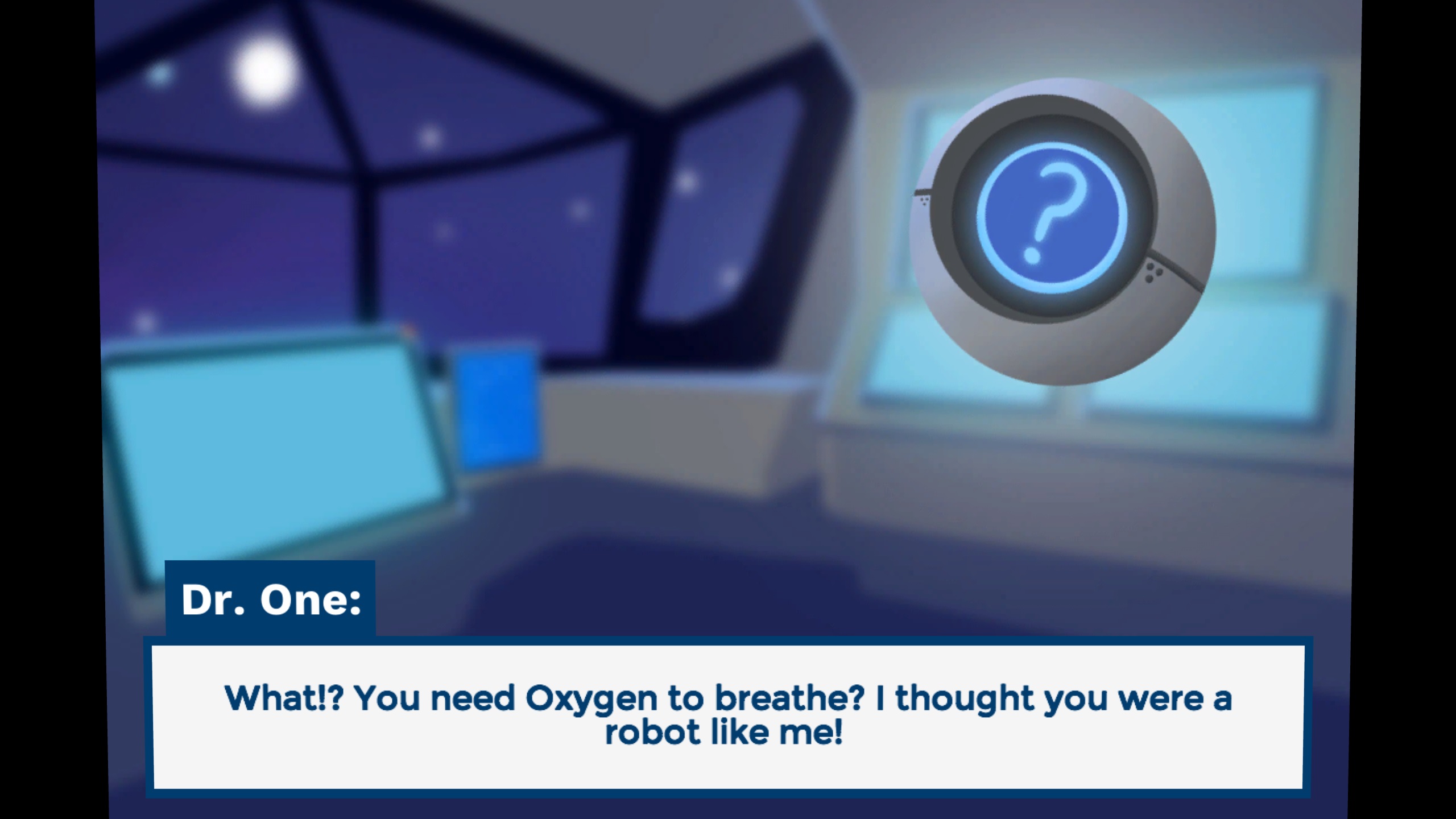
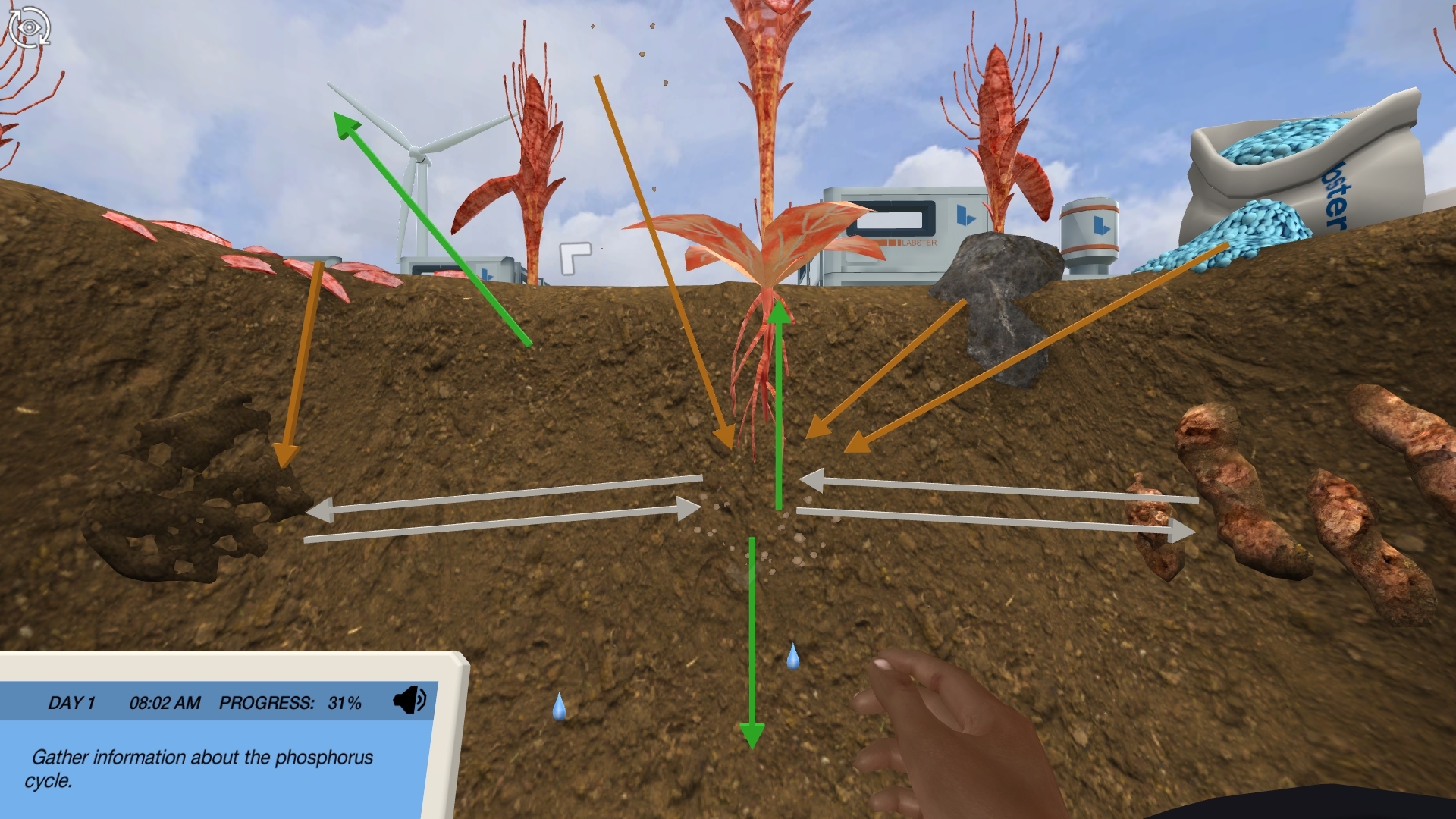

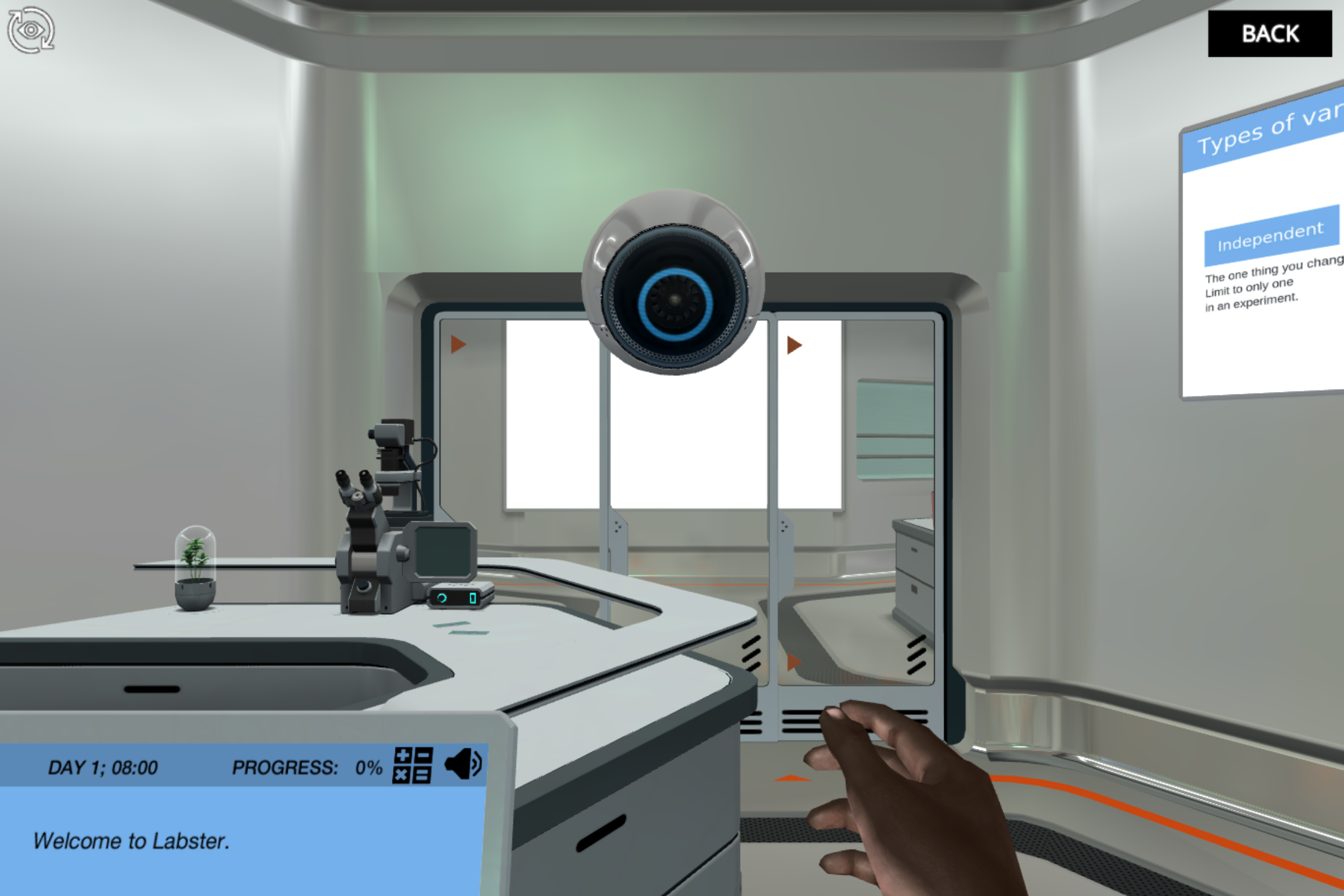
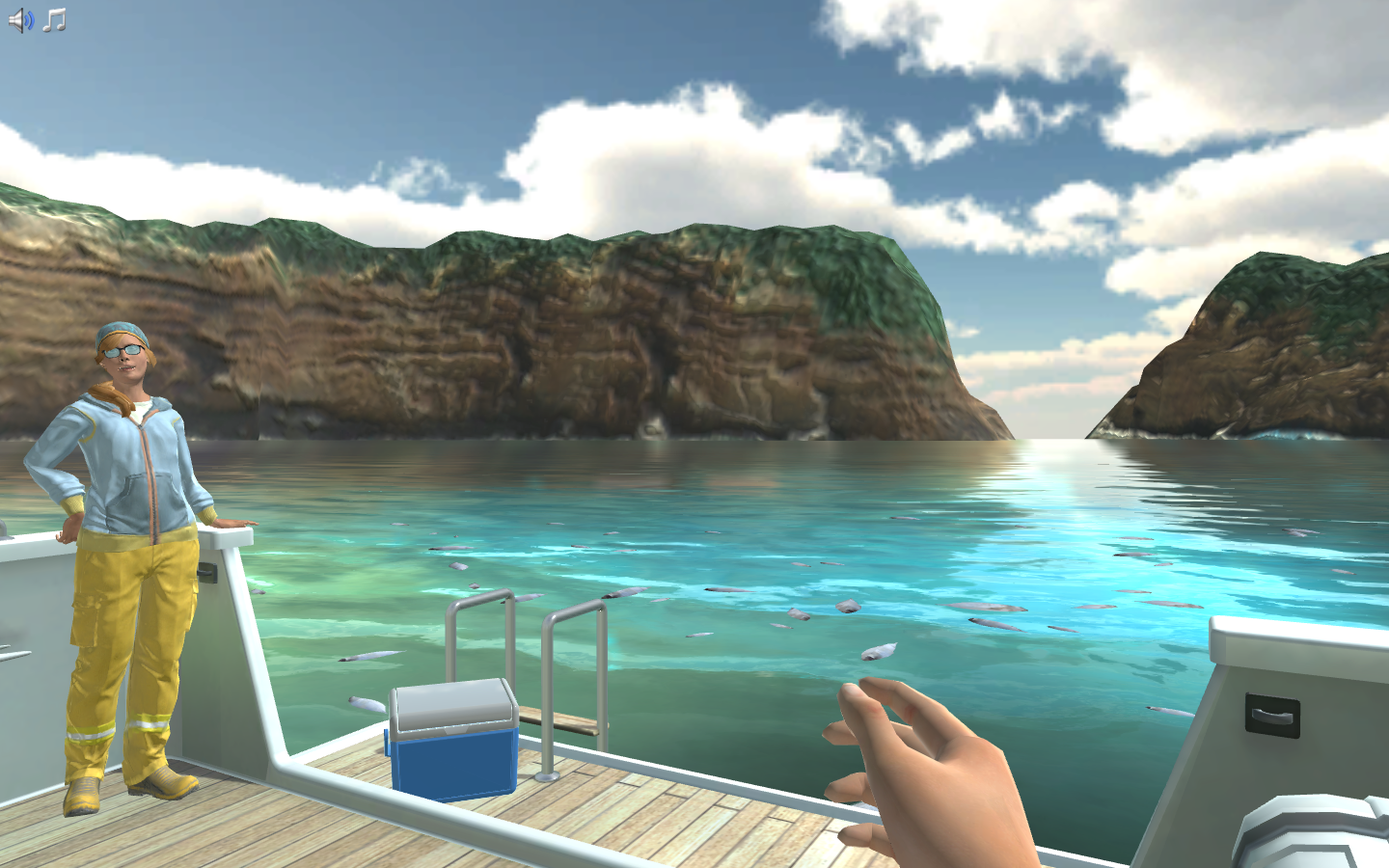
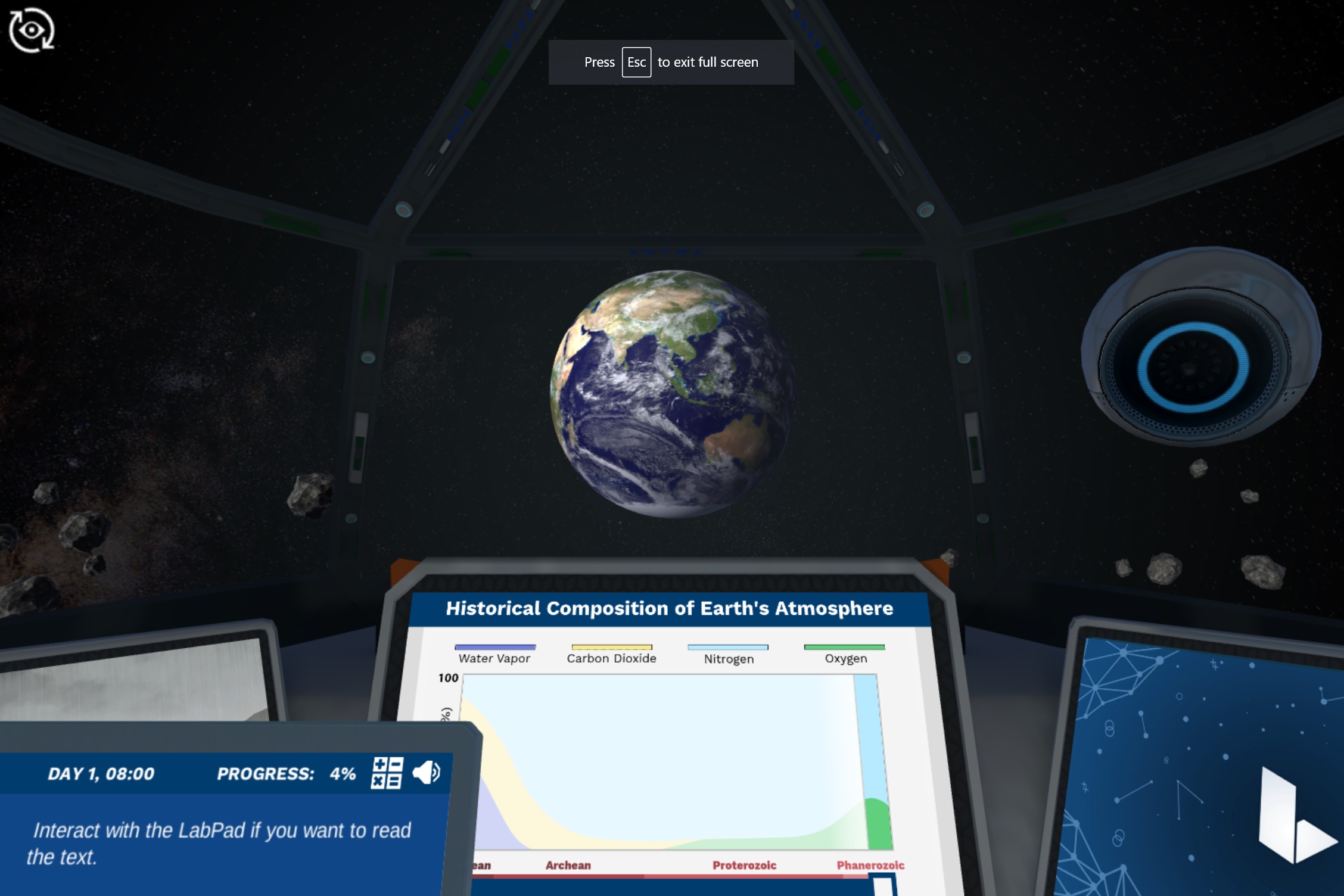
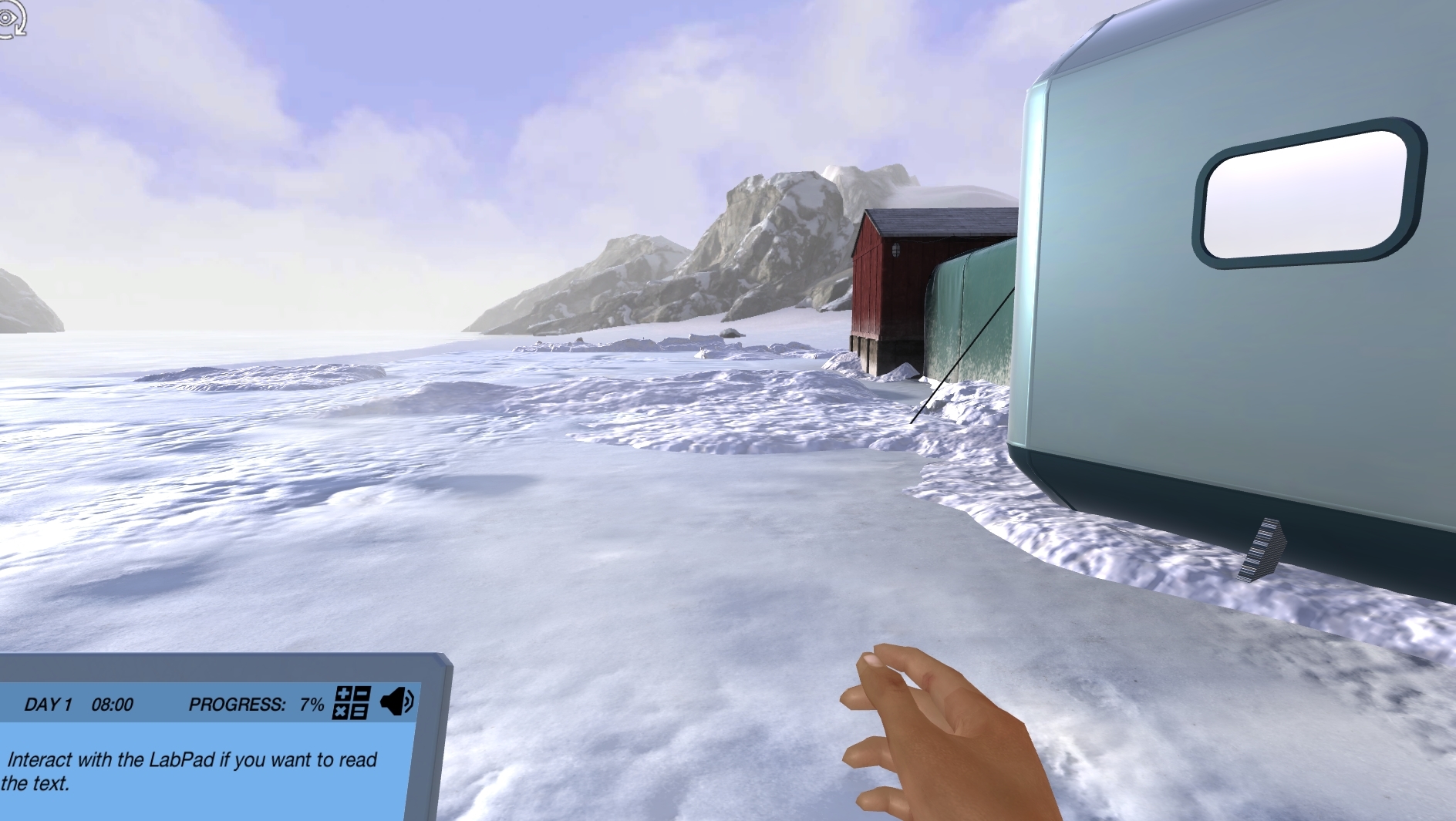
.png)
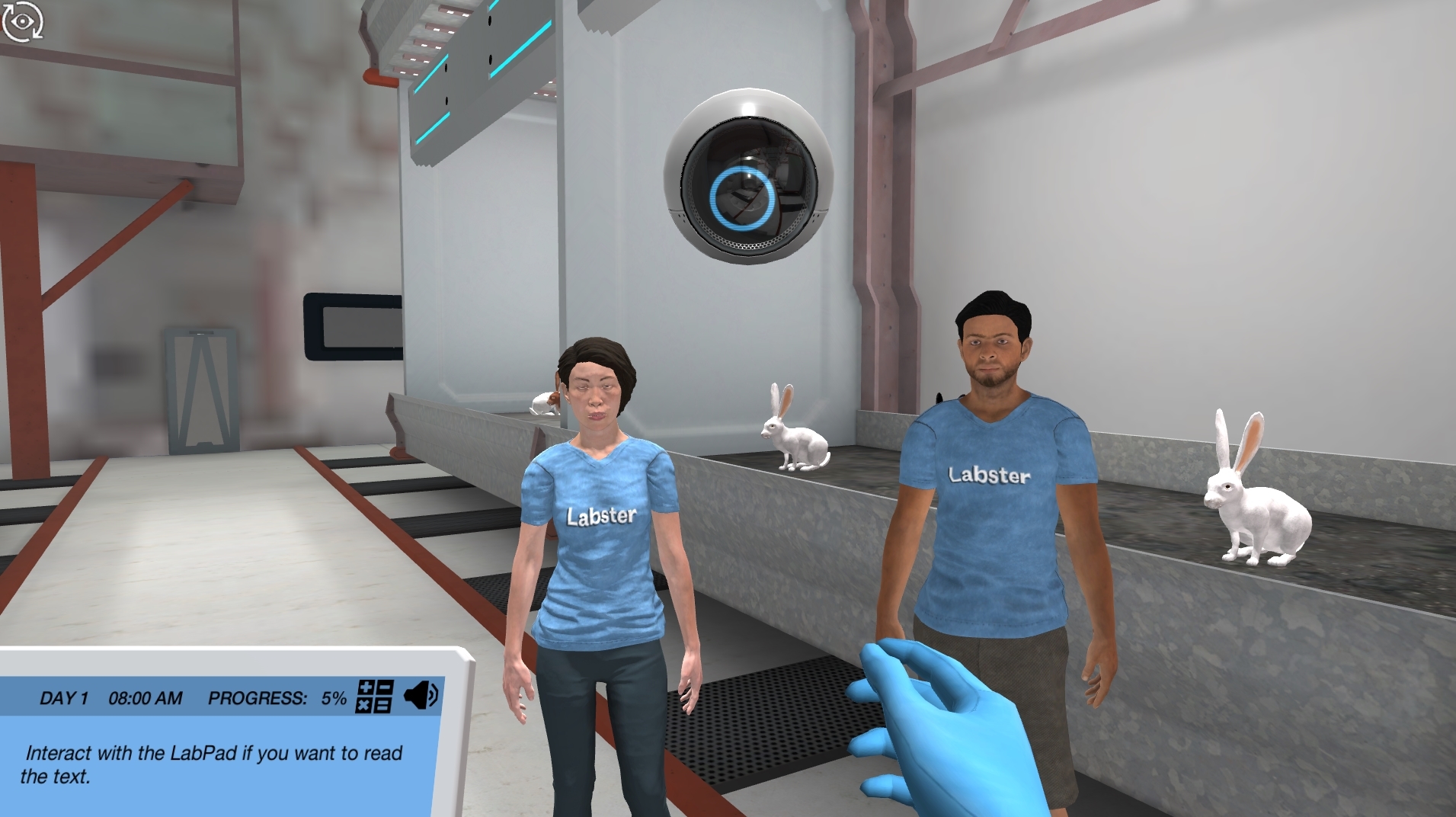
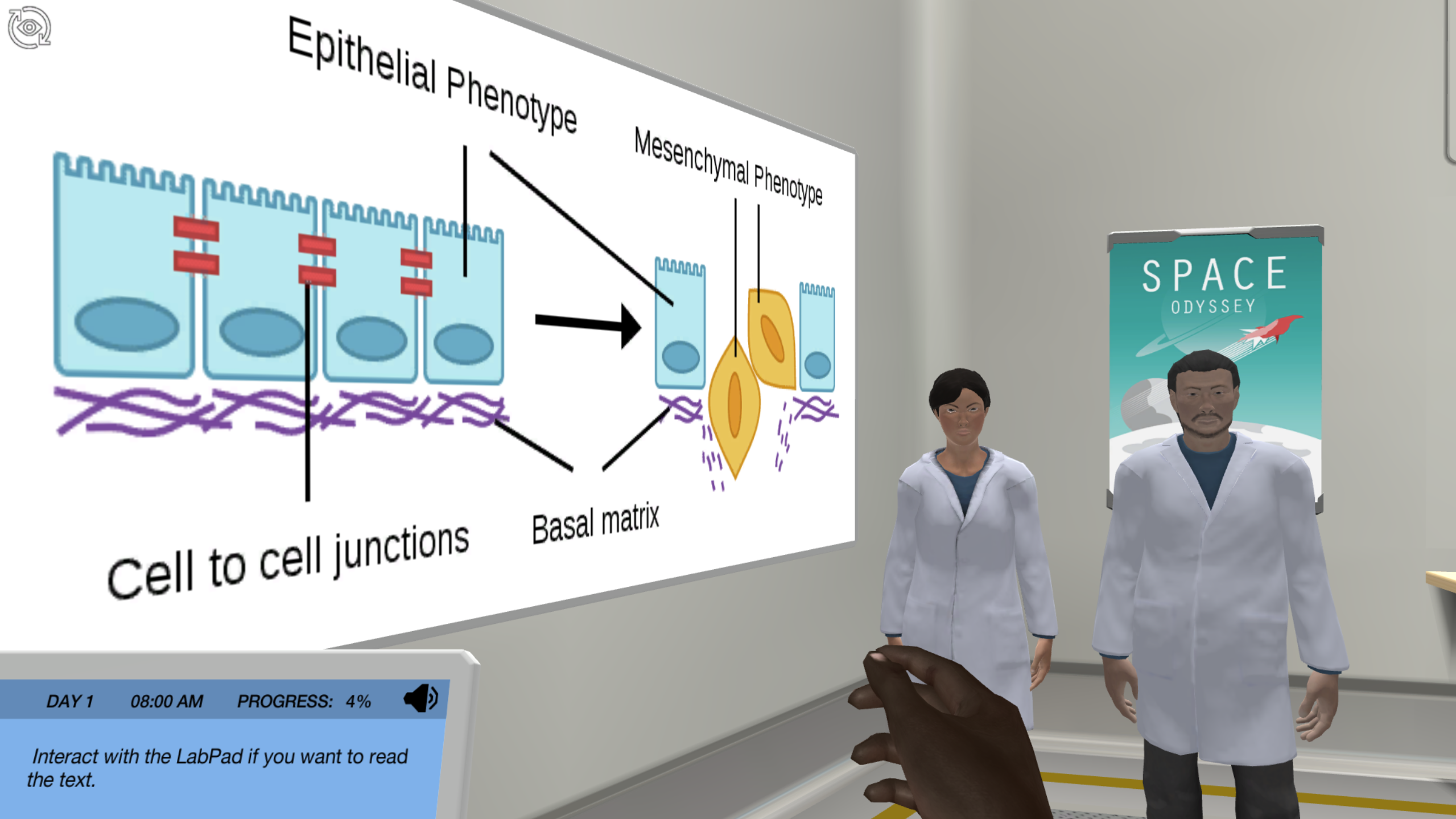
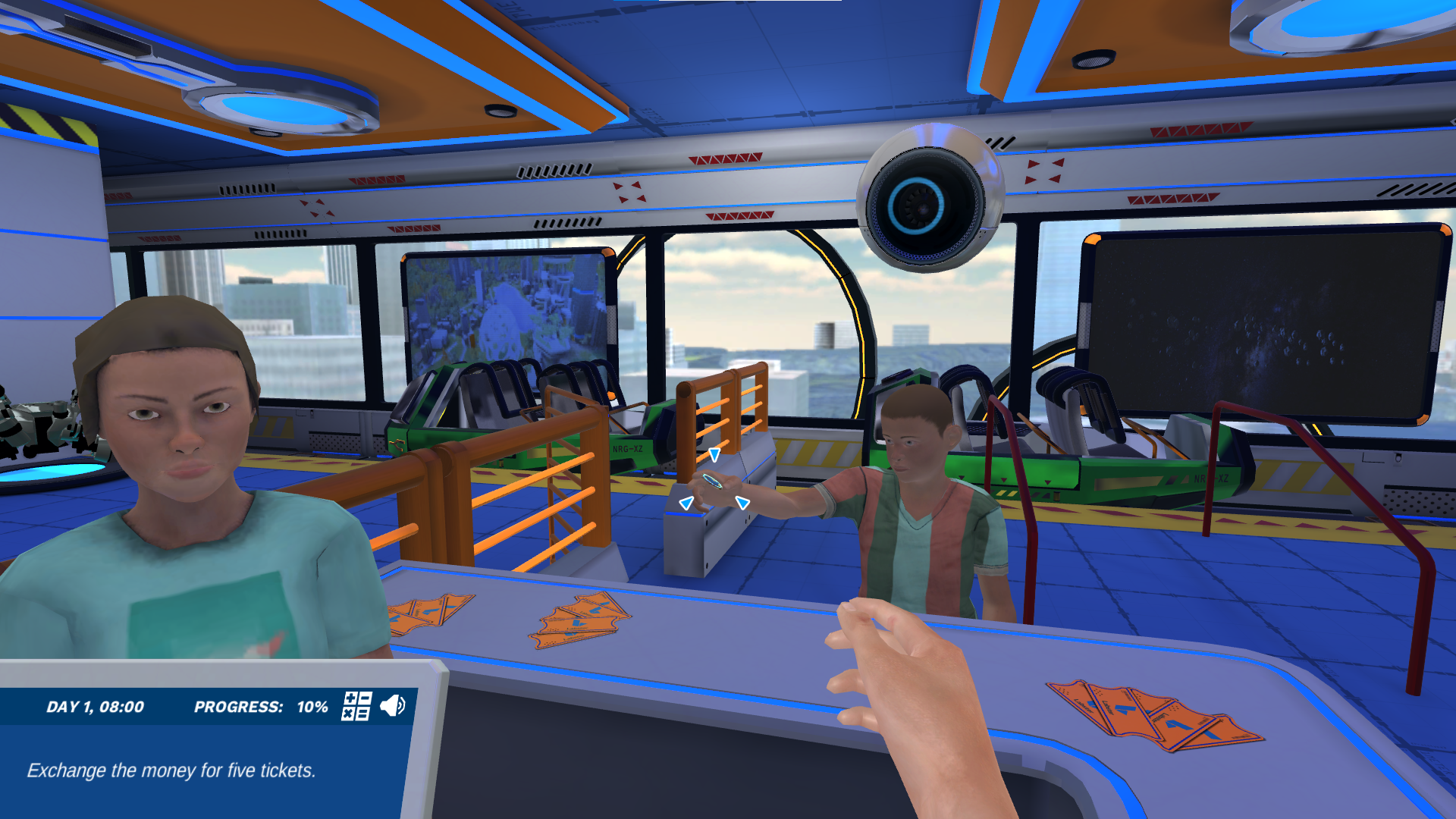
.png)
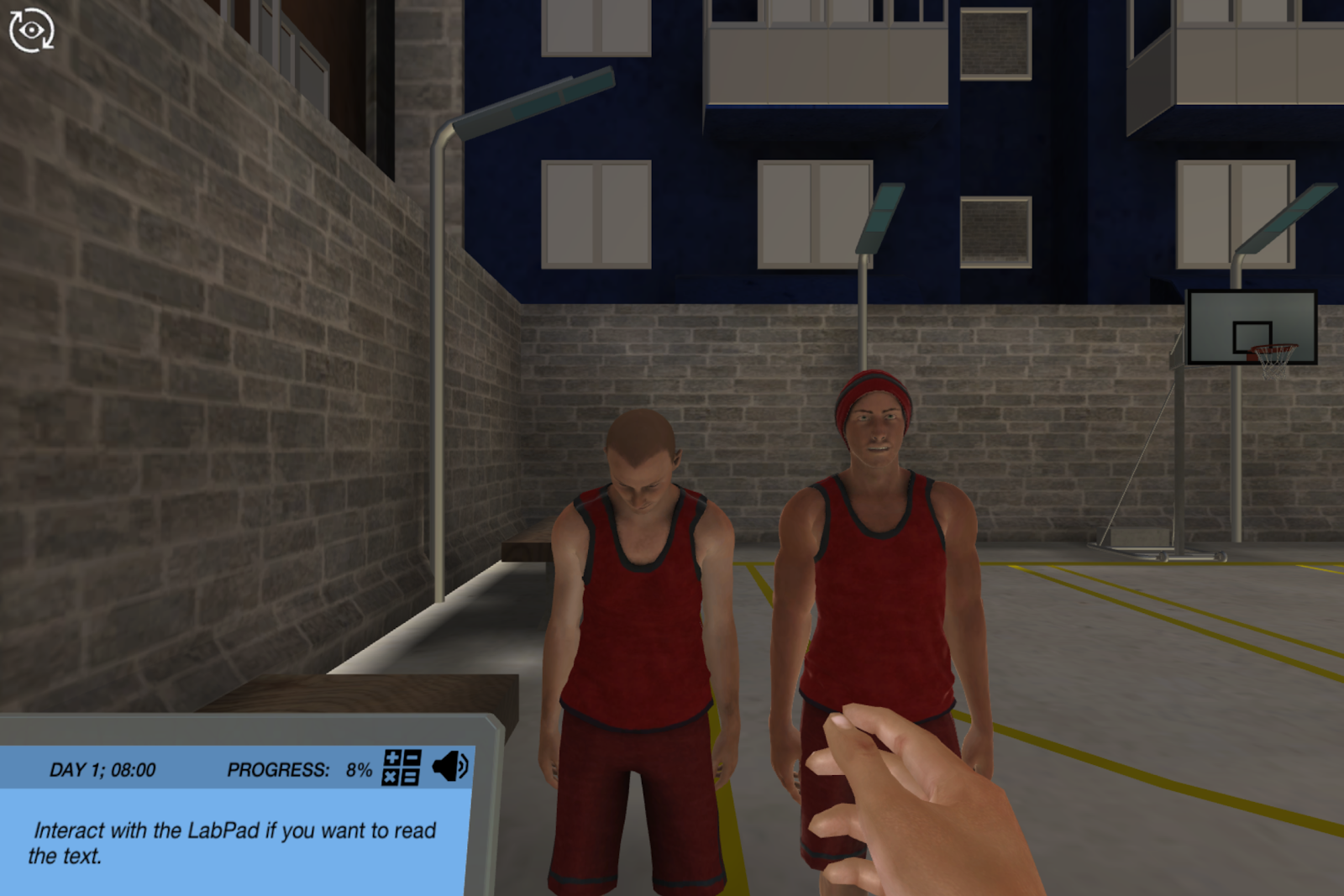
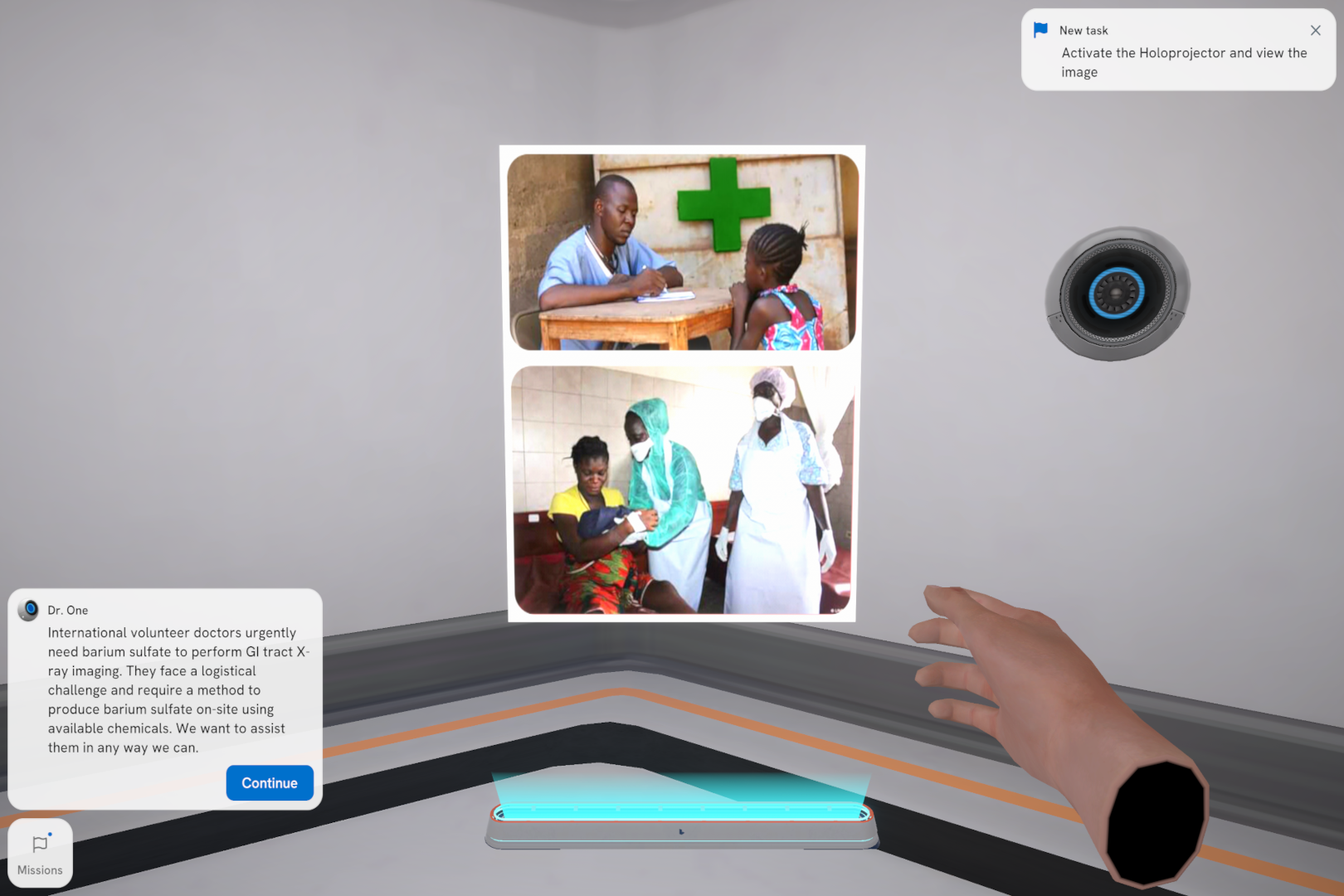
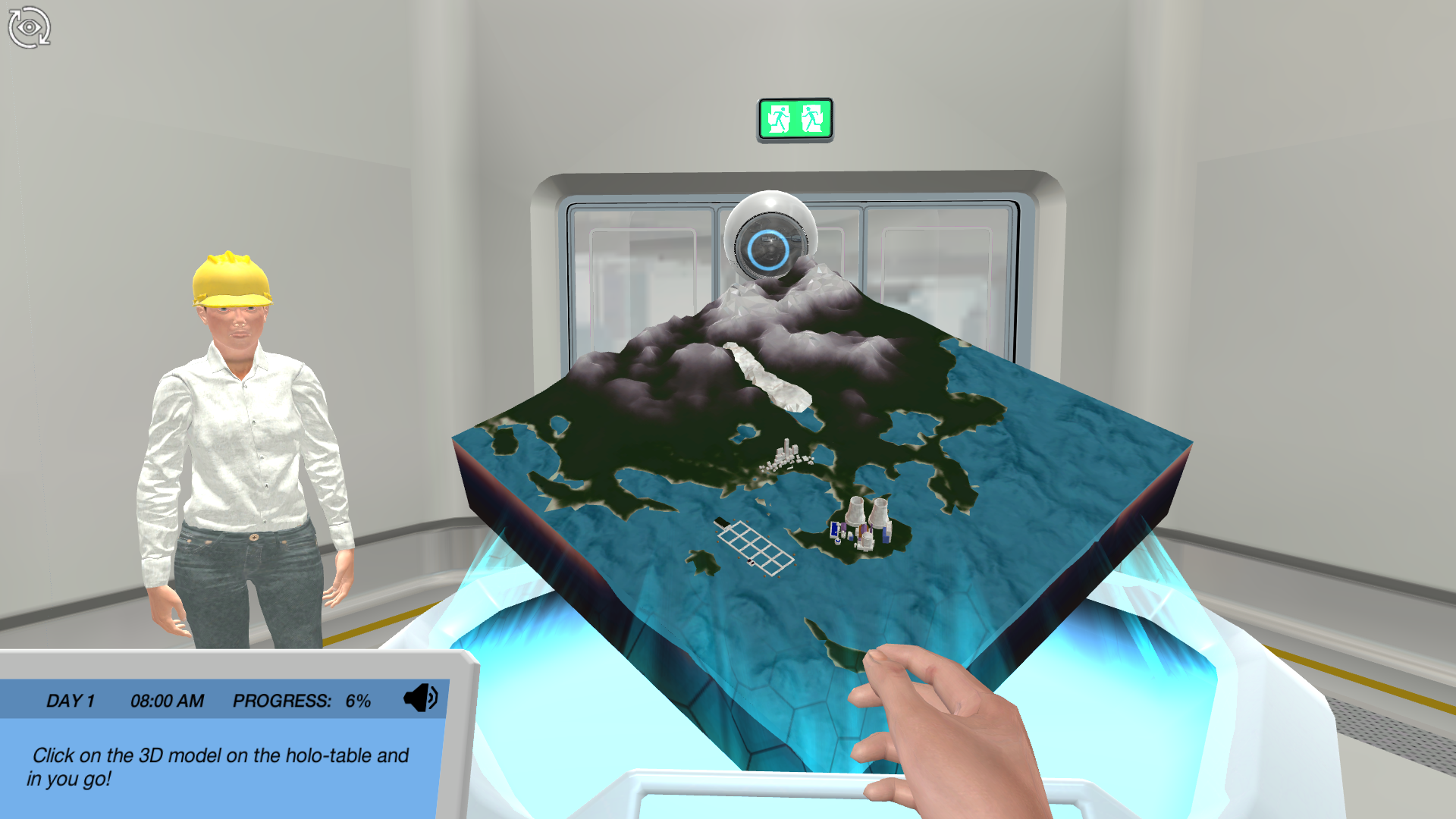
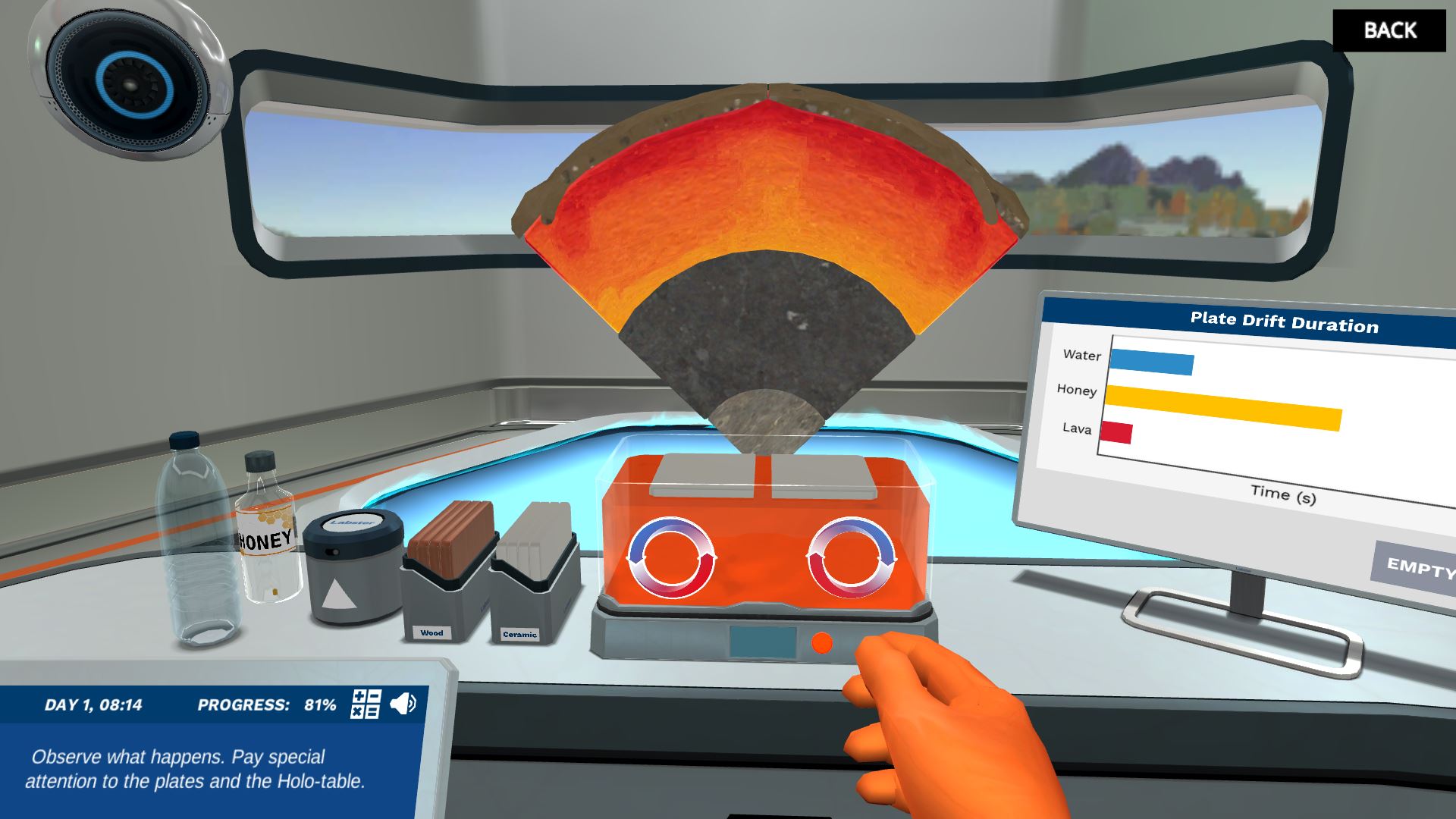
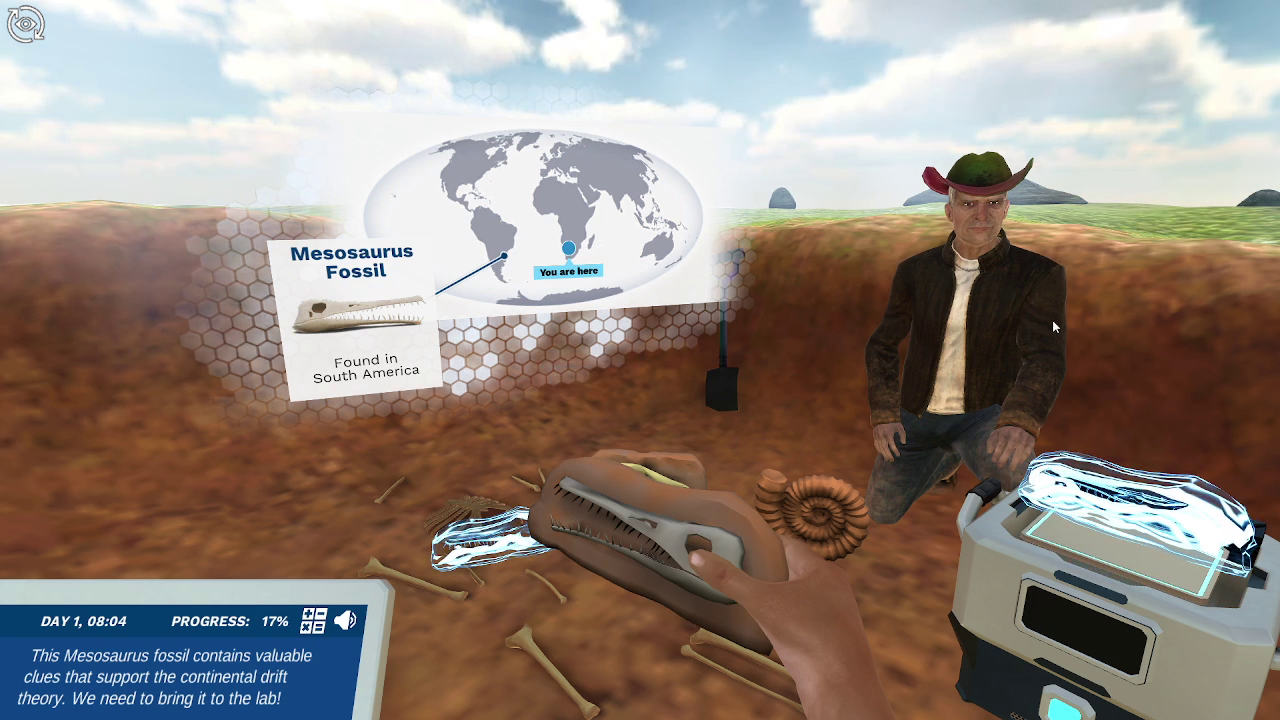
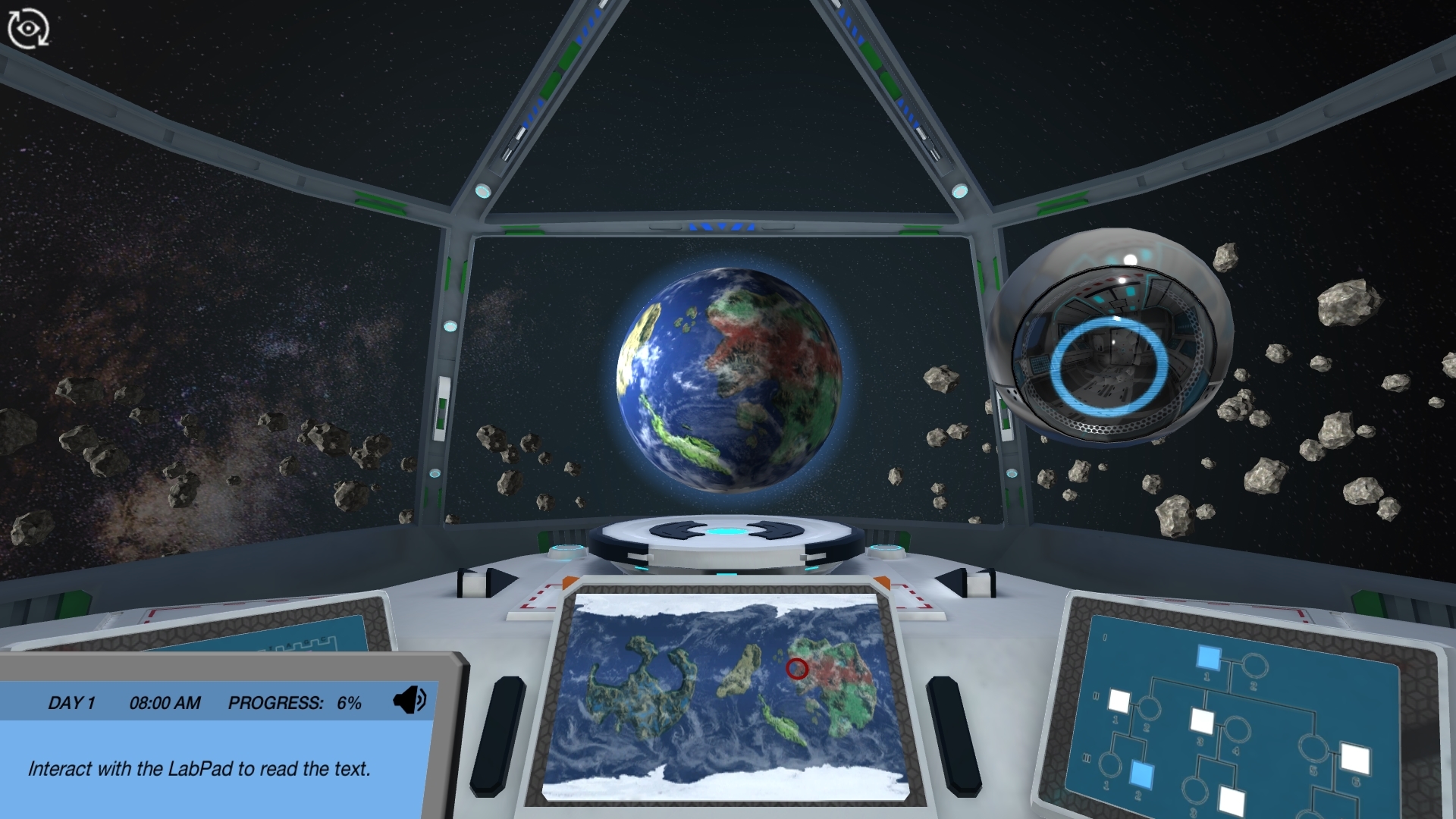
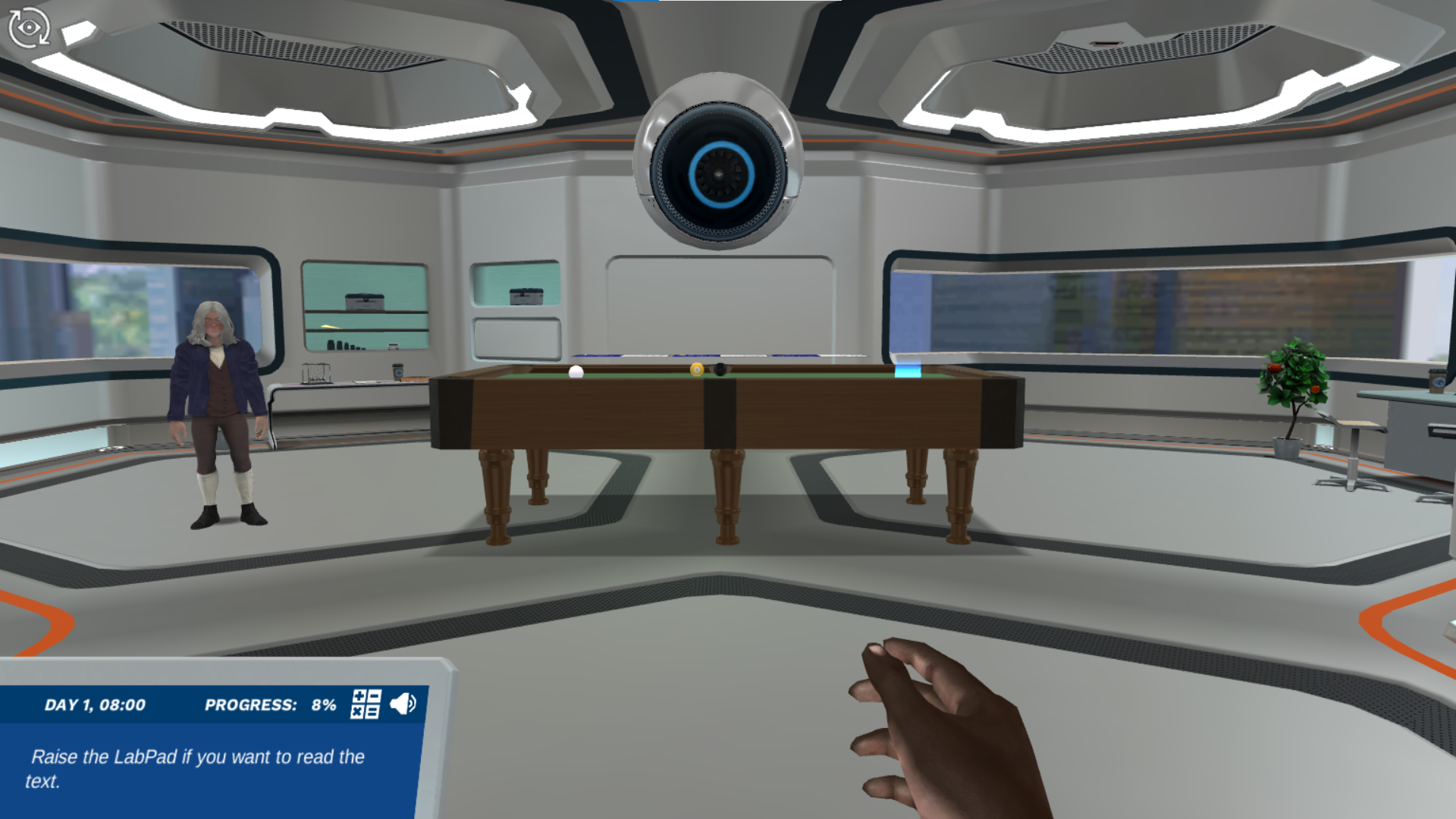
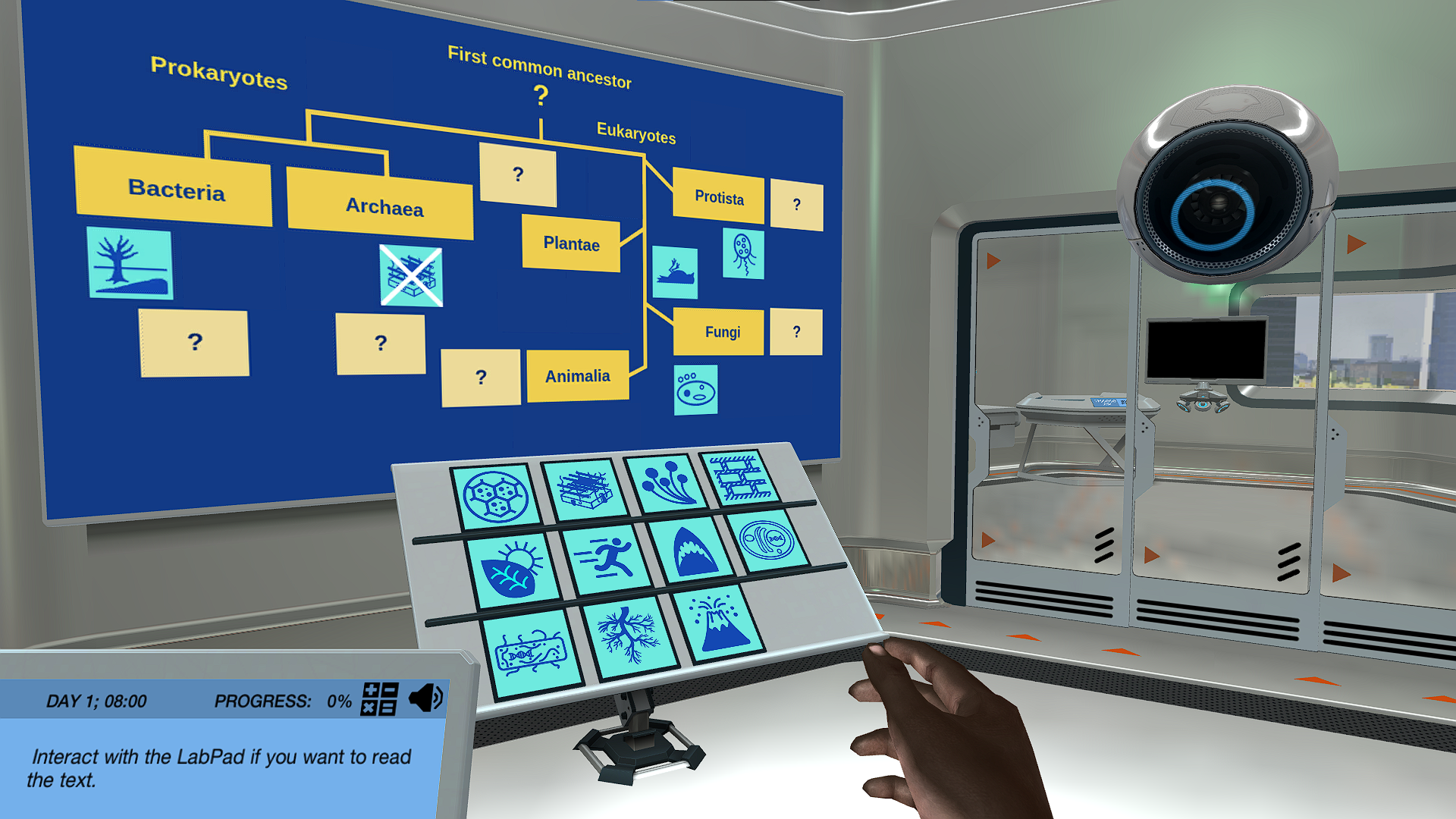
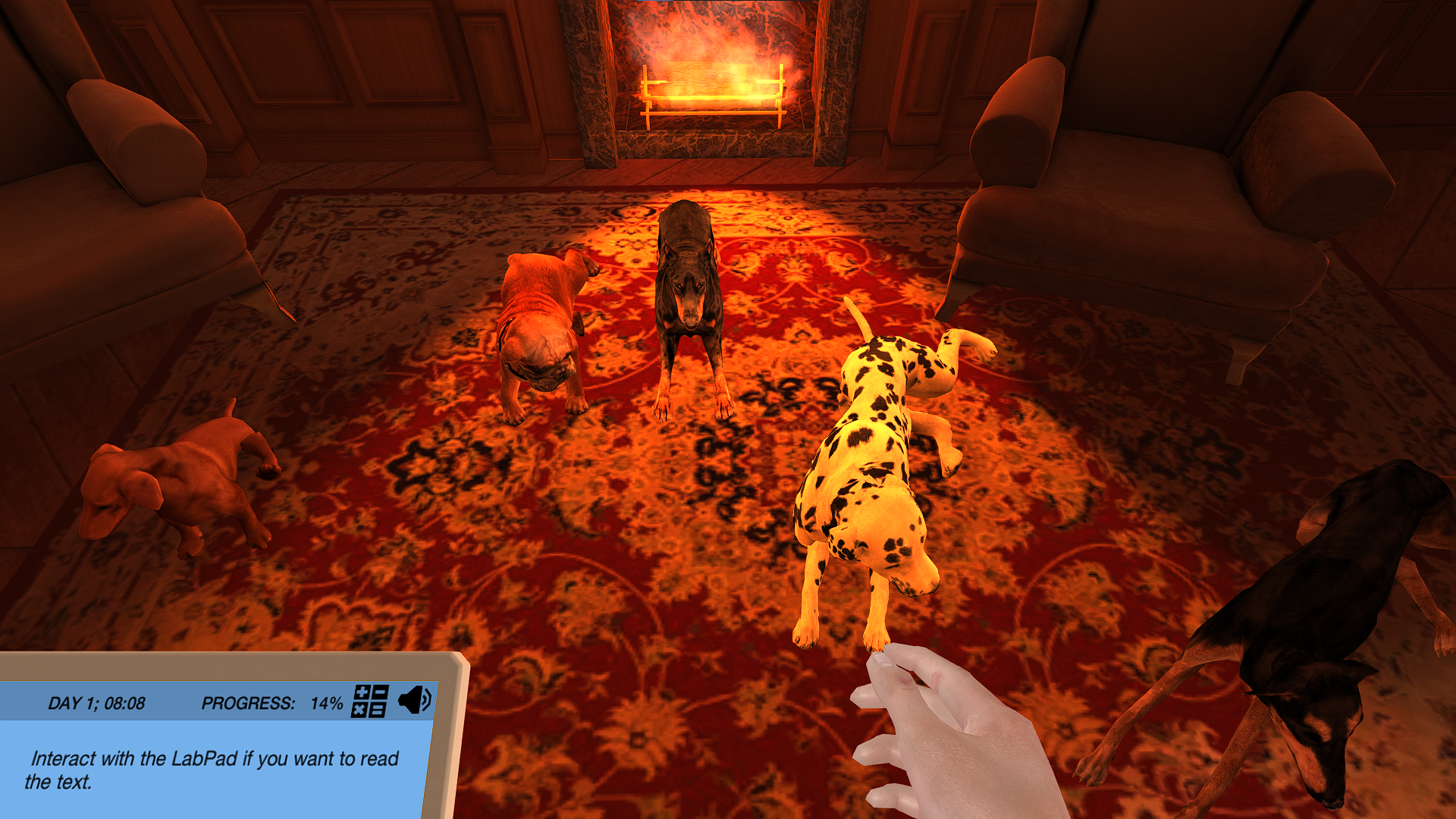
.png)
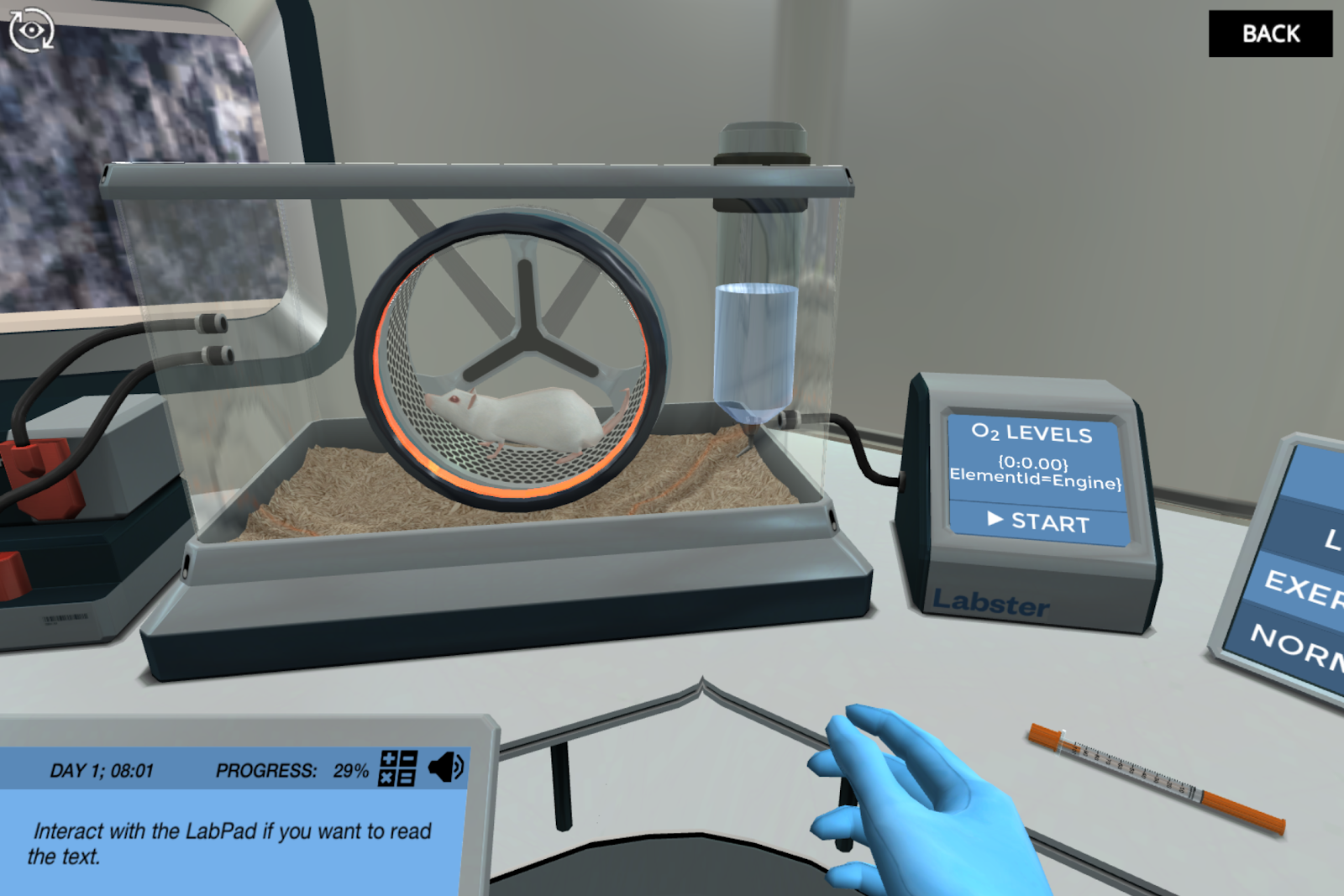
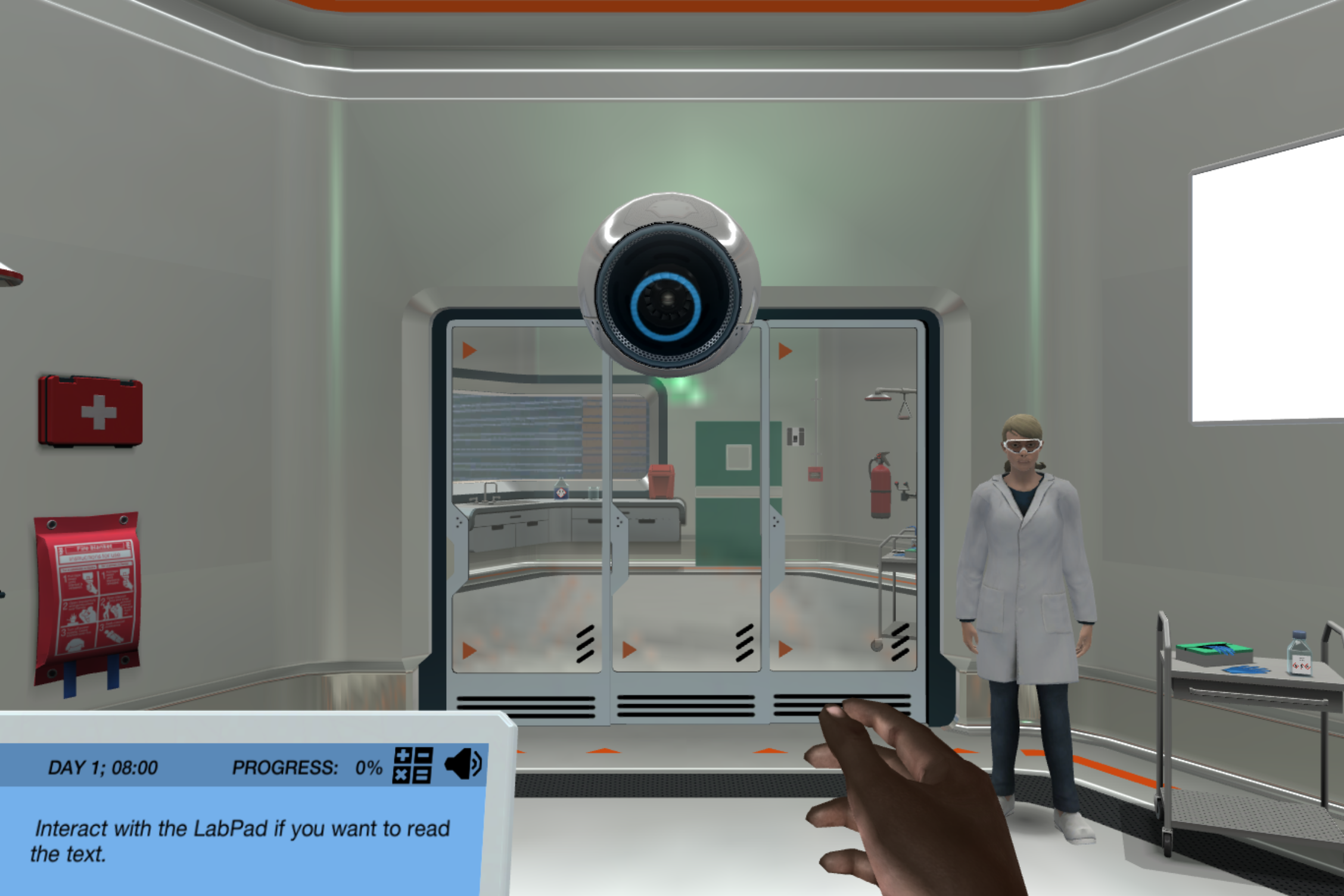
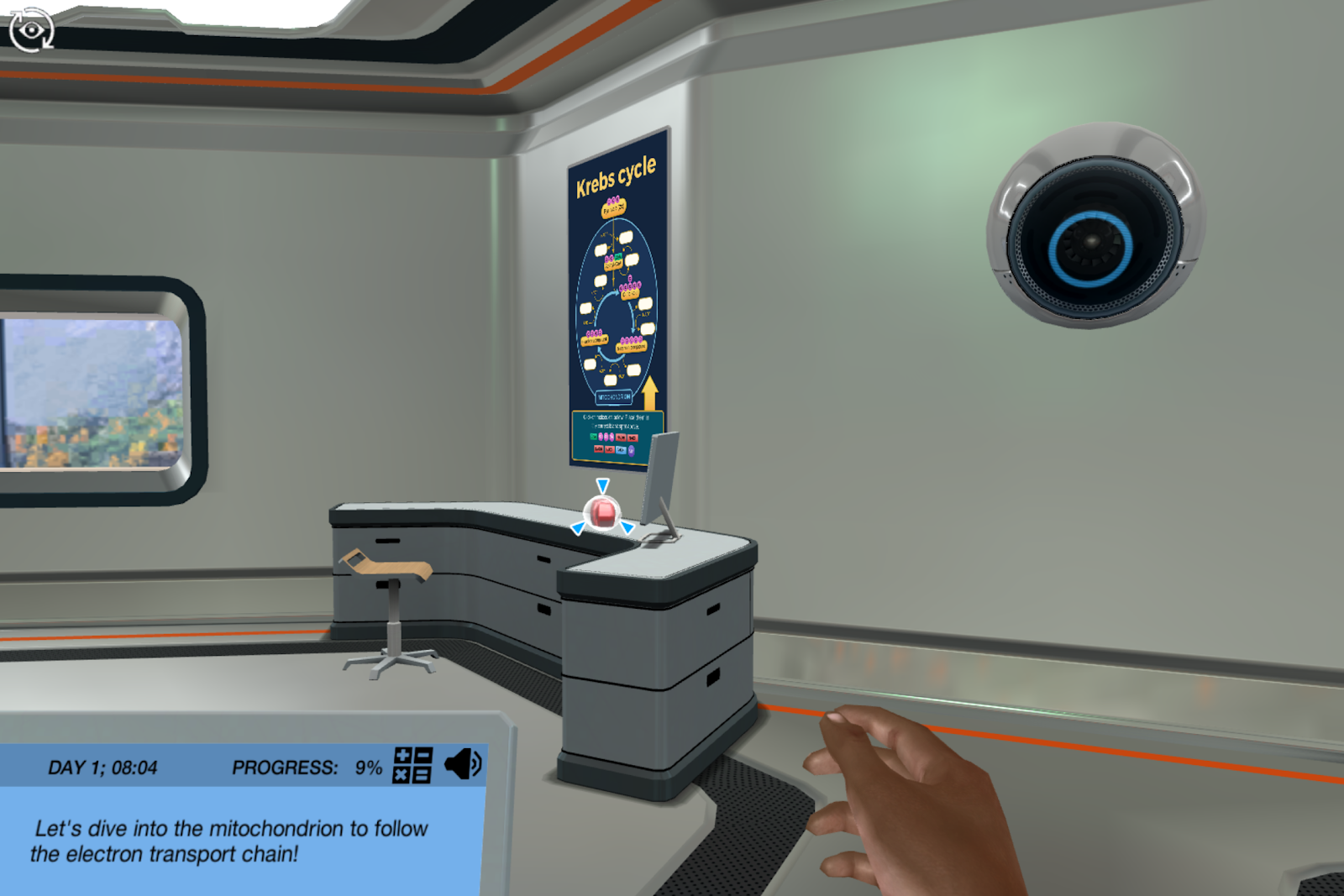
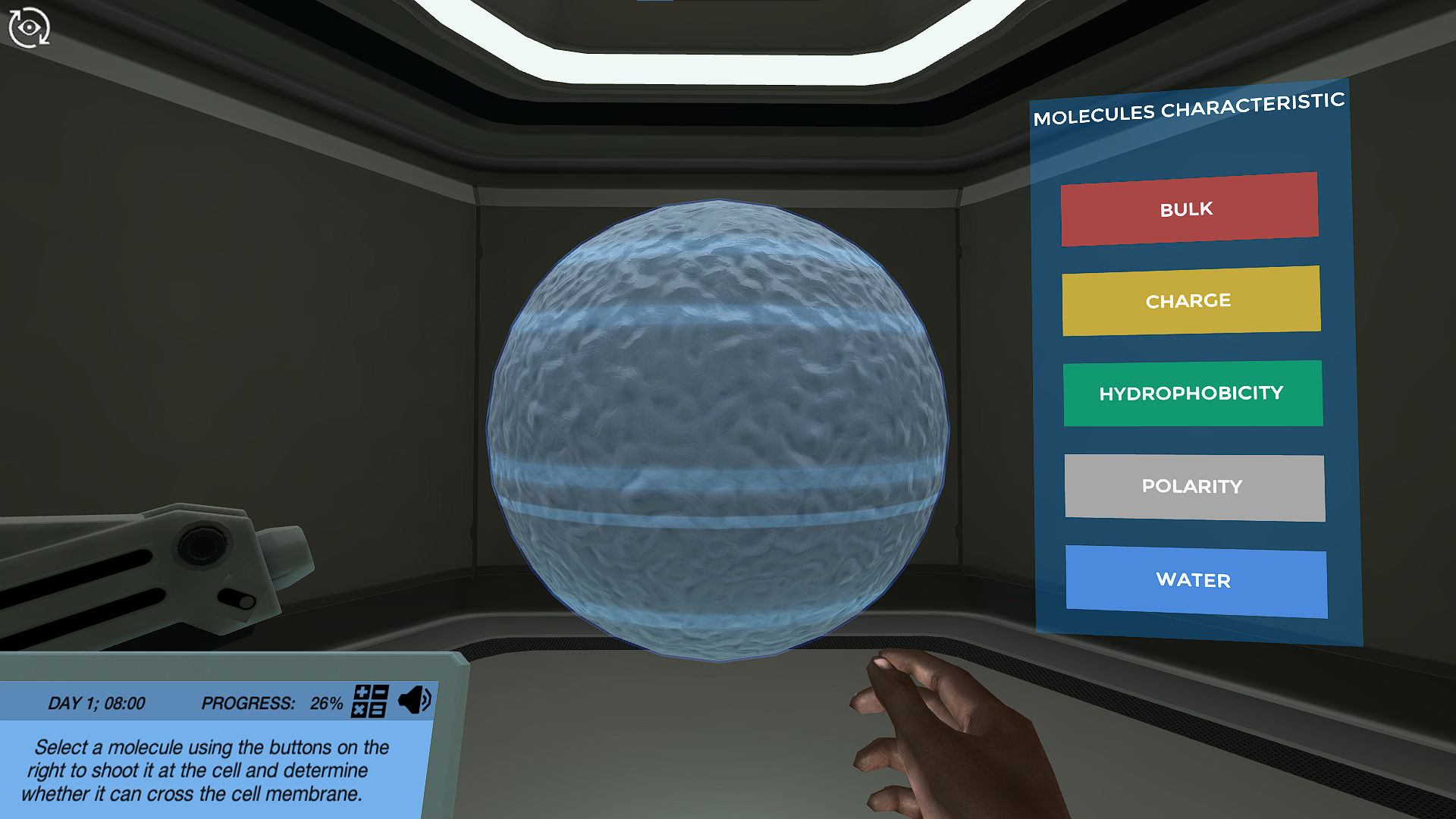
.png)
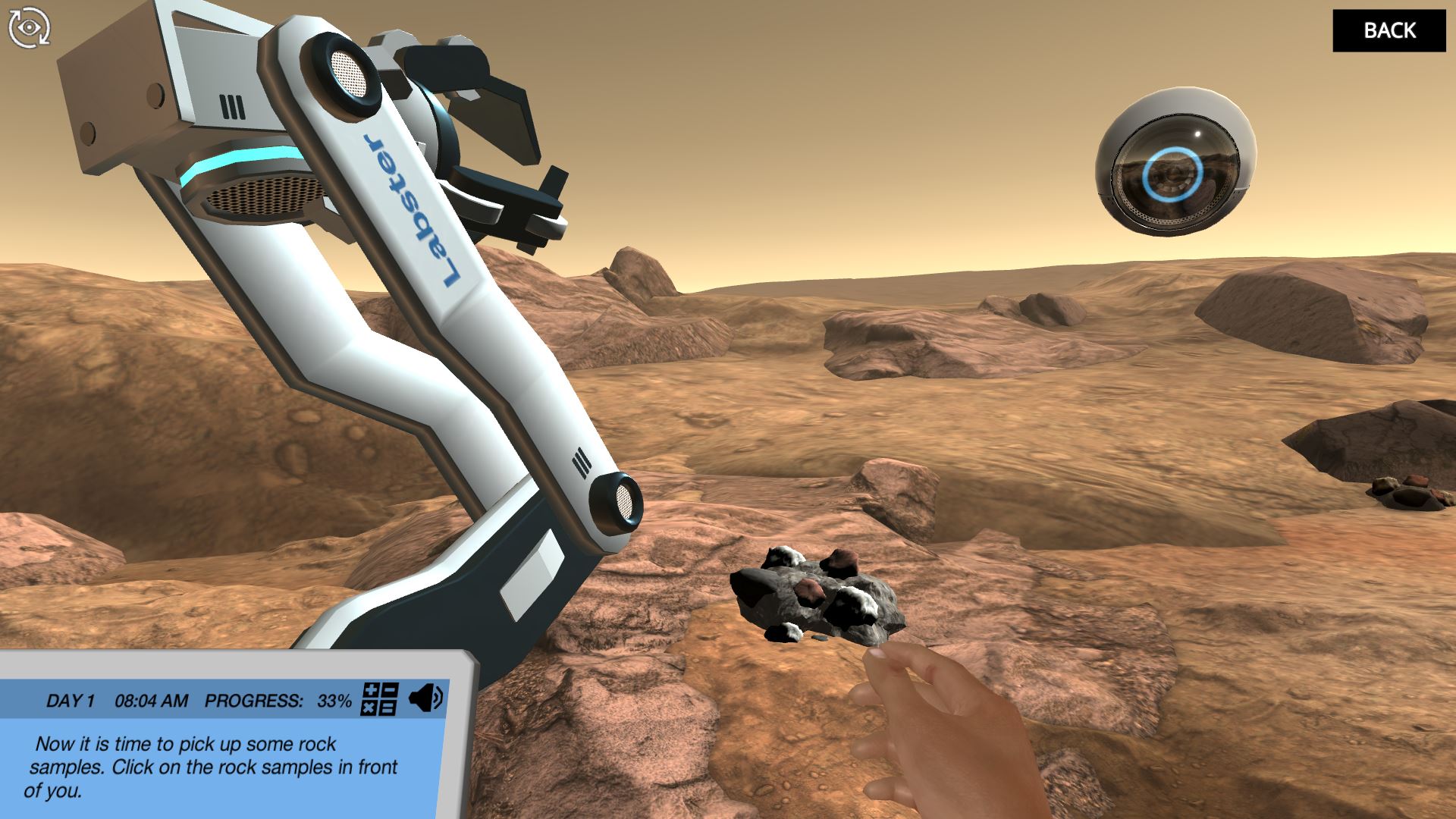
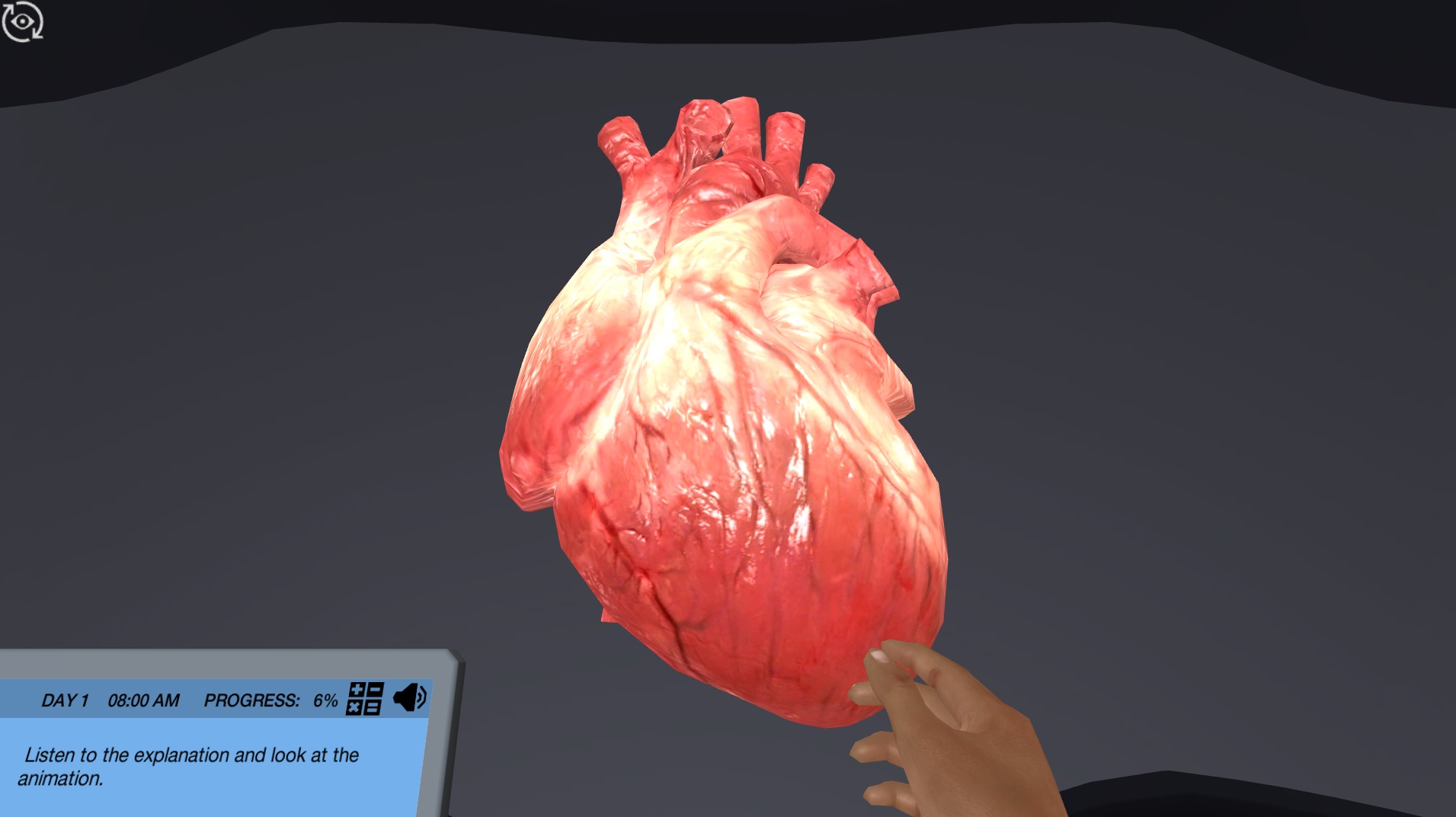
.png)
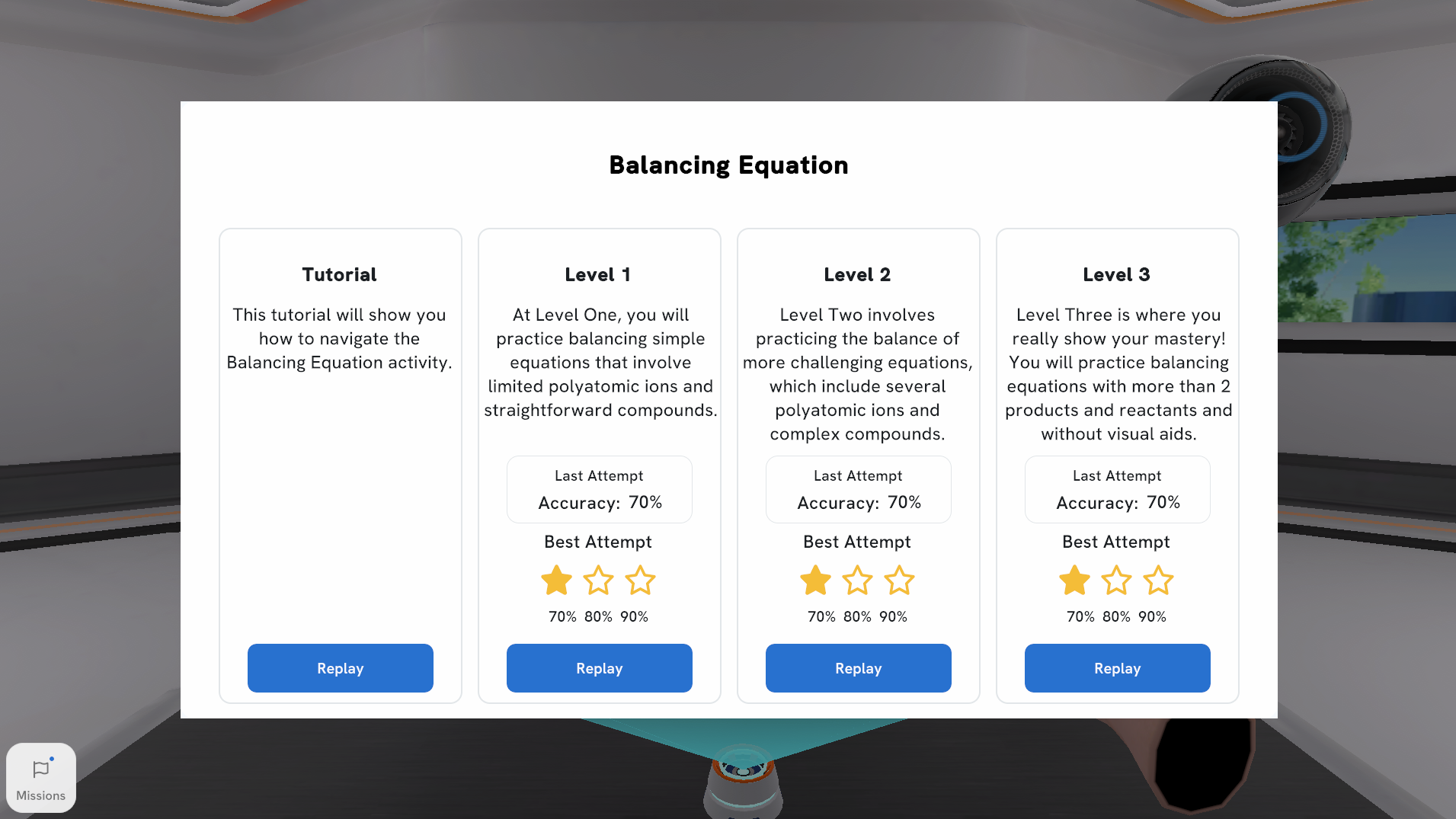
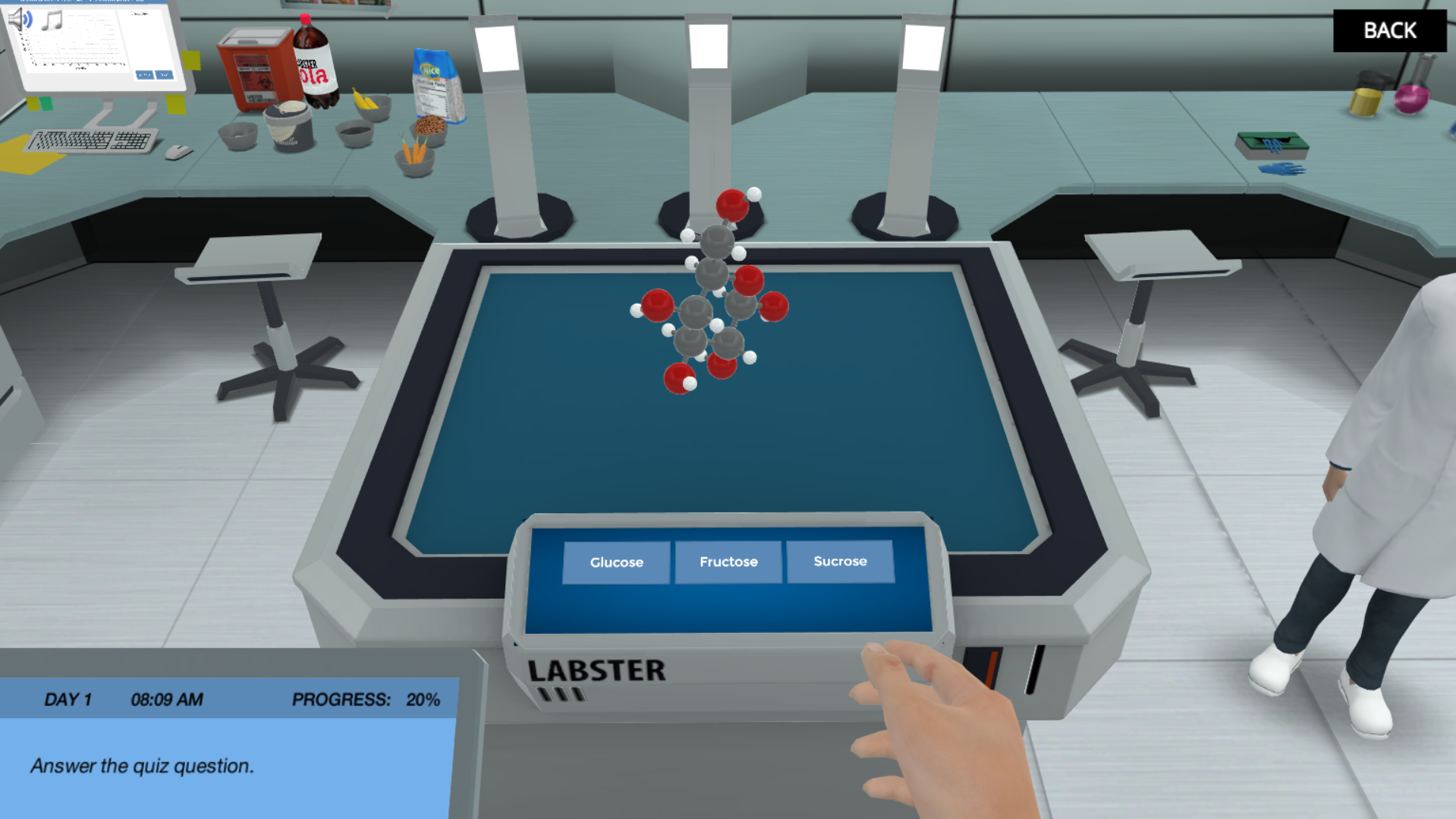
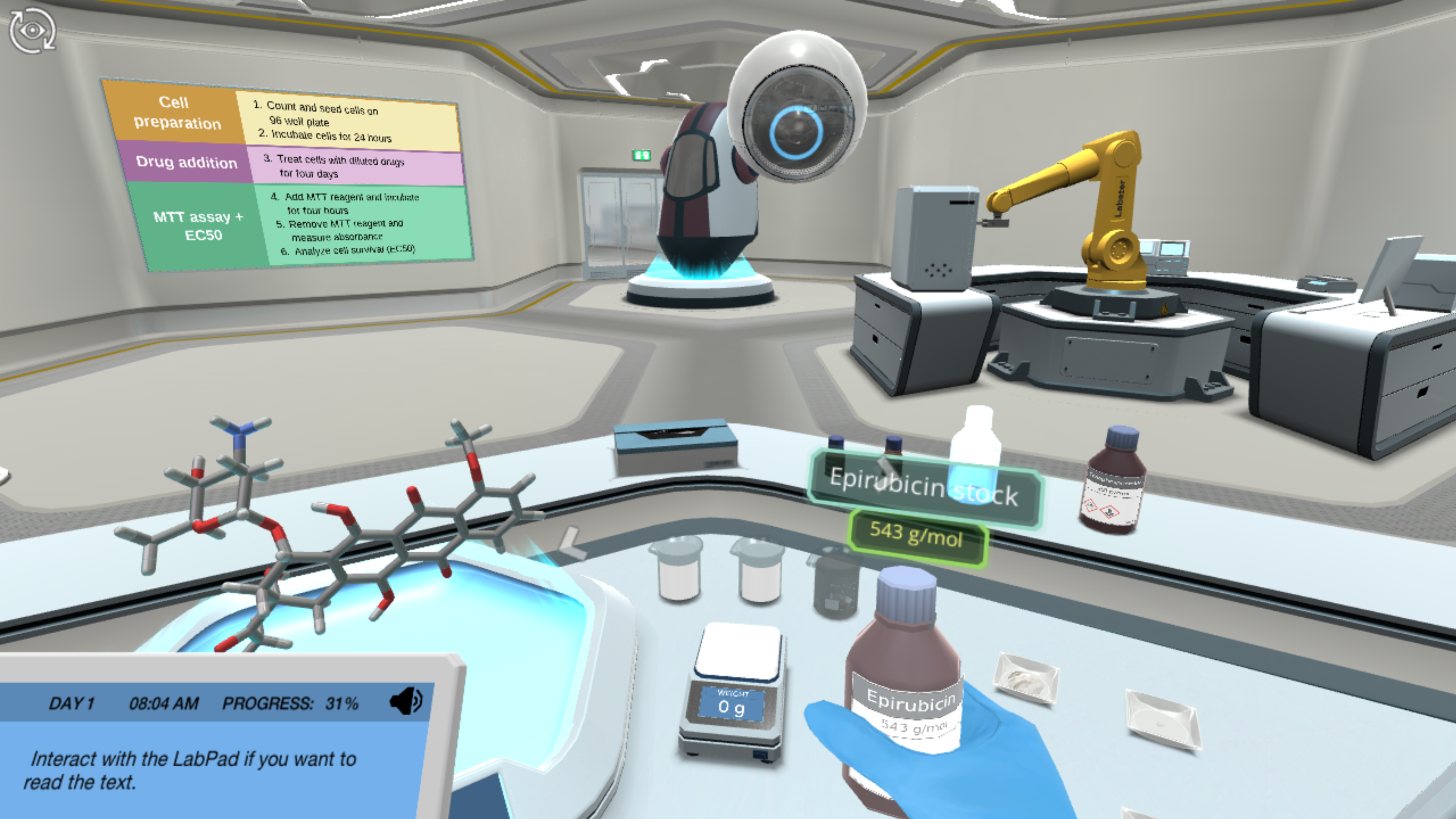
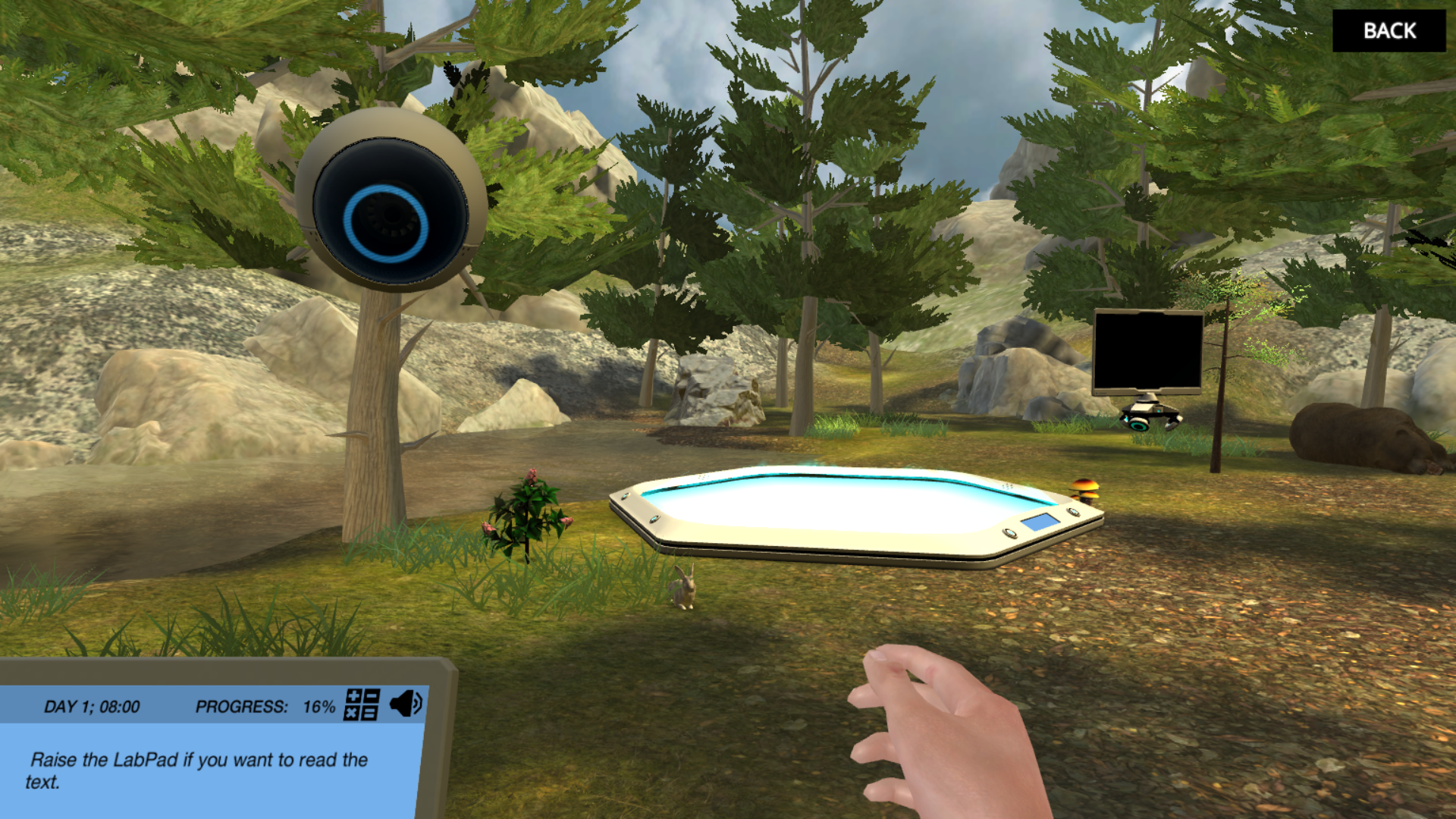
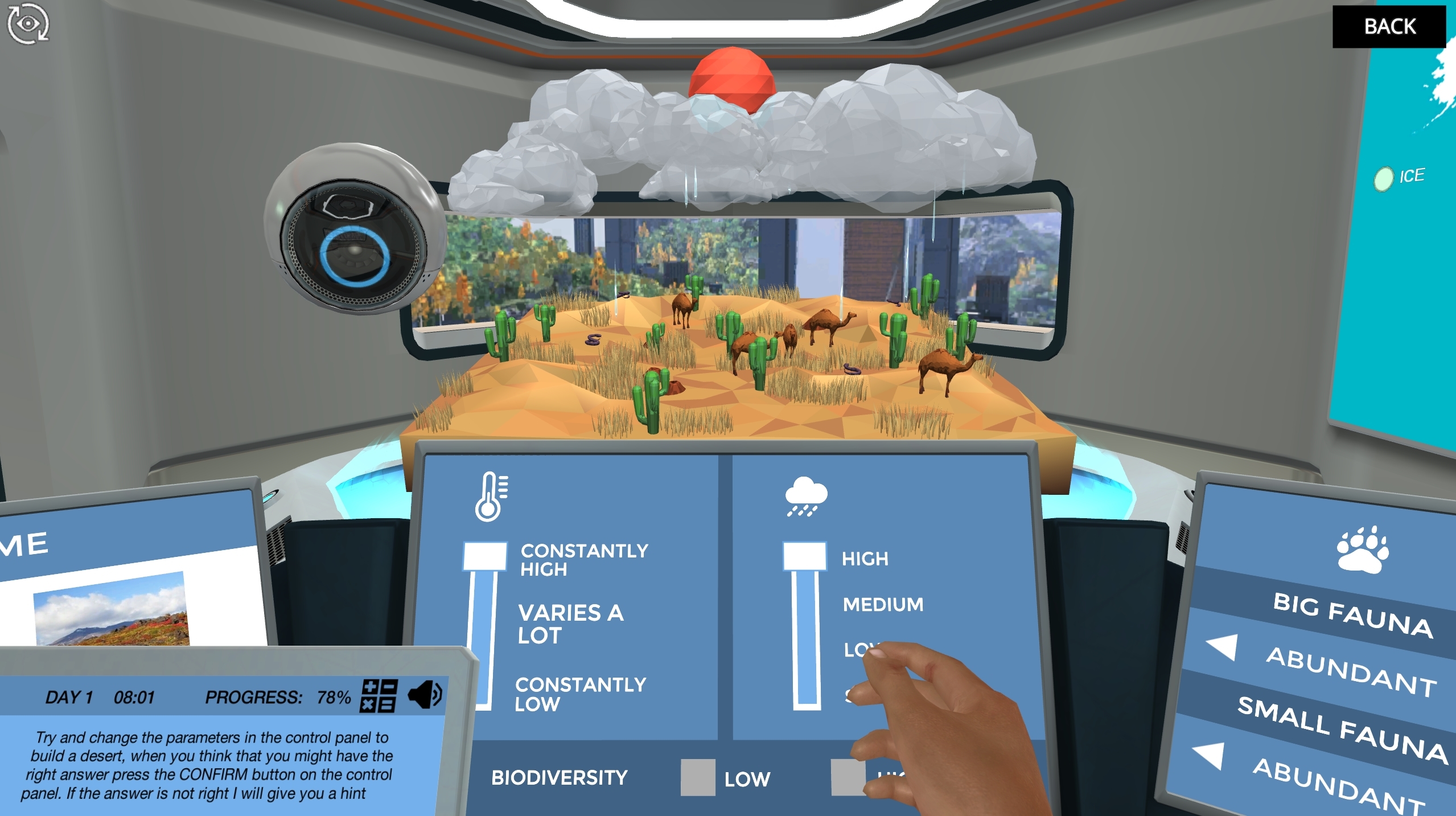
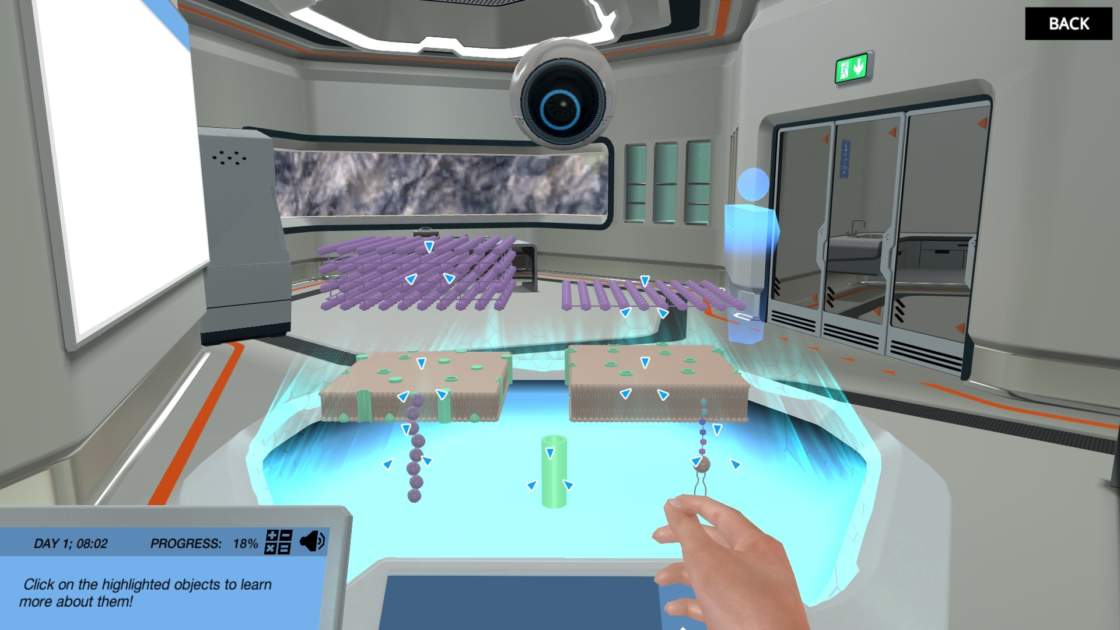
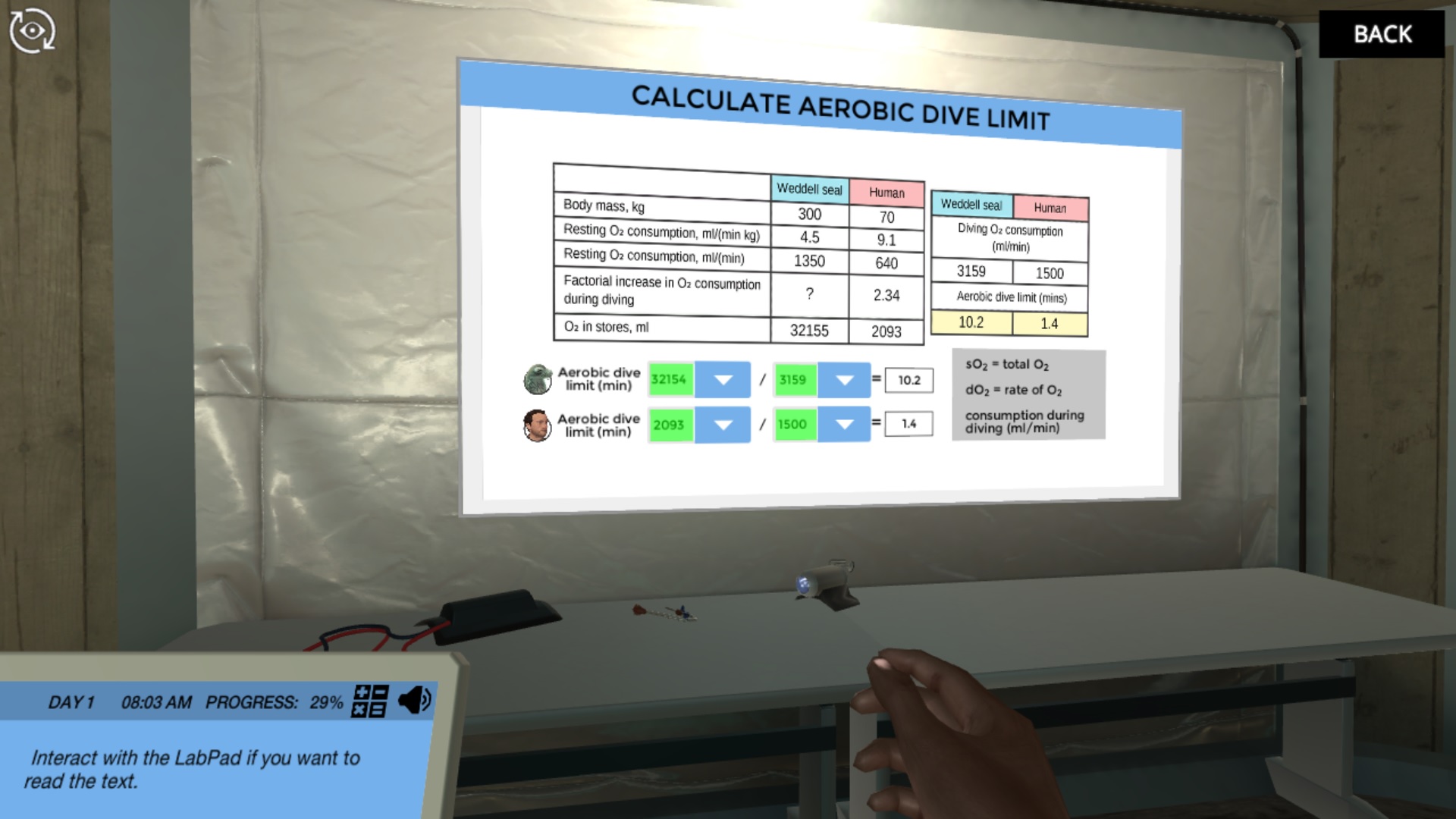
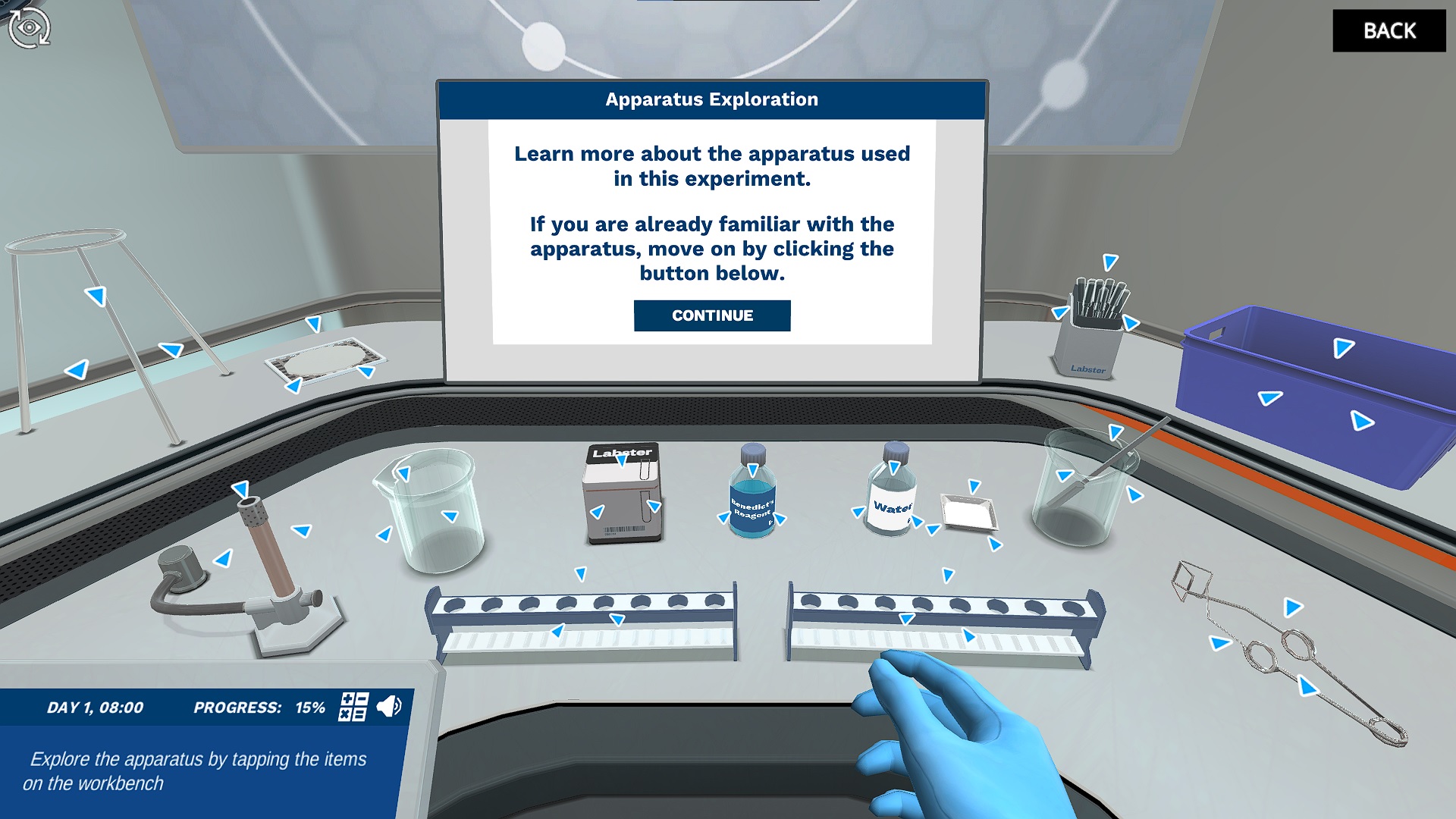
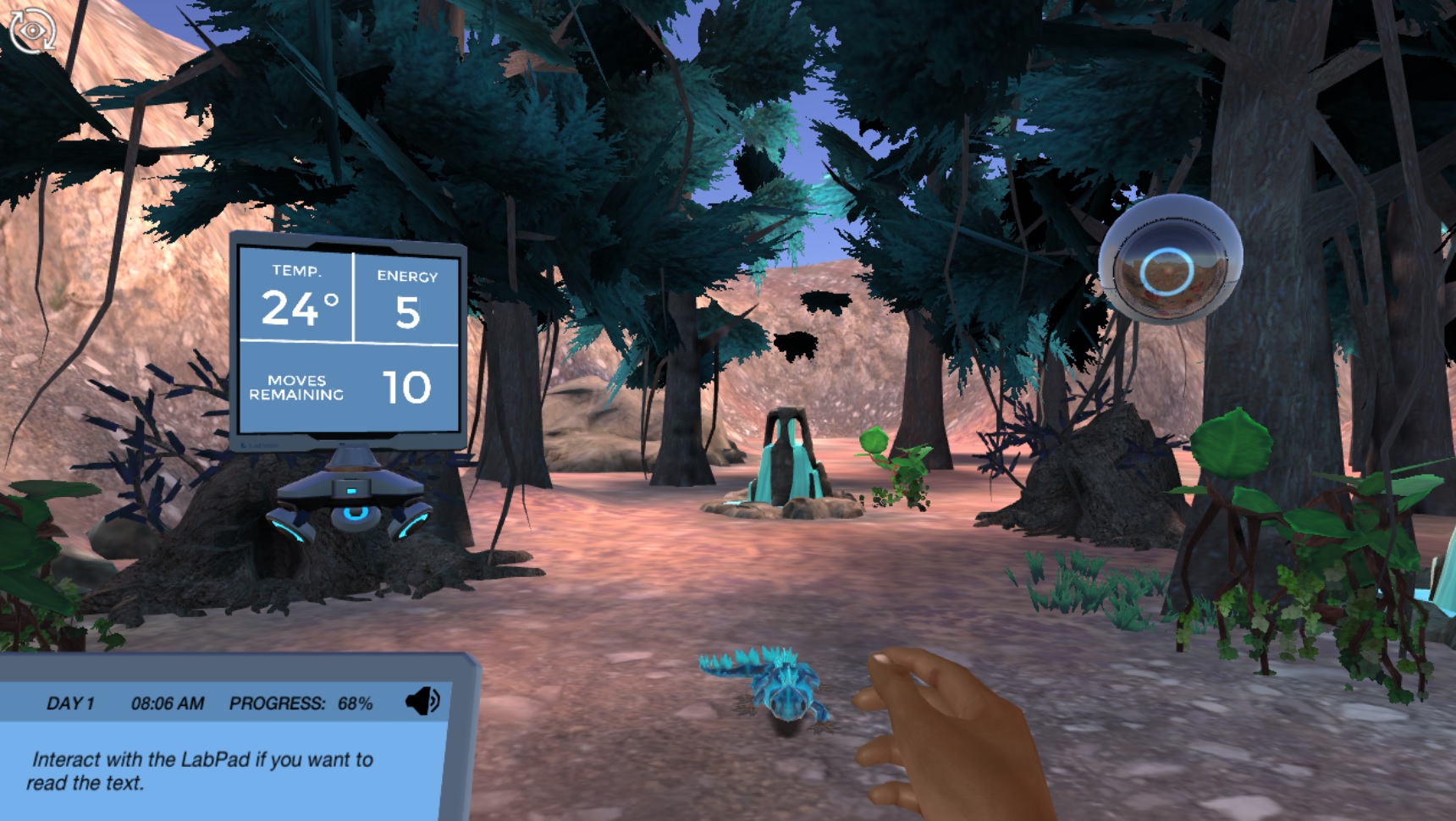

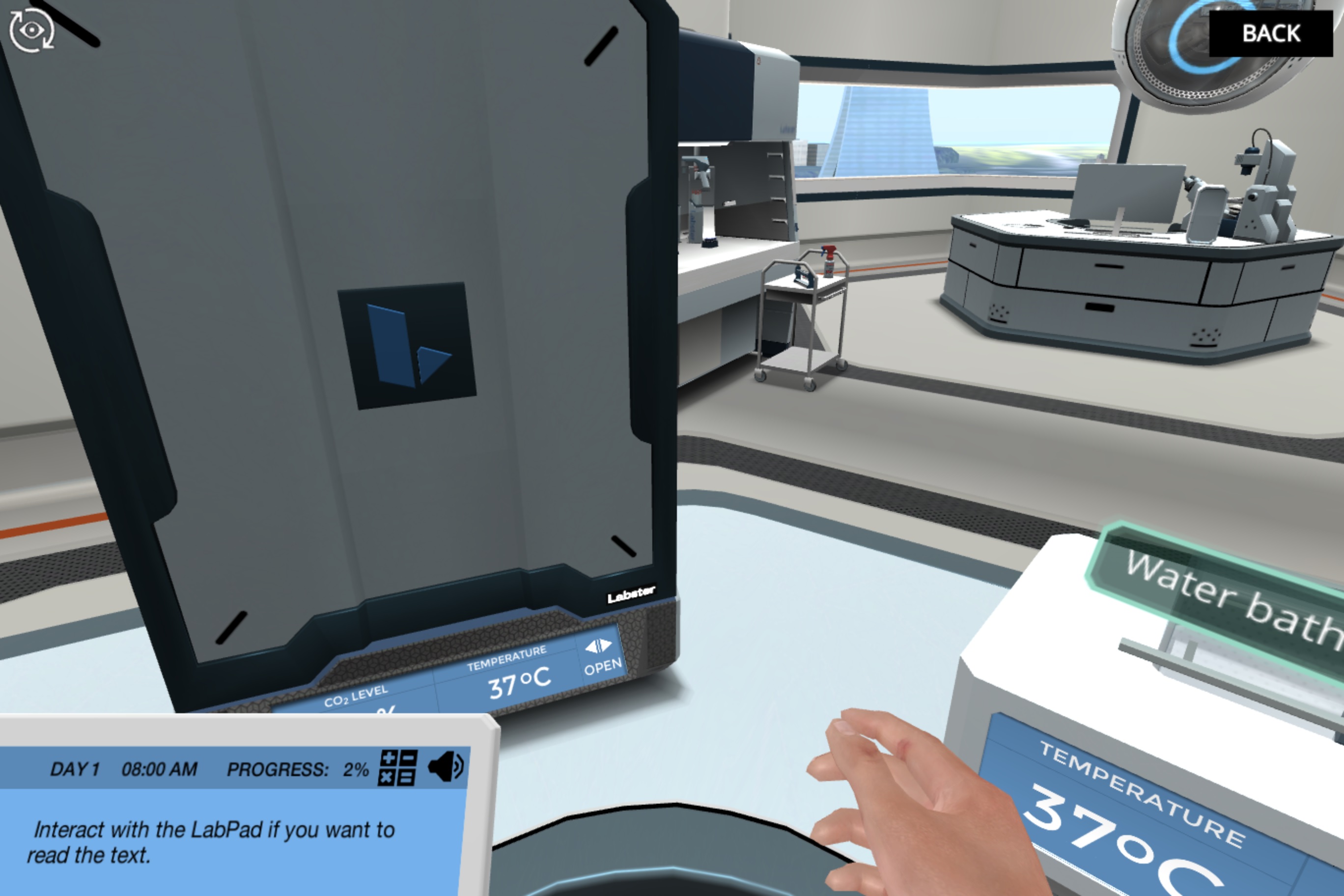
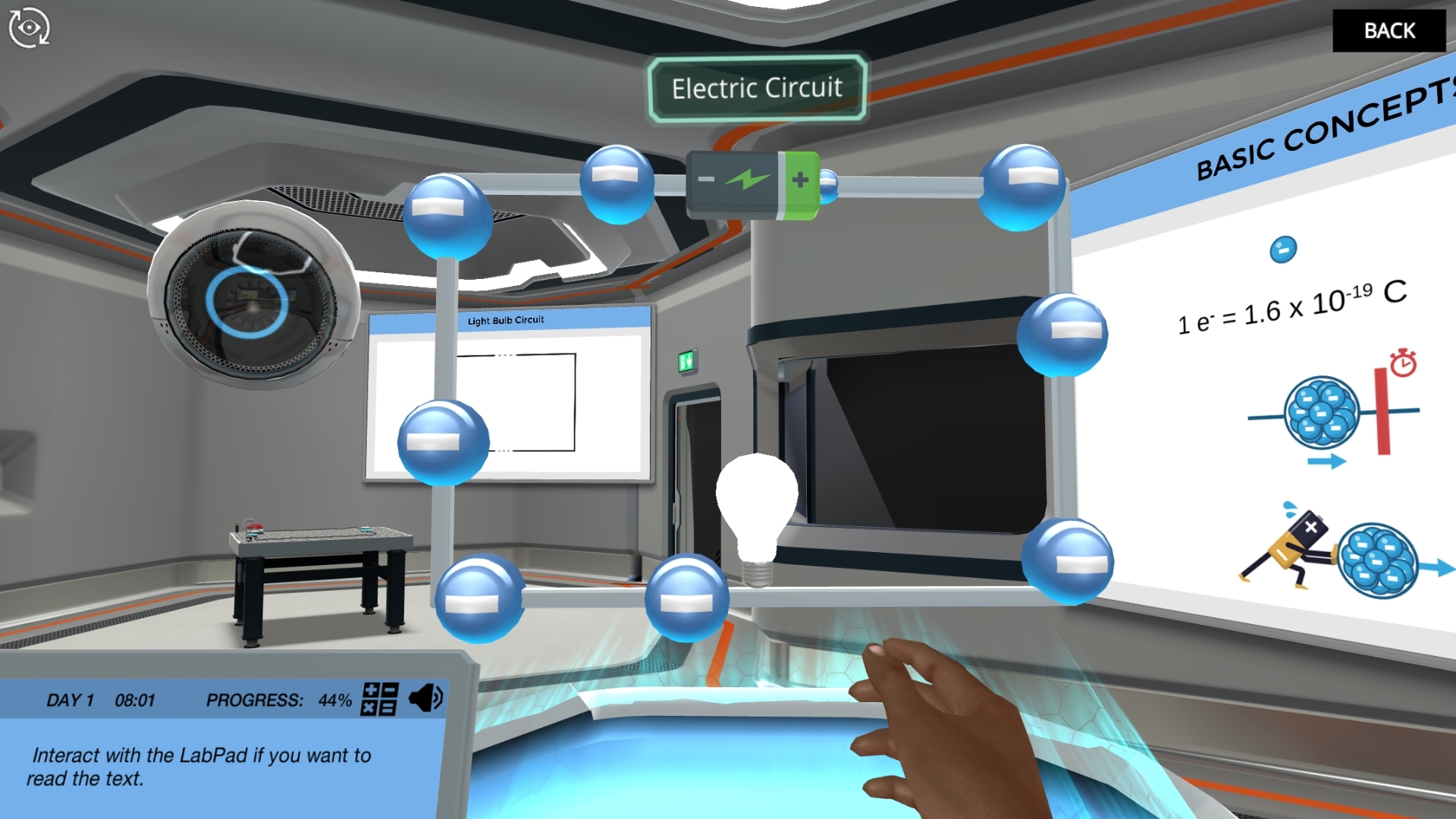
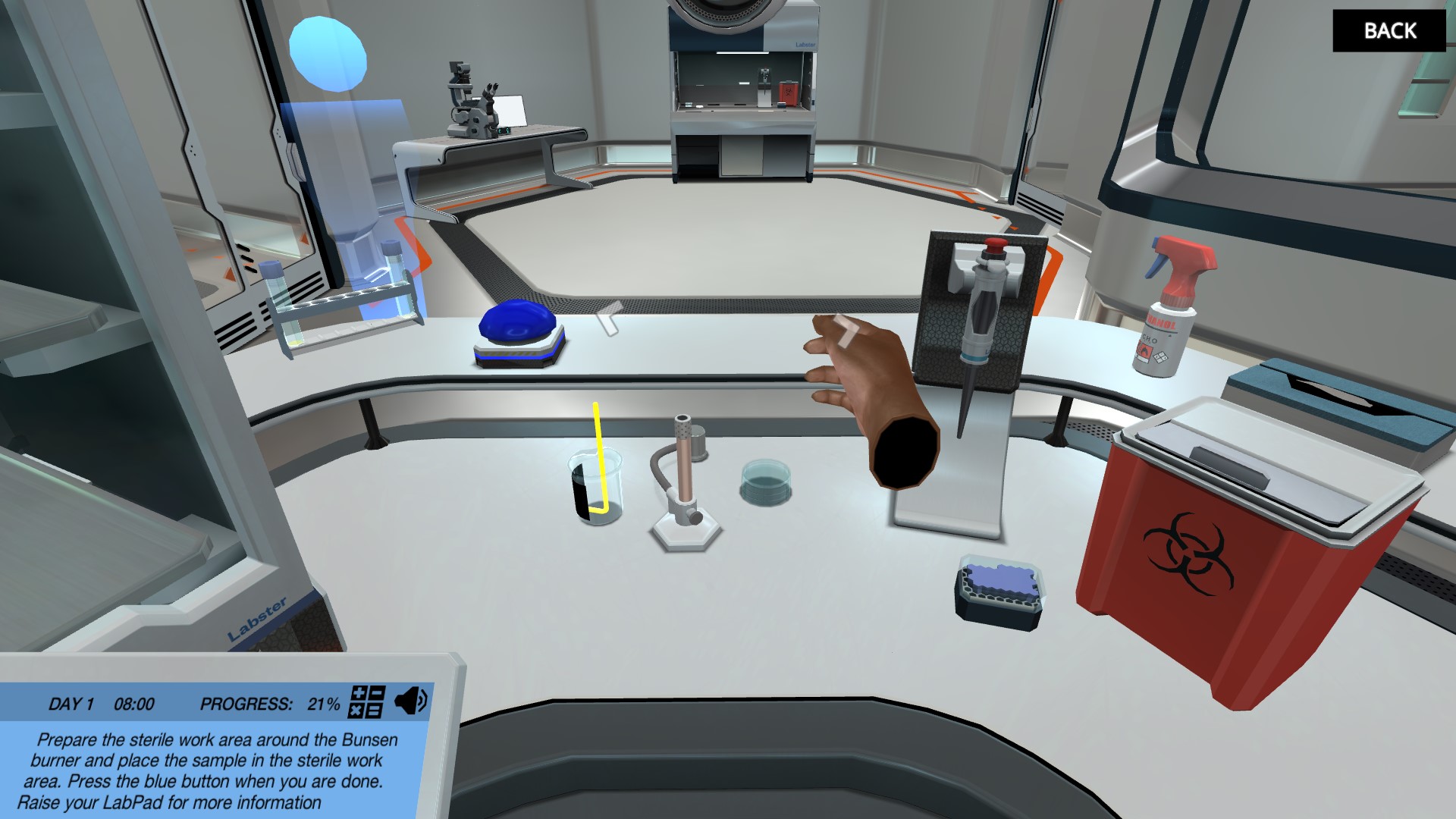
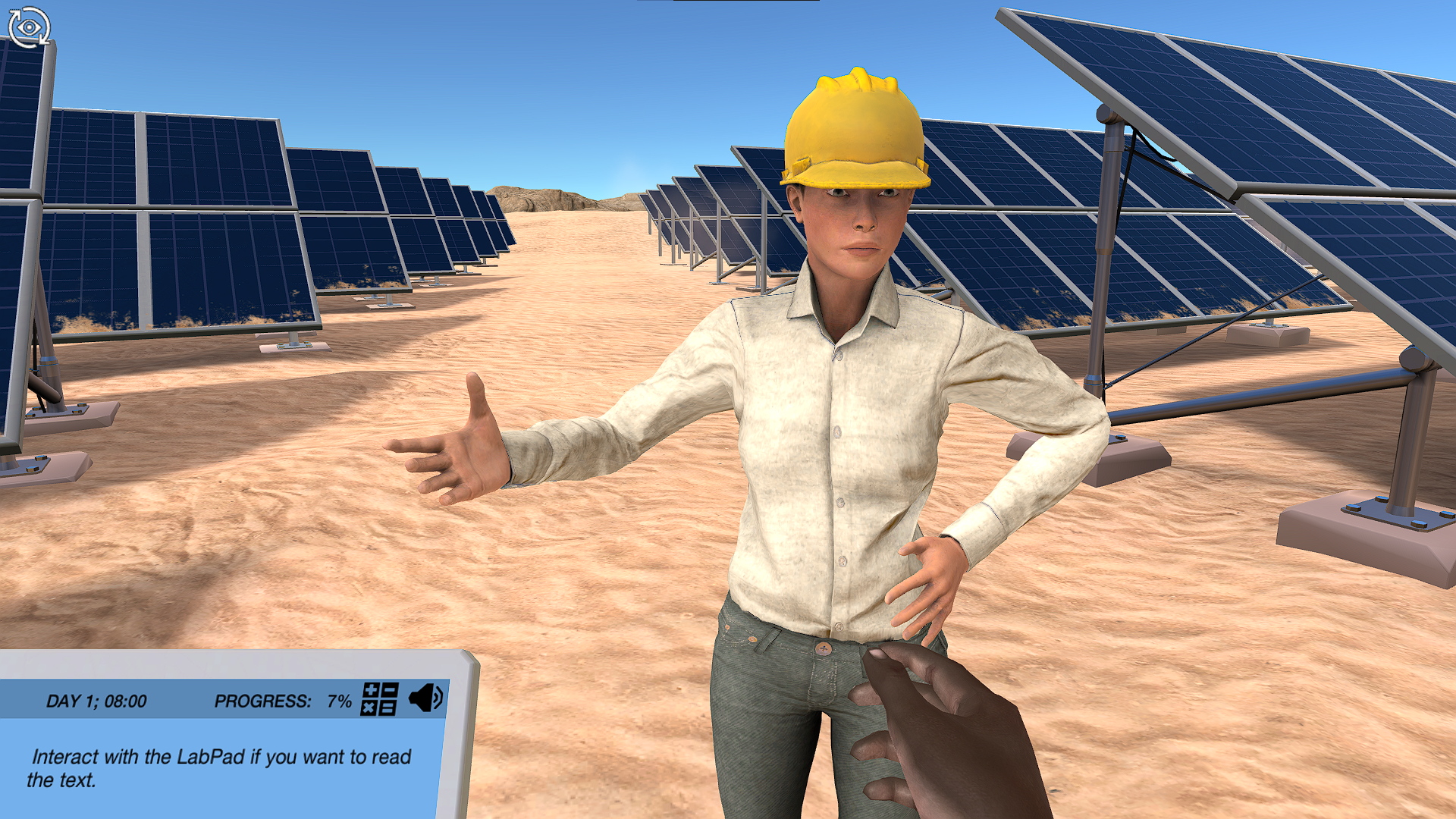

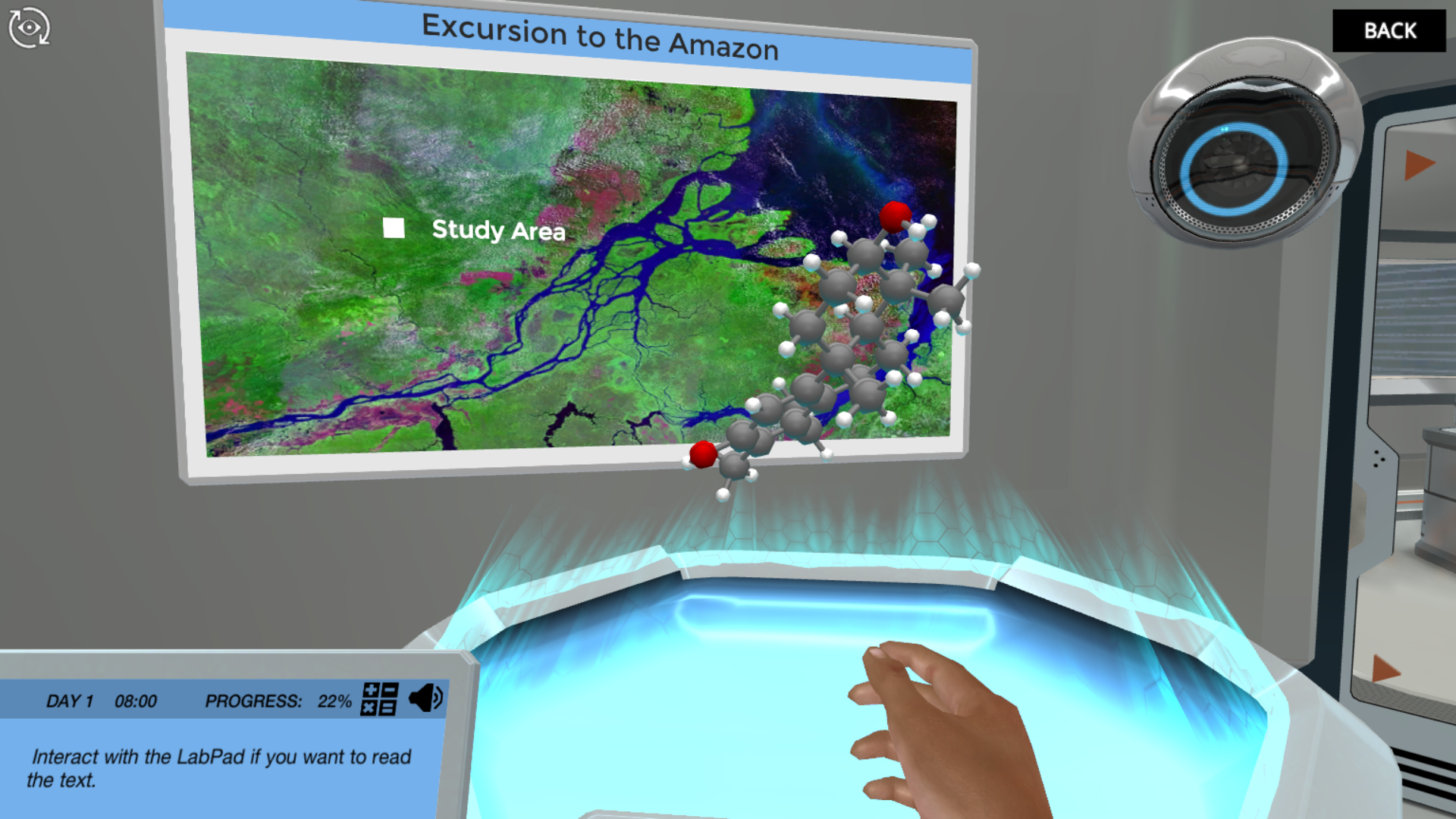
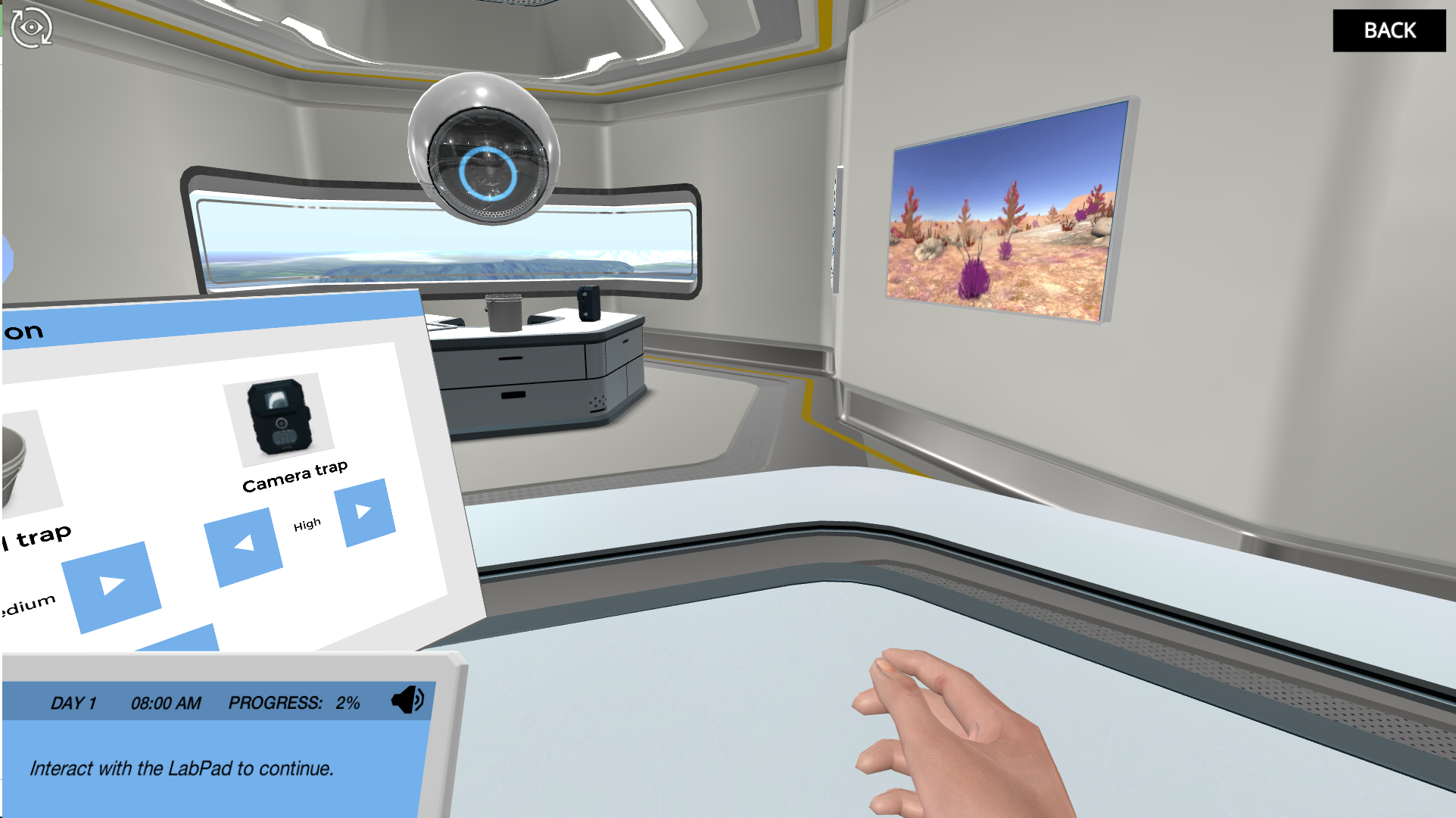
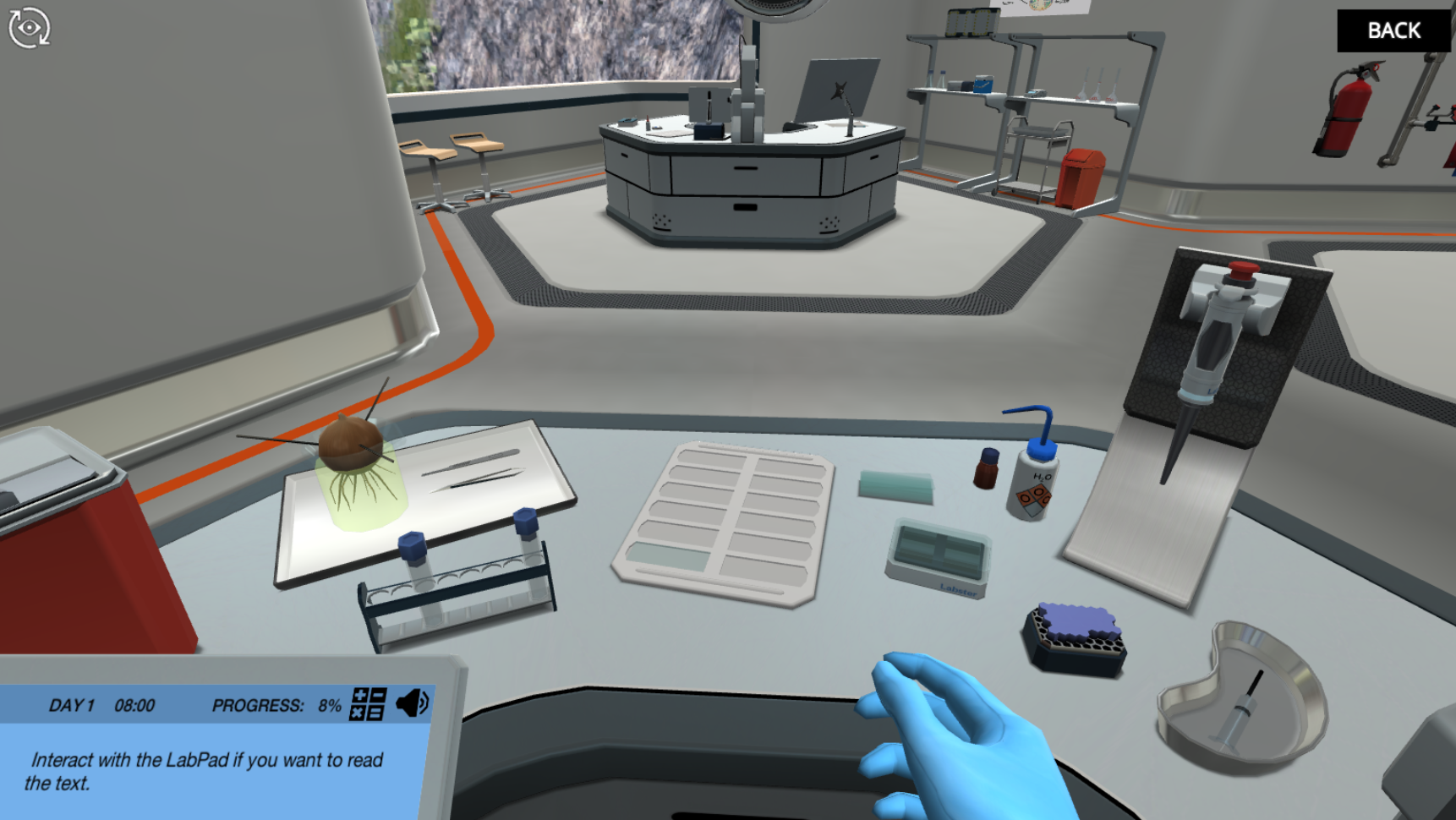
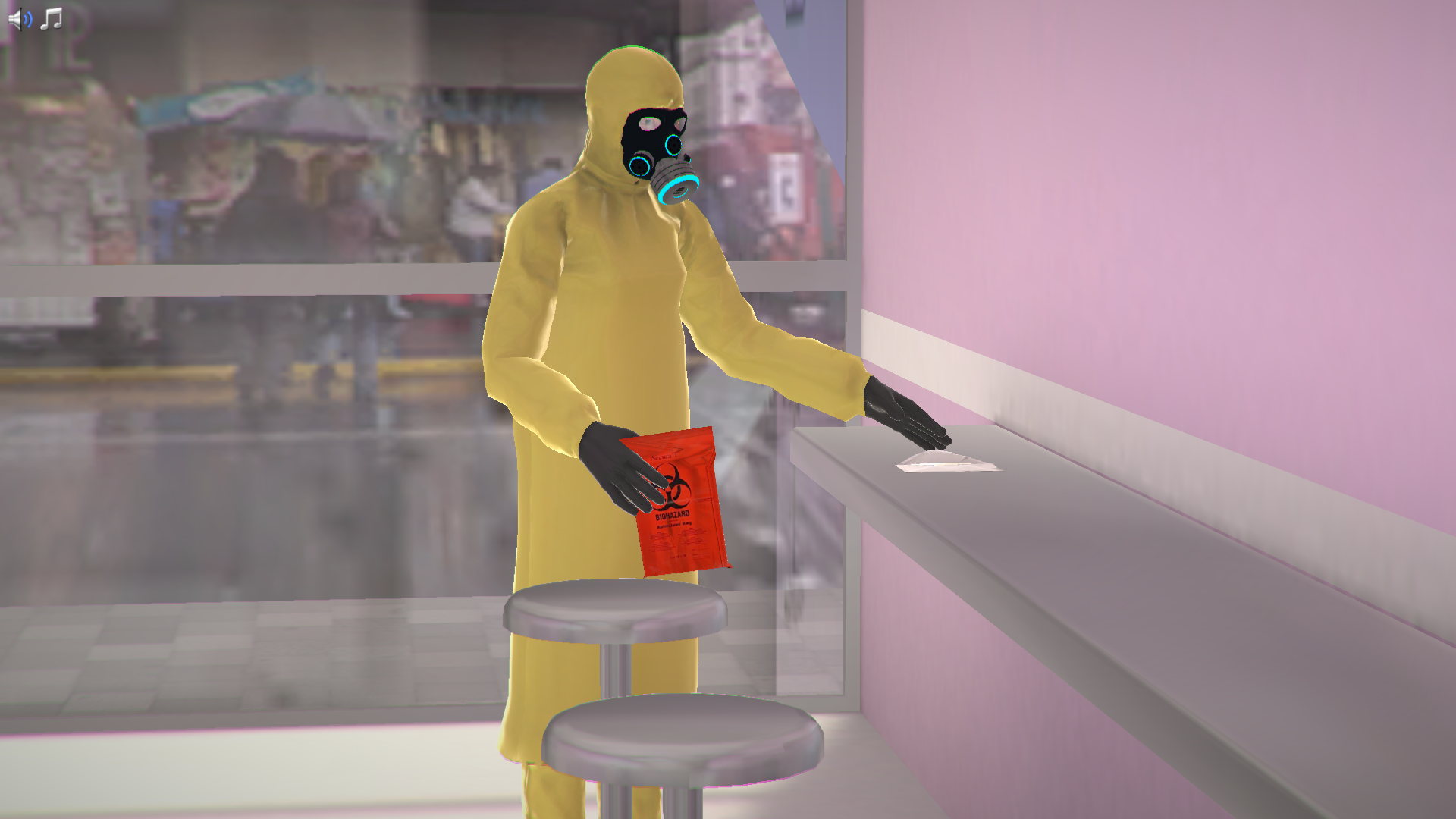
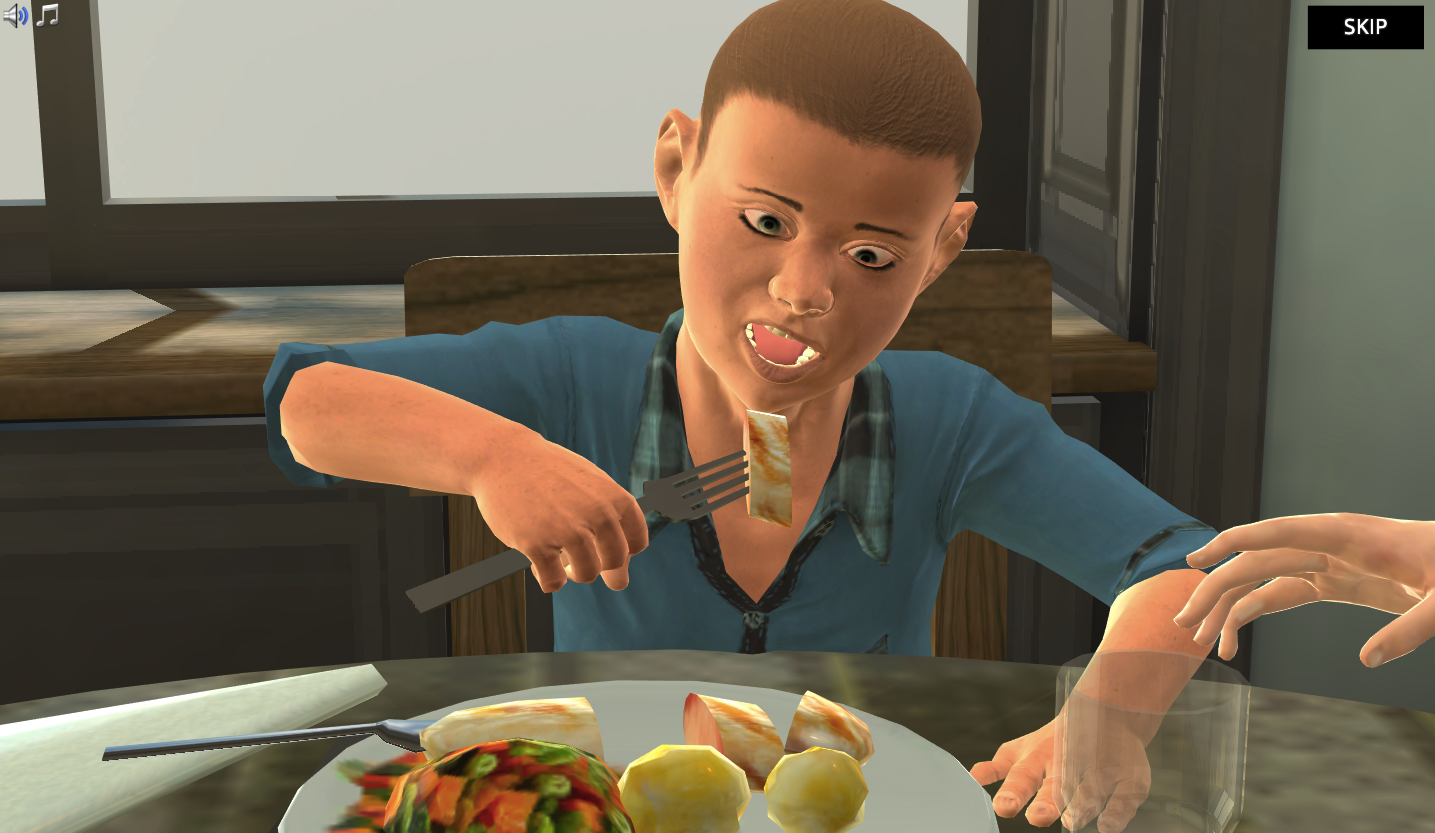
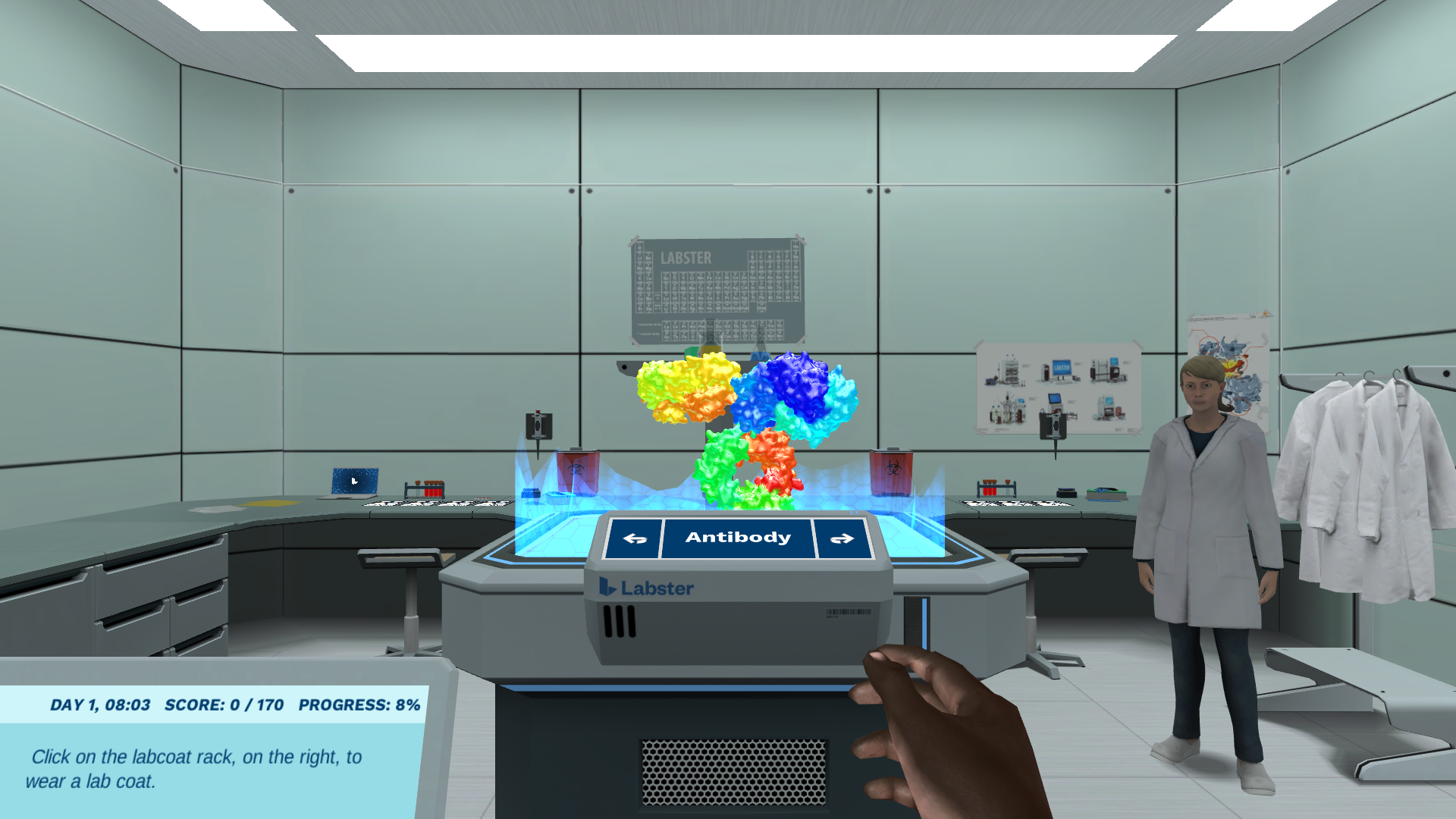
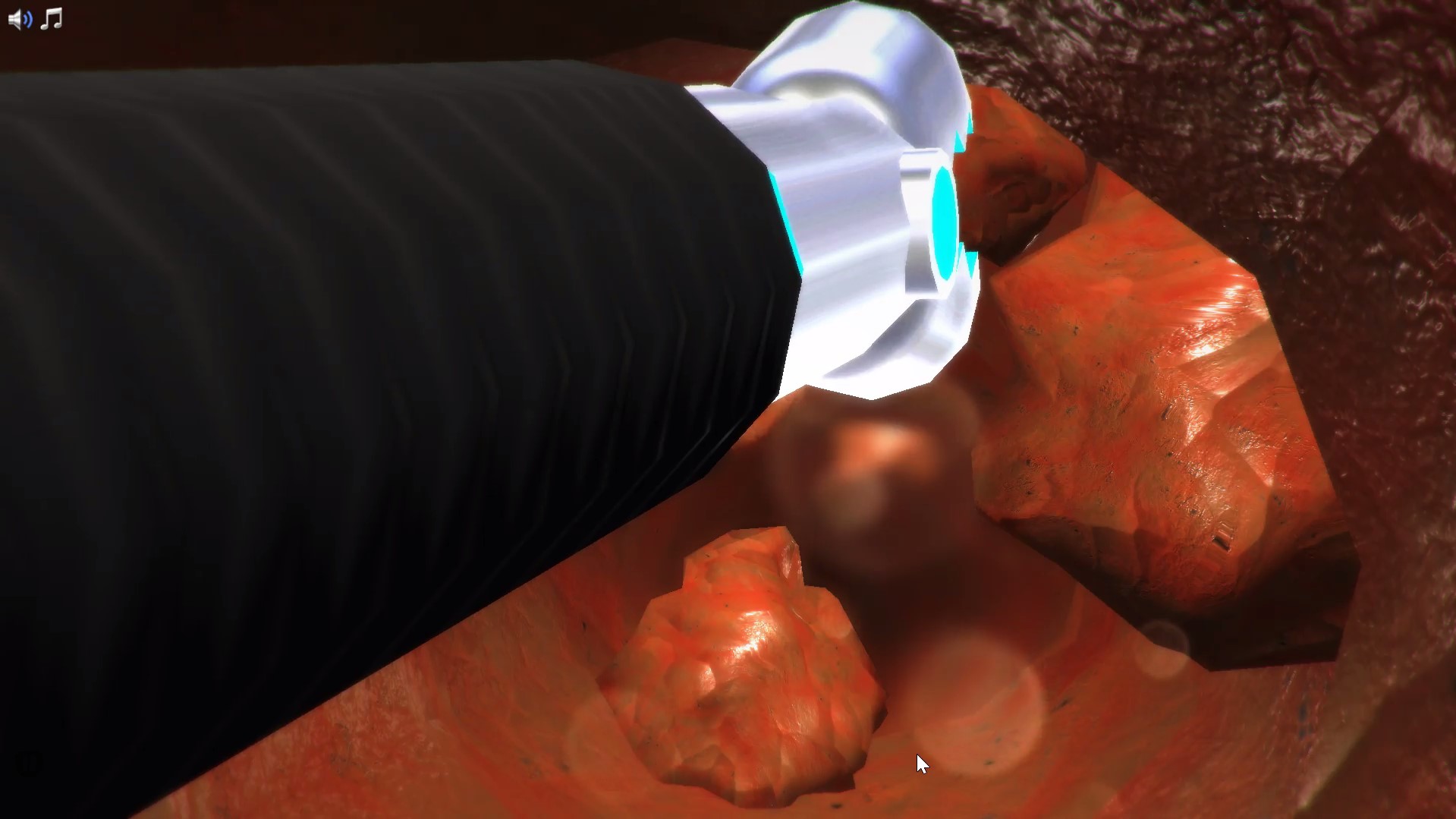
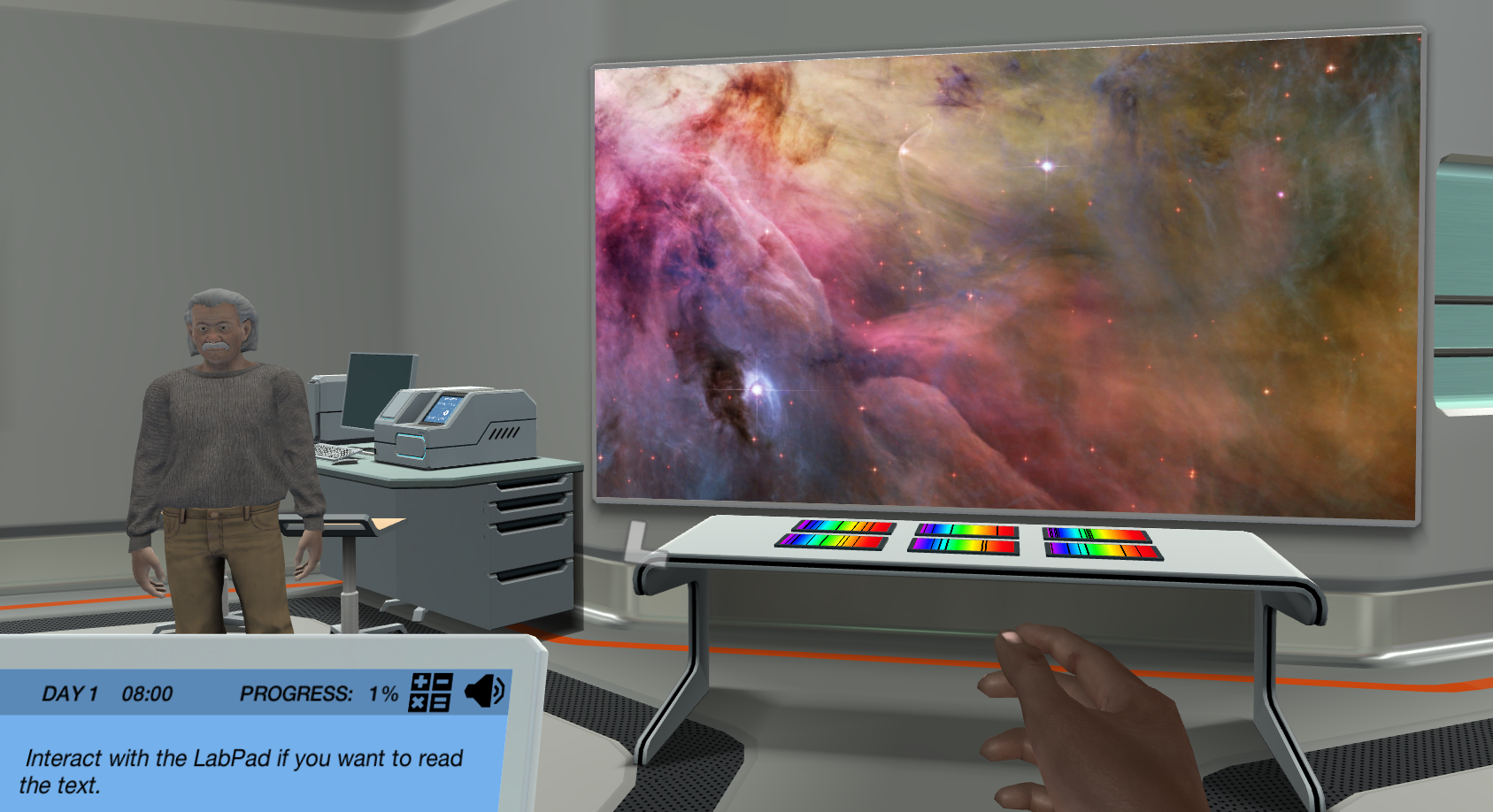
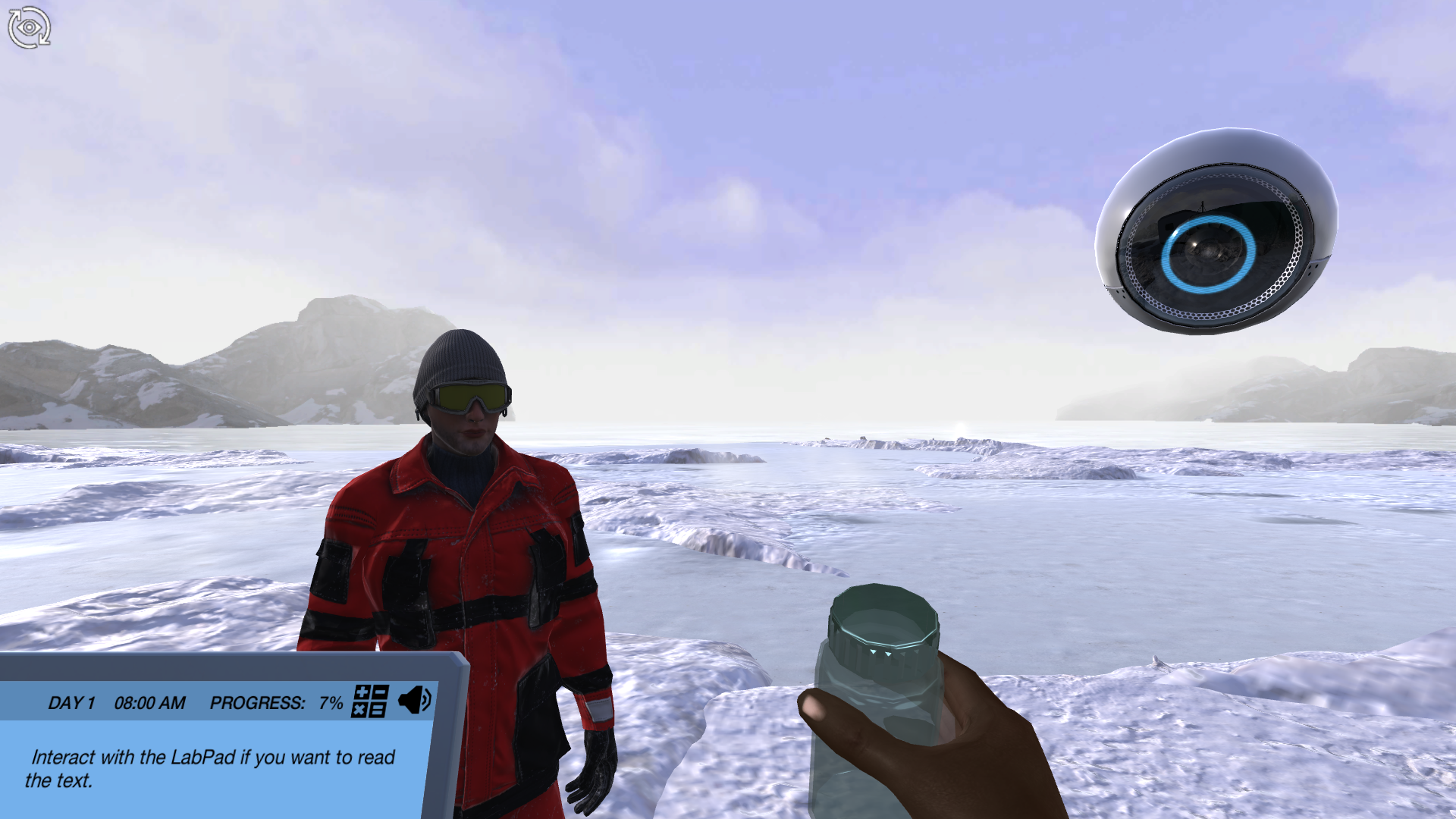
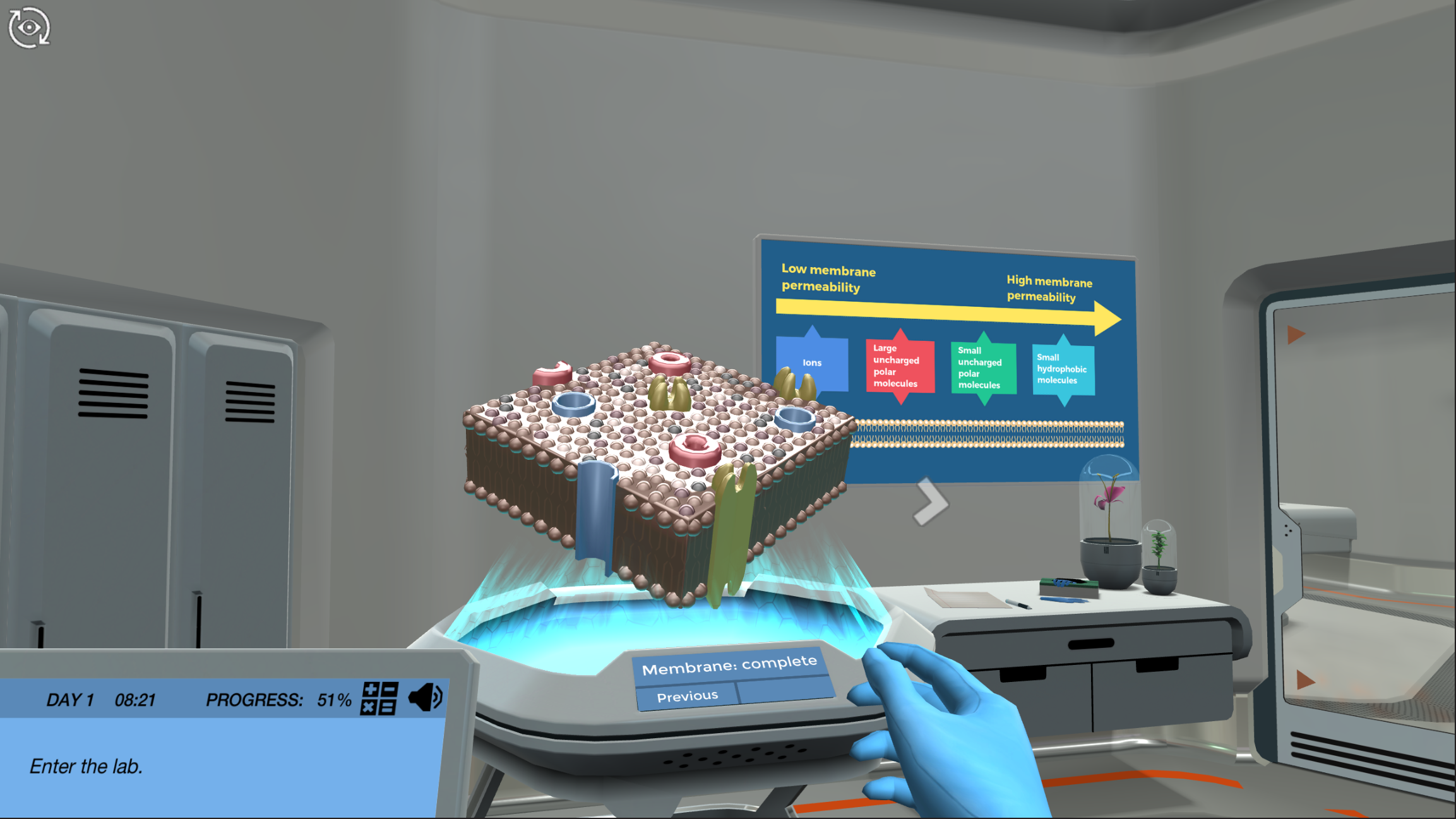
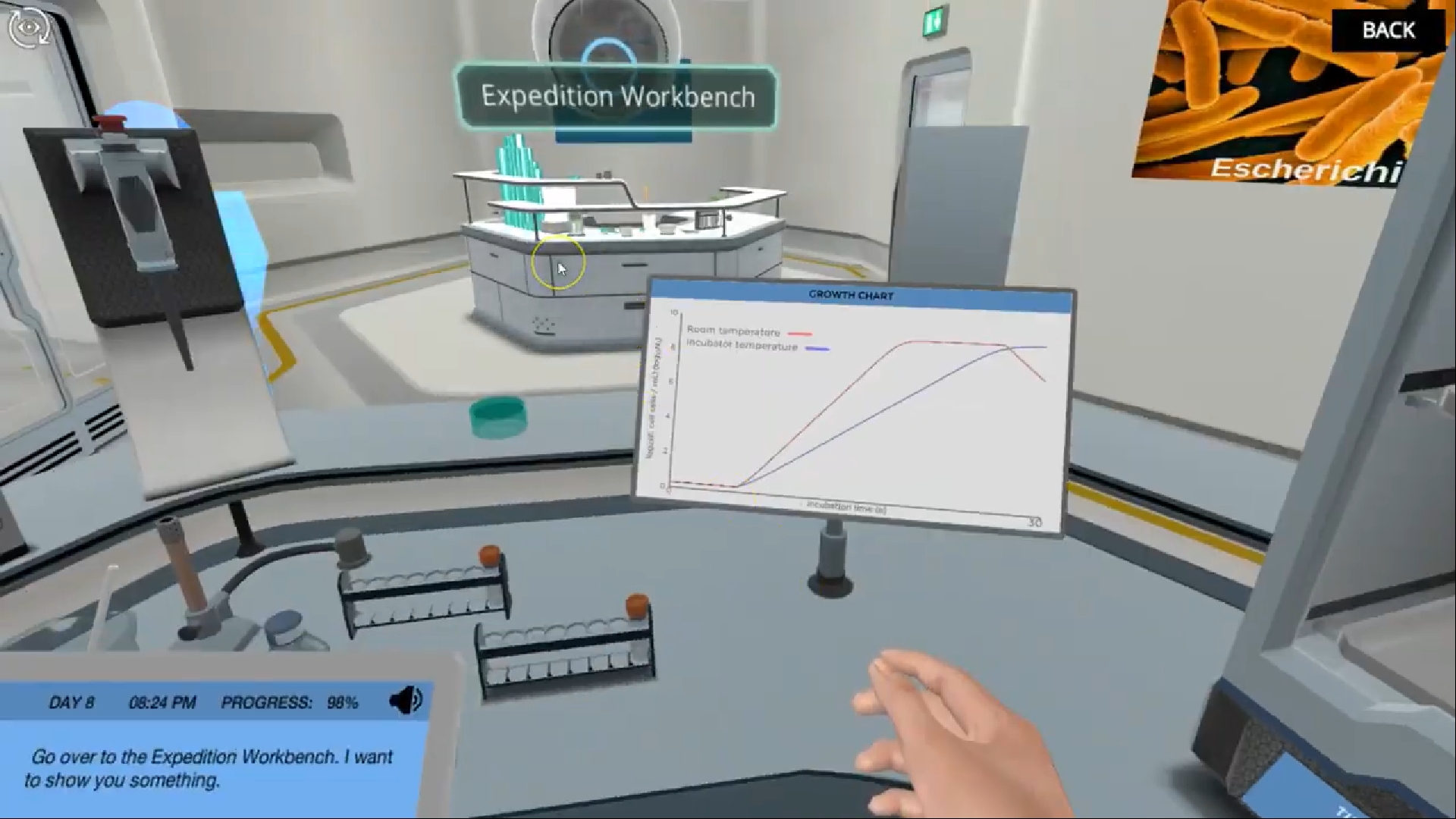
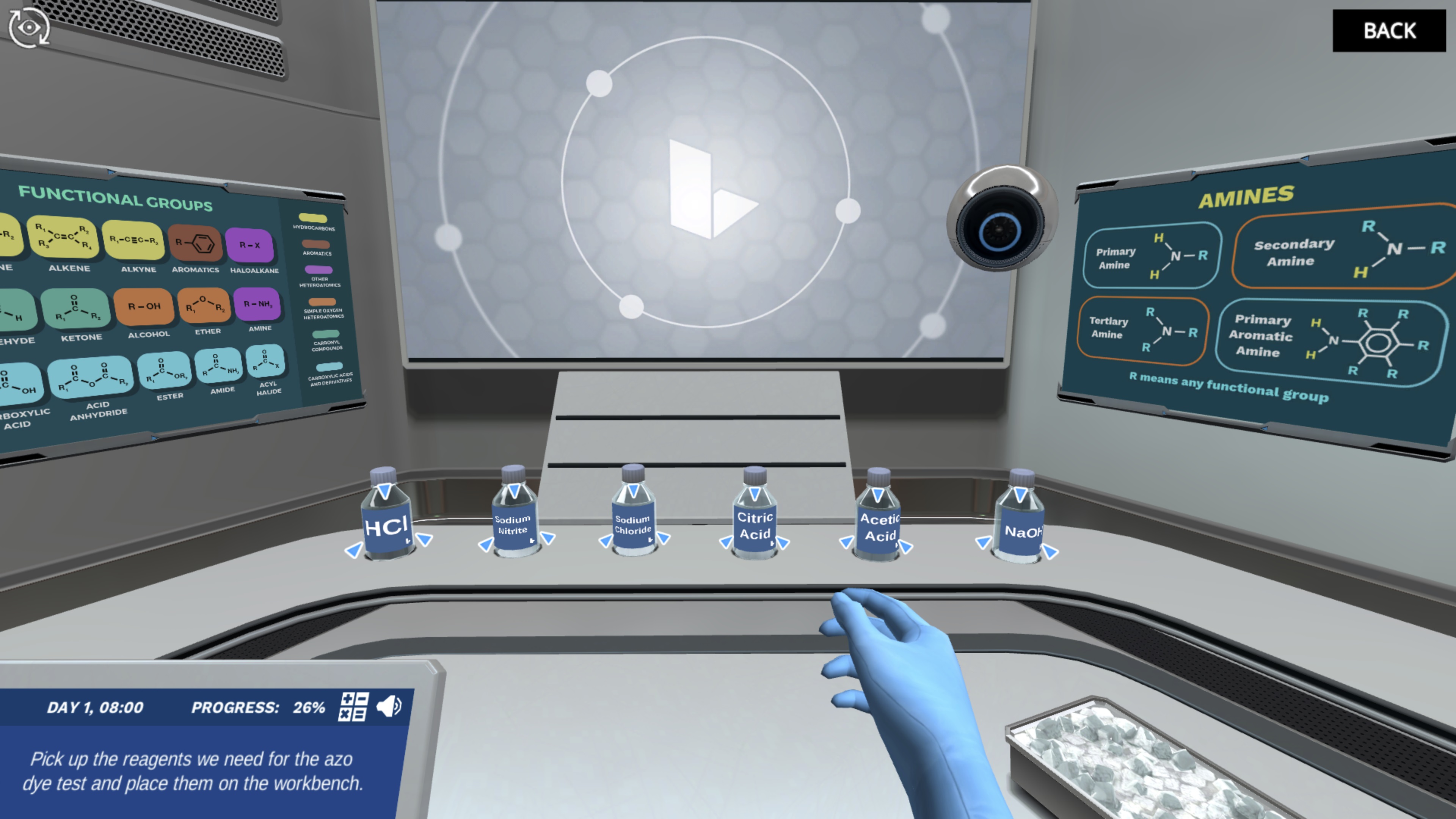
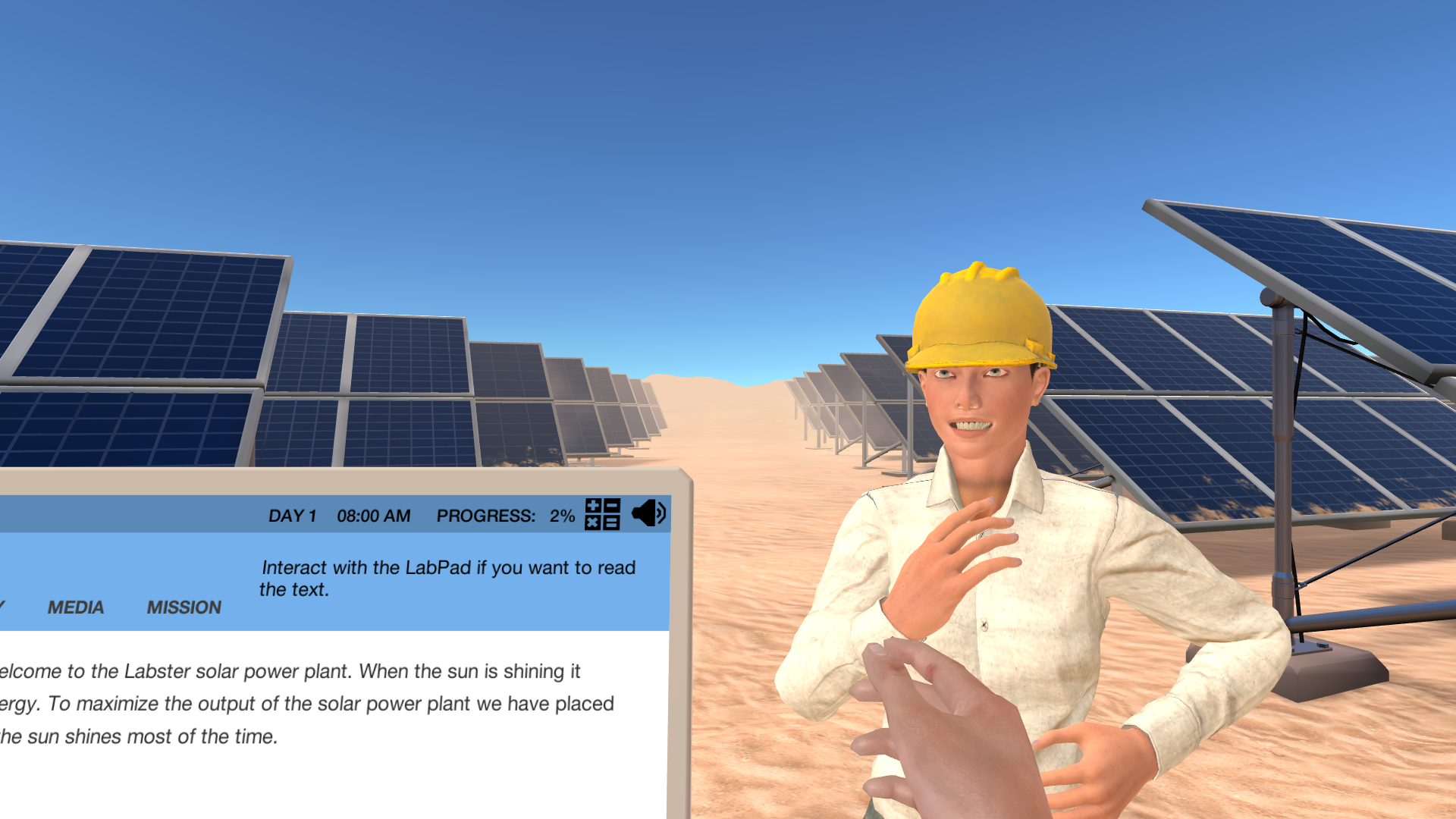
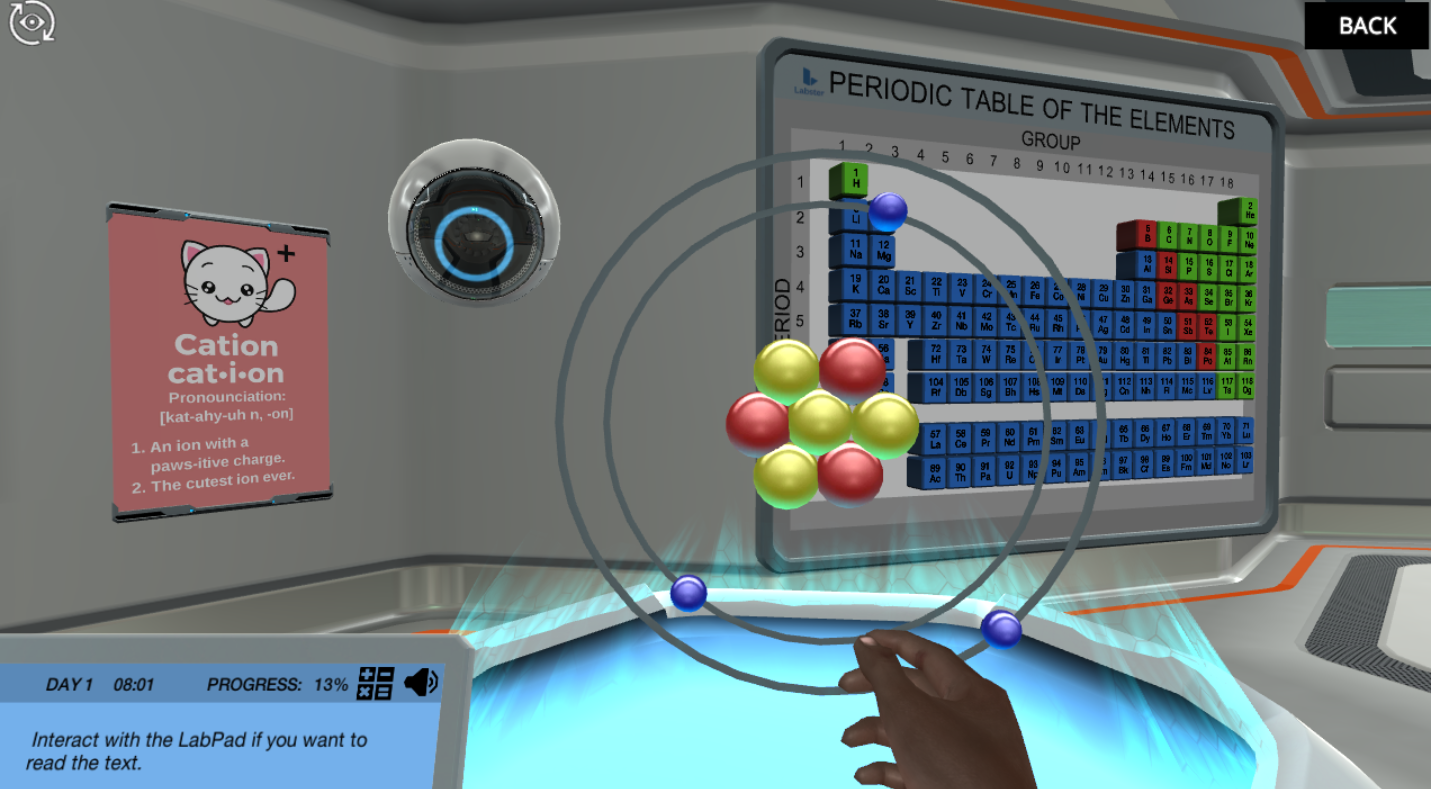
.png)
